Solar hybrid inverters are becoming increasingly popular in solar energy systems since the growing solar user base demands renewable power. Such inverters unite solar panels with battery storage units and grid electrical links for smooth power management.
These devices’ solar power storage capabilities enable users to cut their energy expenses by making their supply less dependent on the power grid.
Hybrid inverters combine the benefits of efficiency and flexibility, but they present issues such as increased expense and enhanced installation challenges.
A complete breakdown of the top benefits of hybrid inverters and drawbacks exists in this analysis to assist you in choosing the right energy solution.
A hybrid inverter system brings revolutionary changes to solar energy consumption in households and commercial facilities. The system, which combines solar panels with battery storage units while connected to the electricity grid, supplies an efficient, versatile energy solution. The following points demonstrate the essential advantages that come with using solar hybrid inverters.
1. Power Resiliency & Backup Supply
A hybrid inverter proves most beneficial because it functions as an immediate power backup system. The ability of these inverters to save energy in batteries enables continuous electricity access when regular grid-tied inverters cannot provide power.
Homeowners who reside in areas with unstable grid systems or intermittent power outages can obtain substantial power backup benefits from having a solar hybrid inverter.
Through the use of these inverters, users can optimise their electricity expenses because the units provide stored power during periods of peak rate charges.
Using an inverter that combines electric power with batteries decreases electricity use from the power grid during peak demand times, offering cost benefits and operational convenience.
2. Maximised Solar Utilisation & Efficiency
These inverters enable owners to maximise their solar power benefits through battery storage for excess energy that usually flows back to the power grid.
The operation of standard inverters causes electricity waste during times when battery backup is absent. Users who install hybrid inverters can utilise a larger portion of their self-produced electricity, which decreases their power bills significantly.
The inverters function effectively in power outages. A faultless power flow with improved energy independence results from this capability.
3. Seamless Battery Storage Solution
The flexible design of hybrid inverters allows clients to buy storage batteries to upgrade their systems later. The devices function without initial battery installation and allow users to add battery storage systems at a later stage when needed.
These inverters represent a forward-looking choice since they enable users to add batteries later without having to discard their existing units, which standard inverters do.
Hybrid inverters provide superb functionality for those developing solar power plants across different stages of expansion. Their funding allocation can remain flexible since they have the option to expand their equipment with market growth instead of making one large initial payment.
4. Smart Energy Management & Monitoring
The monitoring systems built into hybrid inverters enable users to observe their solar power output coupled with their energy usage statistics, battery status, and grid consumption data. Several inverter models provide real-time tracking features through mobile applications and web-based platforms.
The ability to control energy management lets users maximise system efficiency as well as minimise waste and achieve optimal system operation. Through smart energy management, users can improve their decision processes to make their consumption decisions more economically beneficial.
5. Reduces Electricity Bills & Improves ROI.
Hybrid inverters enable the storage of solar energy, which subsequently decreases the total consumption from the power grid. These inverters bring the most value to households that have time-of-use pricing plans because they can use stored energy during peak usage periods when rates are higher.
The utilisation of stored solar power can assist users in achieving lower electricity expenses when energy rates are higher.
Hybrid inverters cost more at purchase but create financial advantages that build up over time. Better return on investment (ROI) becomes achievable through both power bill savings and enhanced energy efficiency, which exceeds the price of the initial acquisition.
6. Reduced Dependence on Net Metering
The policies that govern net metering are transforming various regions, which causes a decline in the incentives of sending solar energy to the electrical grid. Using hybrid inverters allows users to accumulate unused solar energy reserves for their personal needs without yielding compensation to utility businesses.
The built-in feature of these inverters provides financial viability, which maintains energy independence during regulatory changes.
Disadvantages of a Solar Hybrid Inverter
Potential buyers need to consider the drawbacks because solar hybrid inverters provide various benefits. Here are the main drawbacks when using these inverters for solar energy systems, including:
1. High Initial Cost
The main drawback of investing in hybrid inverters is their high initial purchase cost. These inverters have elevated price points above standard grid-tied models because they include advanced features for battery compatibility. The implementation of battery storage will lead users to face higher expenses.
Customers must allocate money for batteries since they usually demand a significant financial commitment that additionally requires periodic replacements to maintain their system’s operational costs. The extended duration of the payback period for hybrid systems needs detailed financial preparation to achieve cost efficiency, since they exceed the timeline of standard solar inverter payments.
2. Not Ideal for Upgrading an Existing System
Moving from a grid-tied solar inverter to a hybrid system becomes both hard to implement and costly for individuals who already use these devices. The design specification of hybrid inverters fits battery storage systems, which require a total exchange of existing inverter equipment together with new installation components.
Upgrading from a regular inverter to hybrid equipment creates challenges because the process is difficult to execute properly. Users who already possess effective solar systems face a dilemma regarding these inverter purchases because the extra expense becomes unreasonable when battery storage is not essential.
3. Increased Equipment & Installation Expenses
A hybrid inverter needs batteries combined with sophisticated monitoring systems that drive up its overall equipment price. These inverters have installation processes that prove to be more complicated than traditional inverter setups. The setup demands qualified technicians; otherwise, costs will increase.
The installation expenses rise because hybrid inverters need customised wiring, together with specific changes to automotive electrical systems.
4. Limited Power Output for Large-Scale Applications
Multiple hybrid inverter designs serve the electrical needs of residential homes and small commercial buildings. These inverters fail to meet the requirements of properties that need large amounts of energy for industrial or commercial purposes.
The power limitations of hybrid inverters and reduced storage capacity make them unfit for applications demanding large-scale power storage systems by businesses. Large-scale solar power clients face two options: either install numerous hybrid inverters or move toward different renewable energy options at elevated prices.
5. Requires Regular Maintenance & Repairs
Hybrid inverters contain additional components when compared to standard models, which require an increased frequency of maintenance tasks. The maintenance of batteries requires periodic inspection, and they need replacement every few years, thereby increasing the long-term expenses.
Hybrid inverter system repairs become expensive when the malfunction occurs because skilled technicians are needed to maintain them. The power system loses energy supply when there is a malfunction with either the inverter or battery units, so maintaining these units becomes critical to keep operations stable.
6. High Noise Levels in Some Models
Hybrid inverter operation produces detectable sounds primarily under two conditions: periods of heavy power usage and battery charging periods. Numerous residential neighbourhoods need quiet operation from devices, so this approach might not work for them.
Users need to check the noise levels among different hybrid inverter models since this will influence their selection for home applications.
Should You Buy a Solar Hybrid Inverter?
Users who deal with regular power outages can profit from purchasing a solar hybrid inverter to access a dependable backup power supply. The device suits users who intend to optimise their solar energy consumption without depending on net metering options.
The hybrid inverter provides a long-term solution because it lets you upgrade to battery storage without disposing of your current system.
This inverter lacks advantages when your power grid operates well because it requires a major replacement for basic system improvements. Budget-oriented users should consider that the high starting price makes the inverter inaccessible.
Most hybrid inverters have limited capabilities when it comes to handling excessive energy requirements, which could necessitate installing a more specialized system.
Your energy requirements, alongside your financial constraints and solar planning objectives, must match a hybrid inverter system for it to be the right option.
Conclusion: Is a Hybrid Inverter Worth It?
The hybrid inverter system gives users independence from the grid and reduces energy expenditure while optimising solar power generation. You should invest in hybrid inverters because they require an initial payment; however, proper financial planning will ultimately lead to long-term value.
Through these benefits, the hybrid inverter system establishes future-proof homes that depend less on grid energy and offer backup support for optimal solar power efficiency.
The hybrid inverter system fails to suit every situation. You should consider this solution when needing power backup, flexibility in energy control, and storage capabilities. Team up the advantages and disadvantages to determine if the solution aligns with your power requirements and financial capacity.
Also Read: 10 Best Solar Hybrid Inverter Manufacturers in India

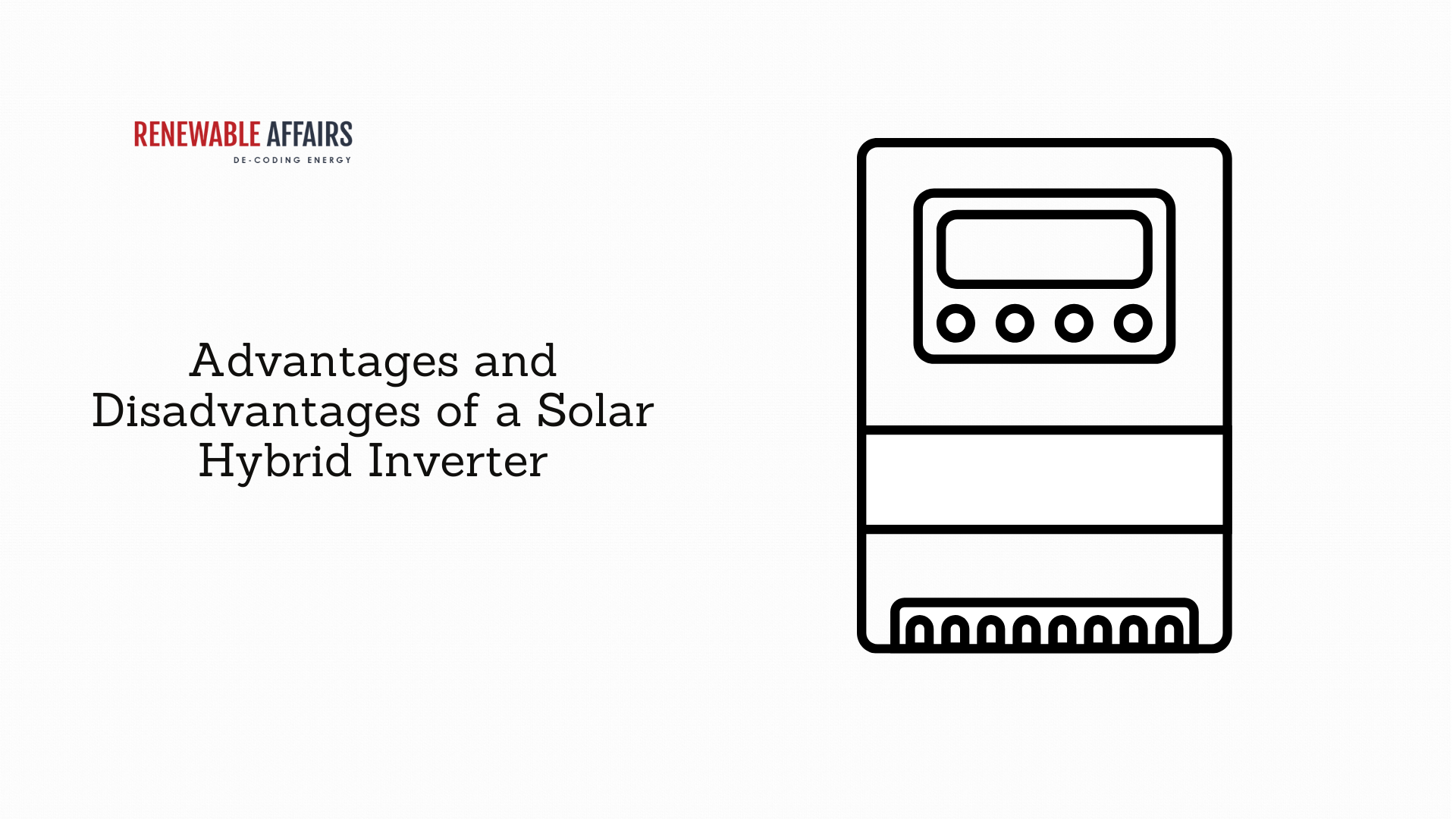


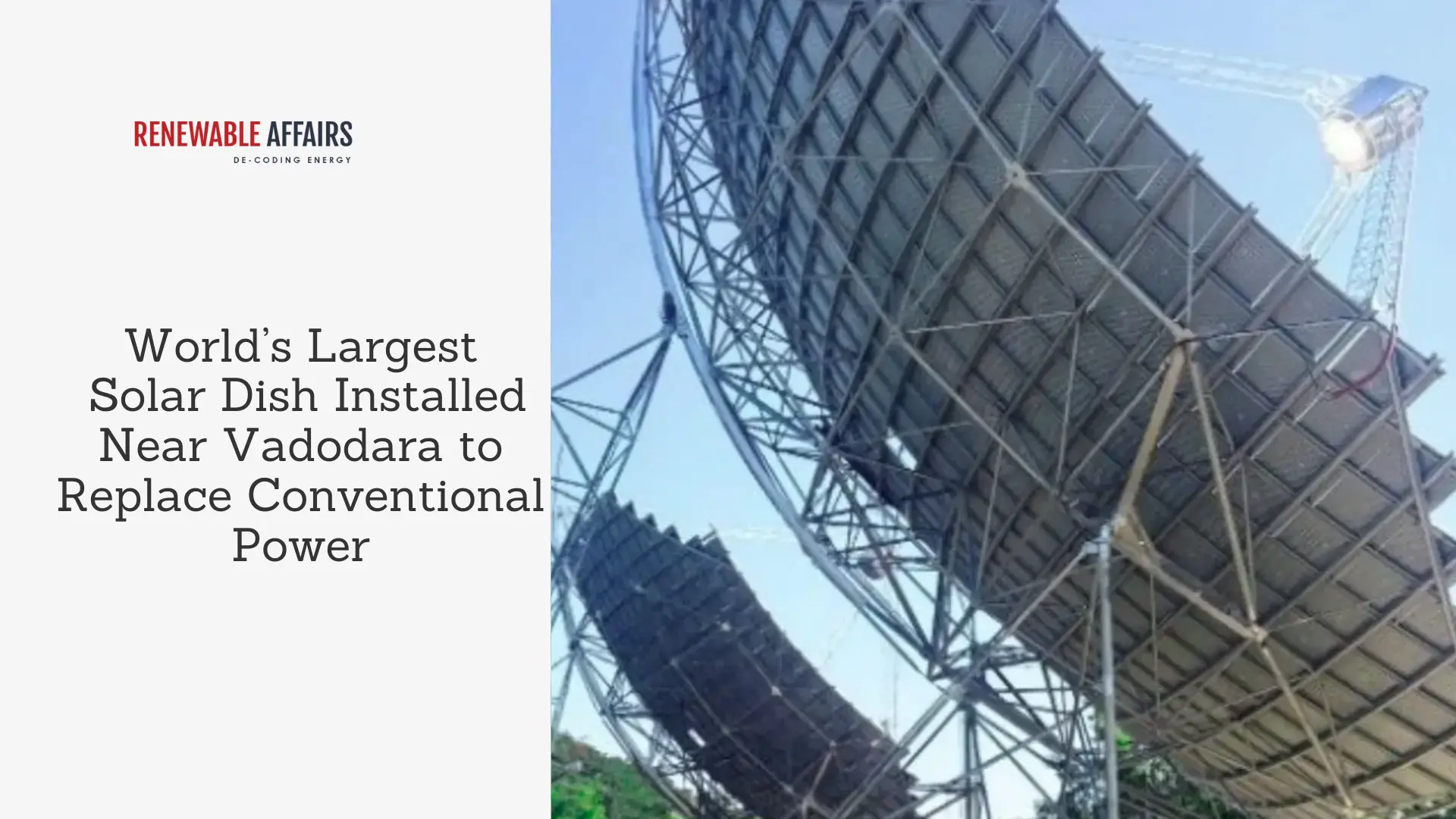

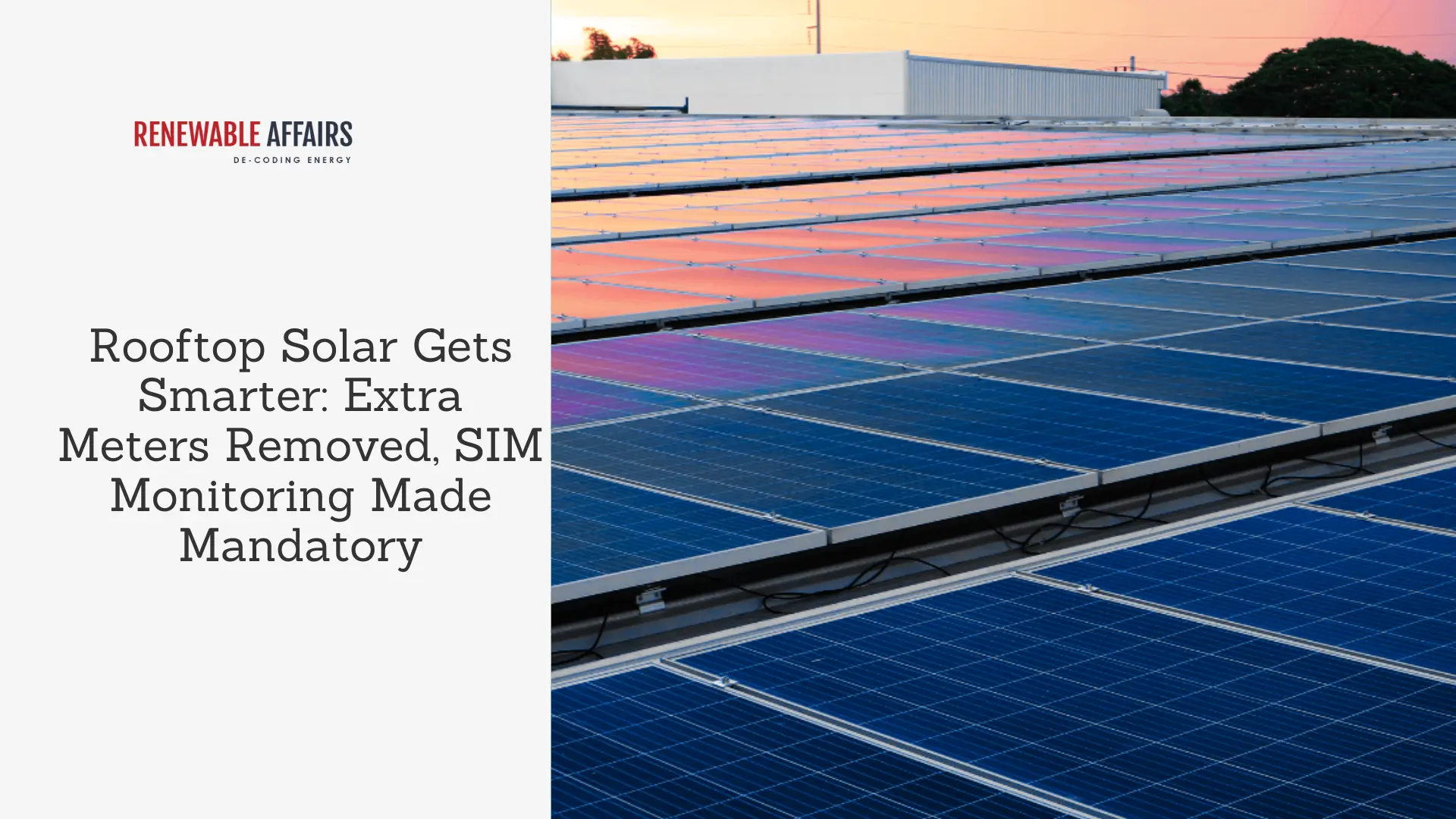
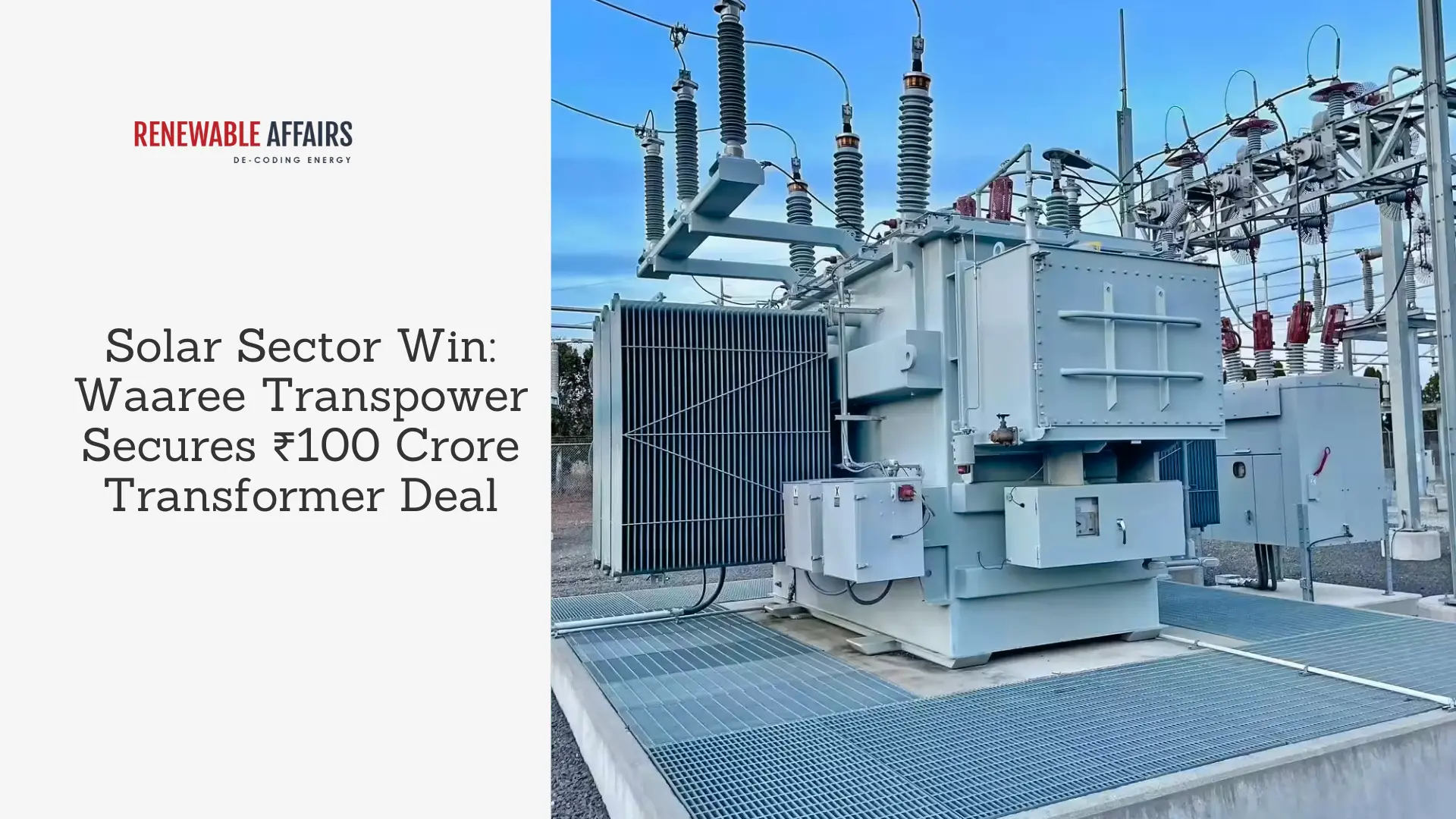
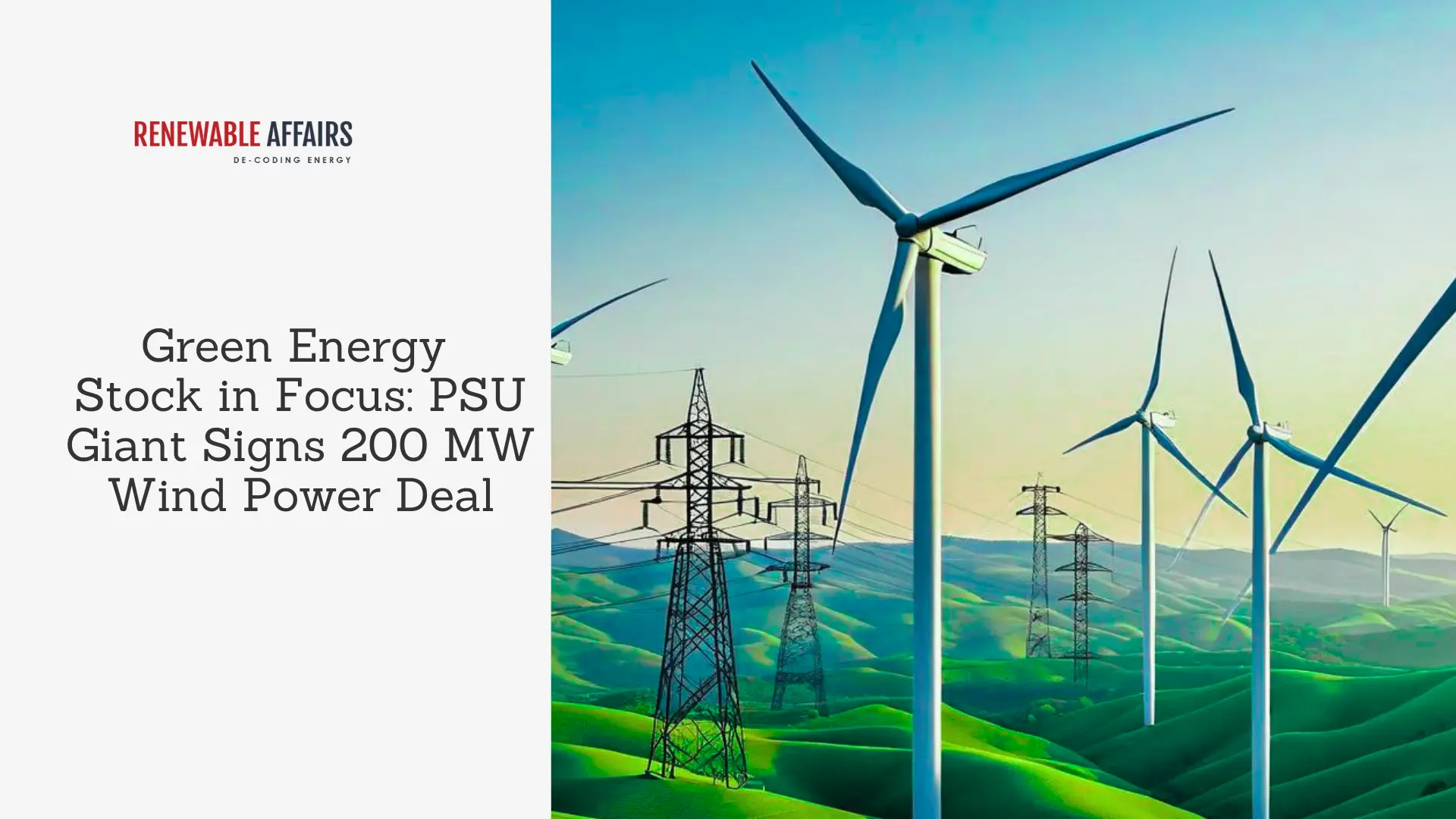
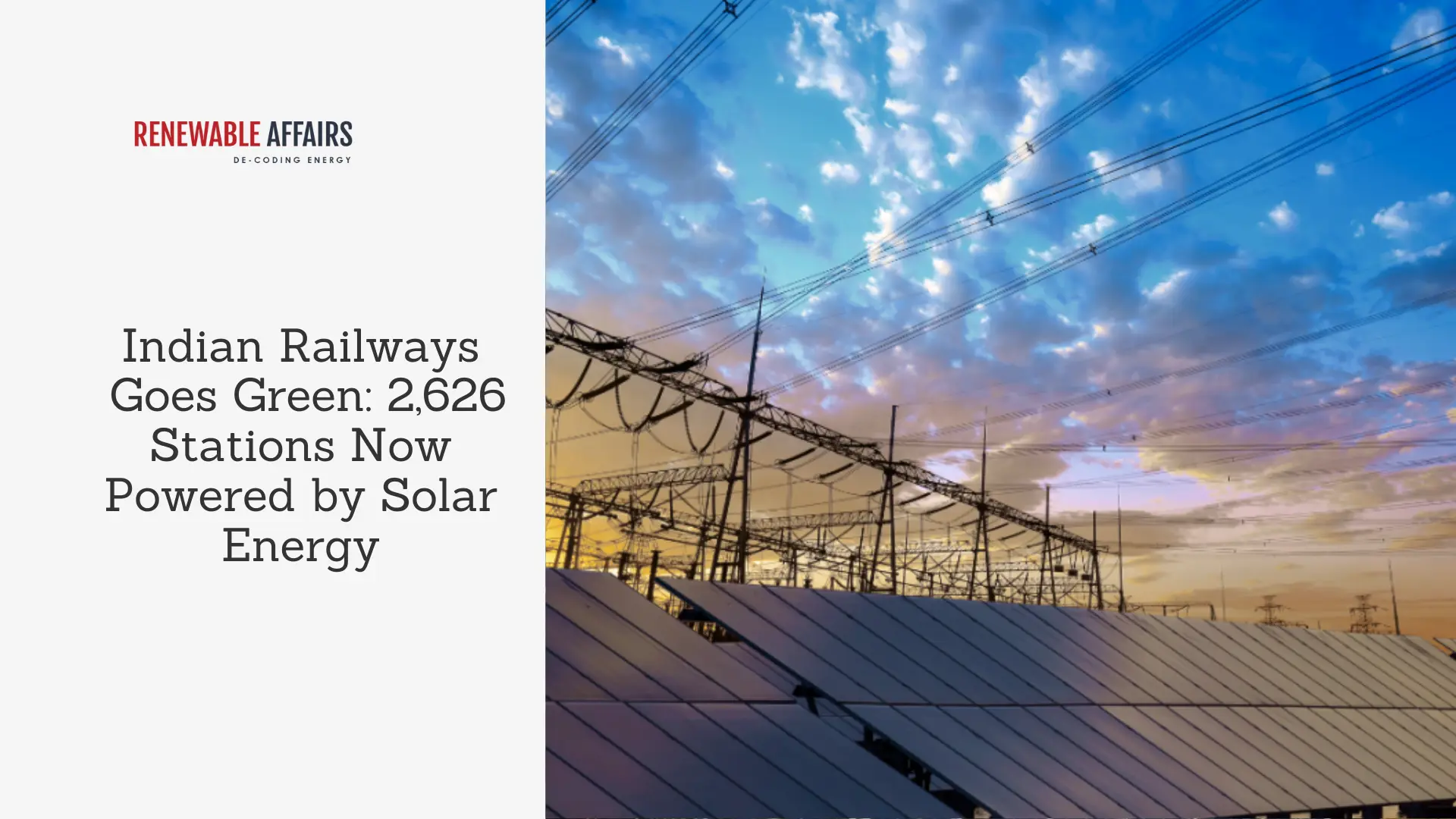
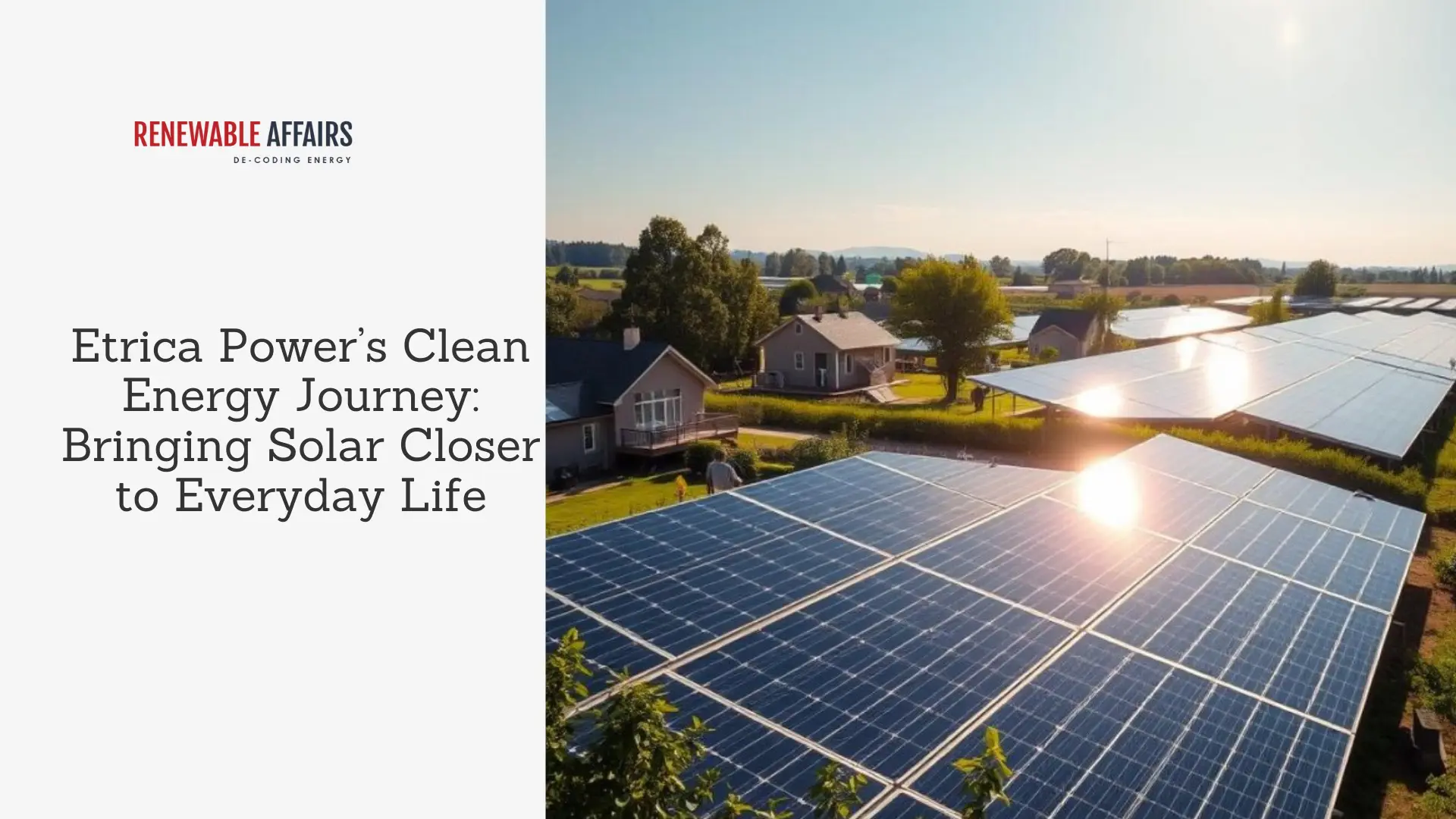
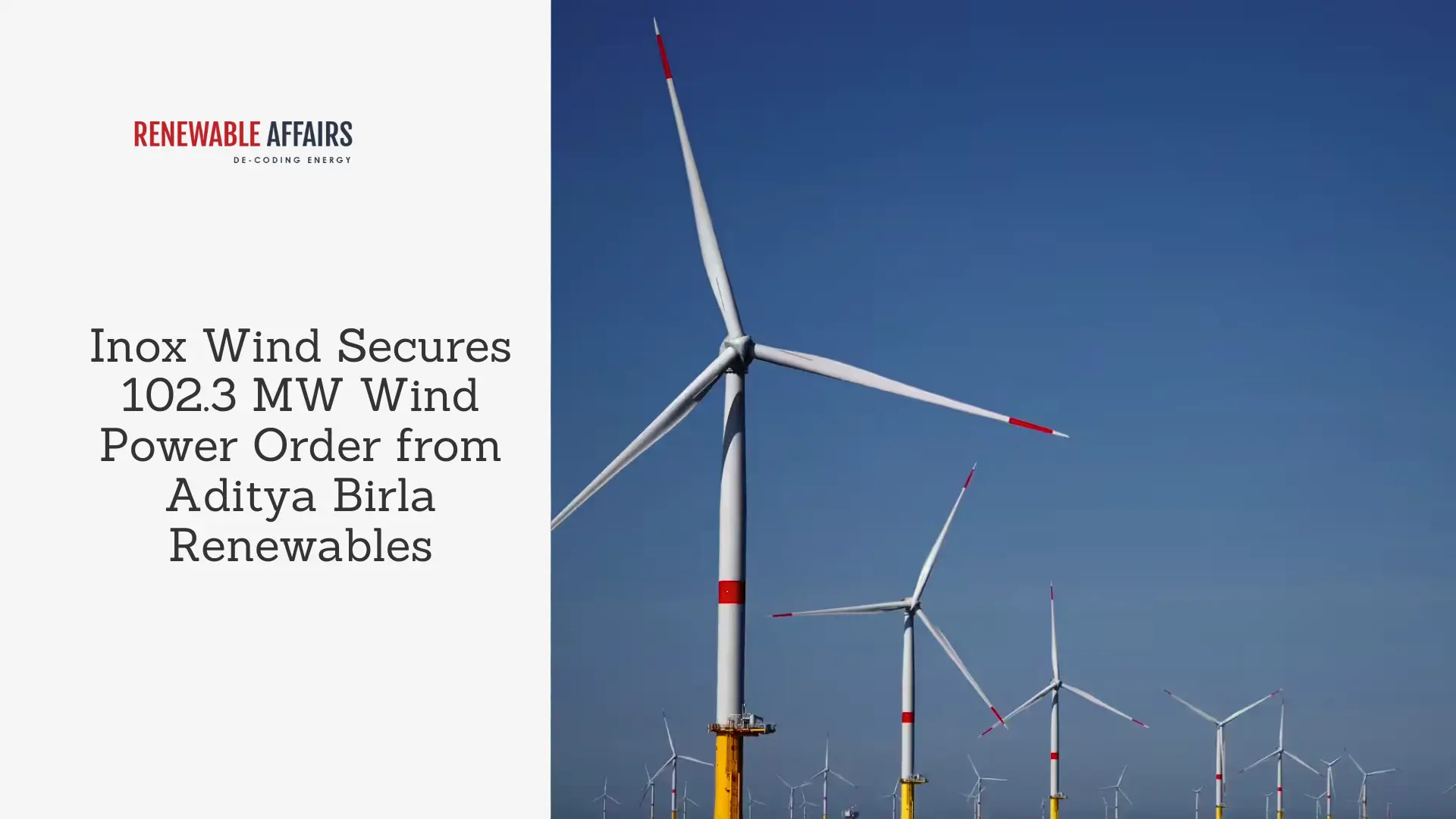

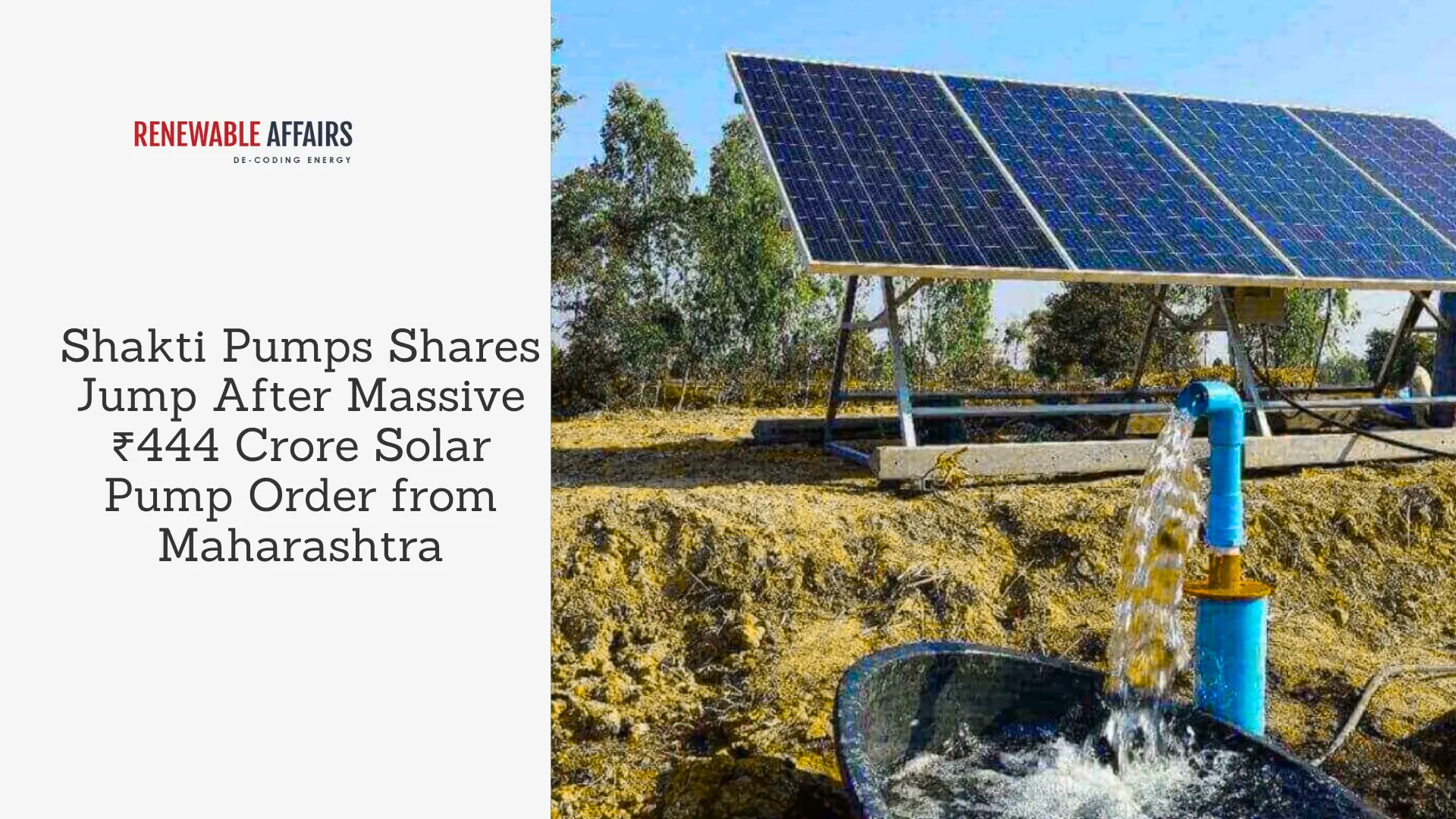

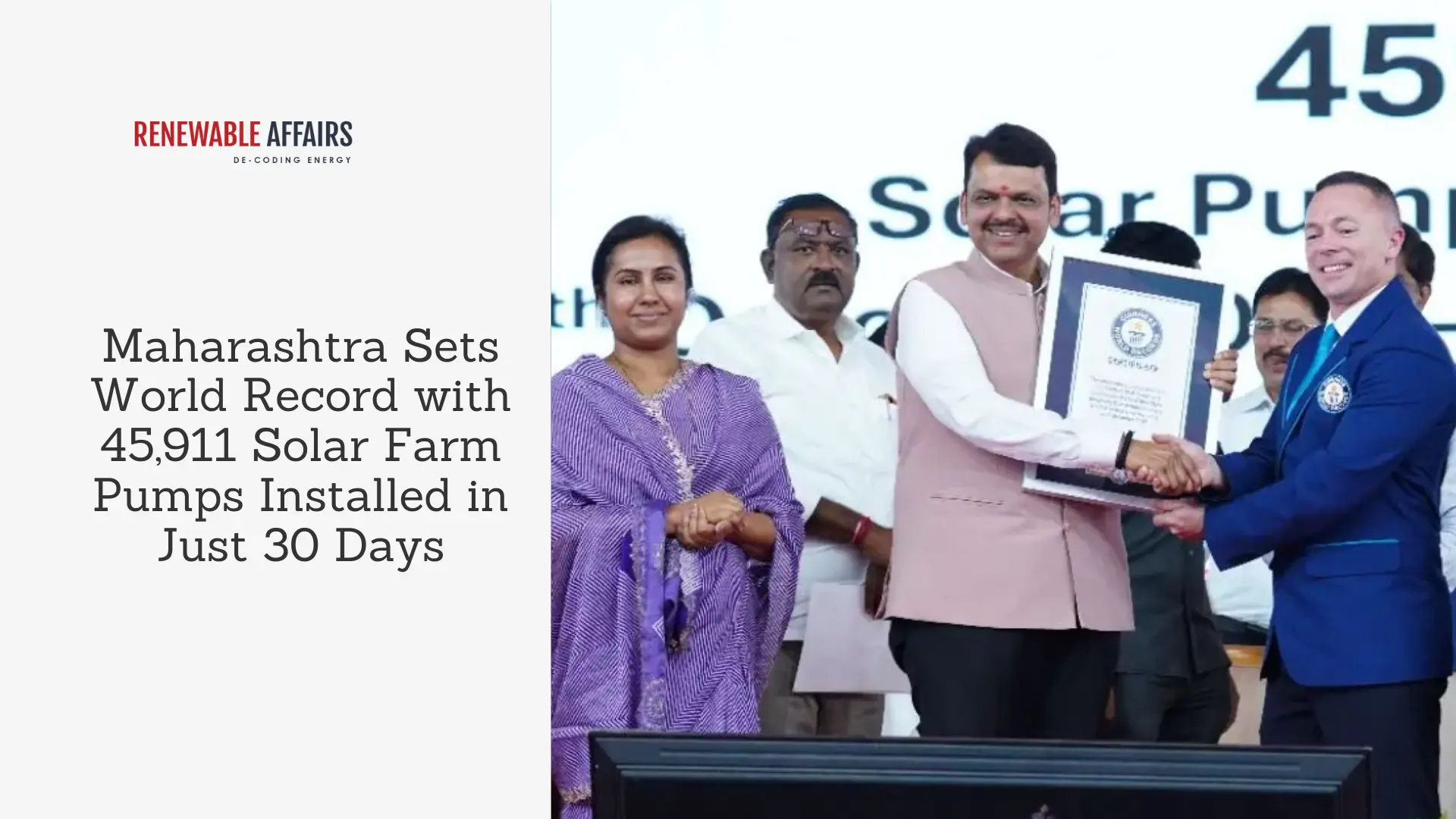

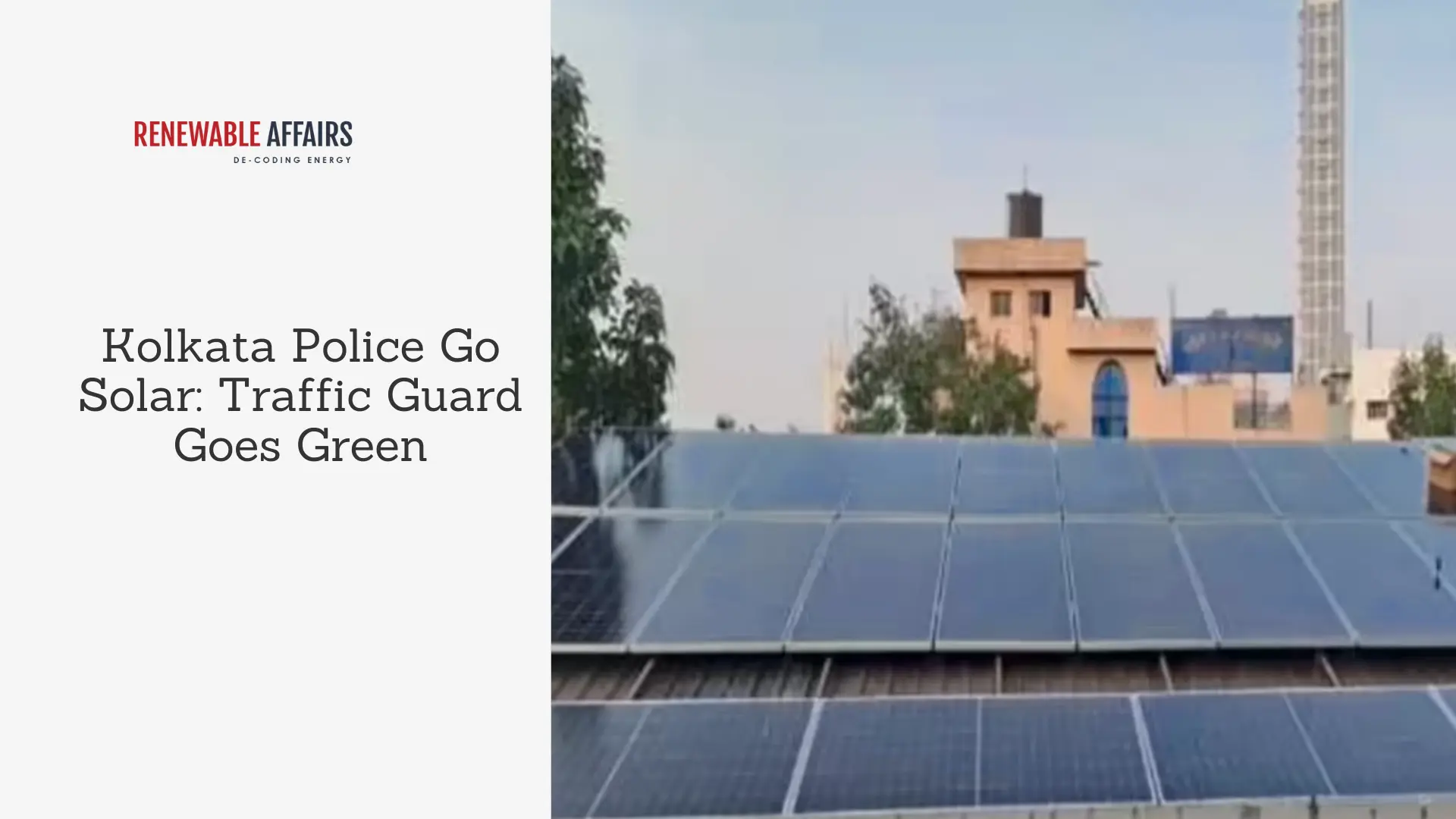
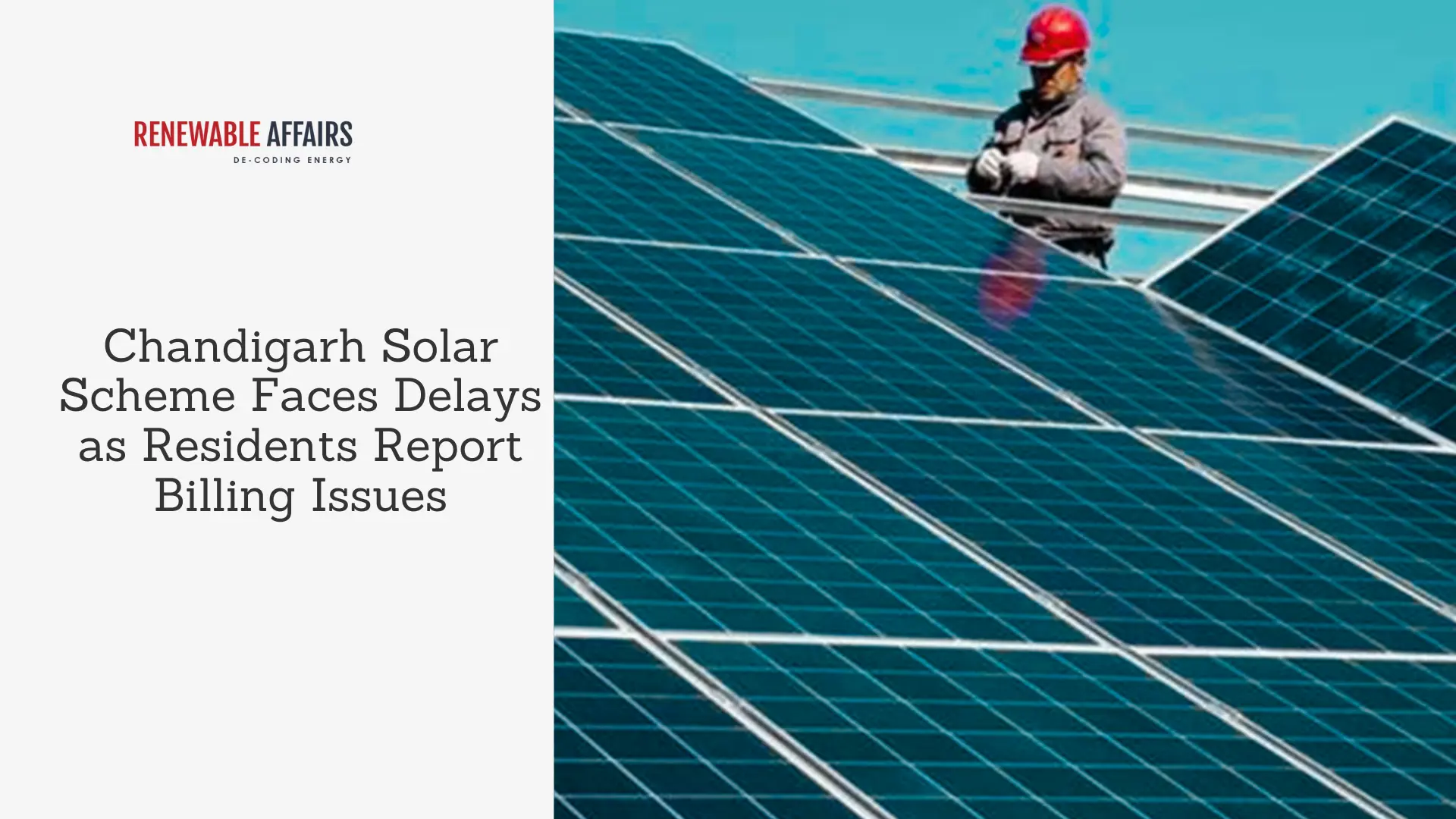

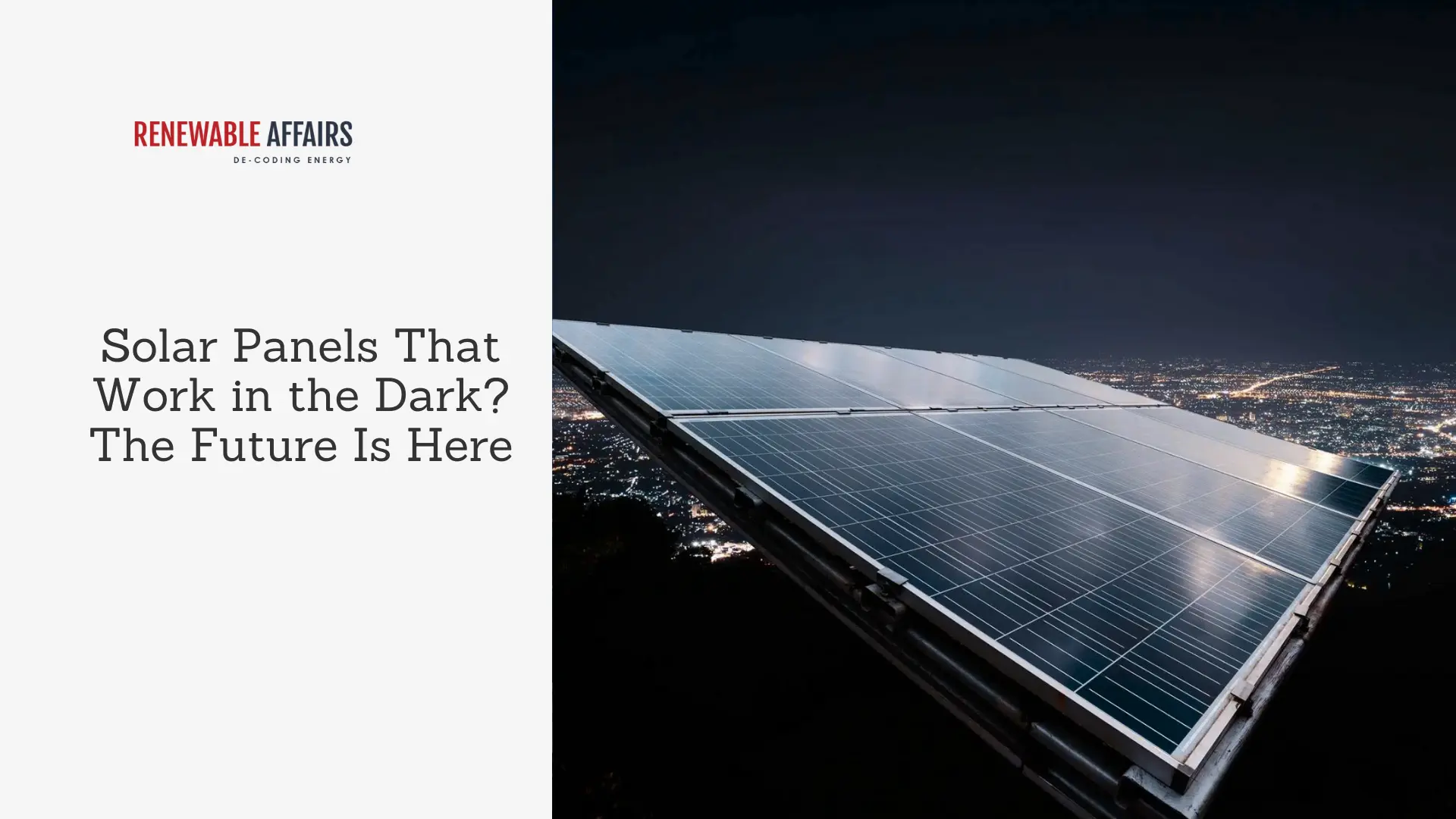
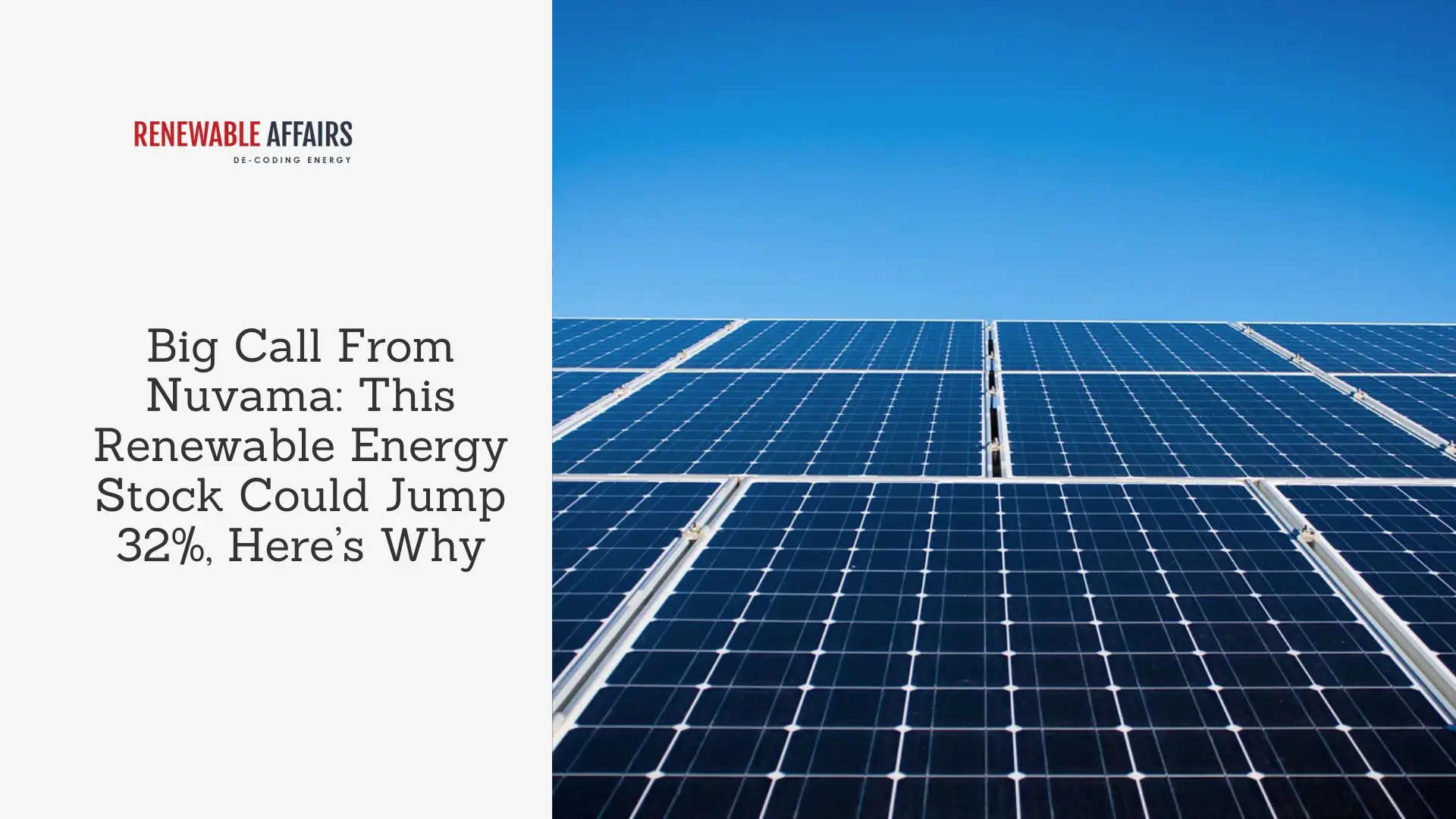
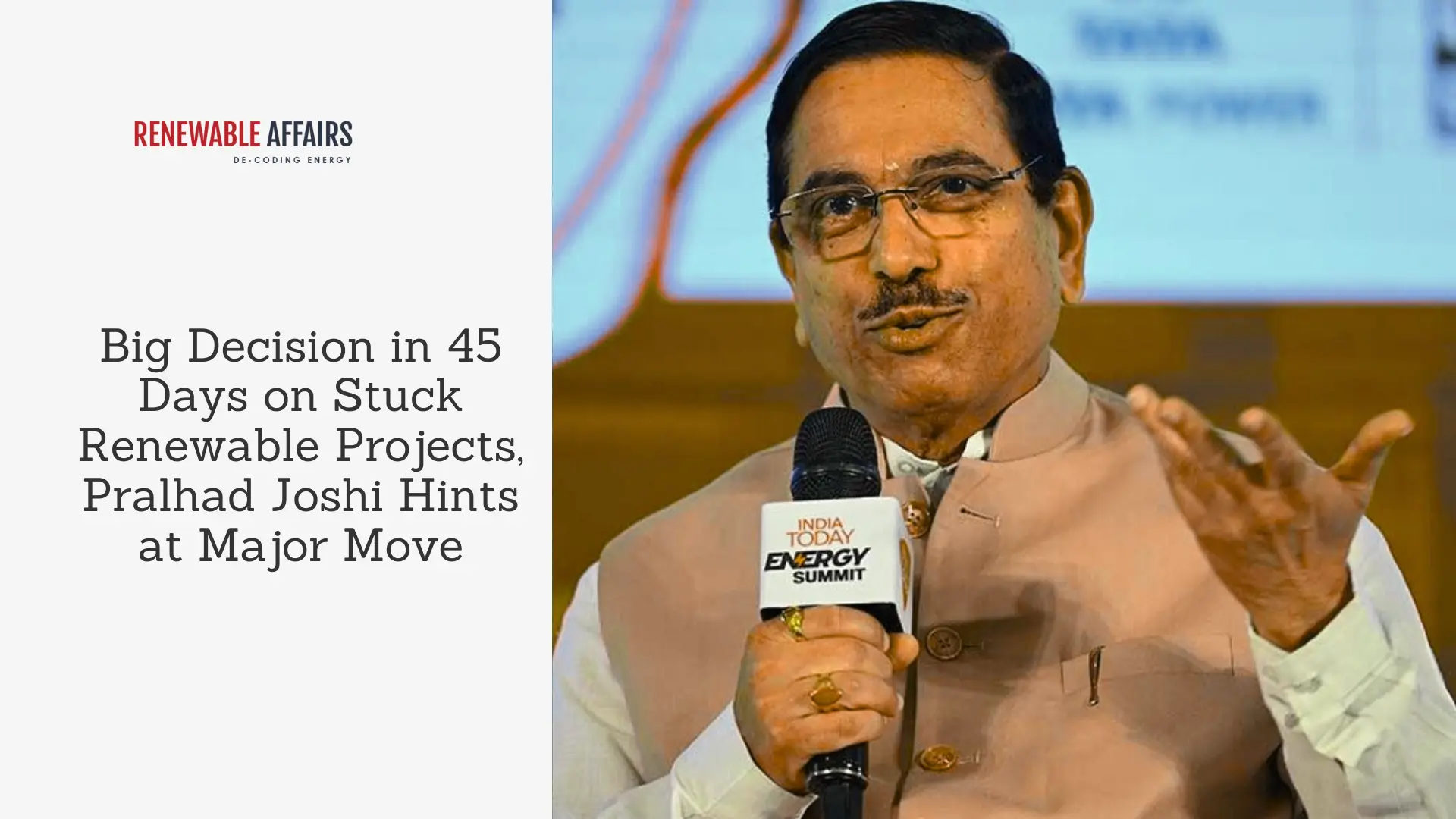
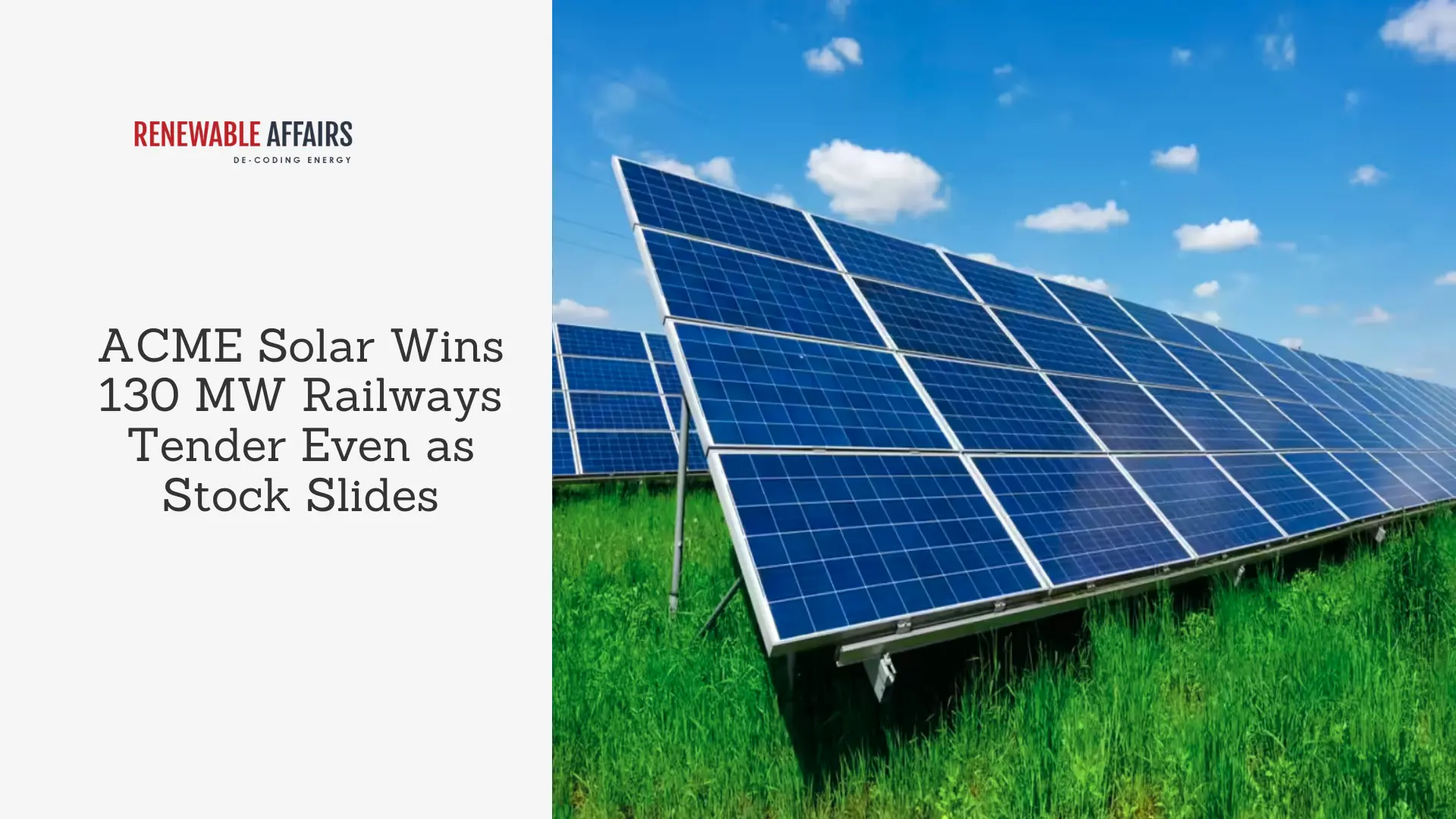
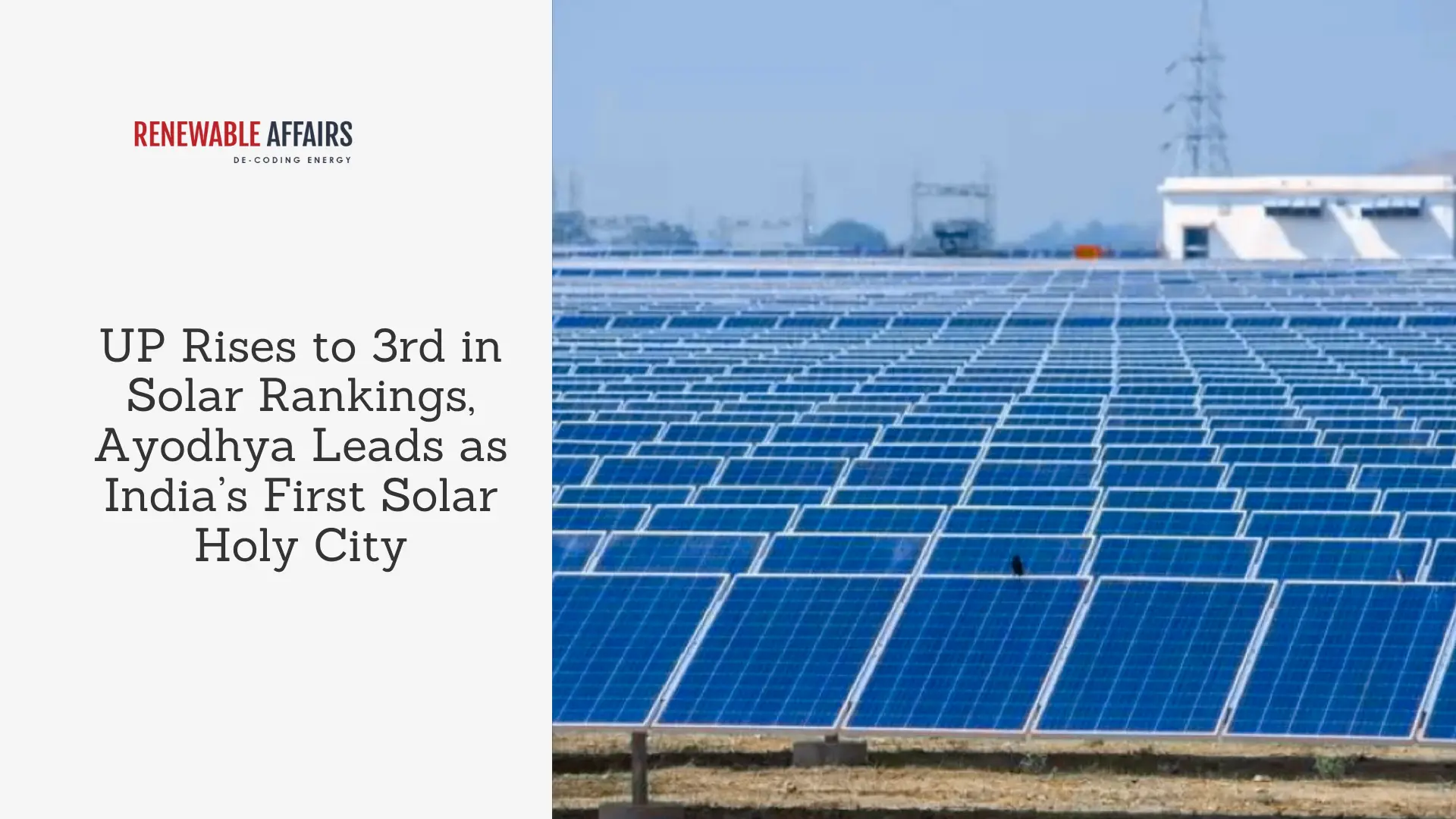
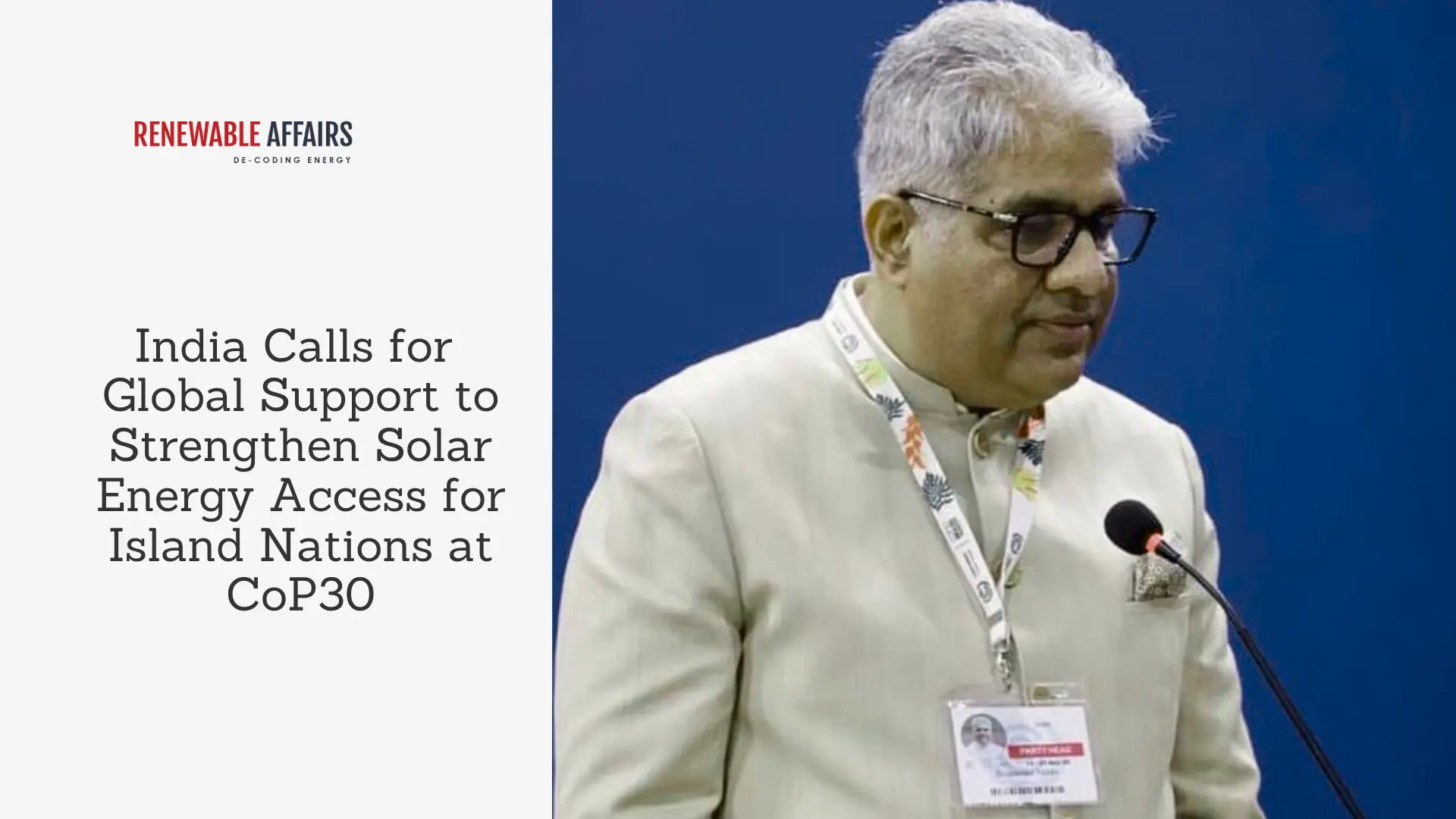
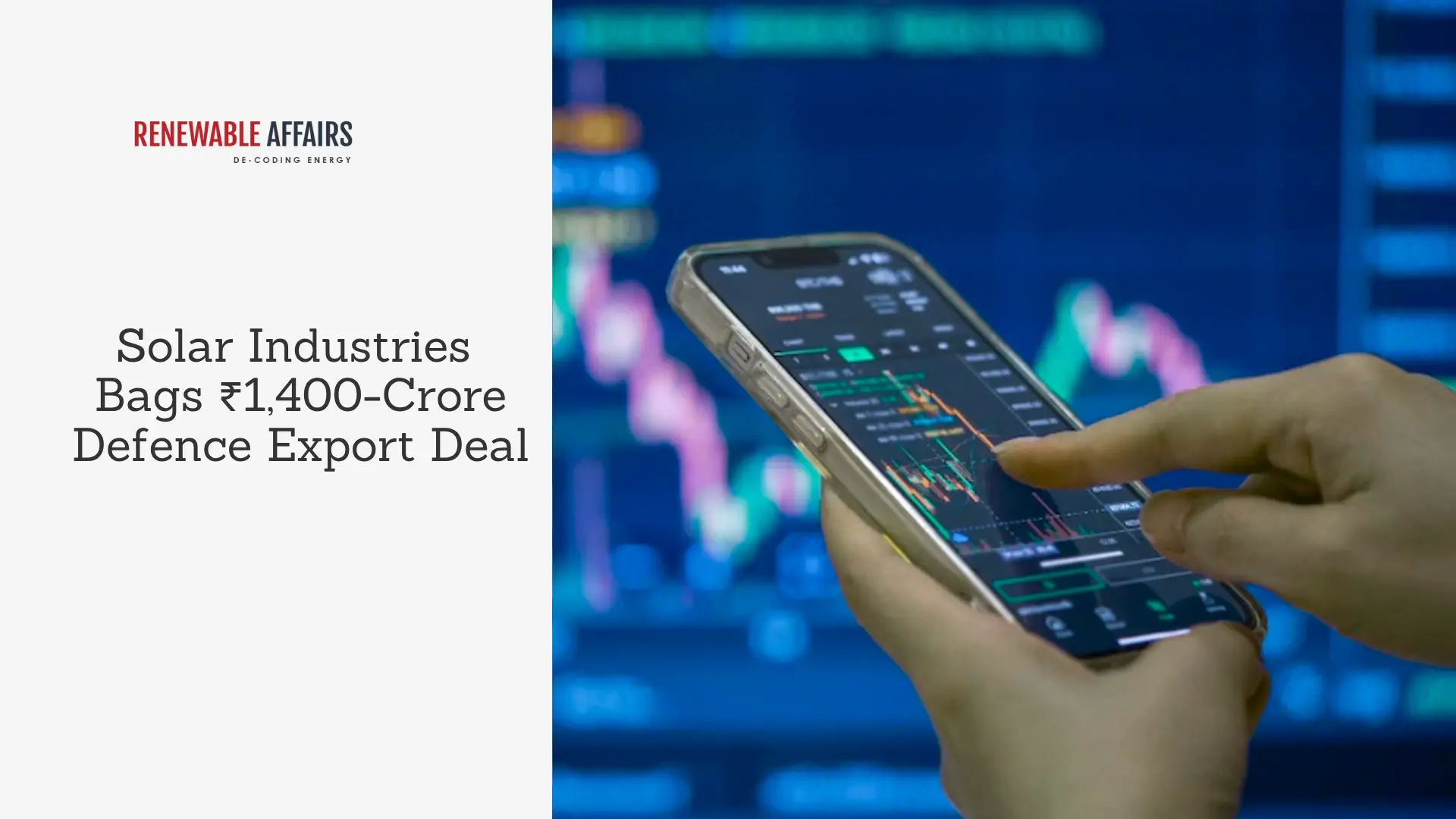
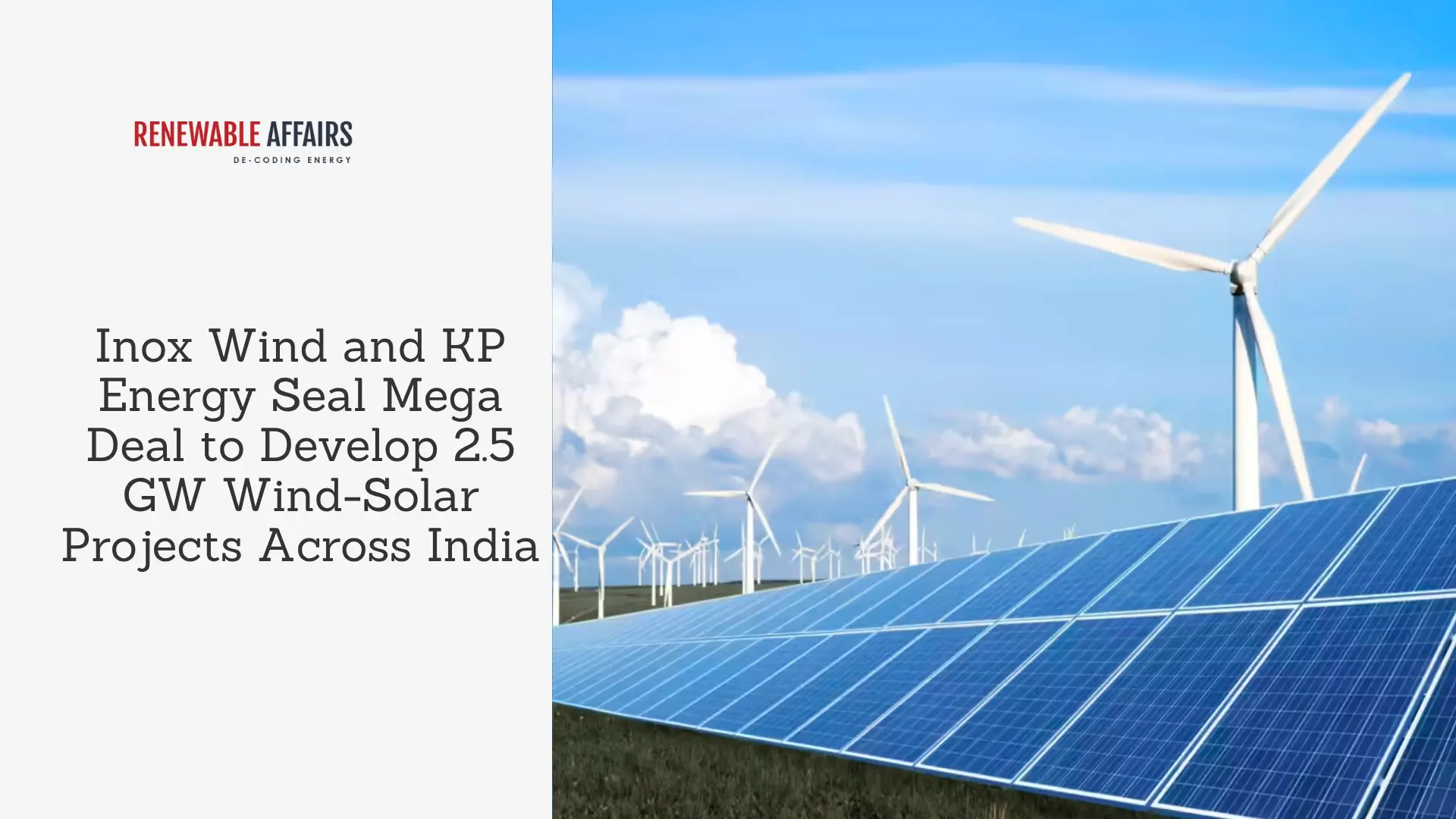
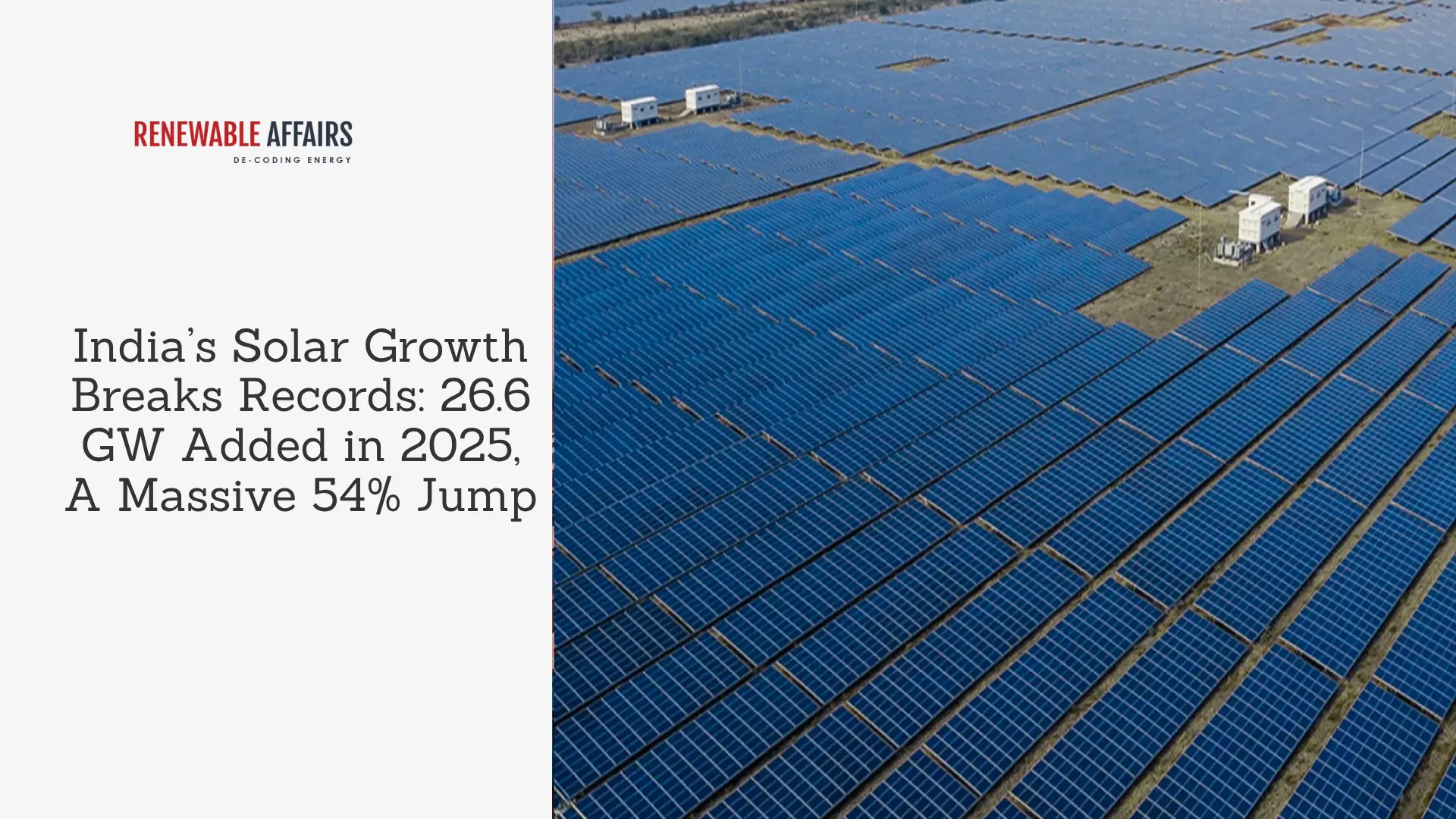
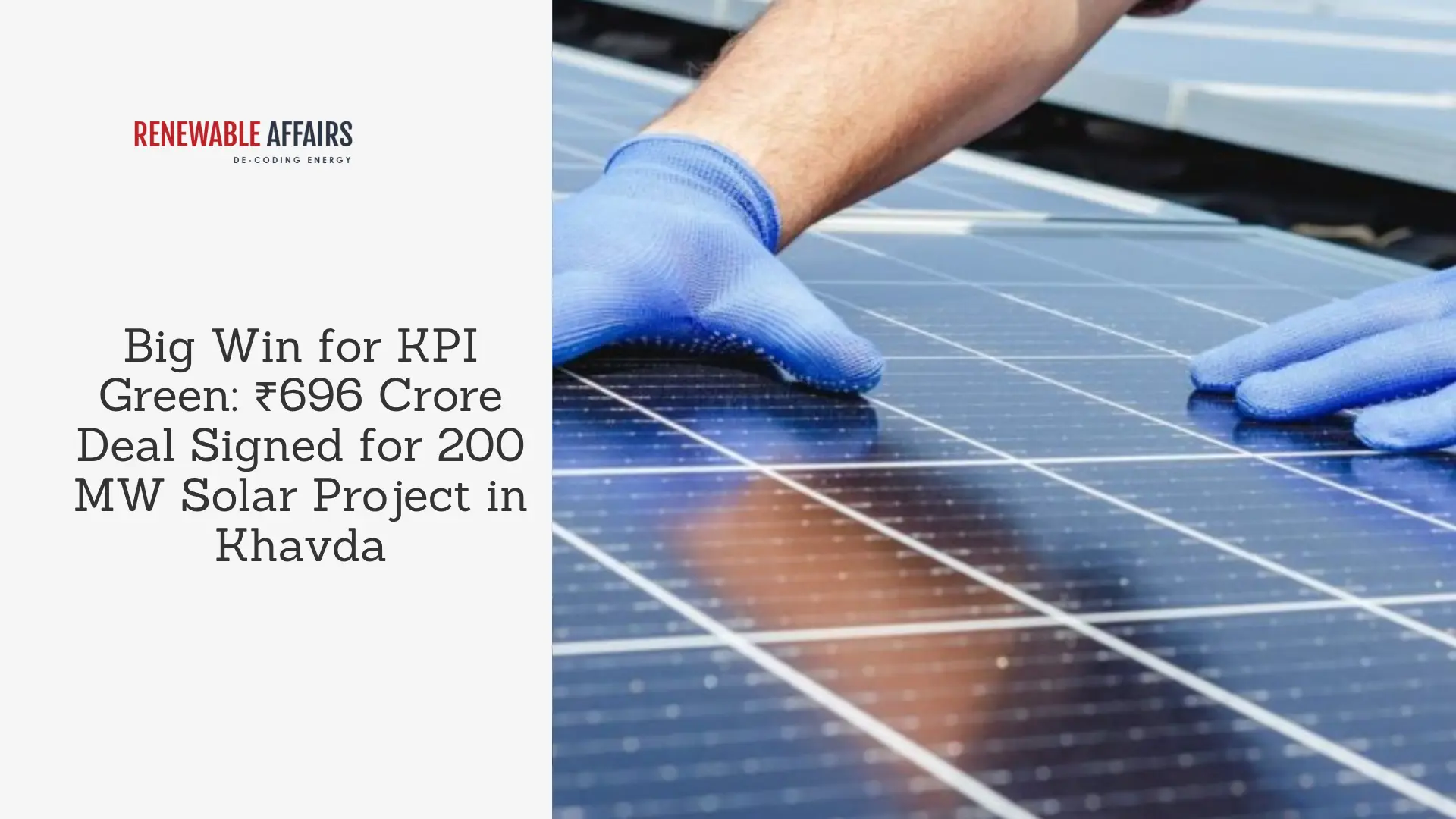
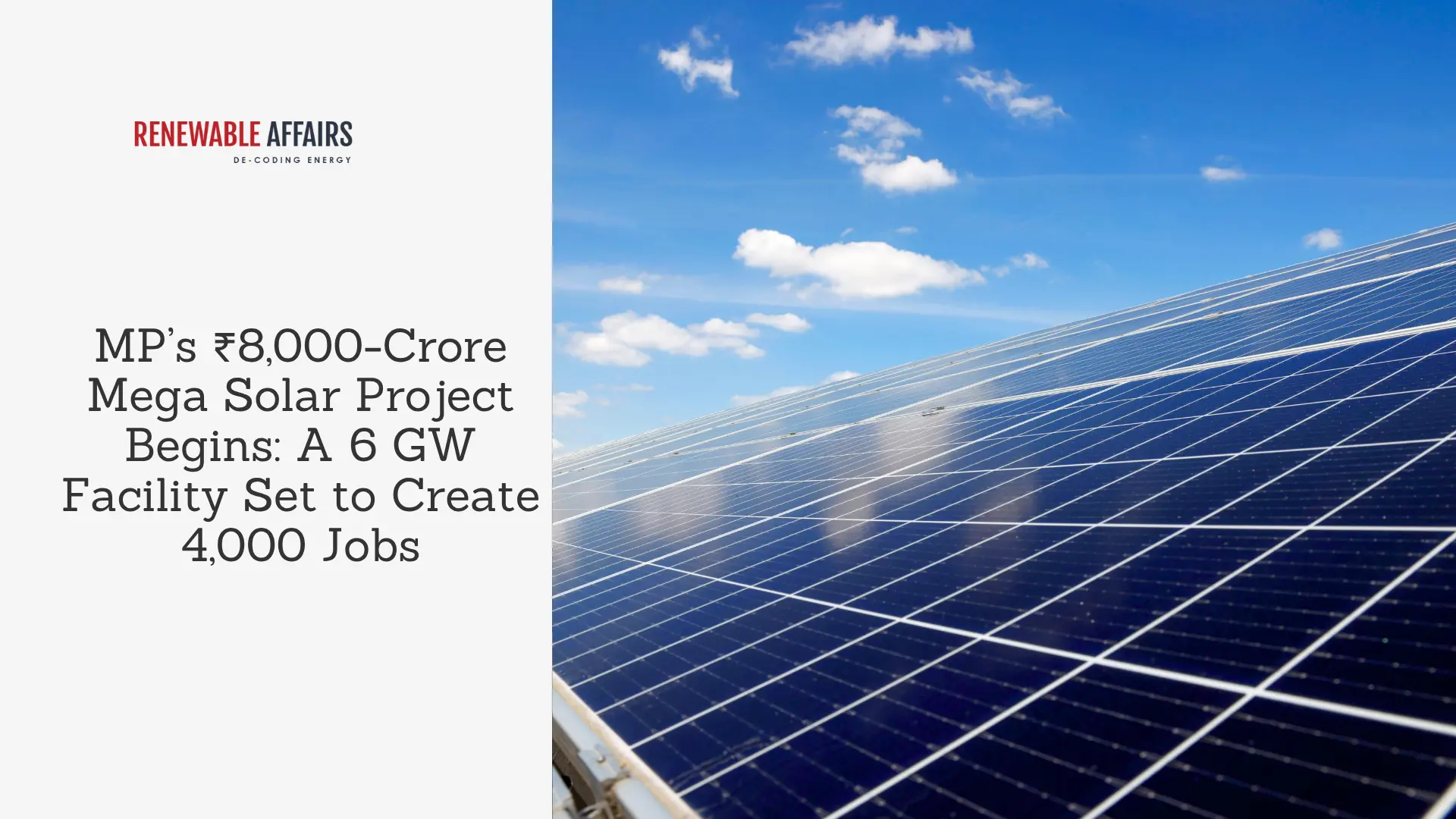
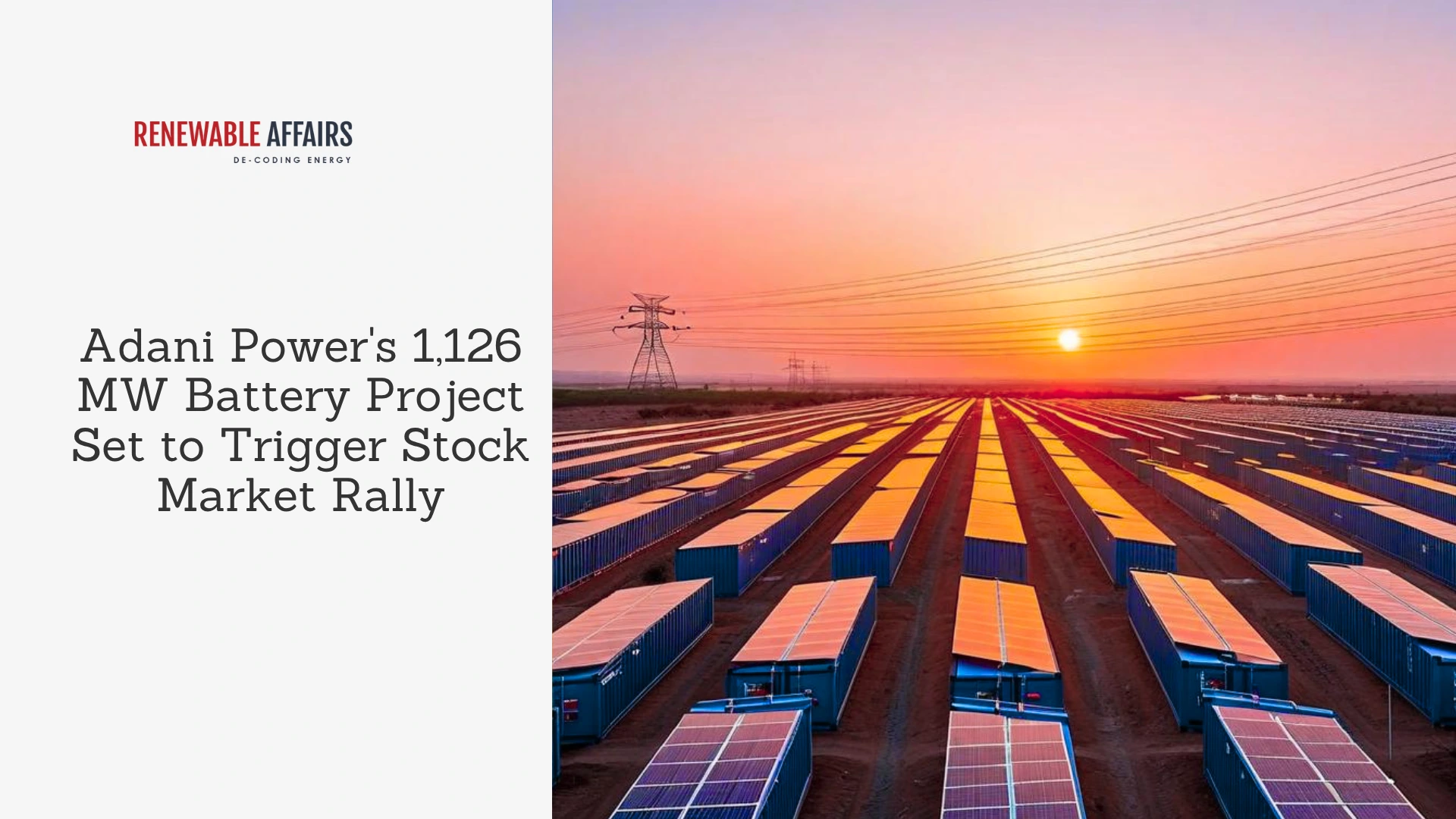
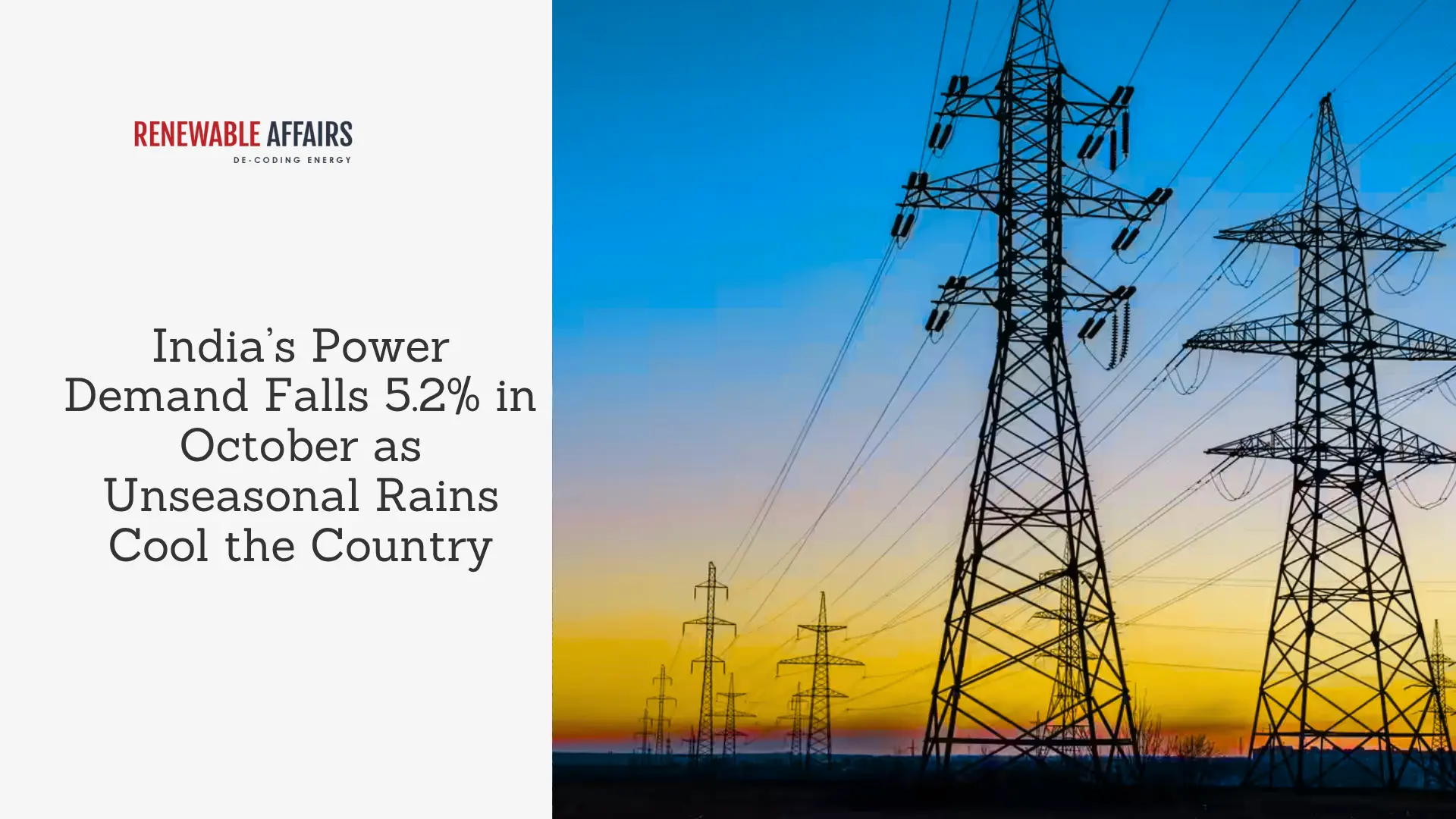

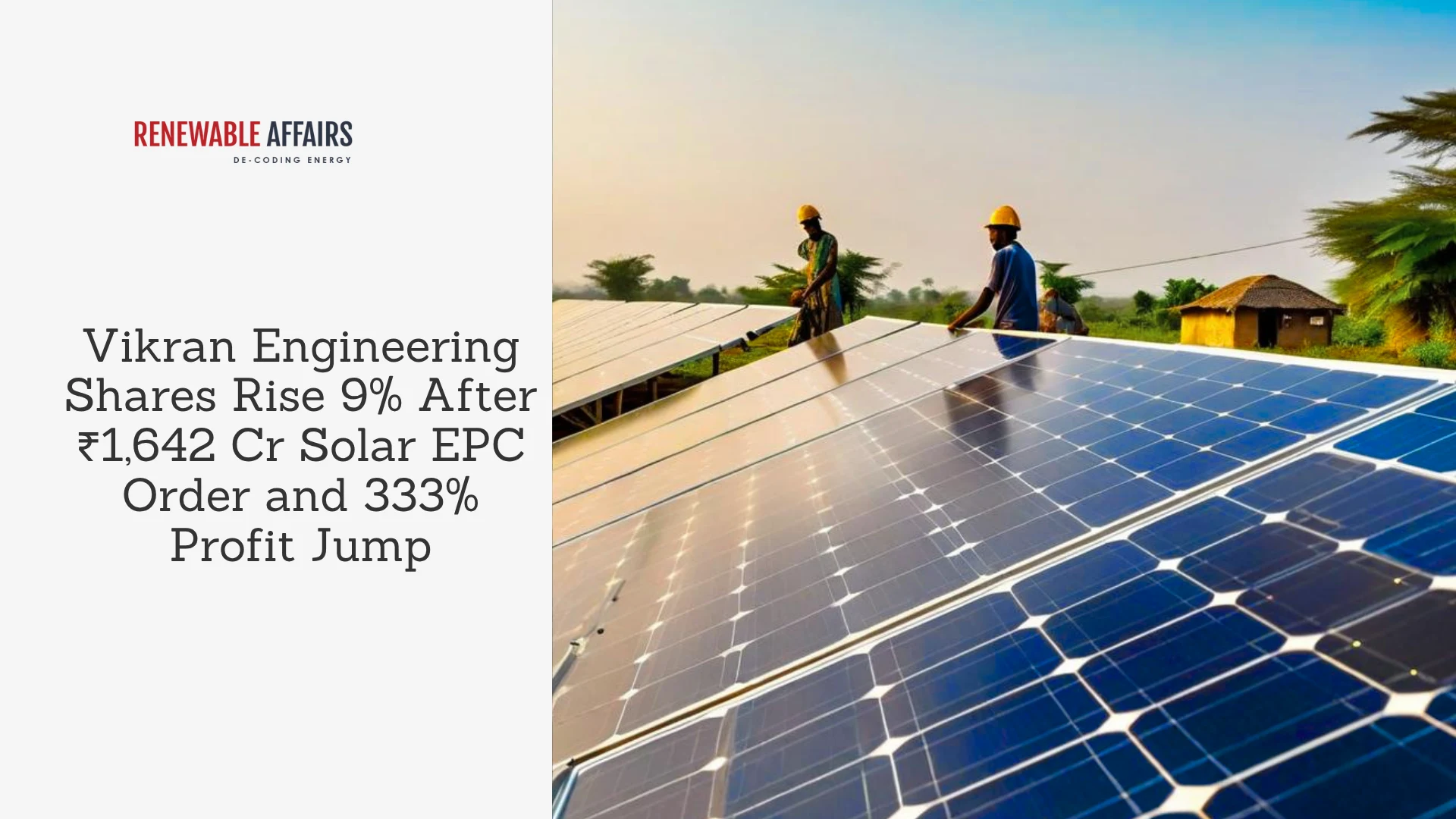
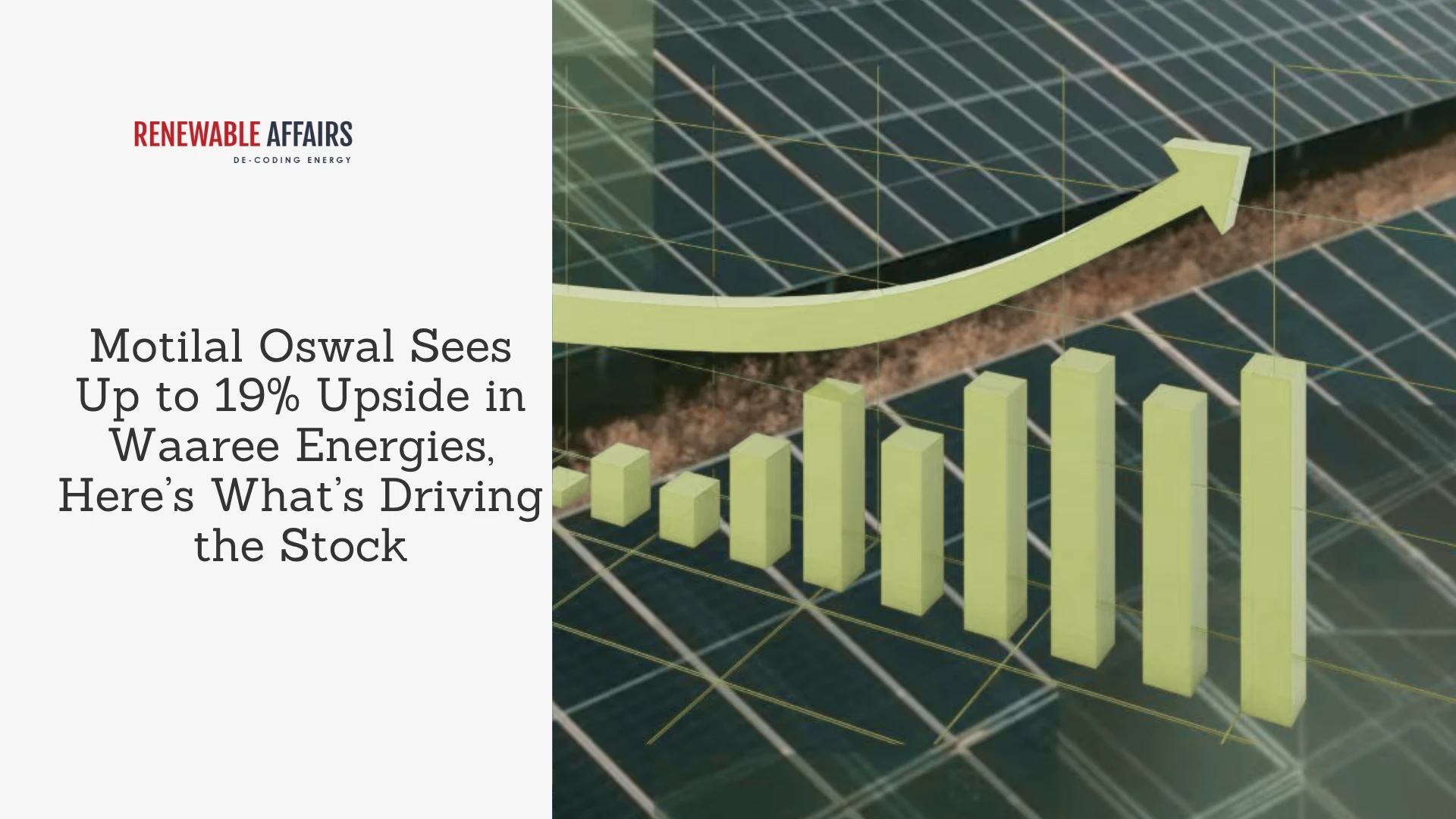
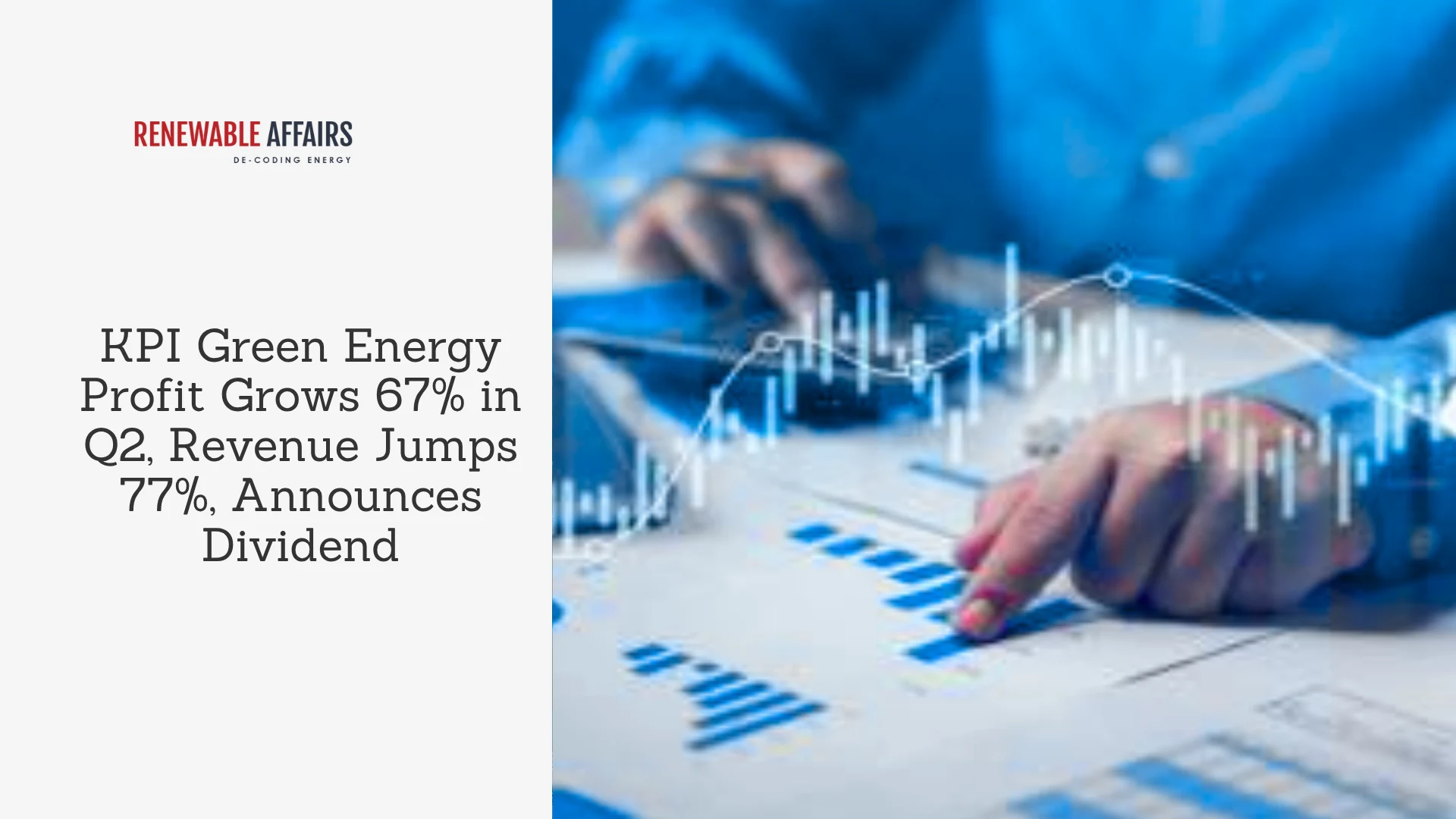
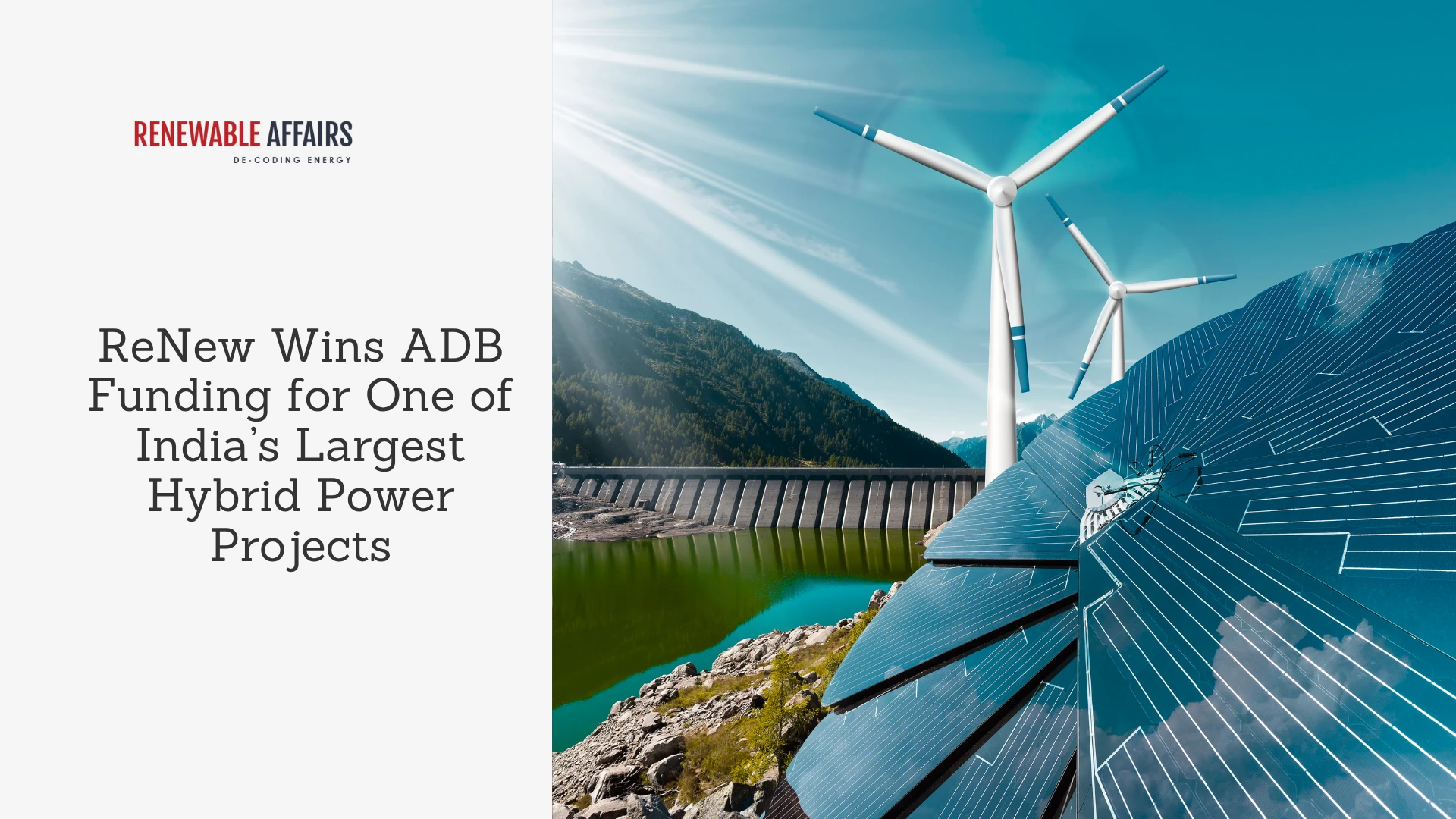
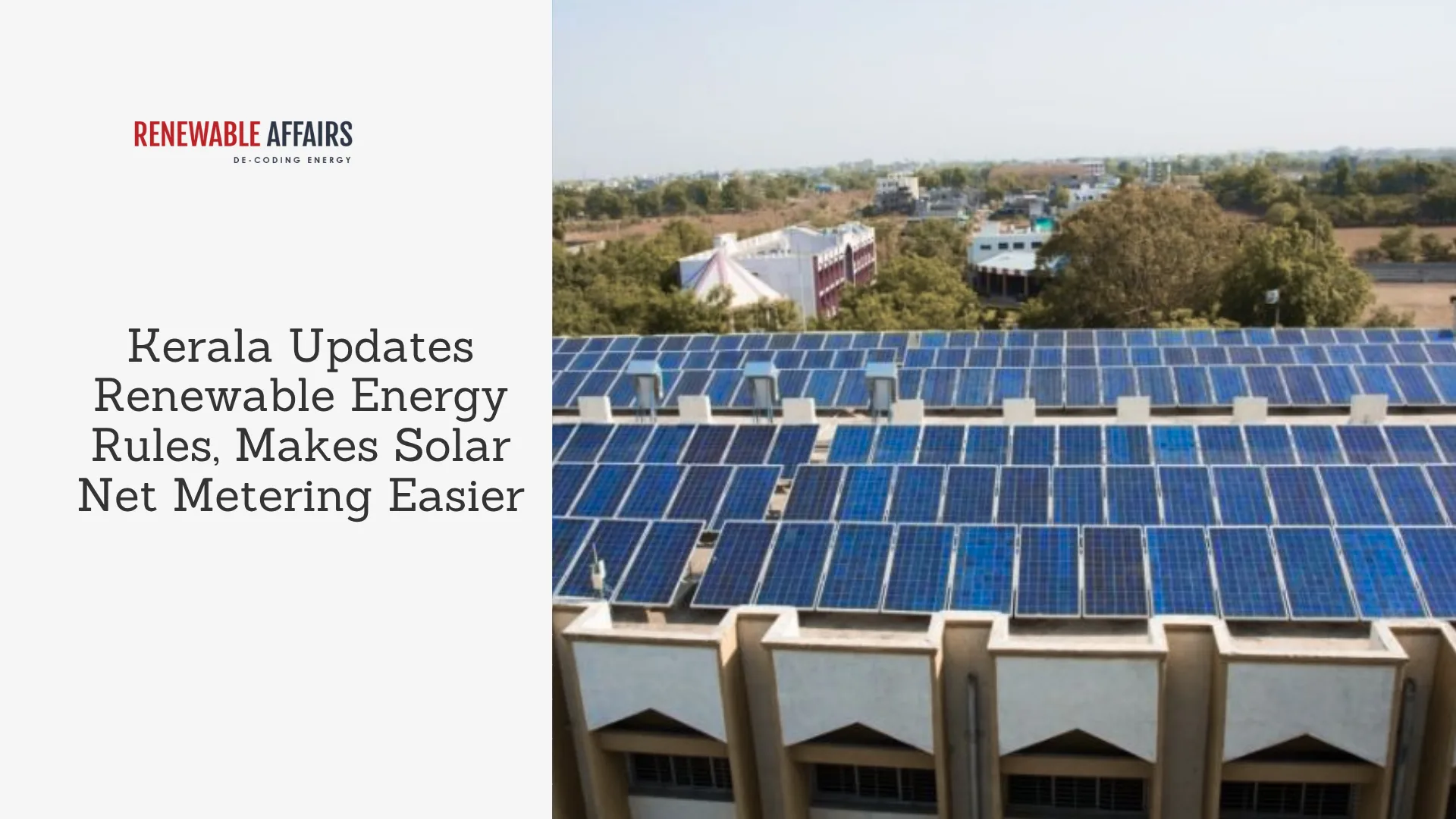
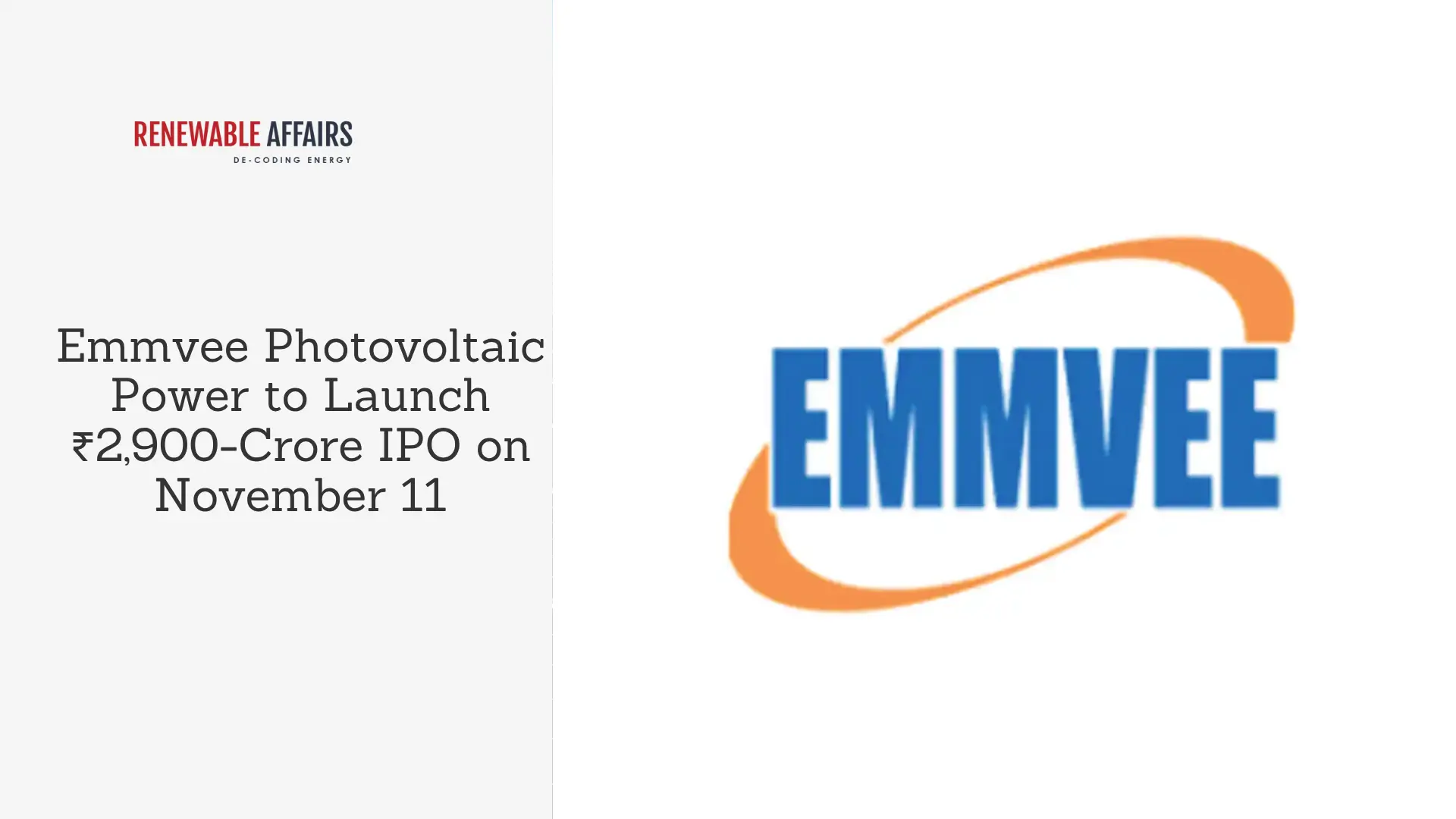
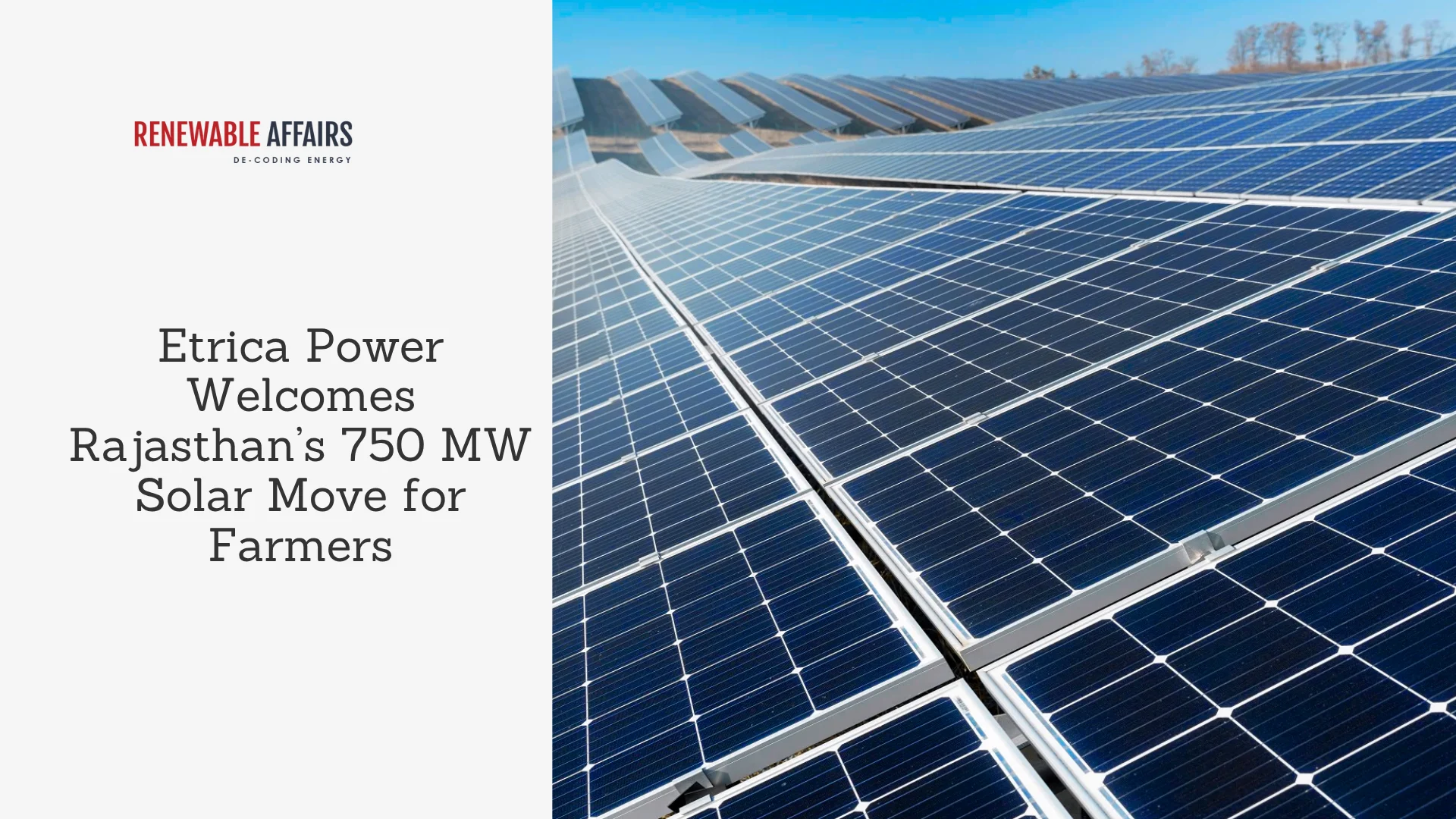
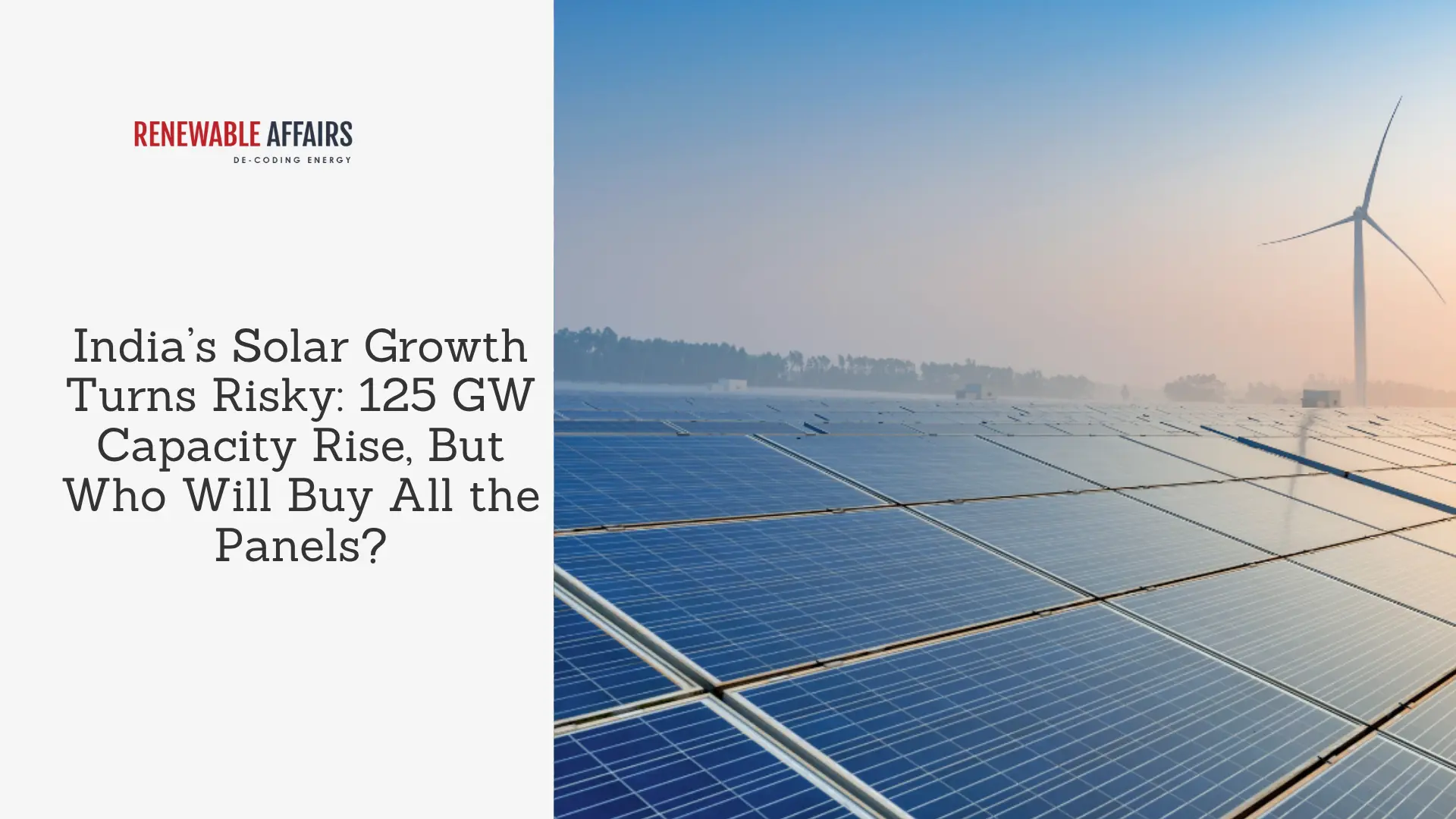
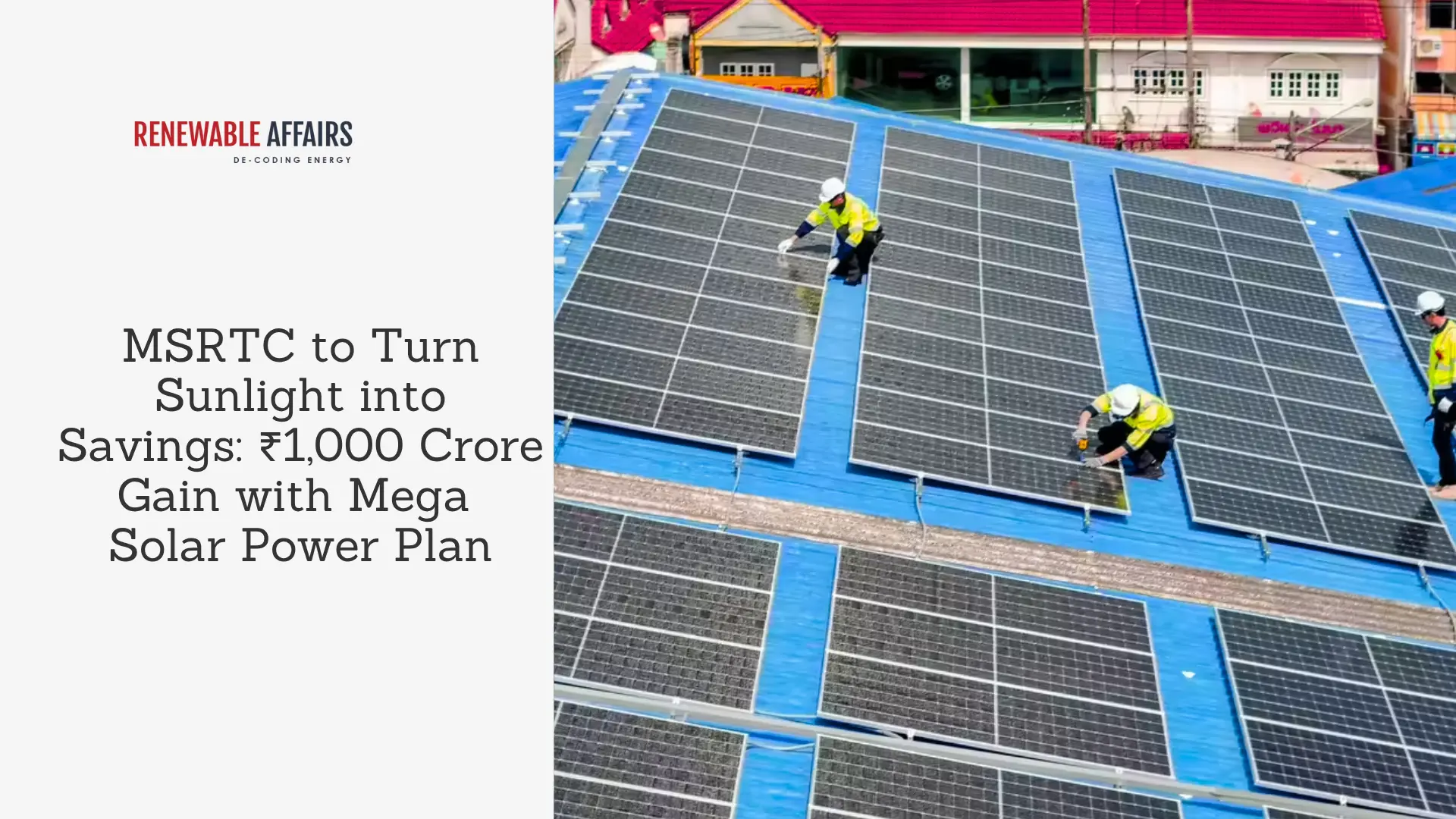
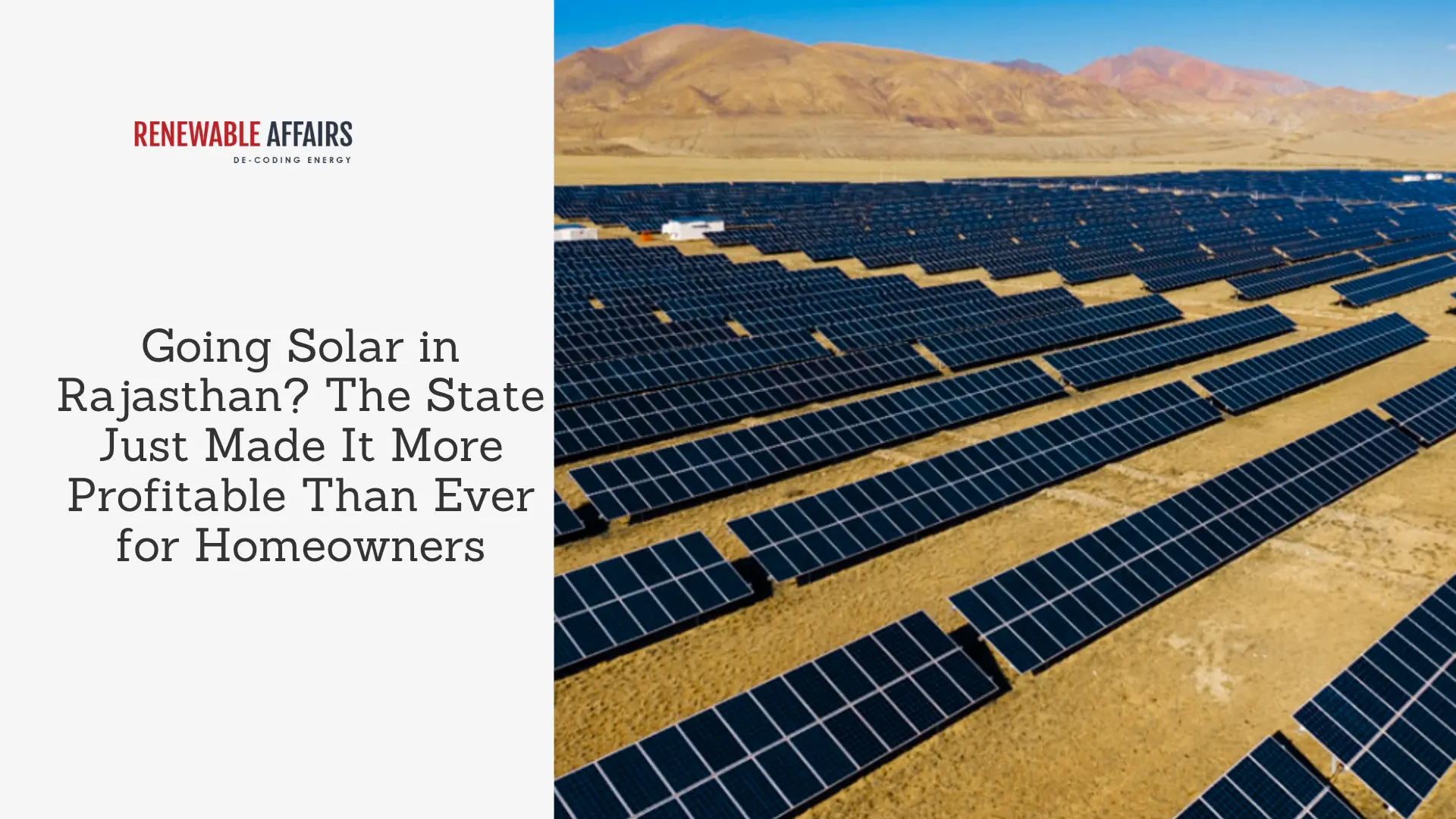


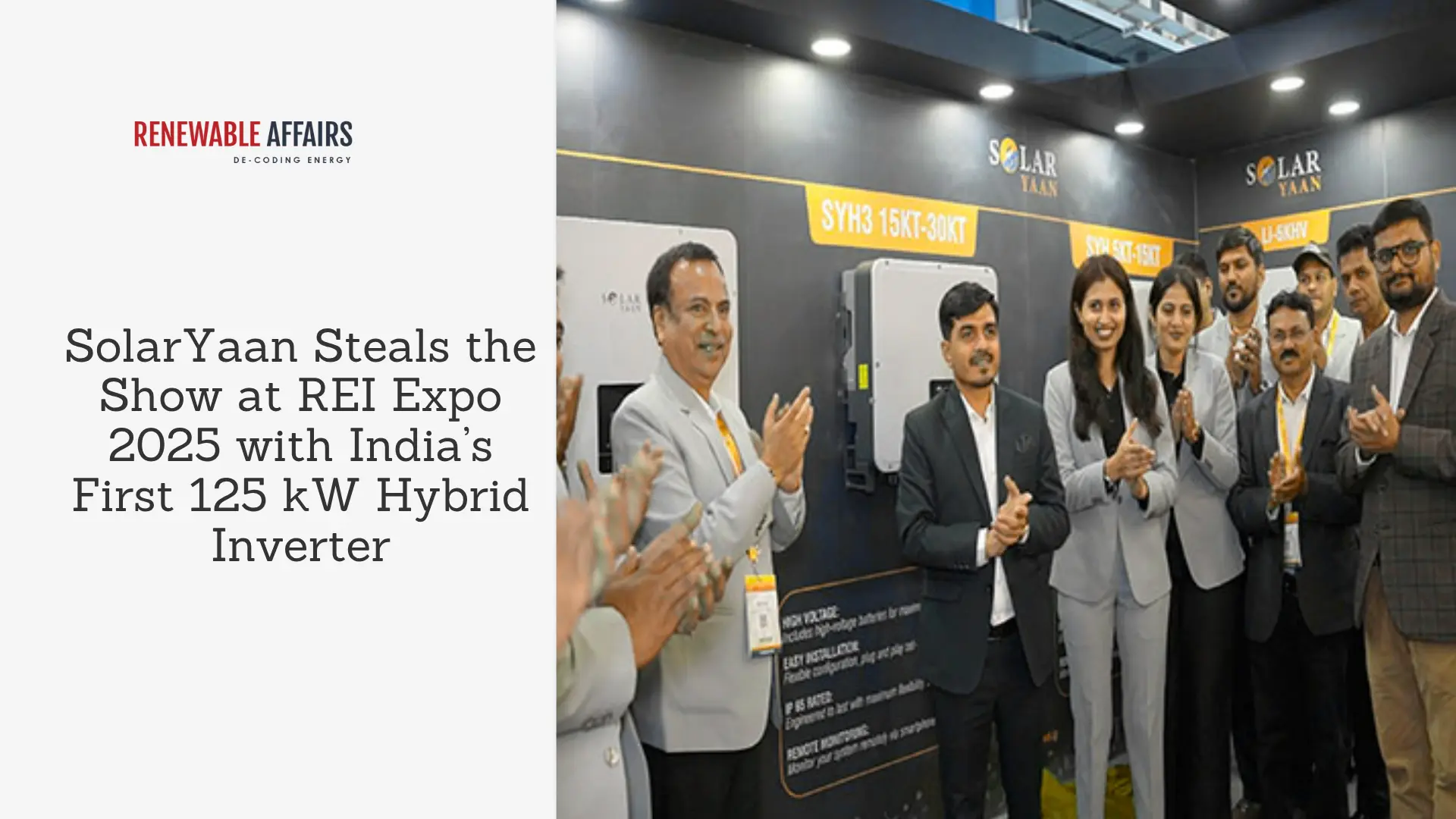



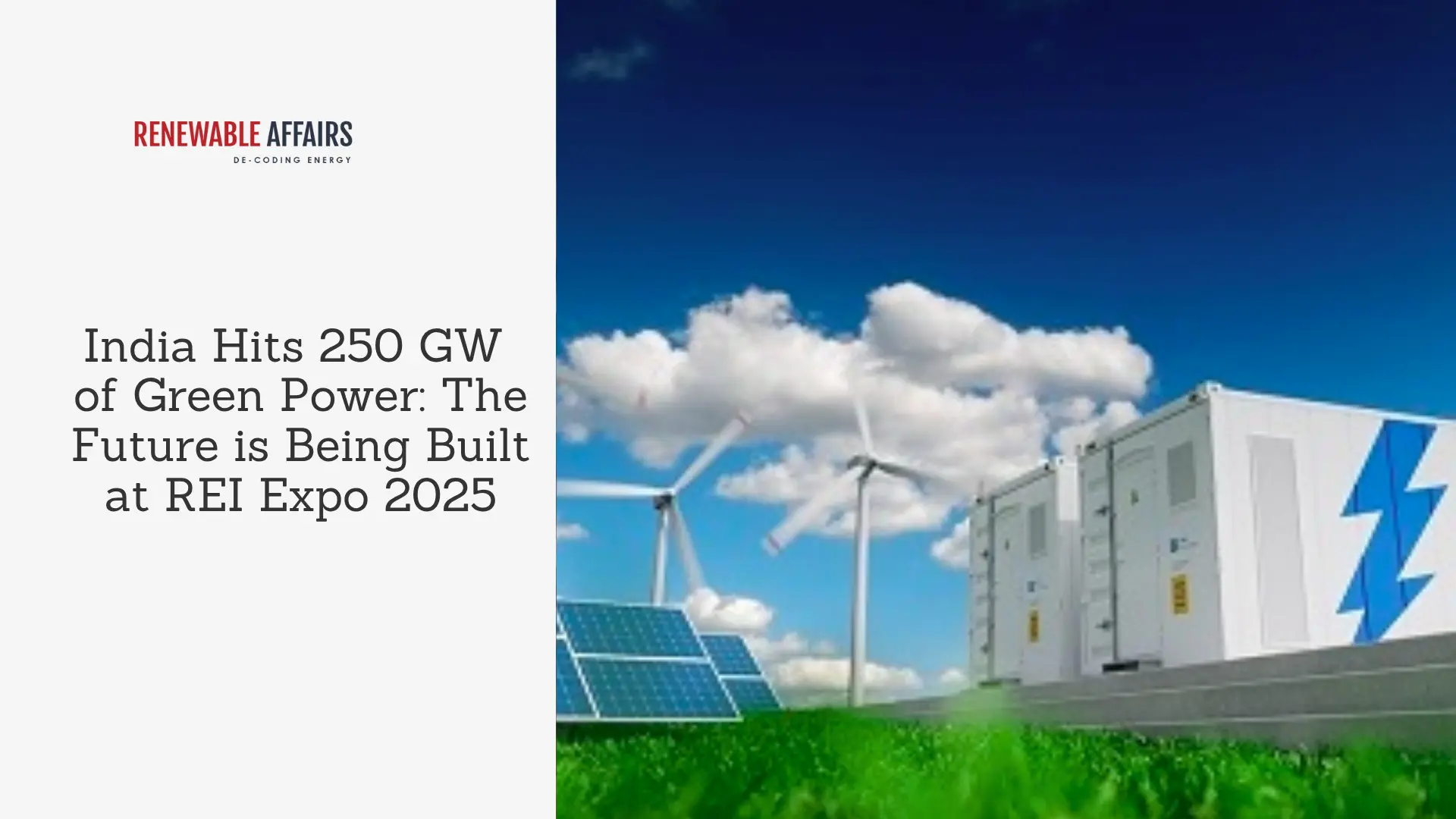
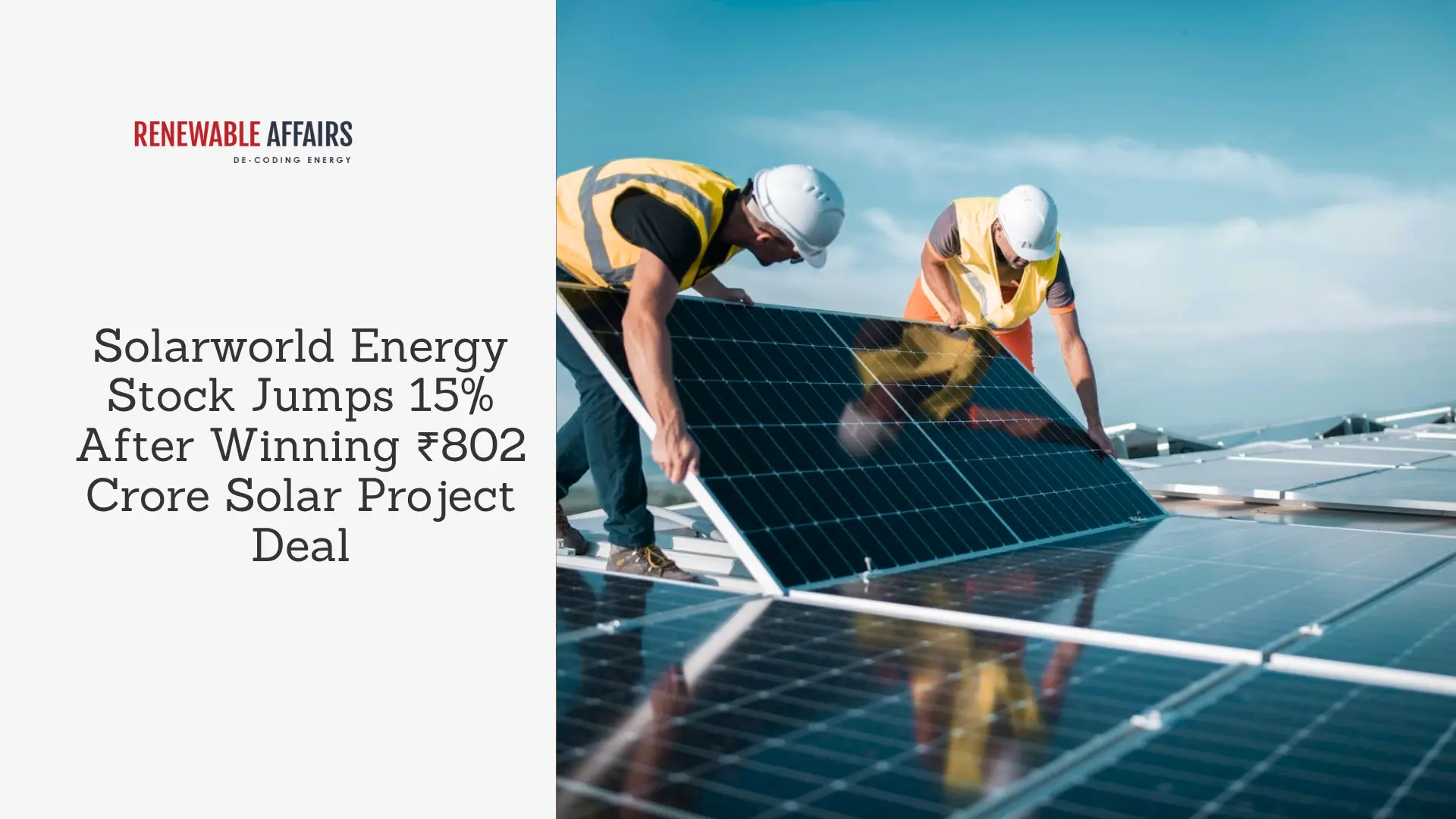
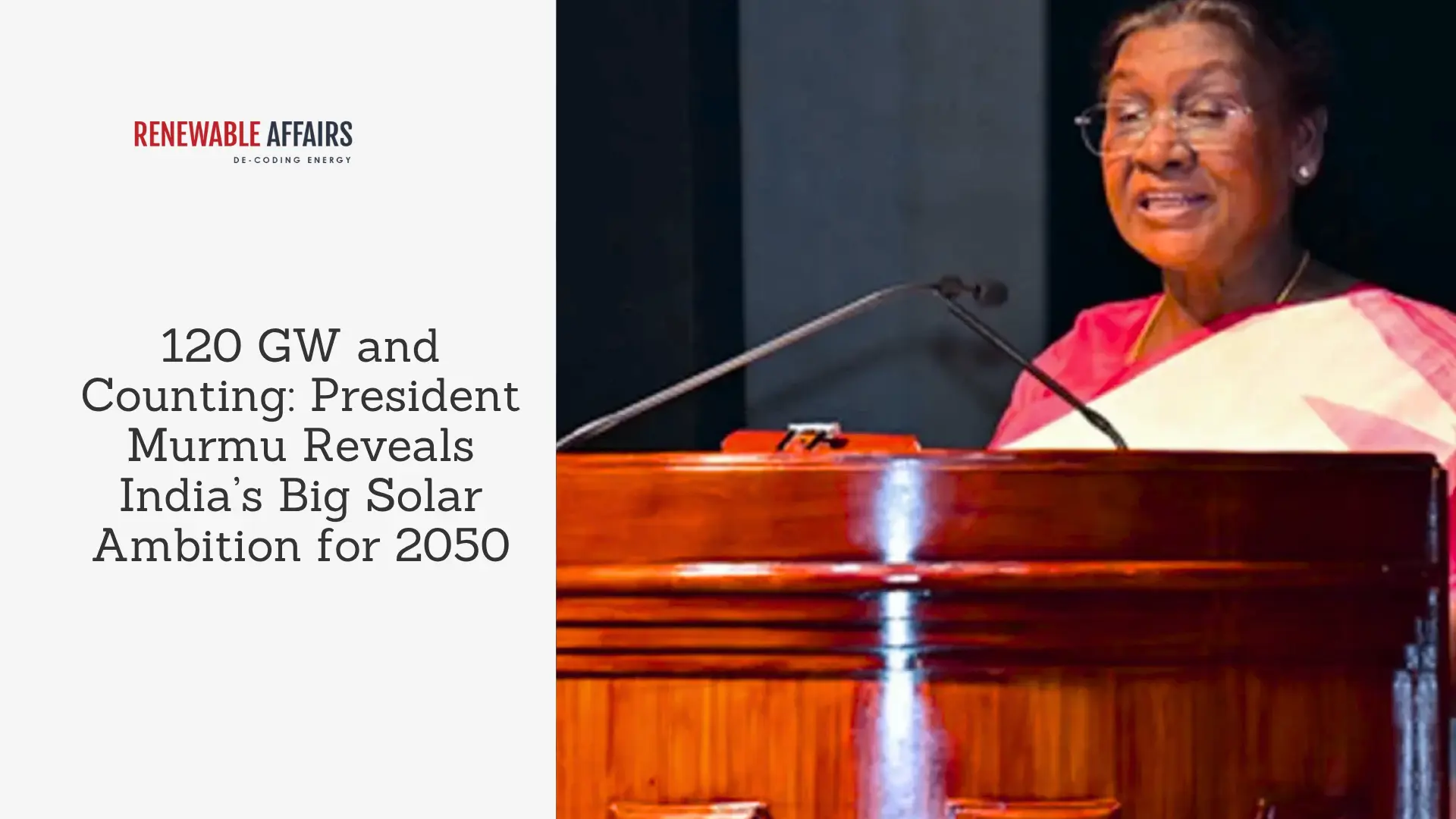
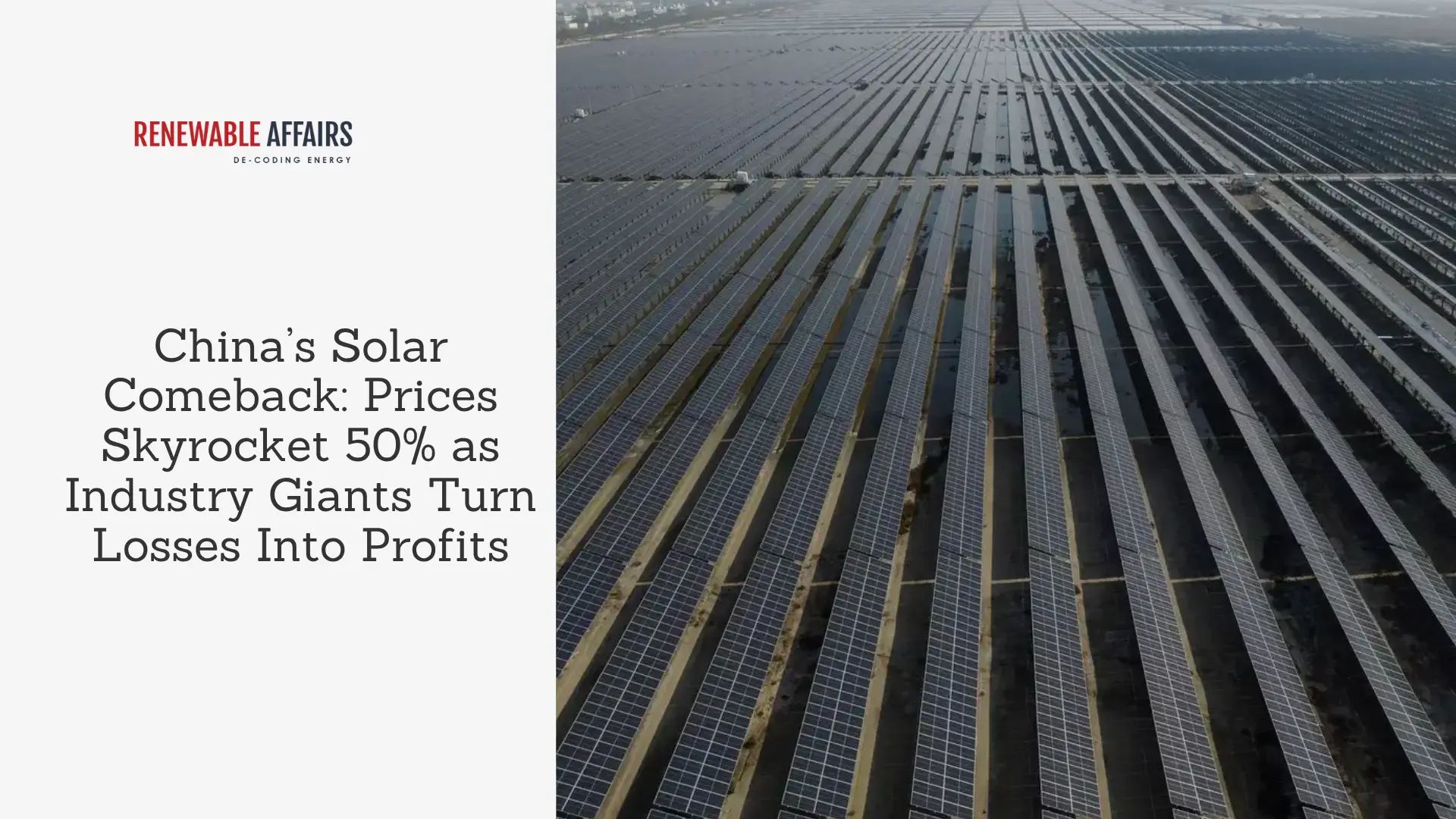
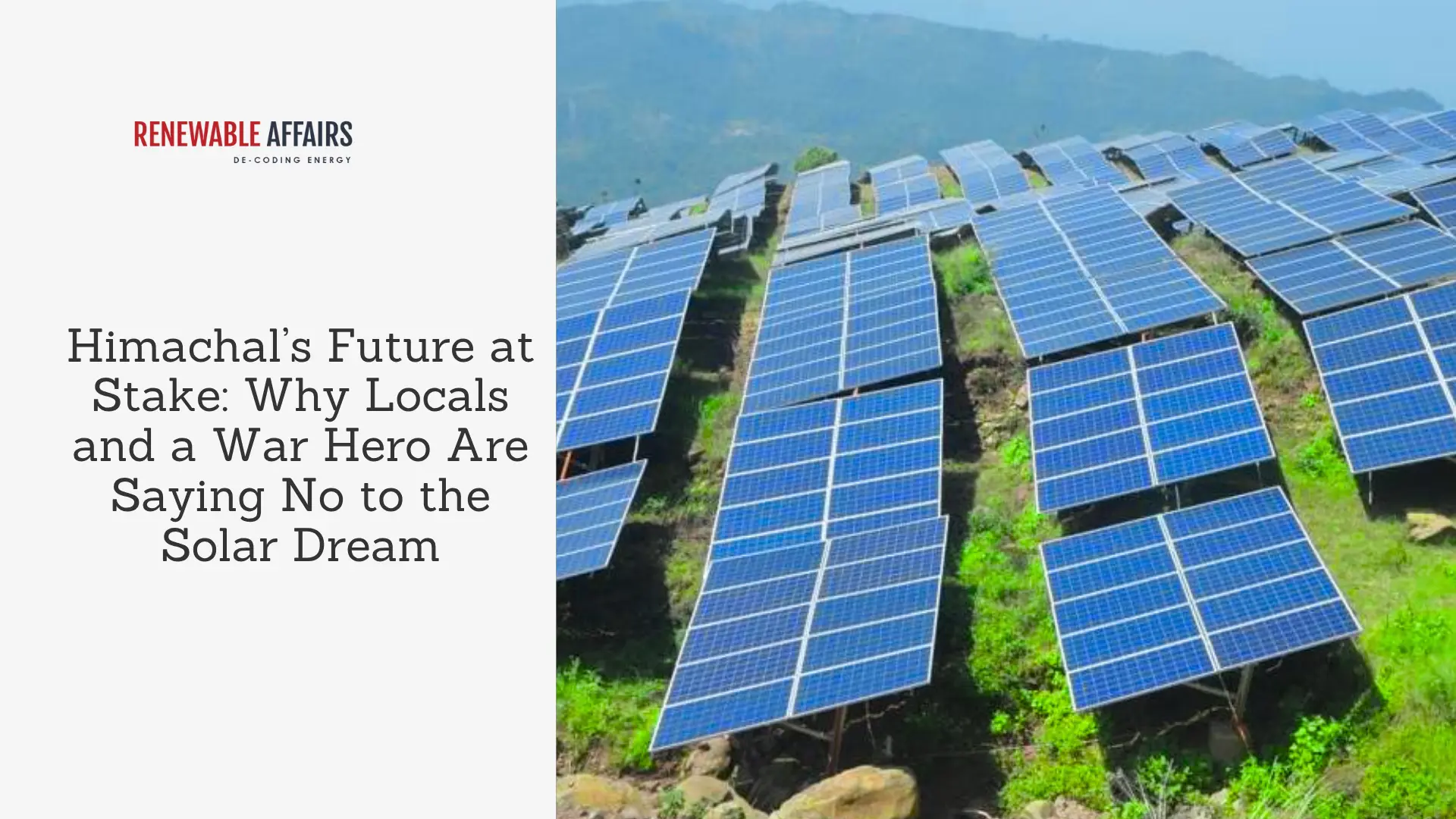
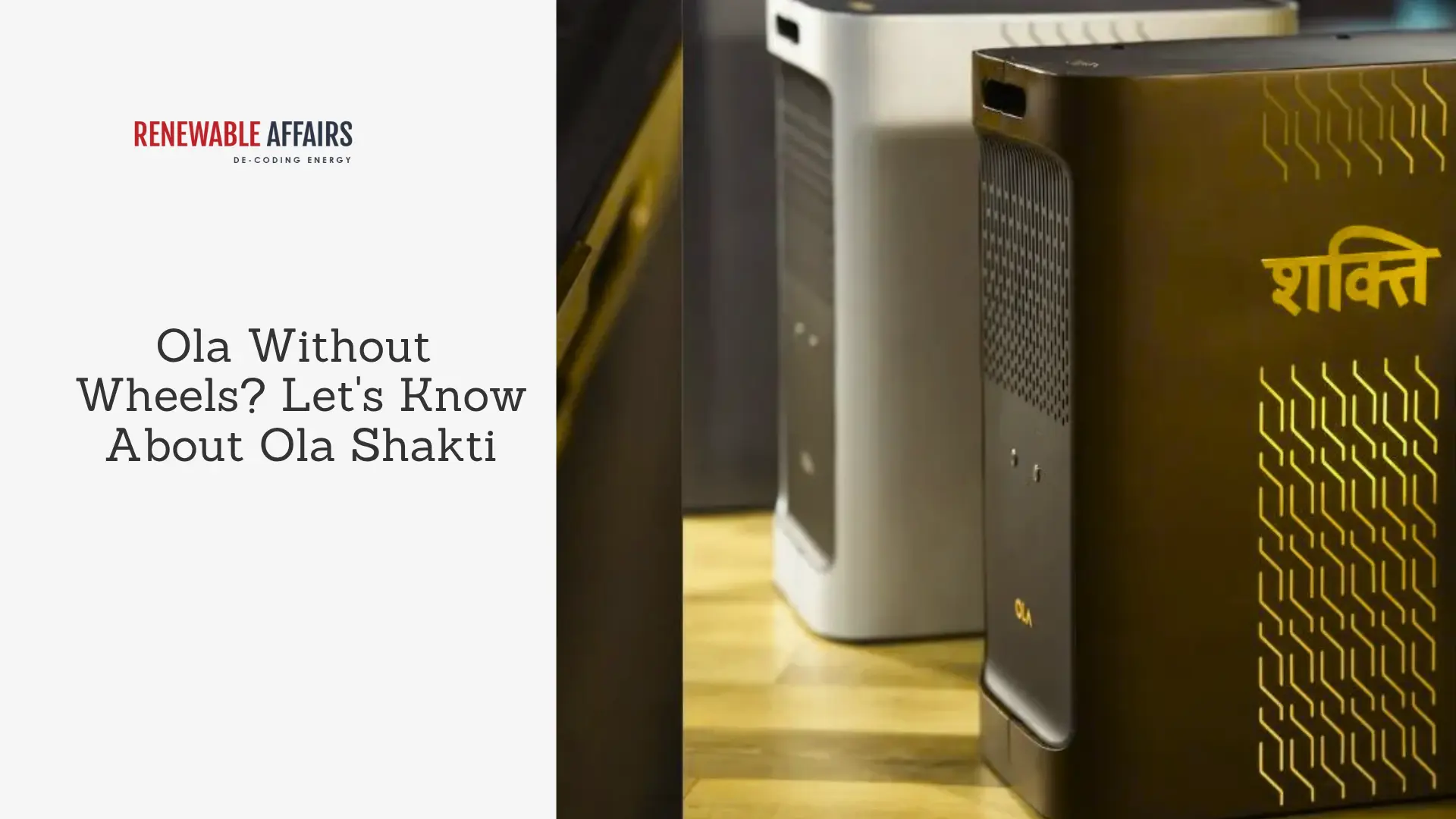
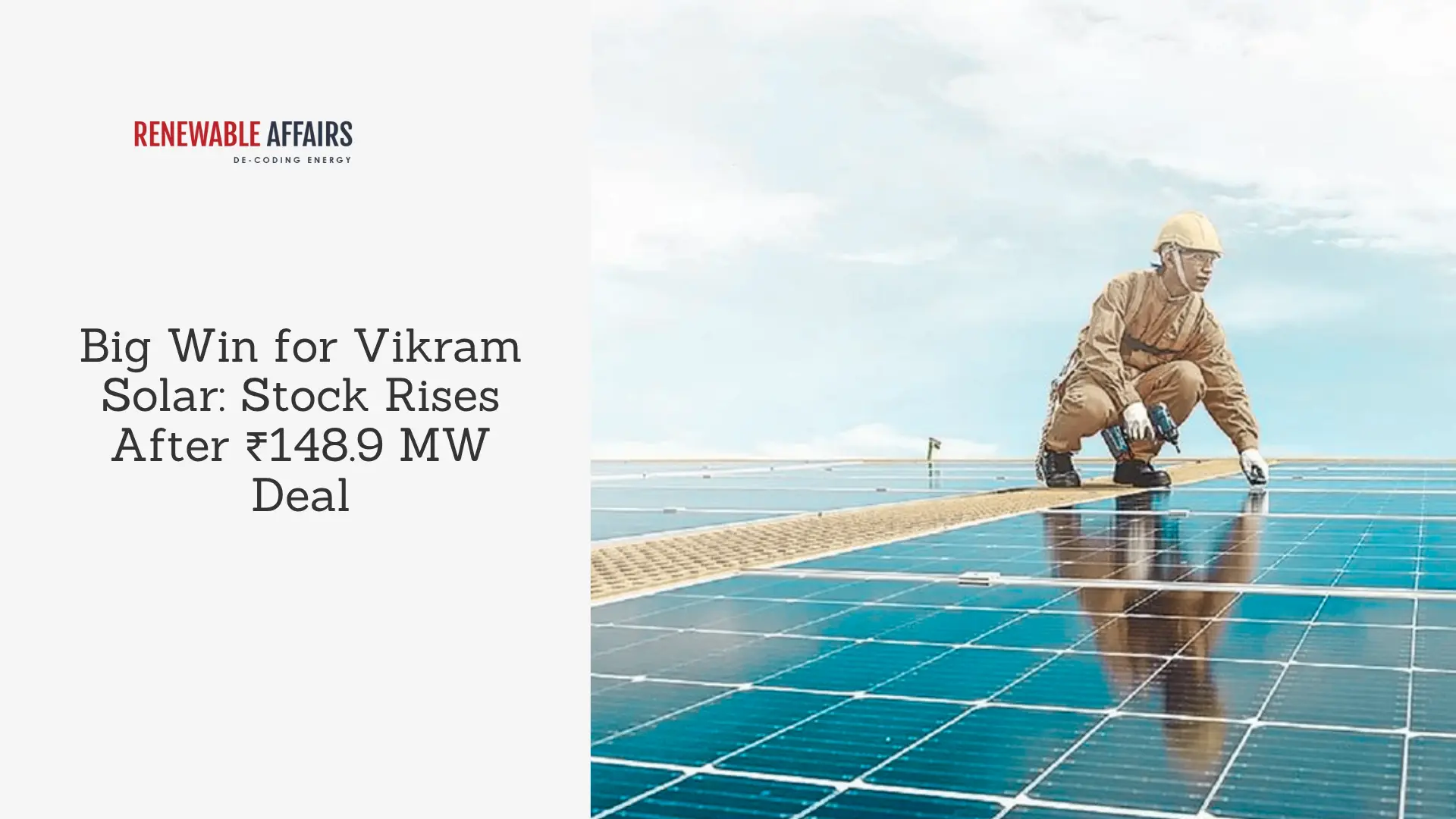
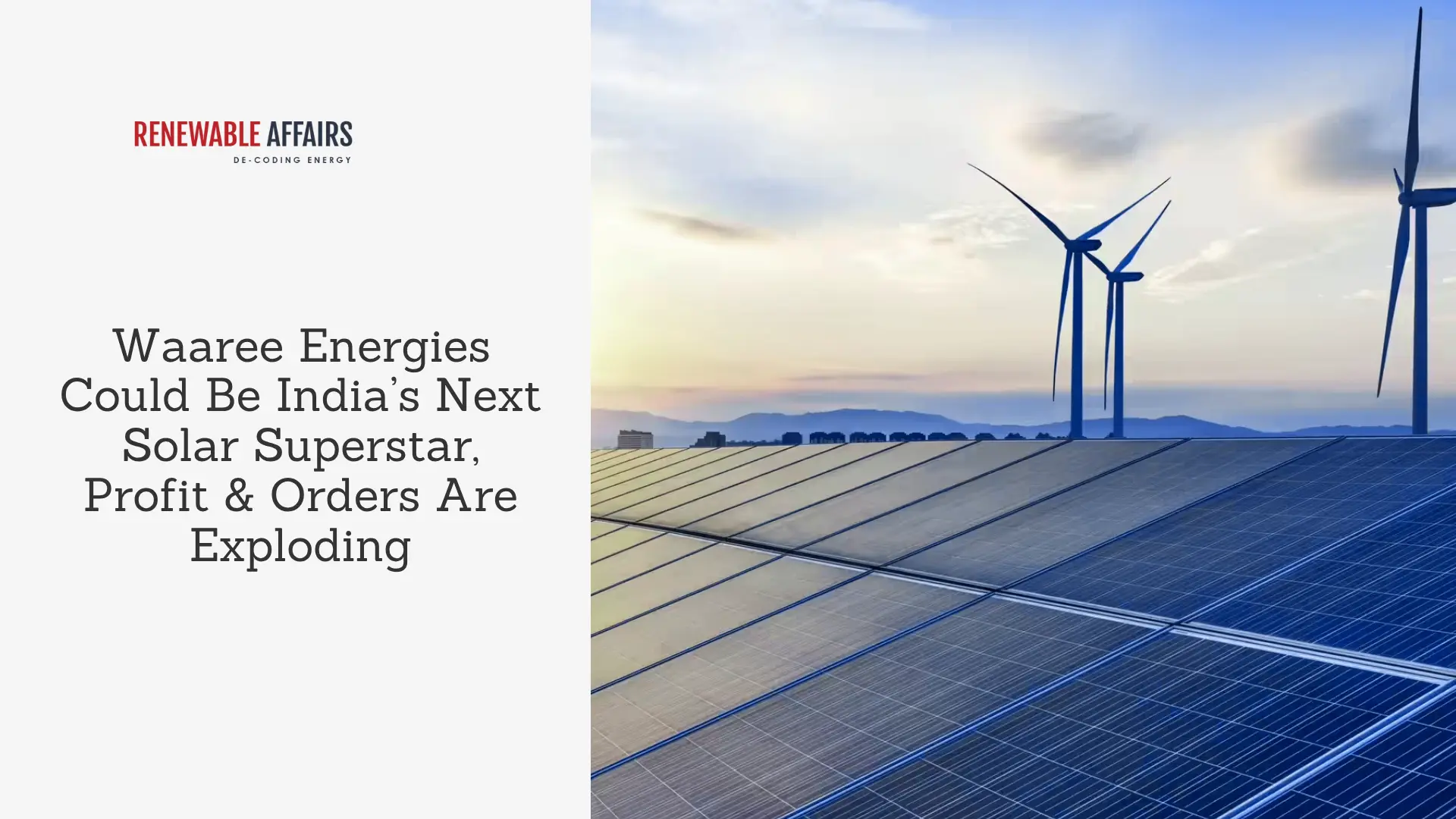
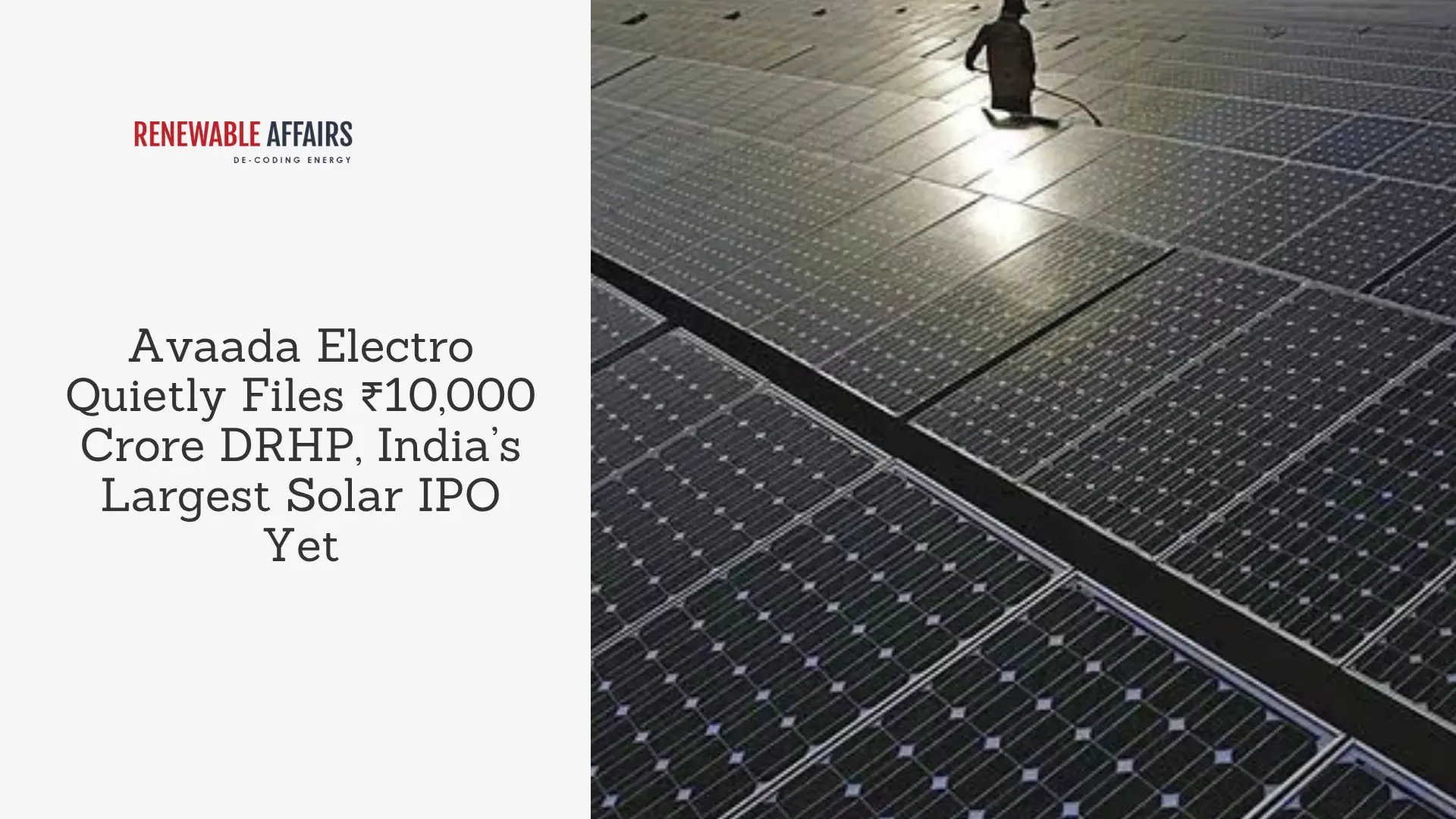
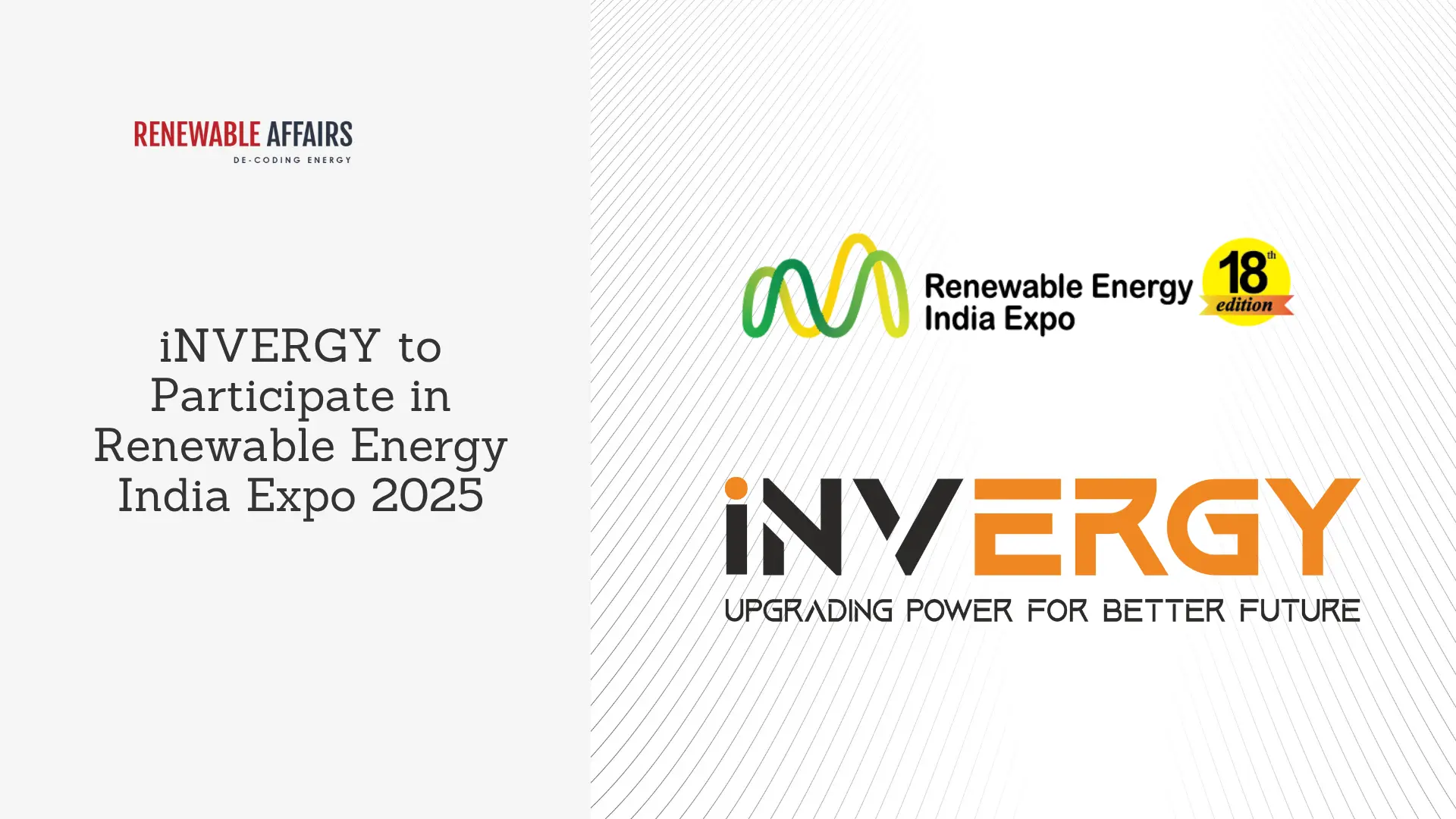














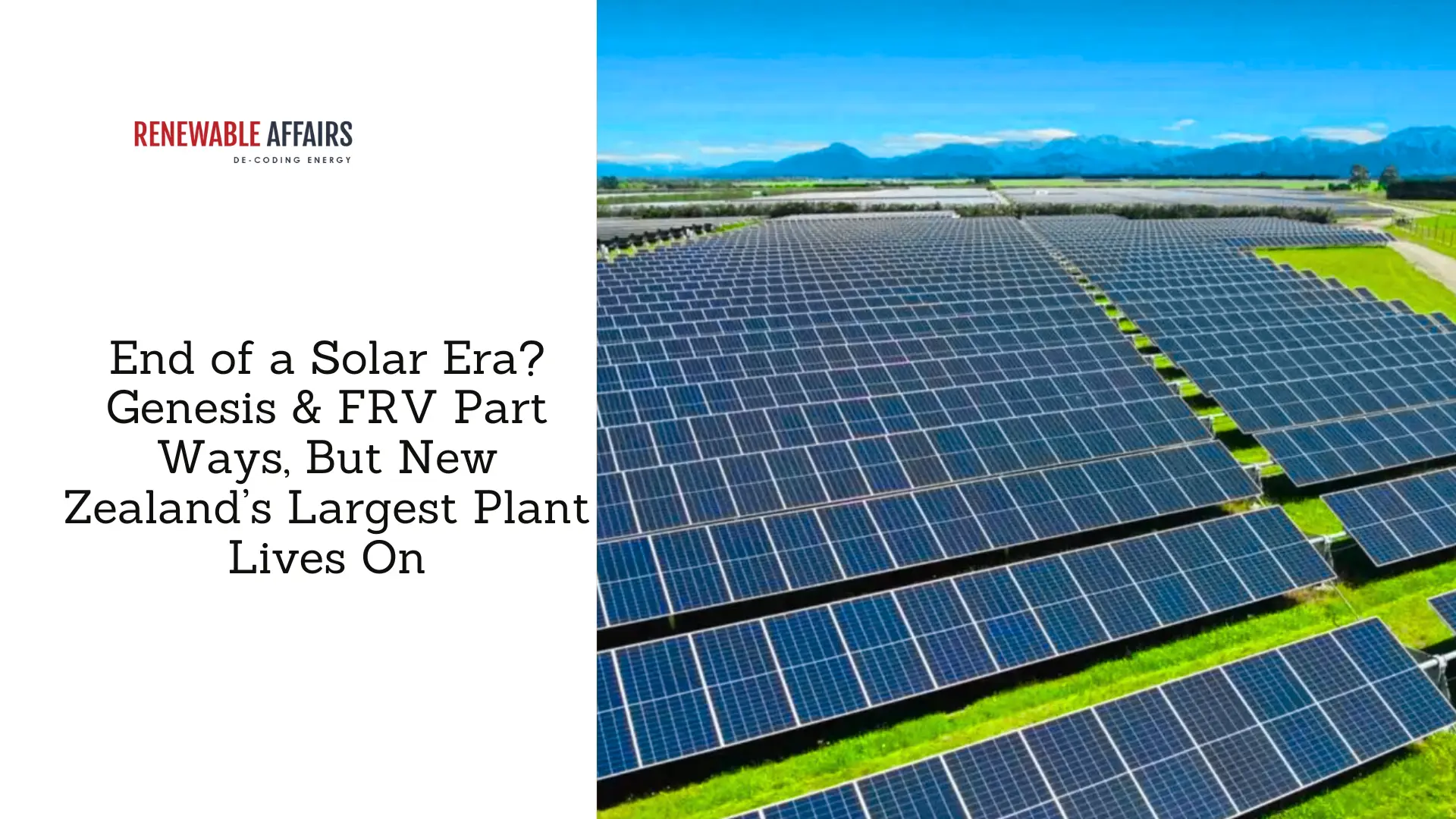
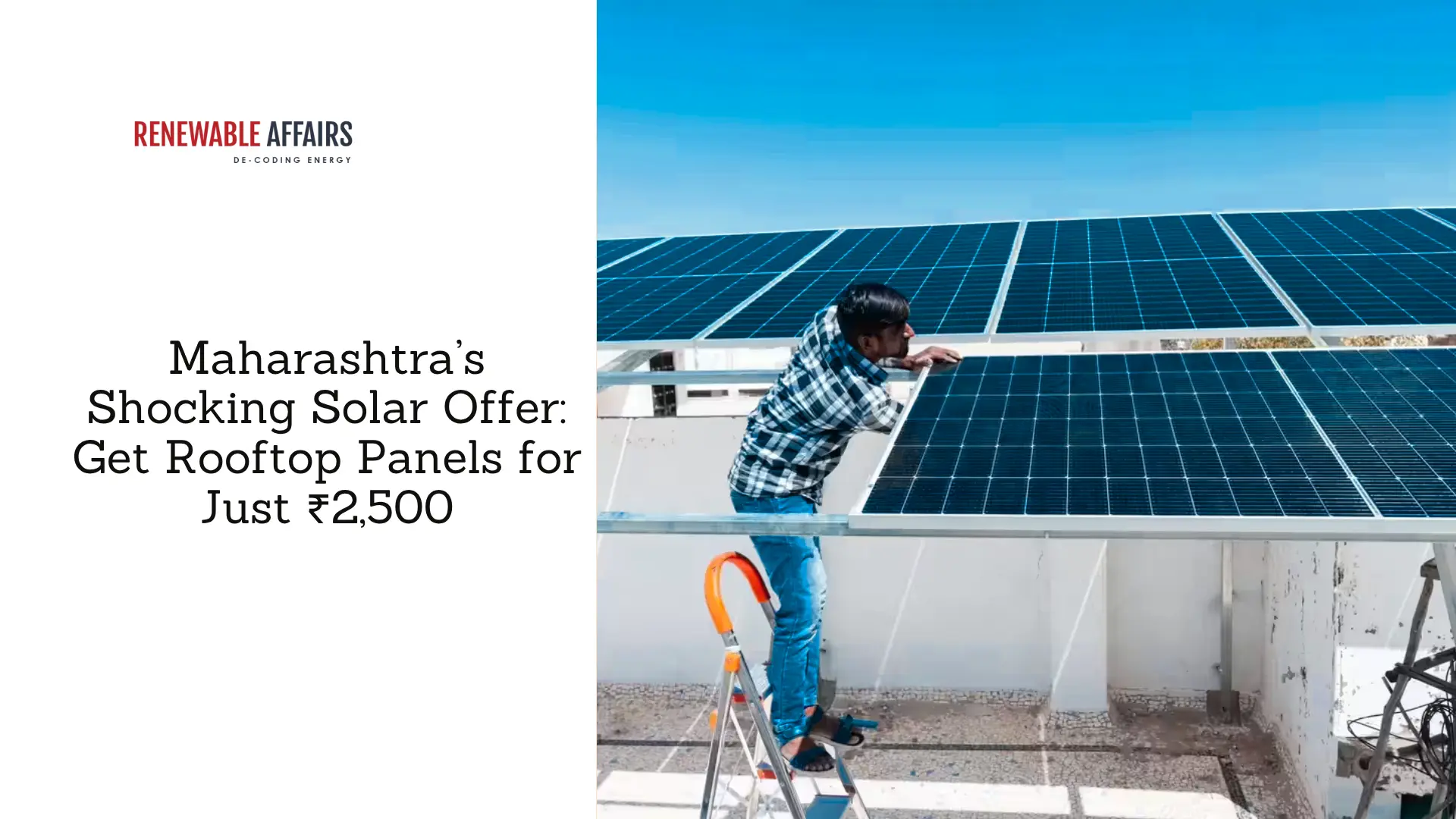
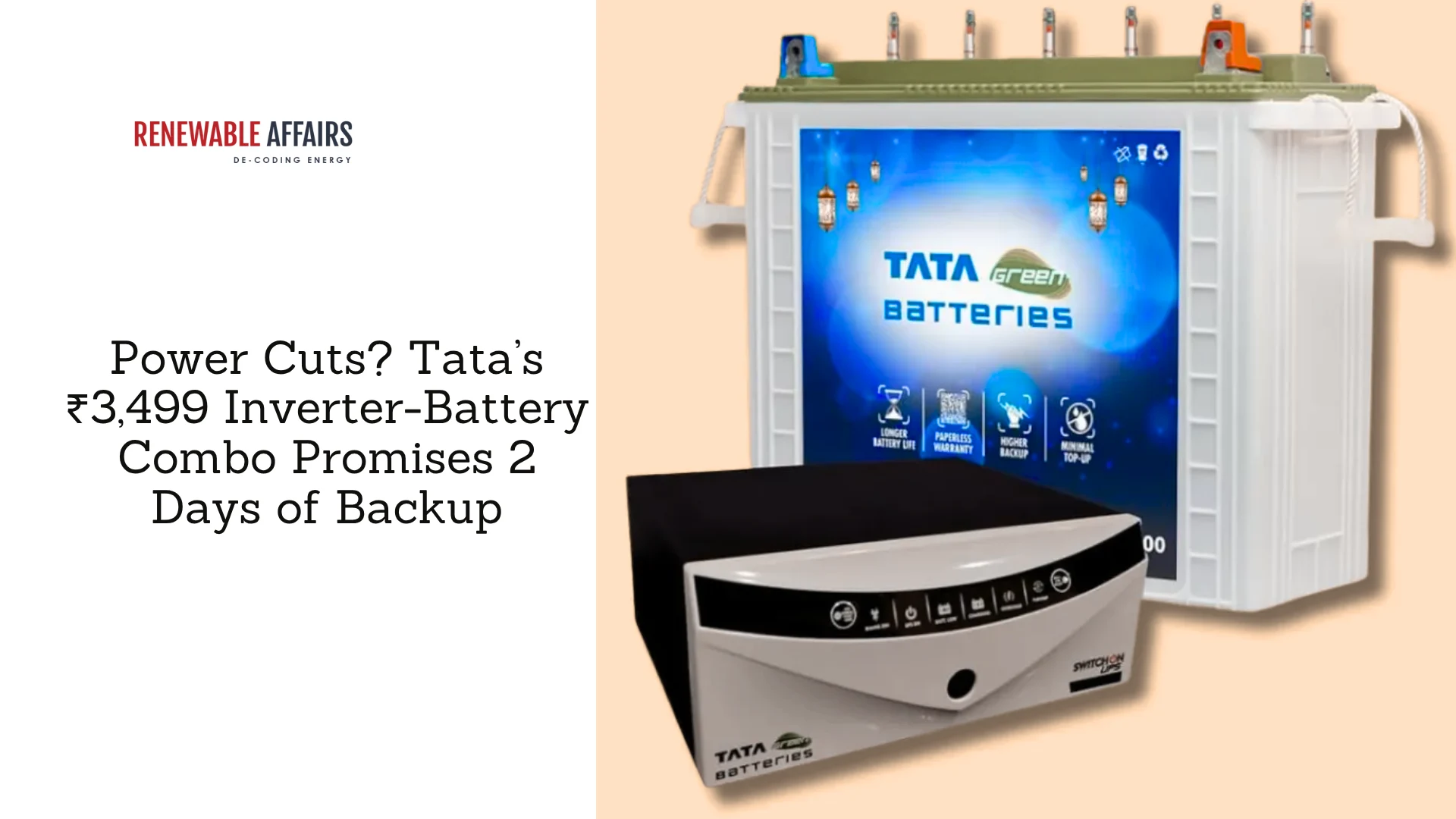
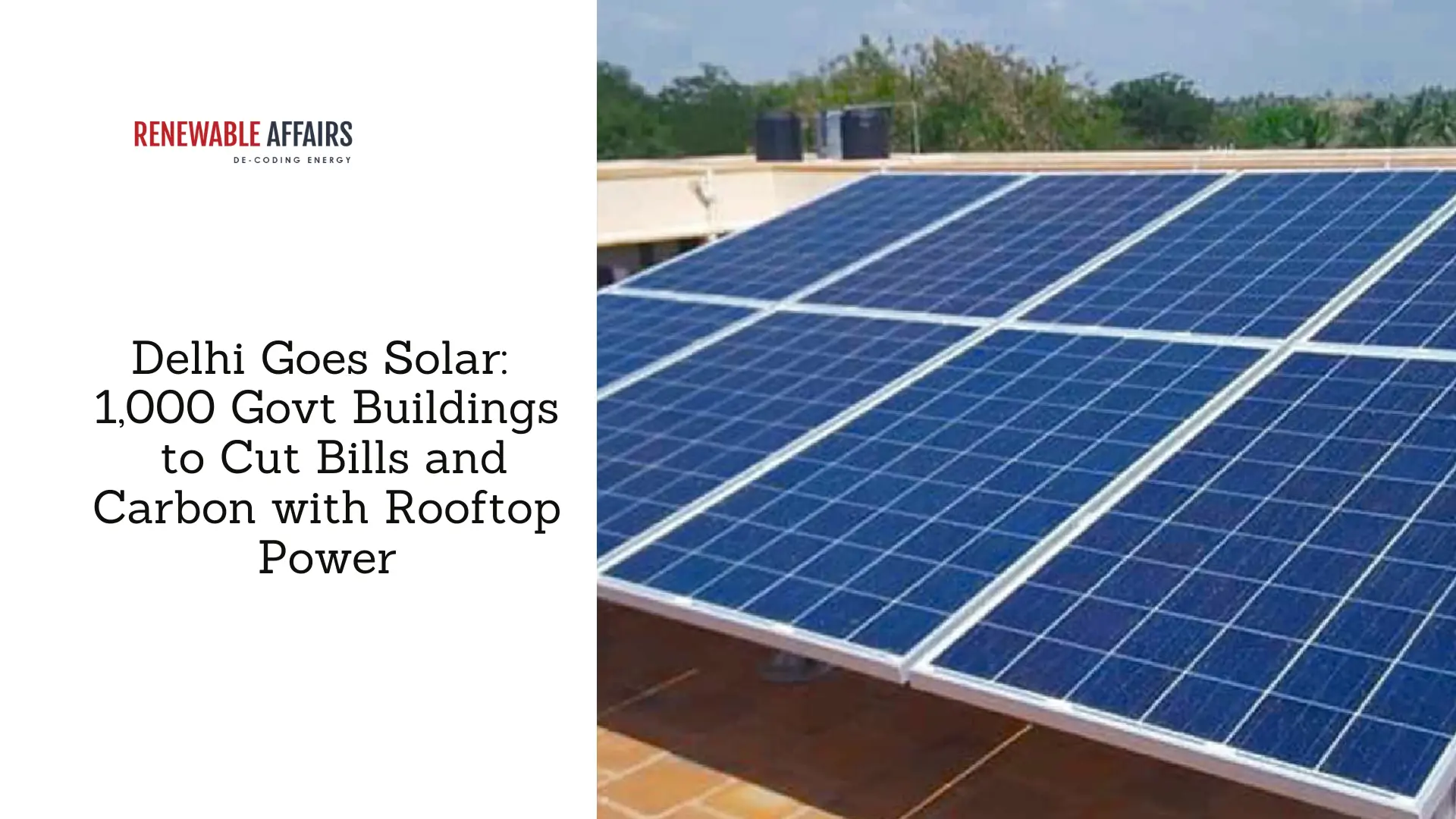
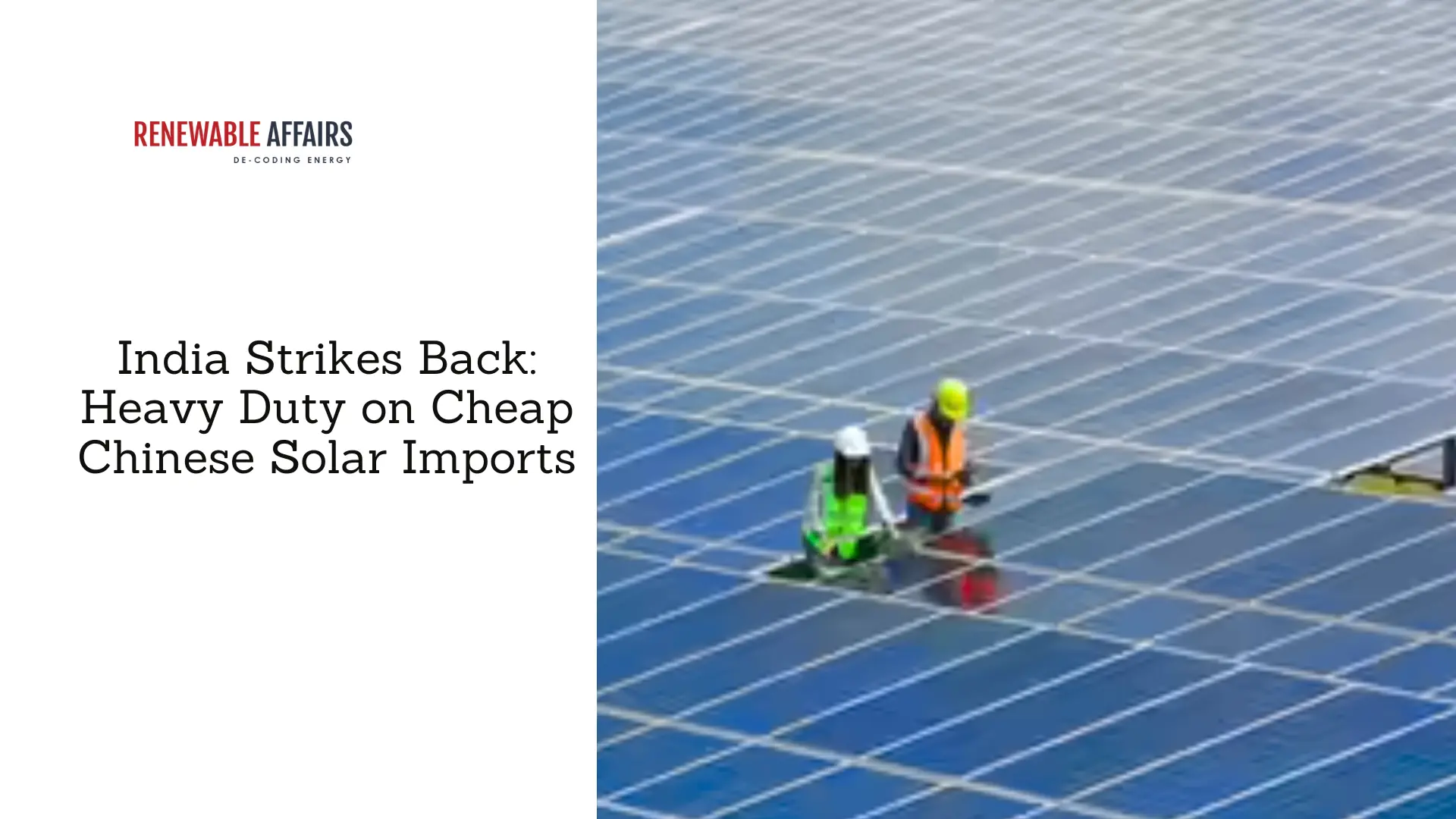
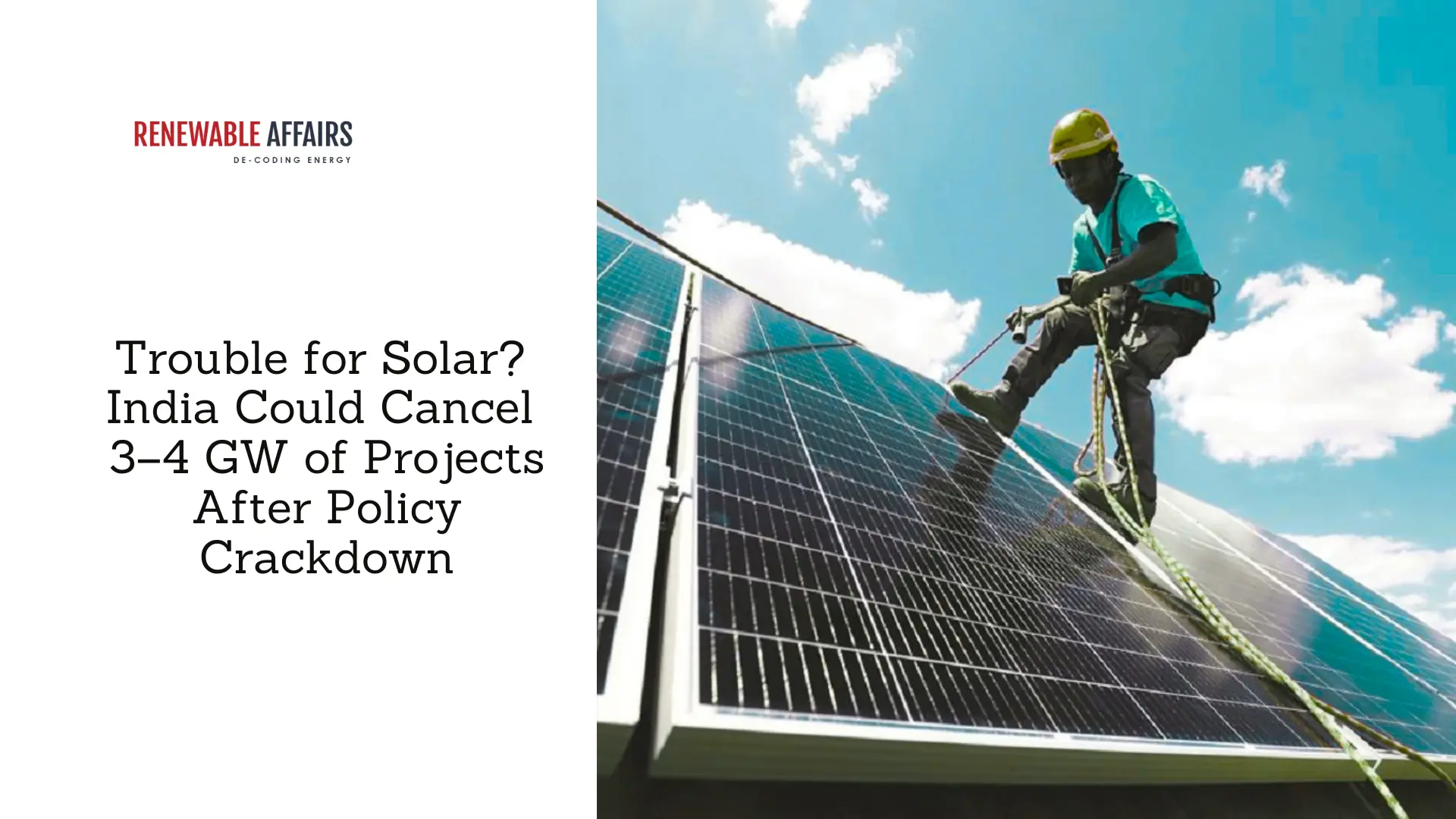







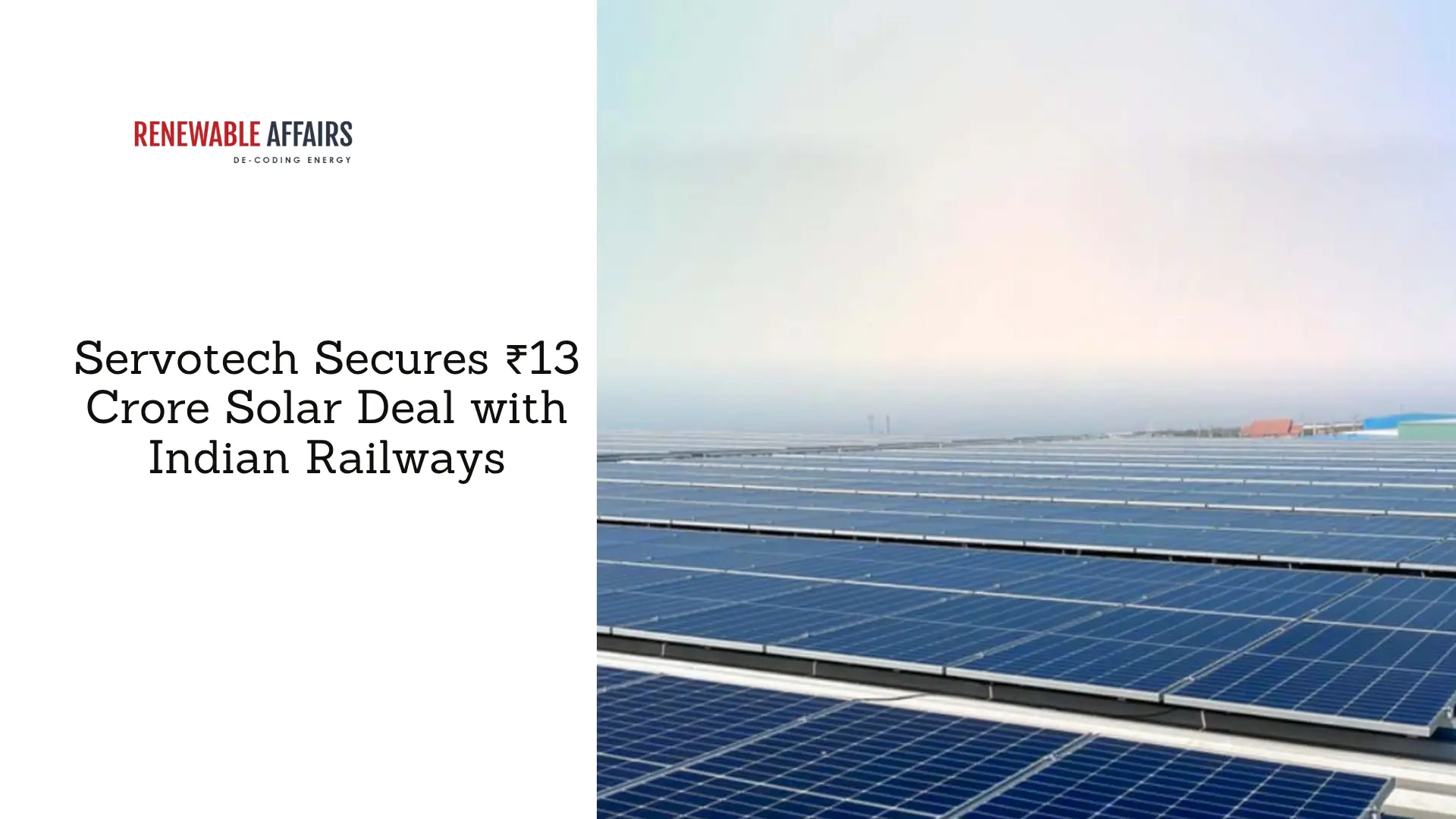
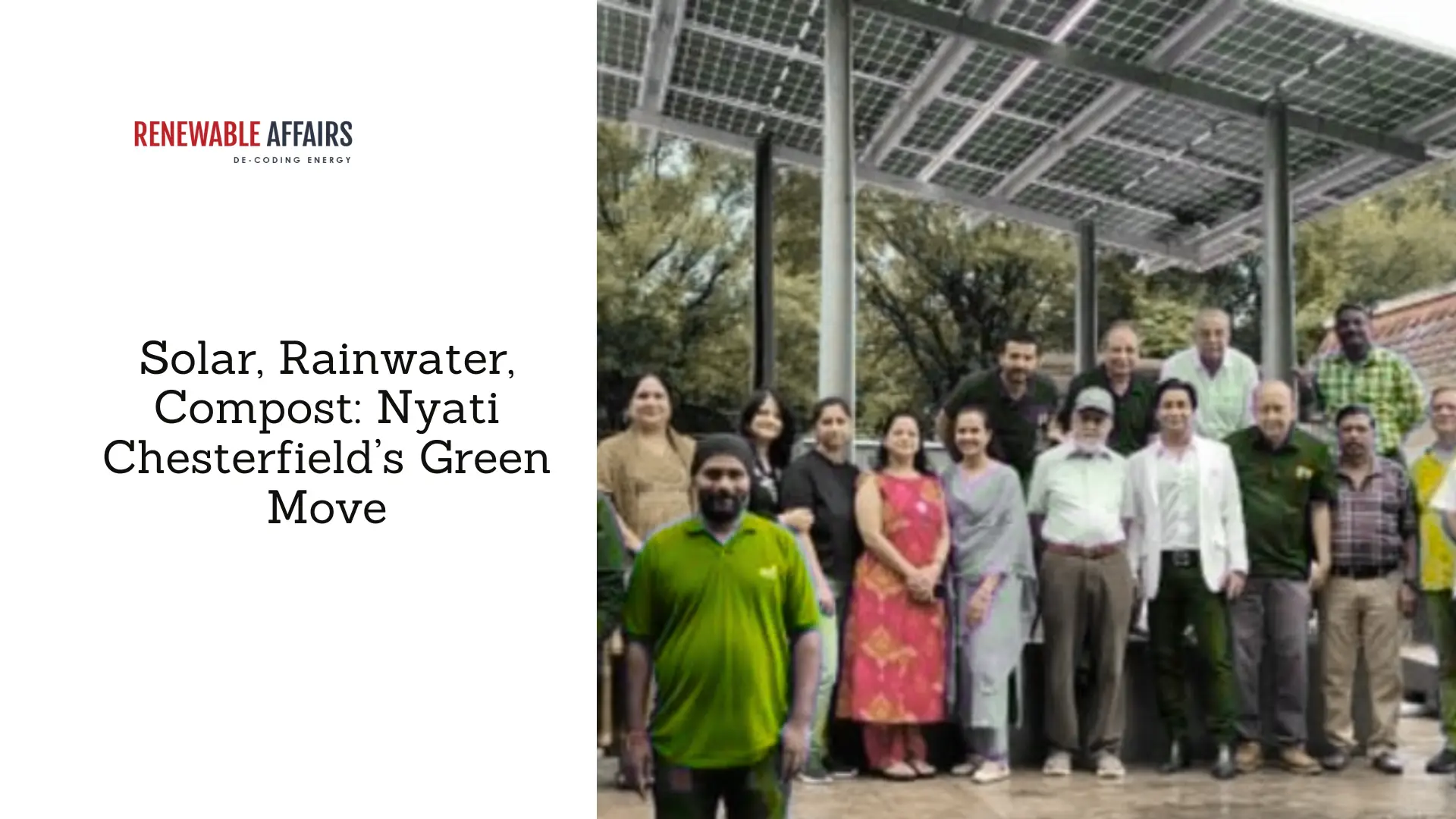
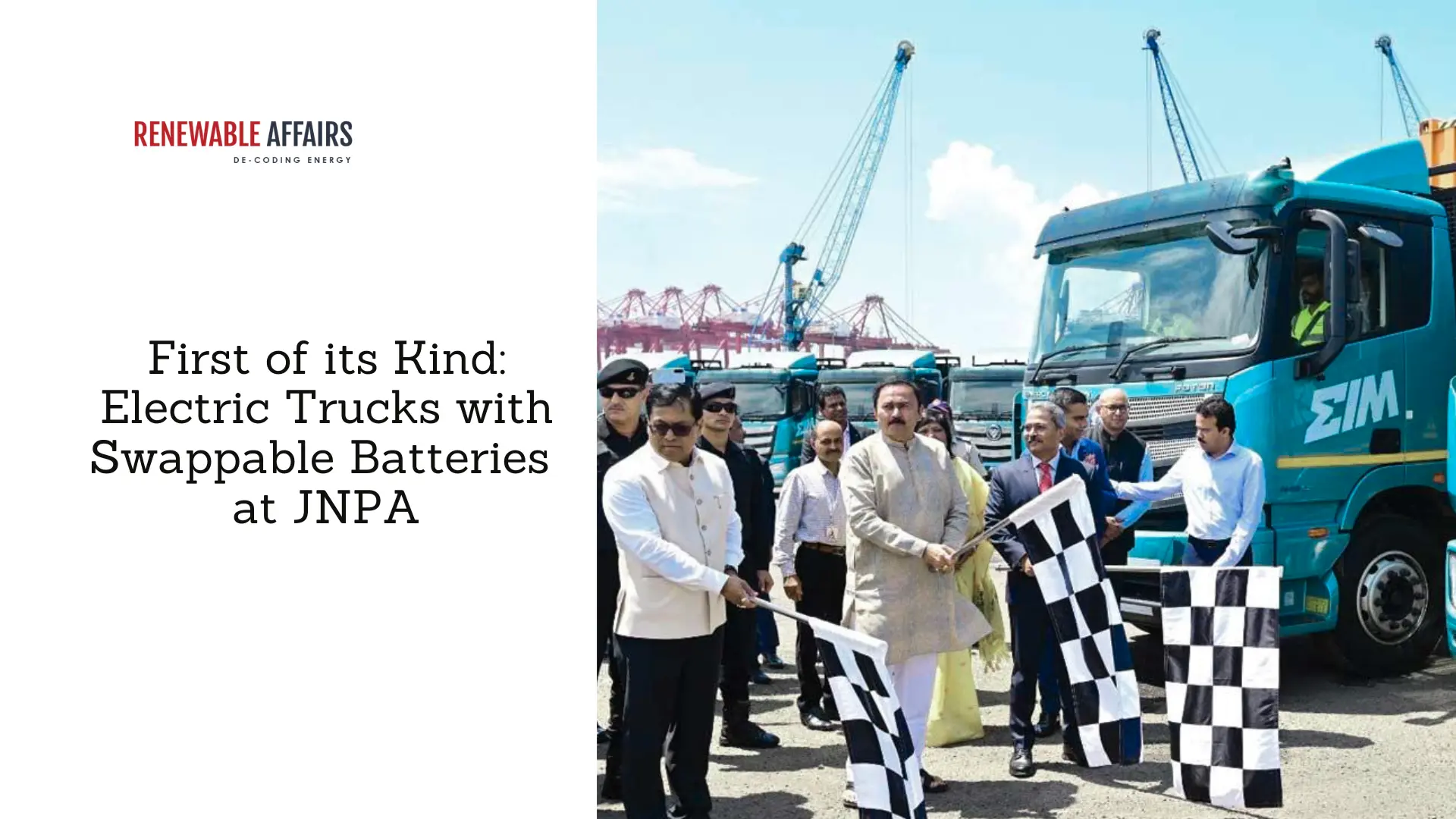
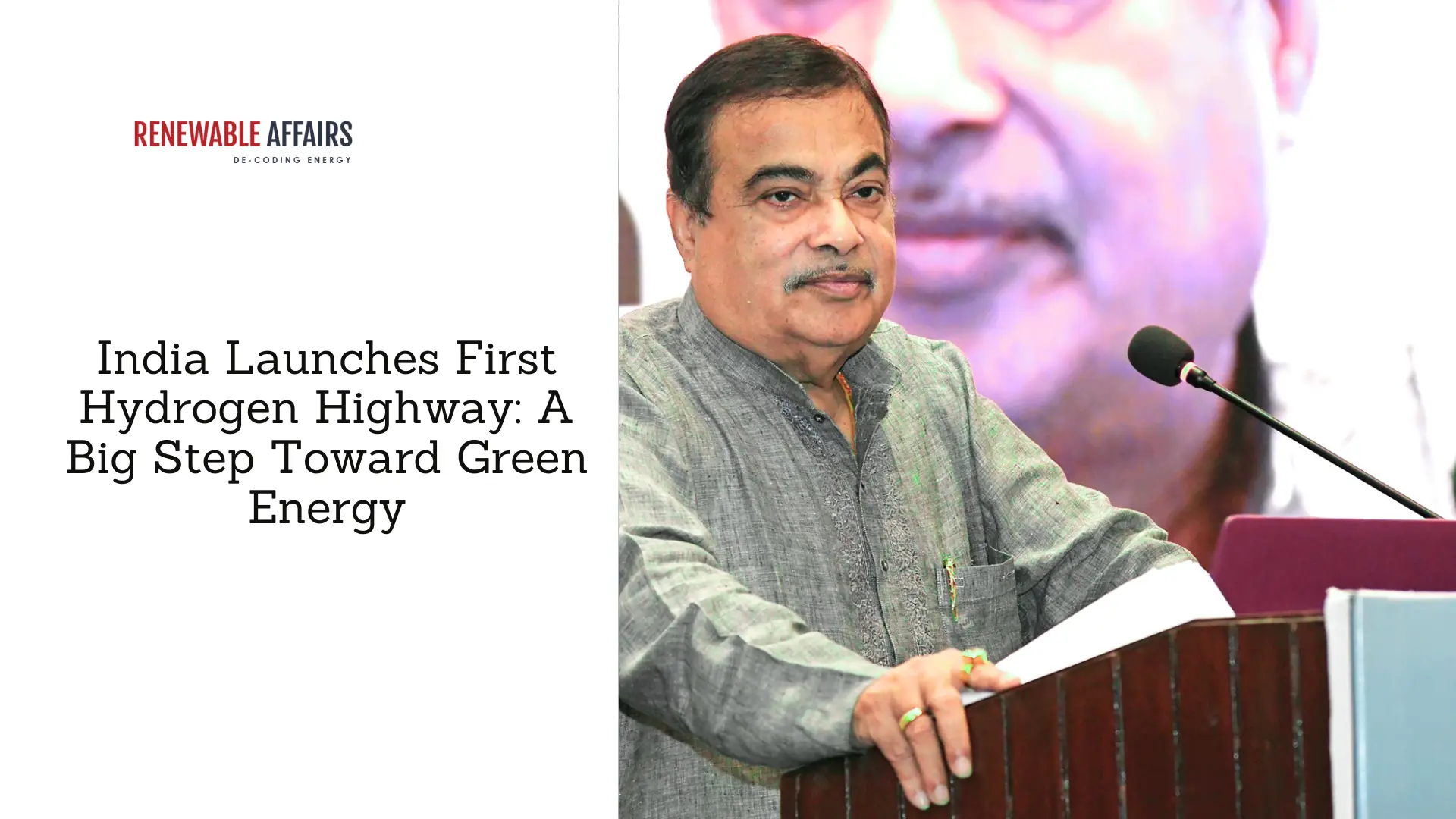














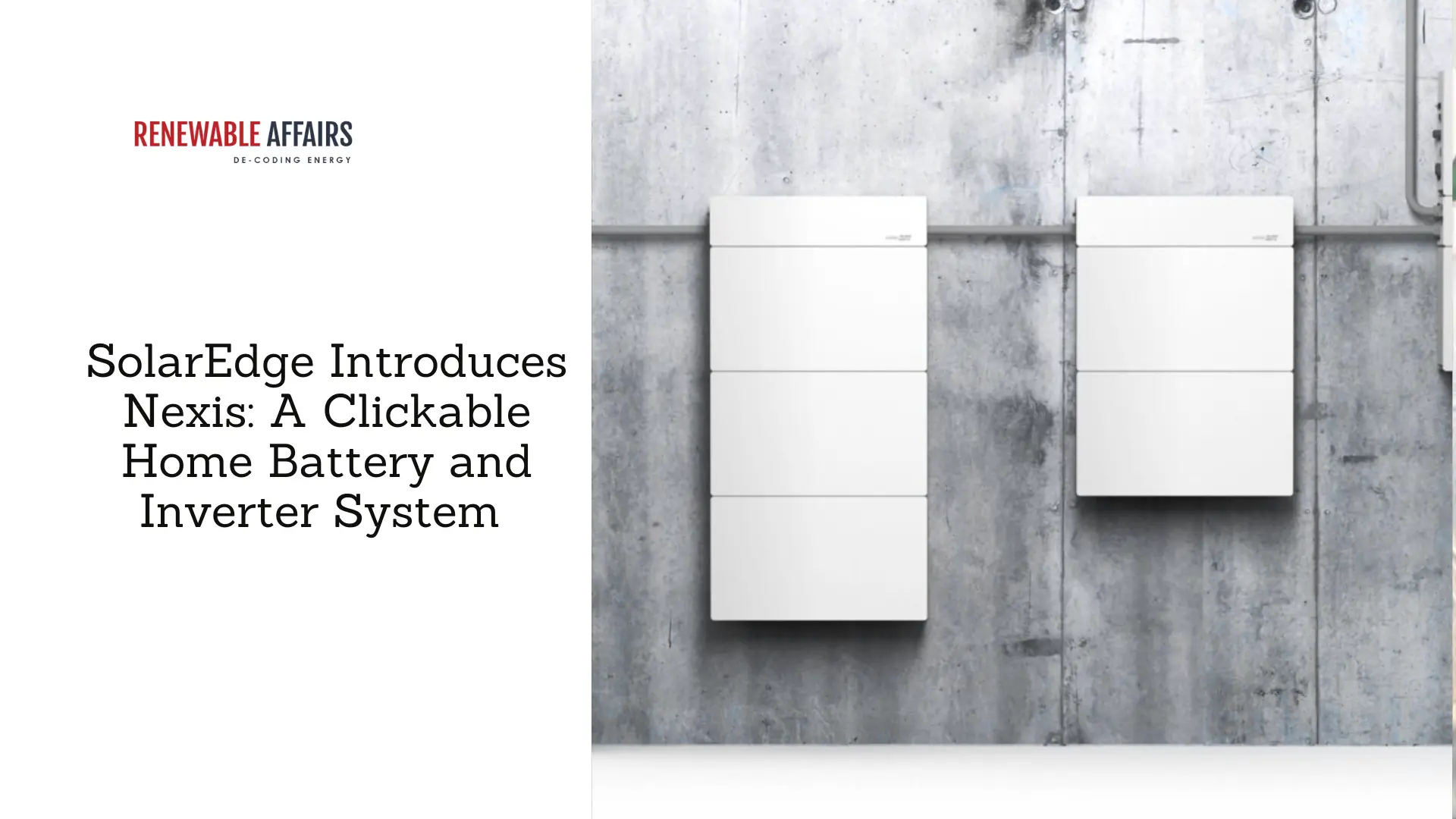
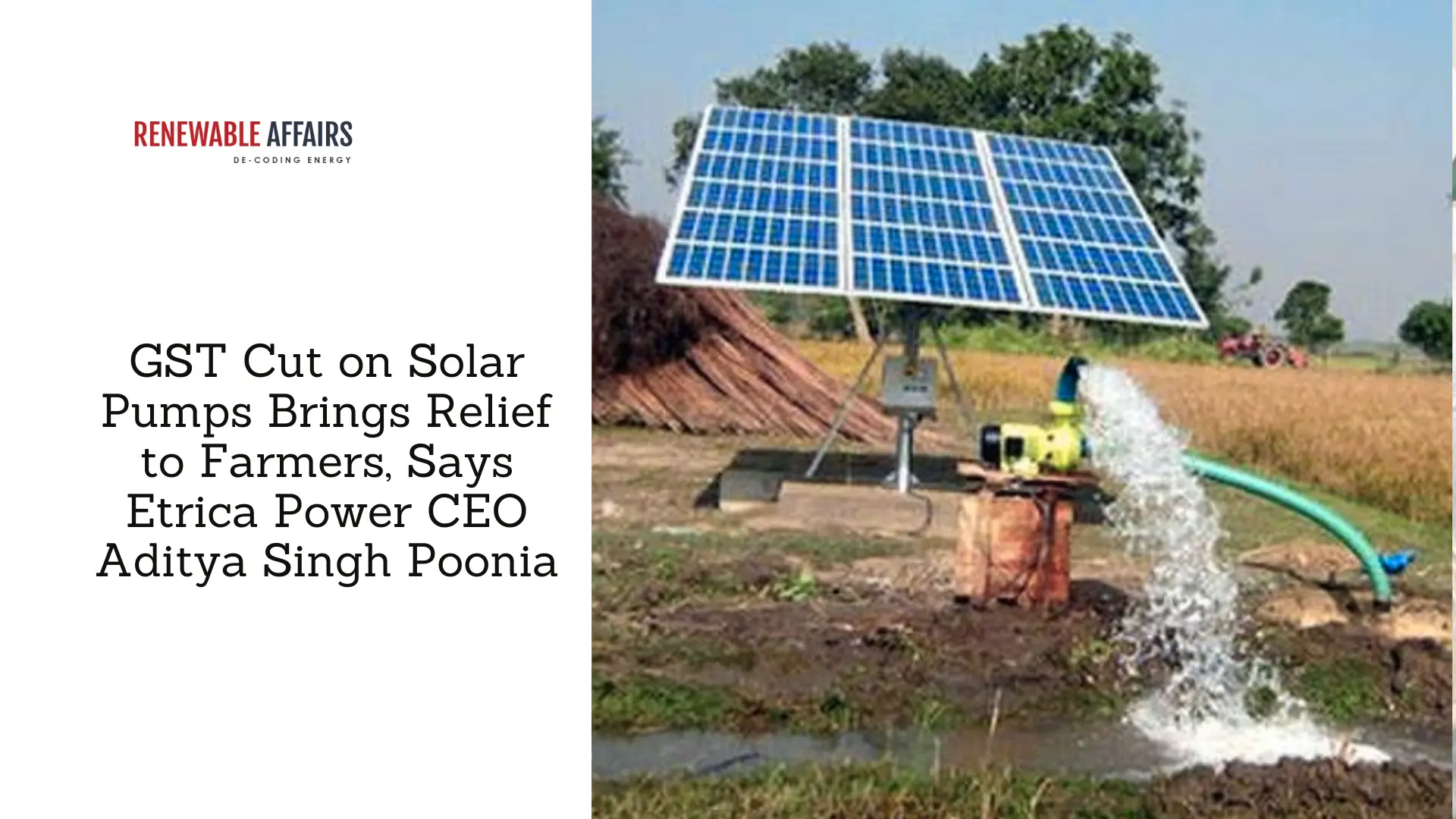
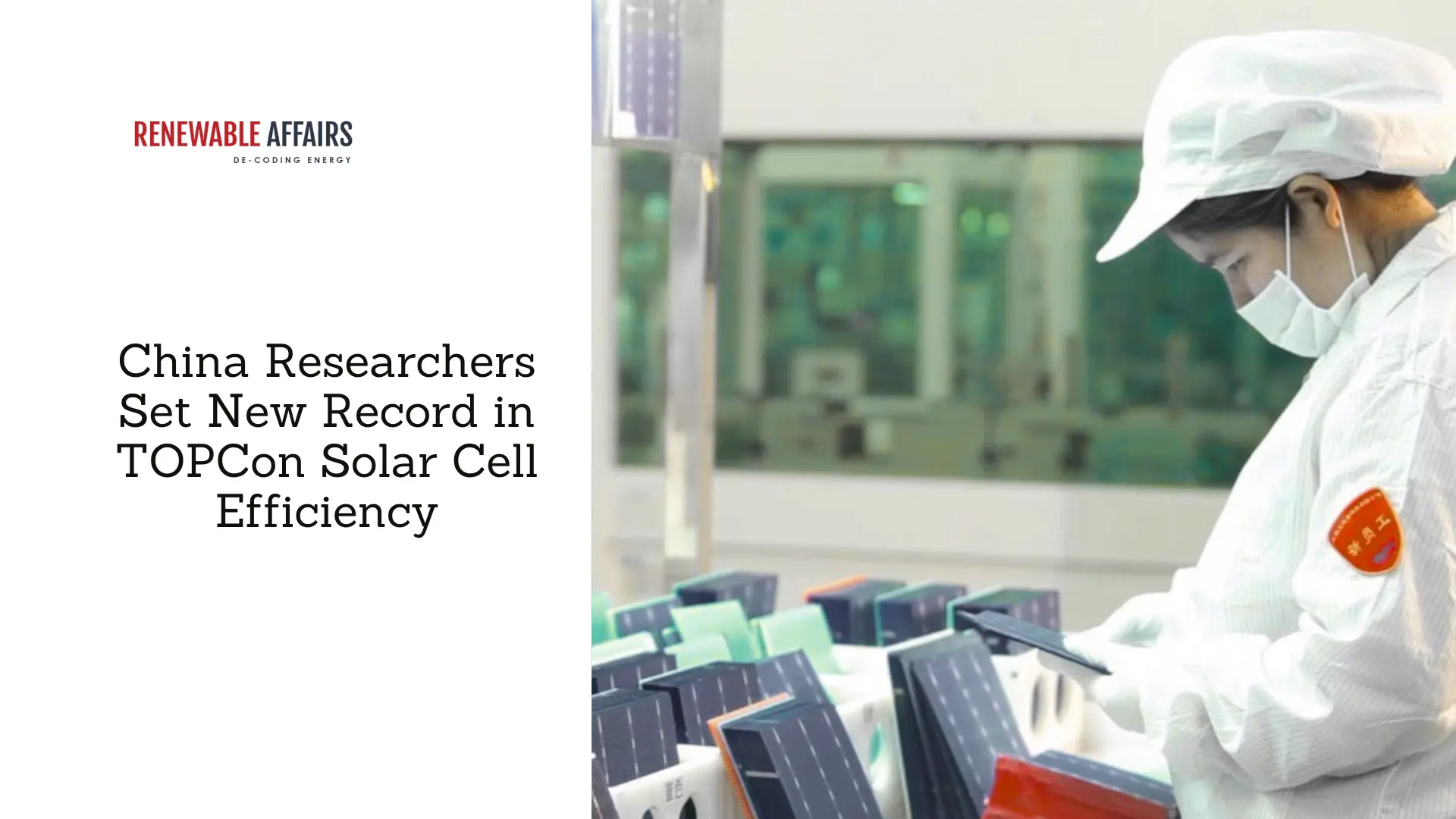

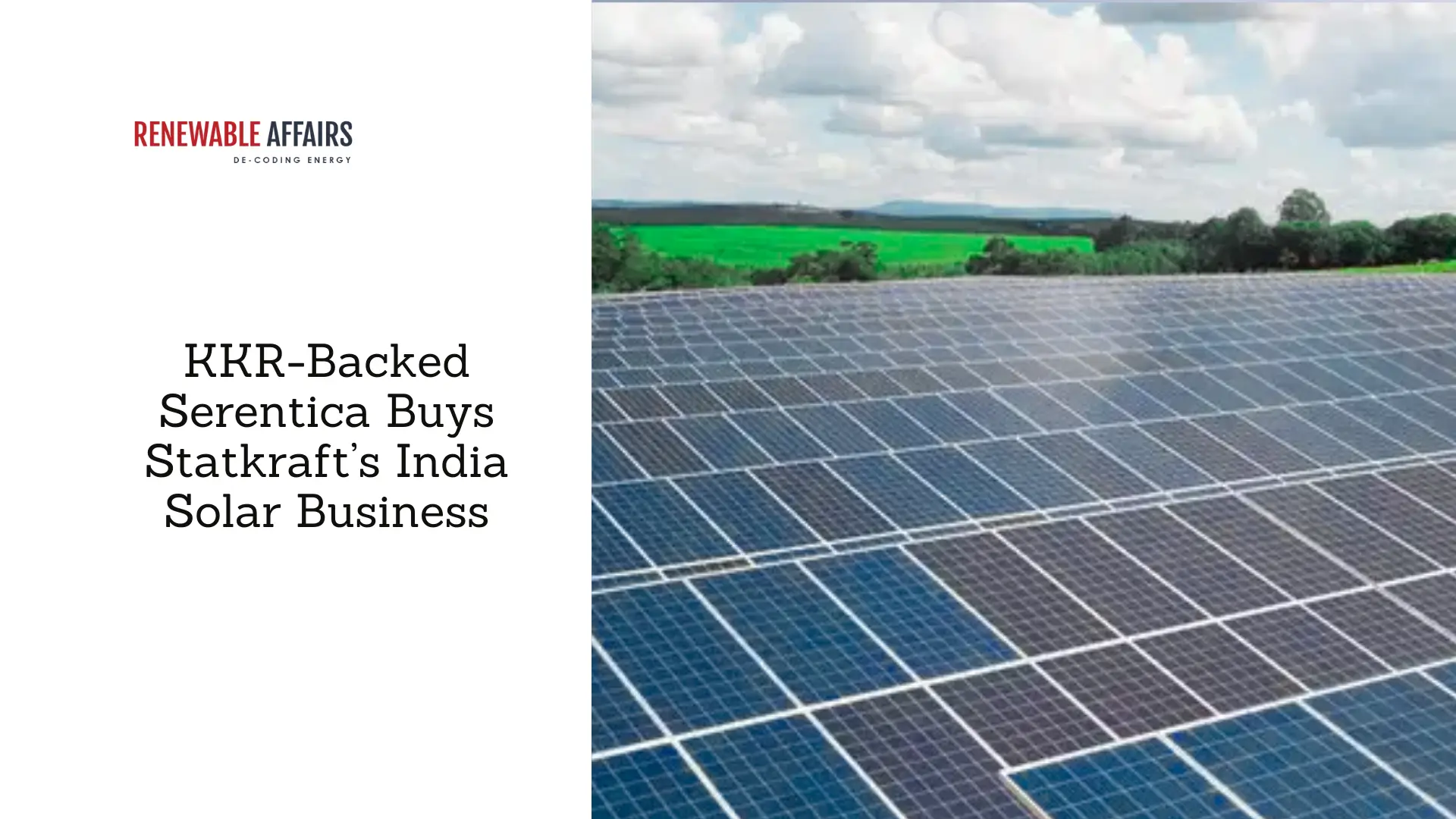
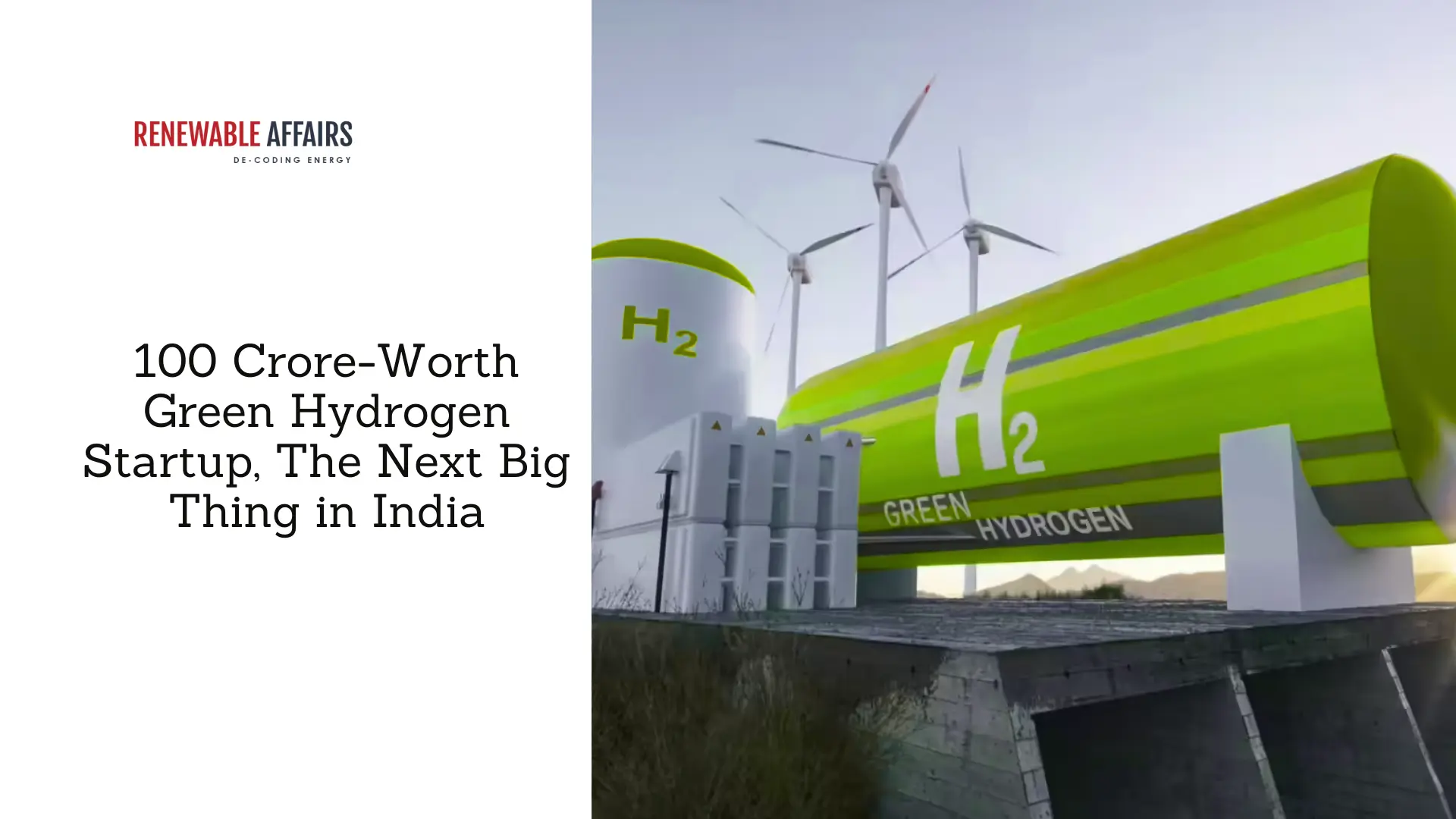
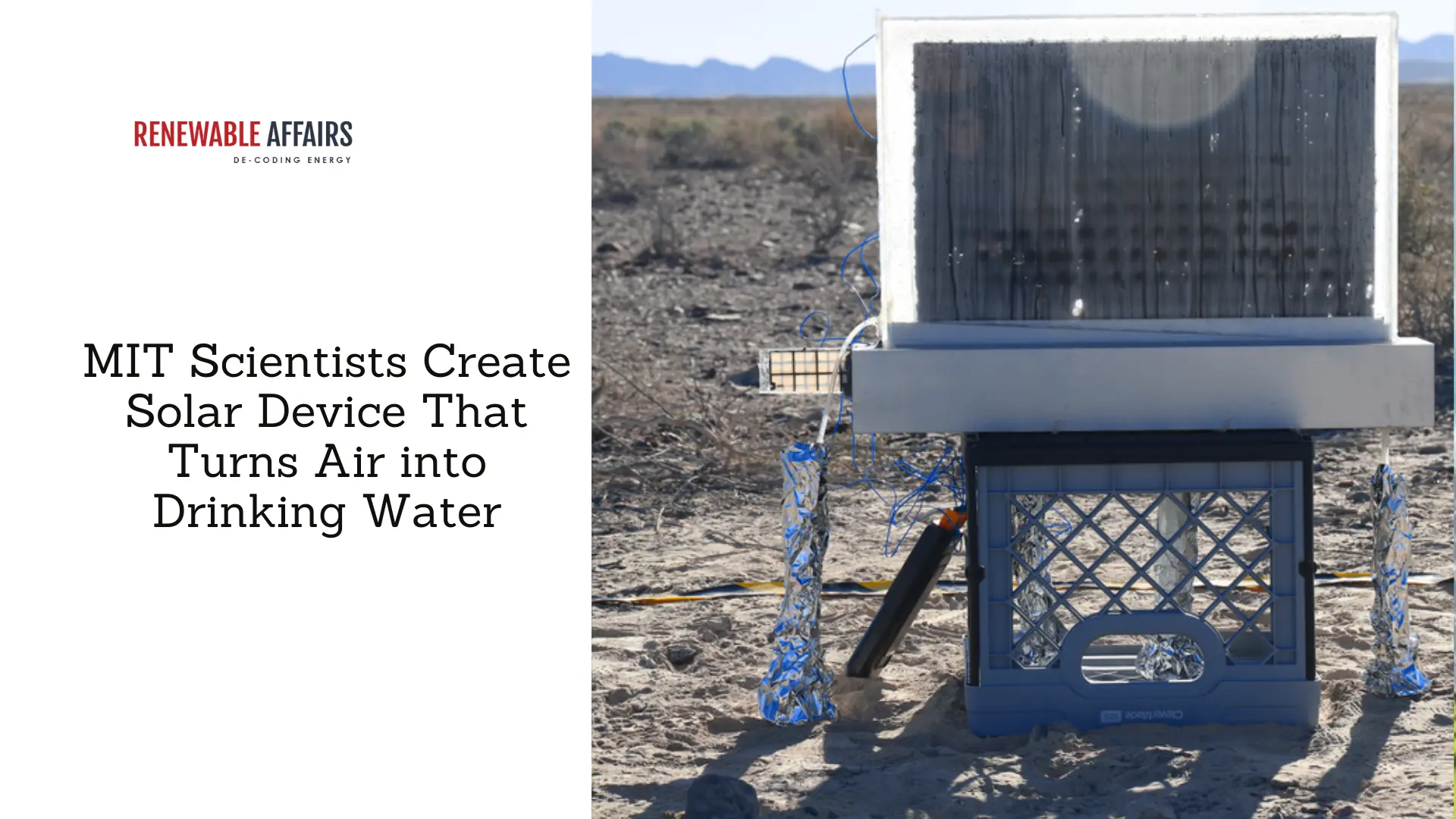
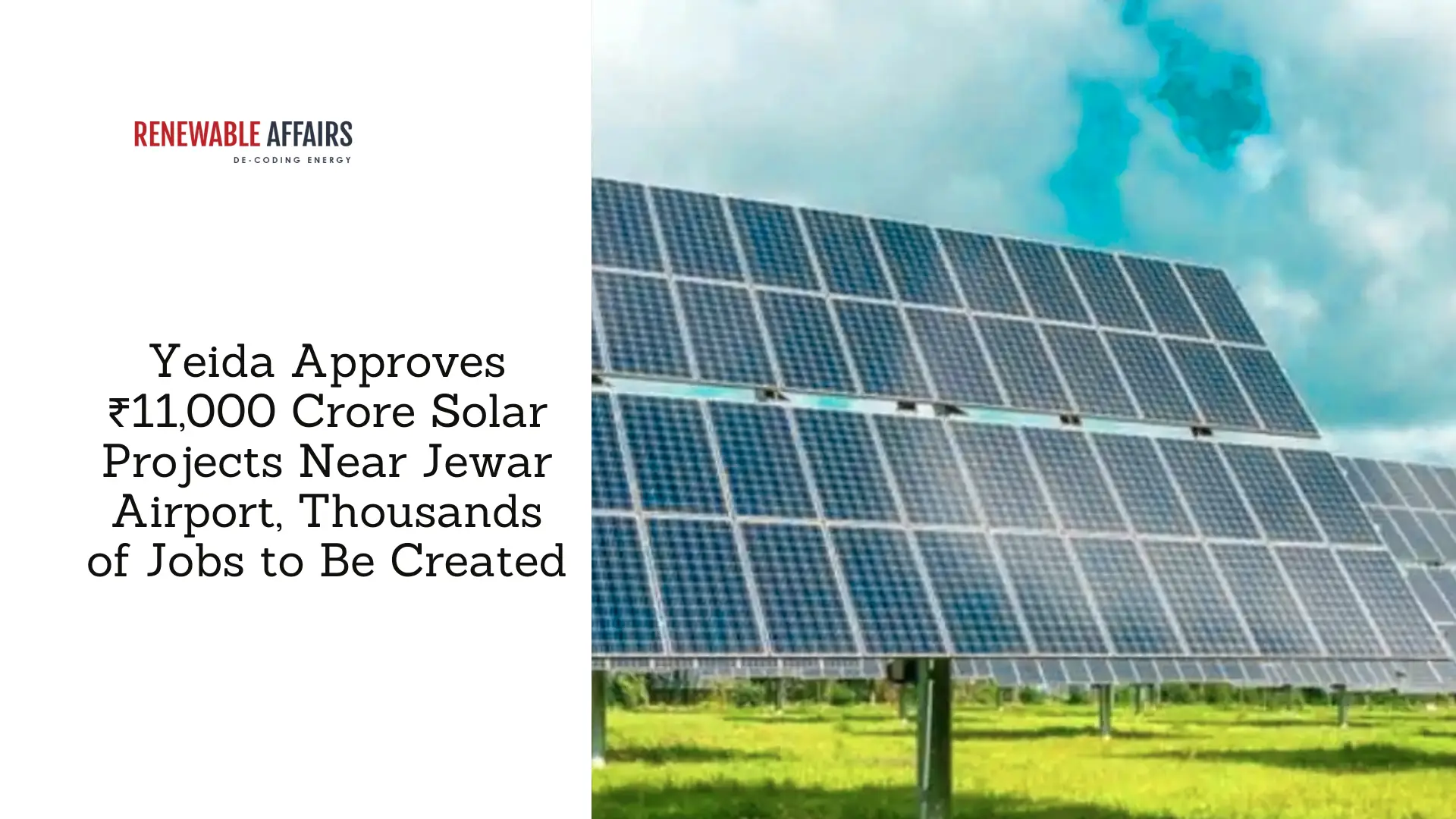
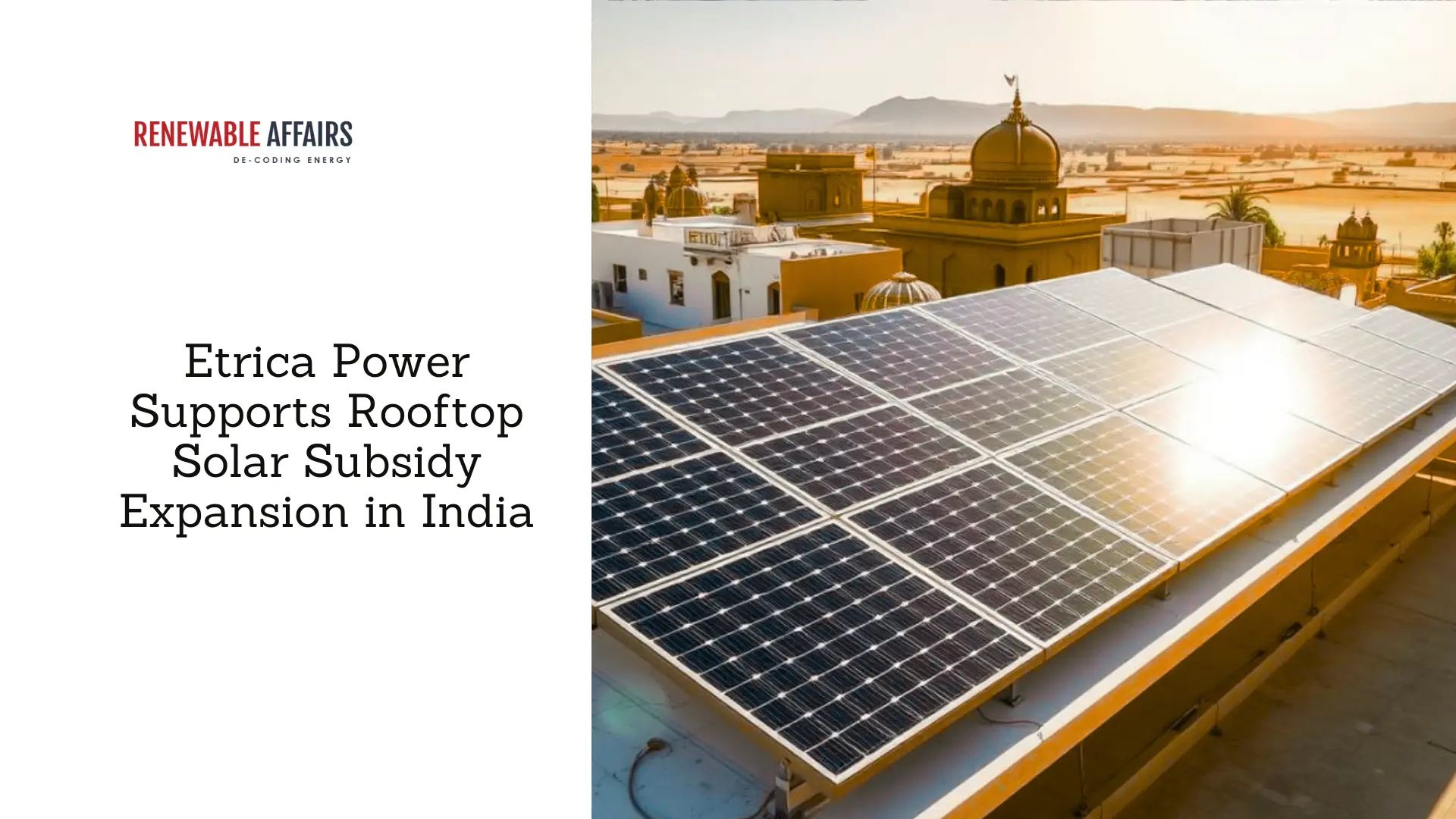
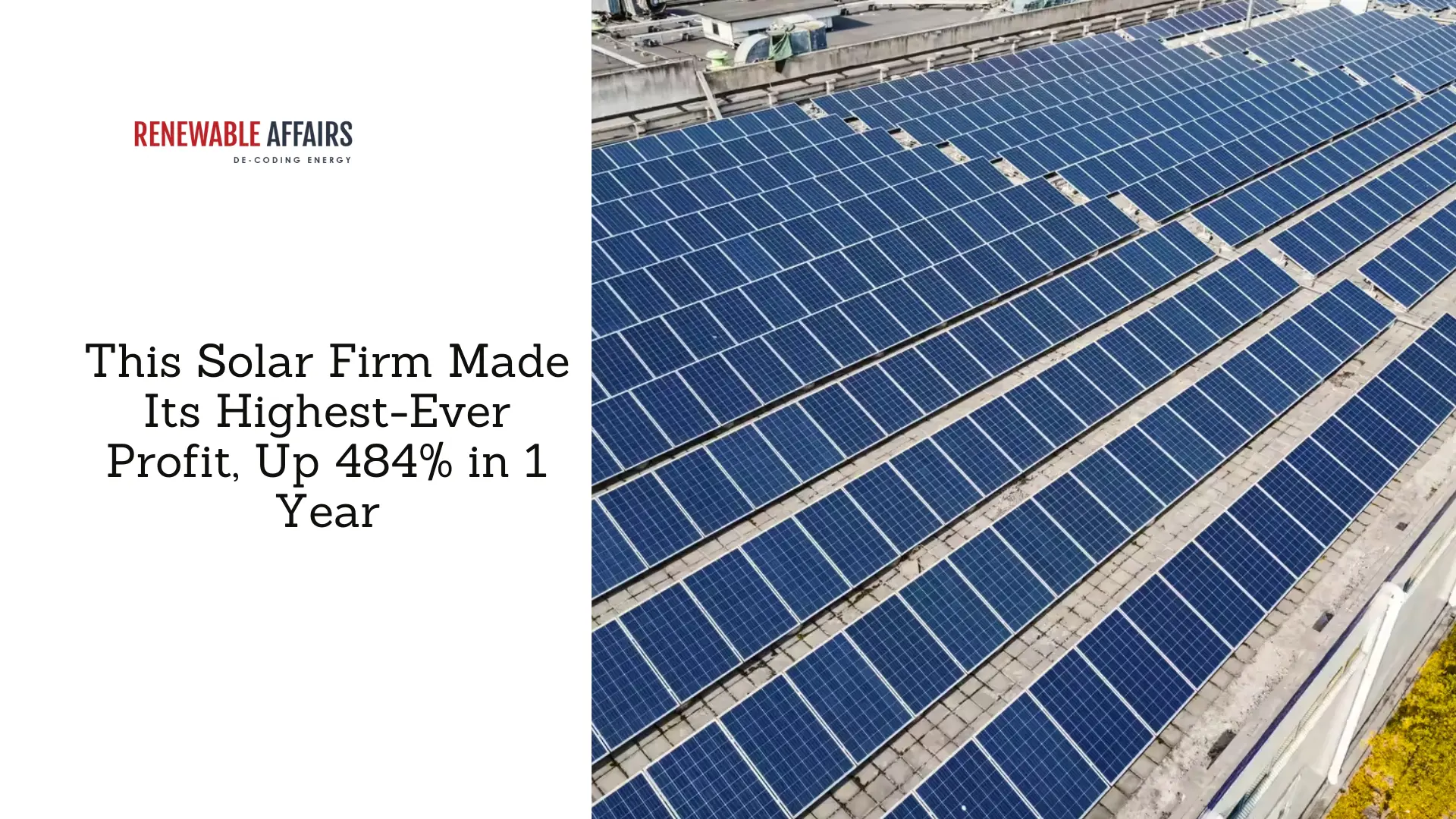
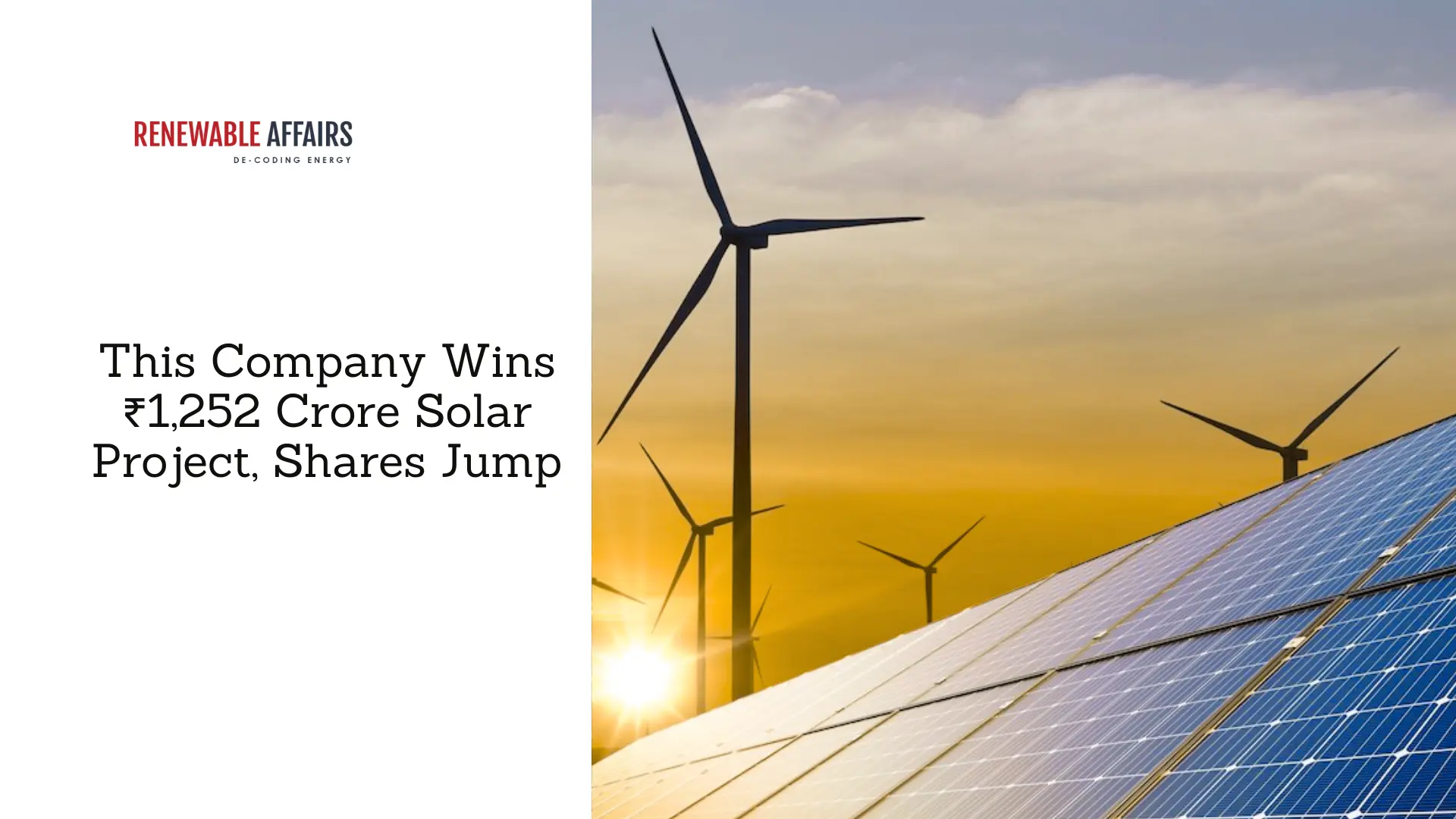
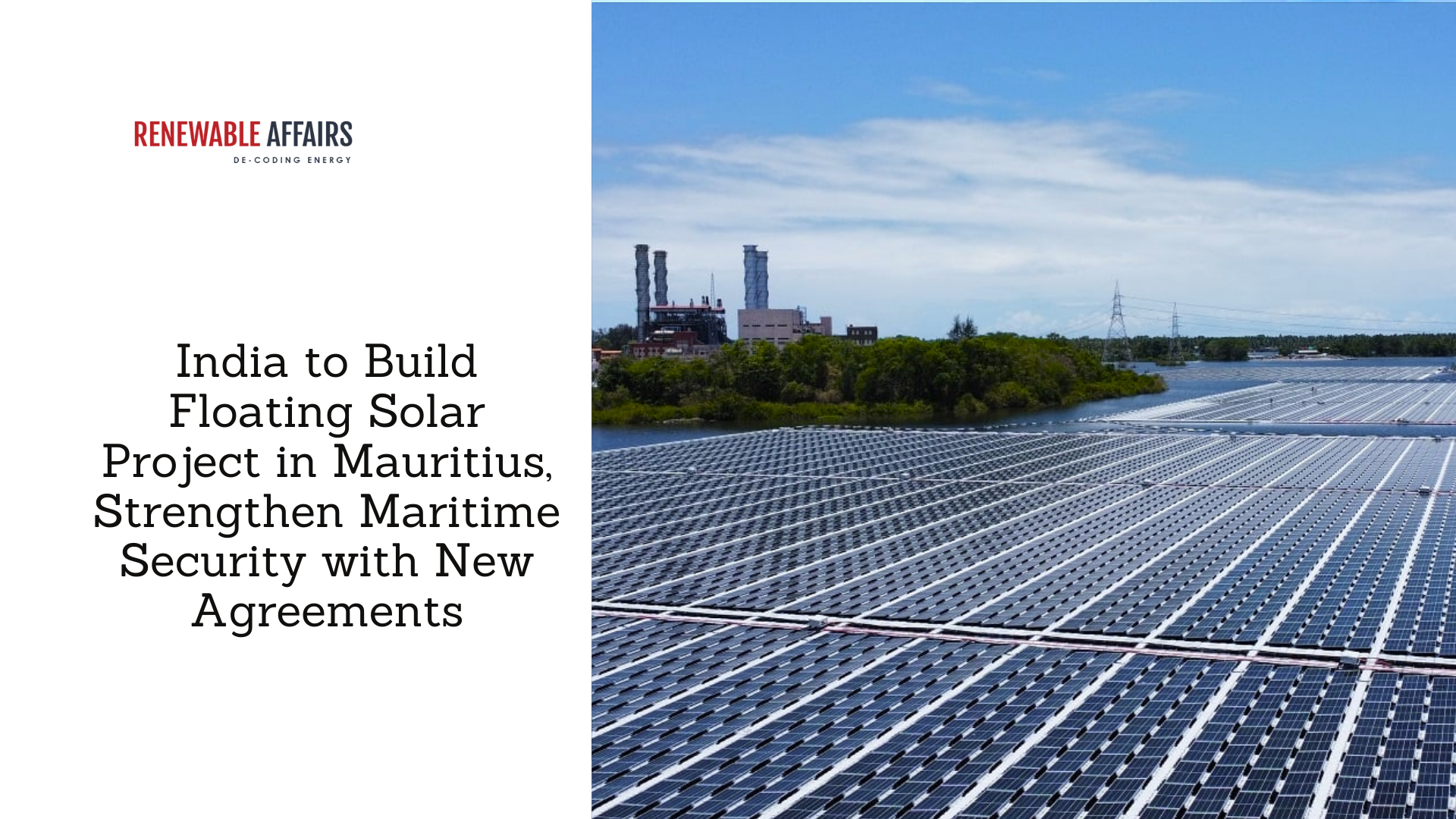
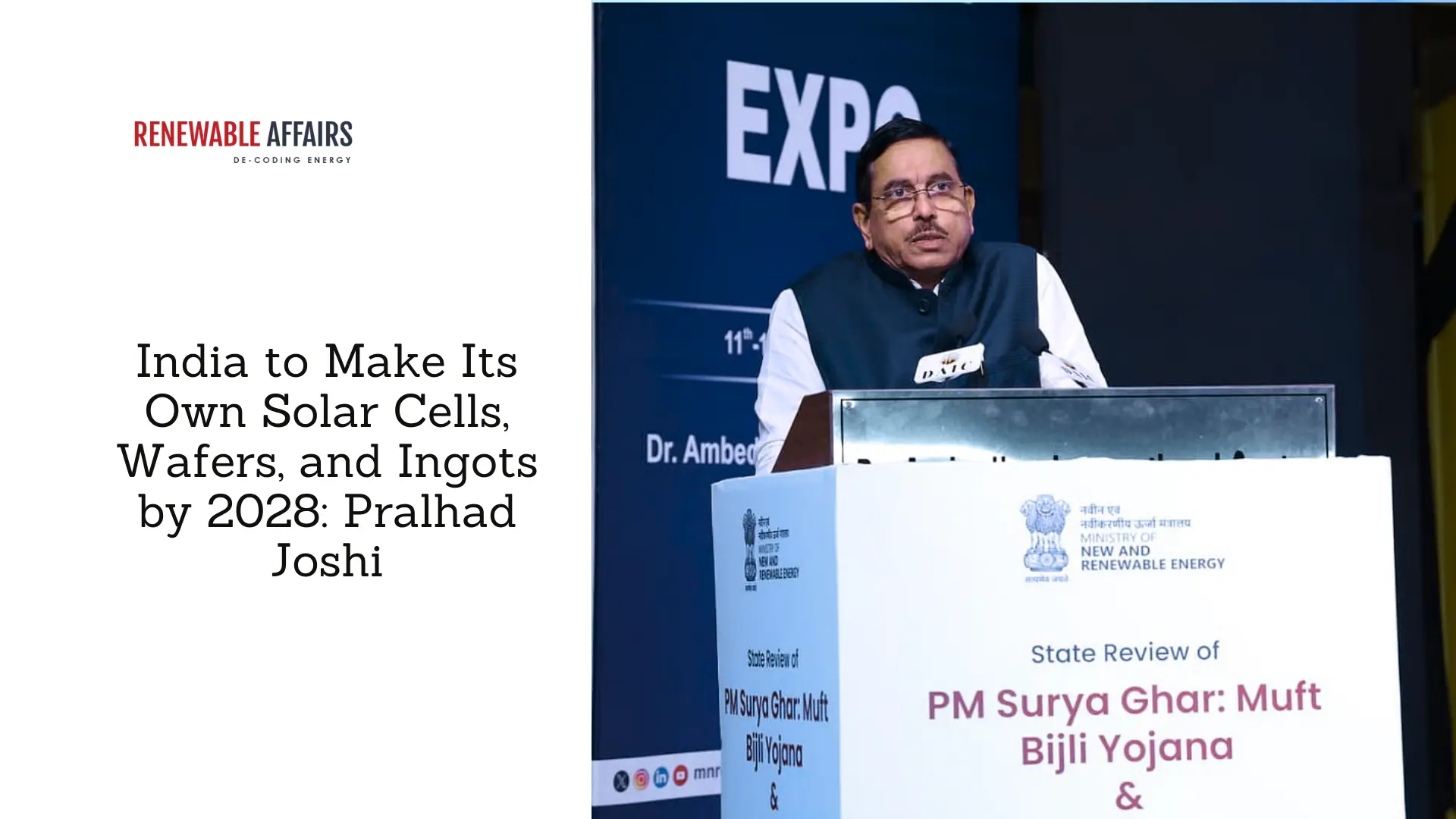

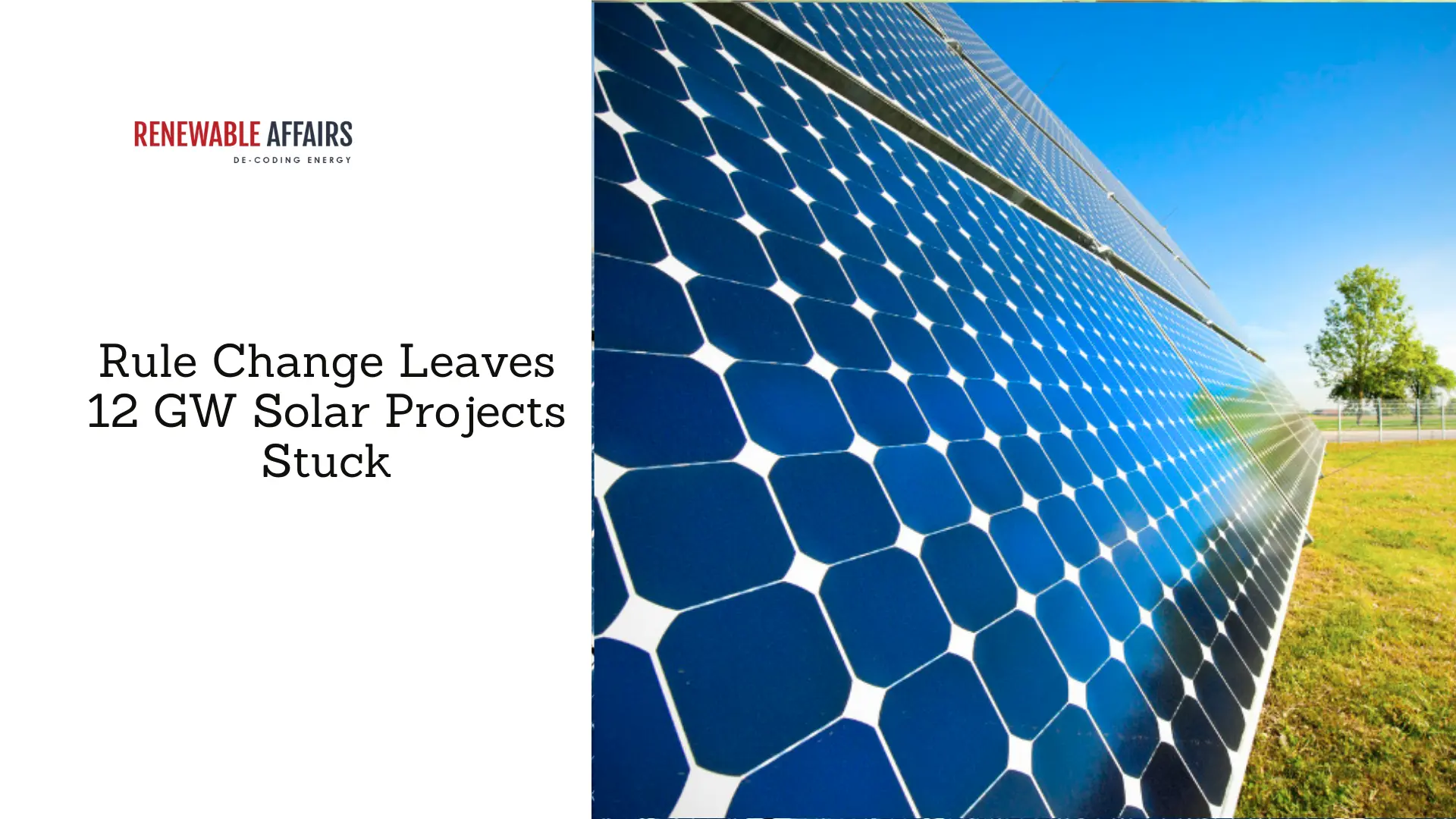
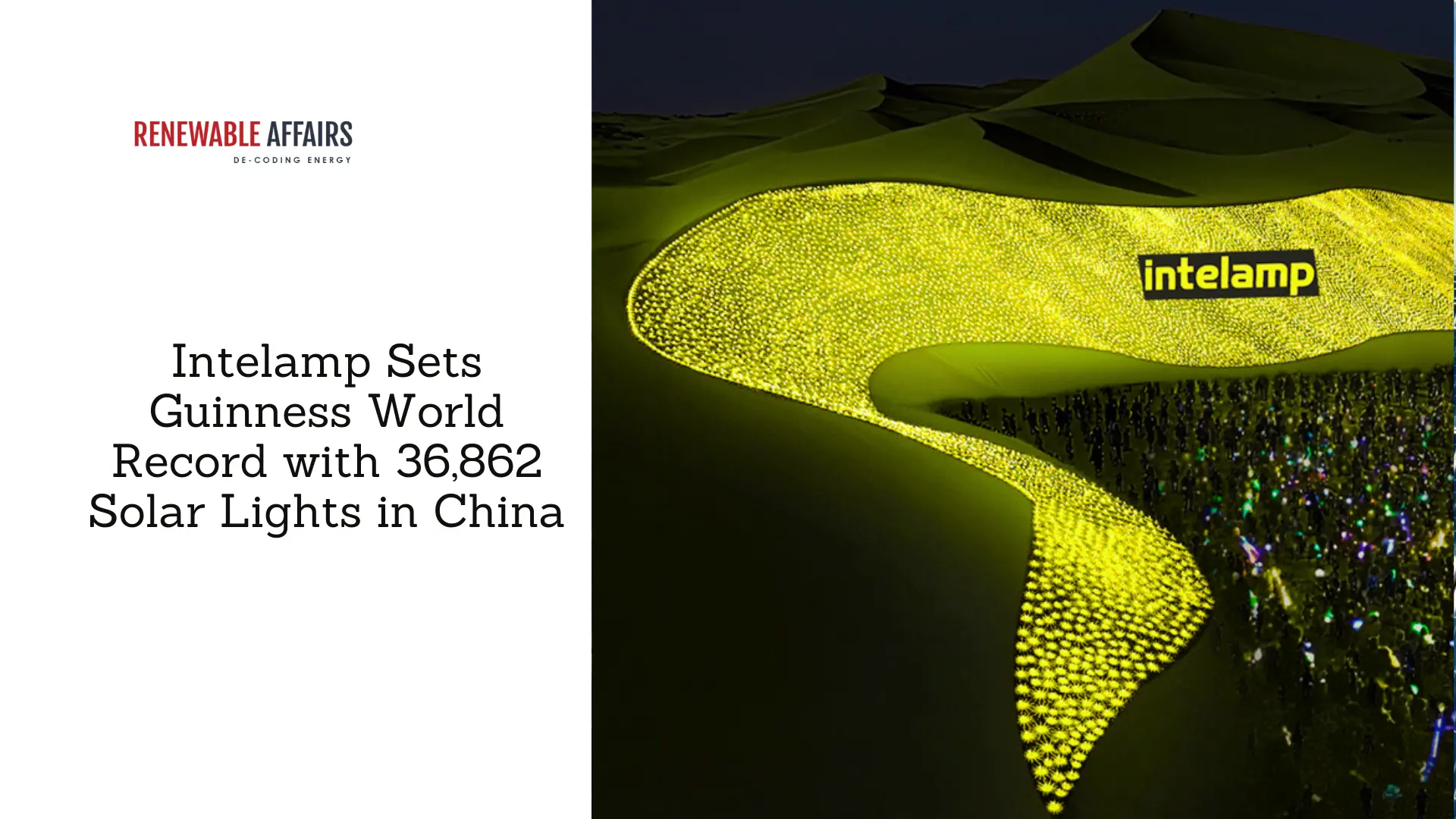
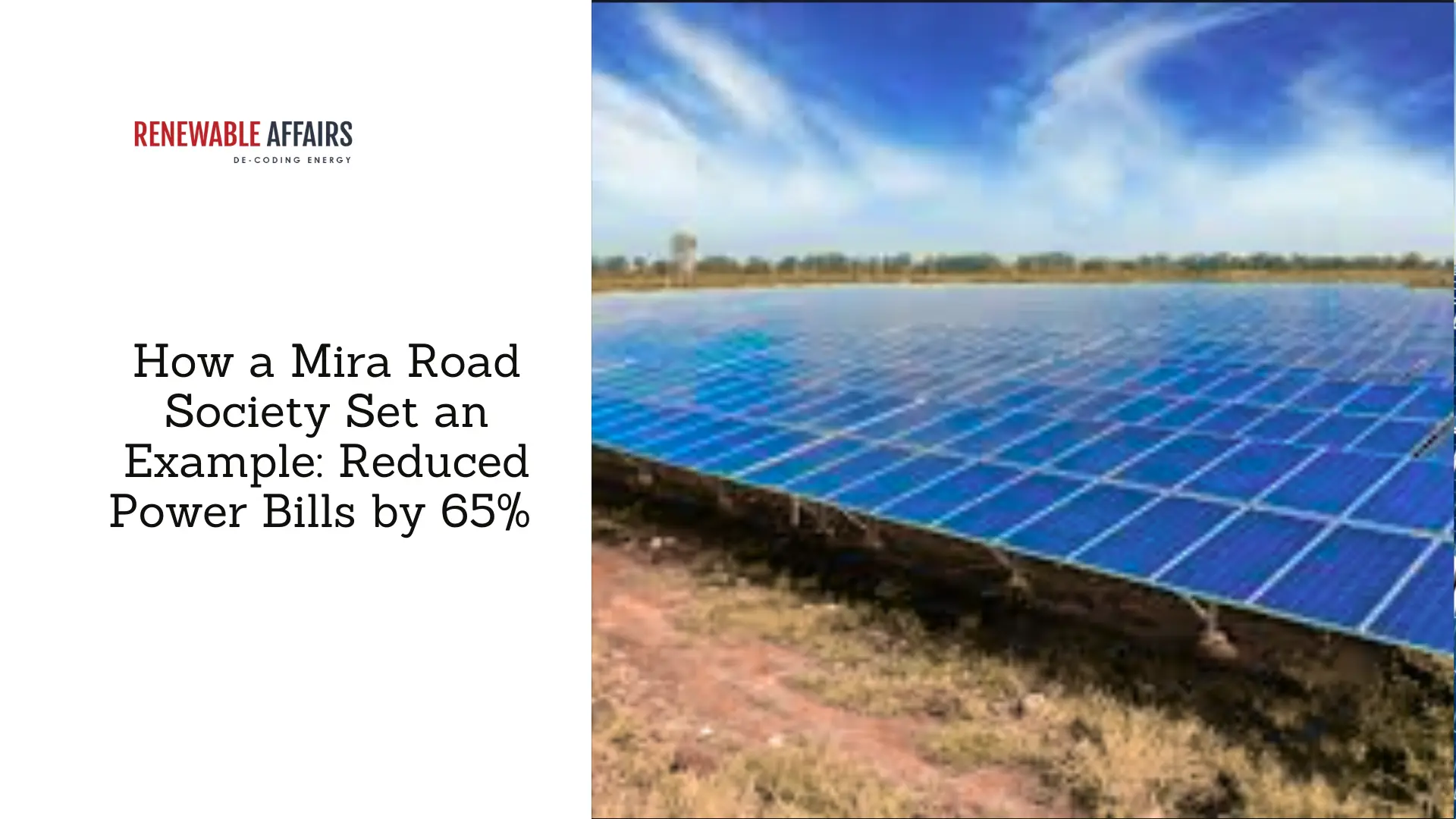
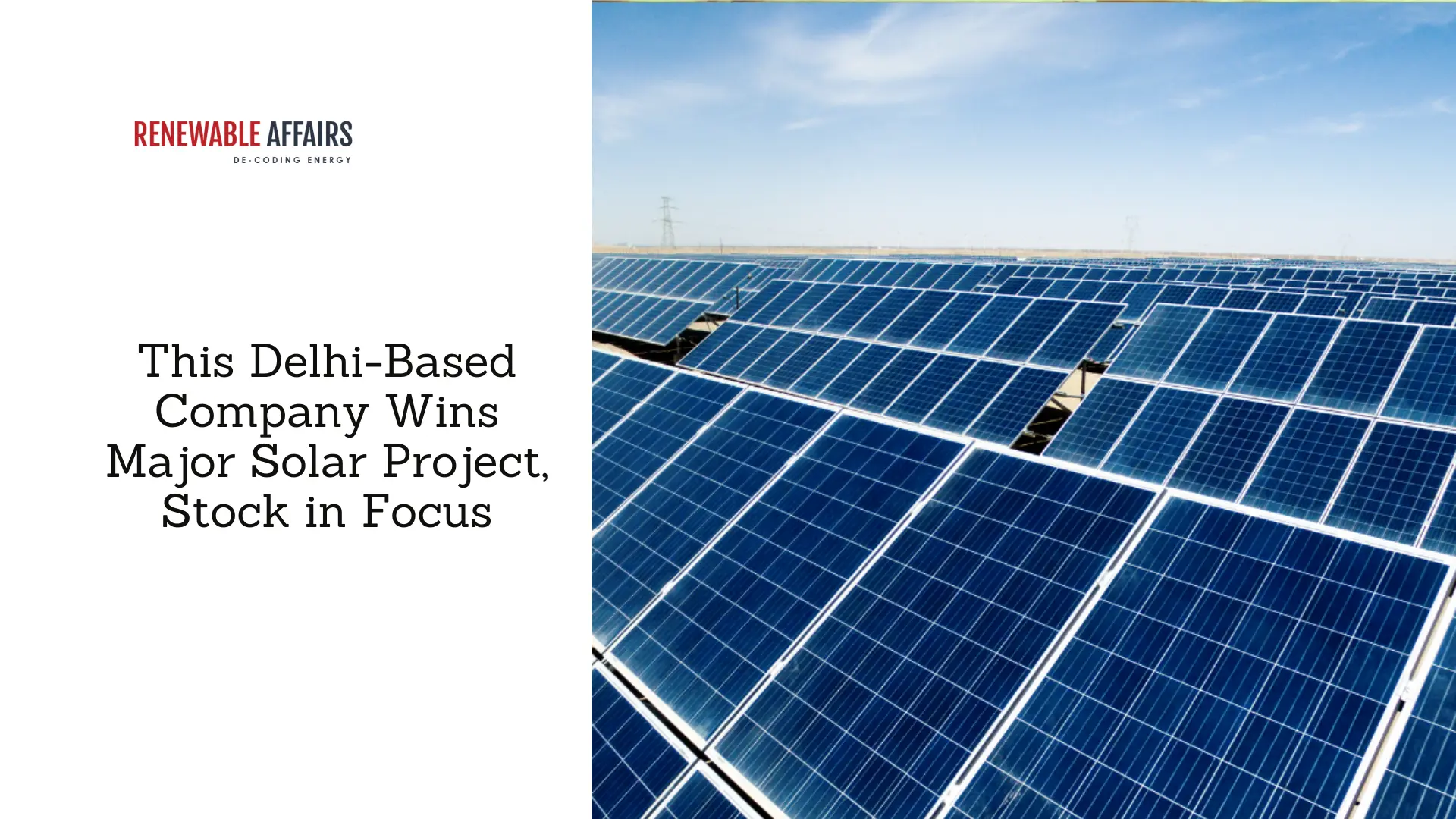
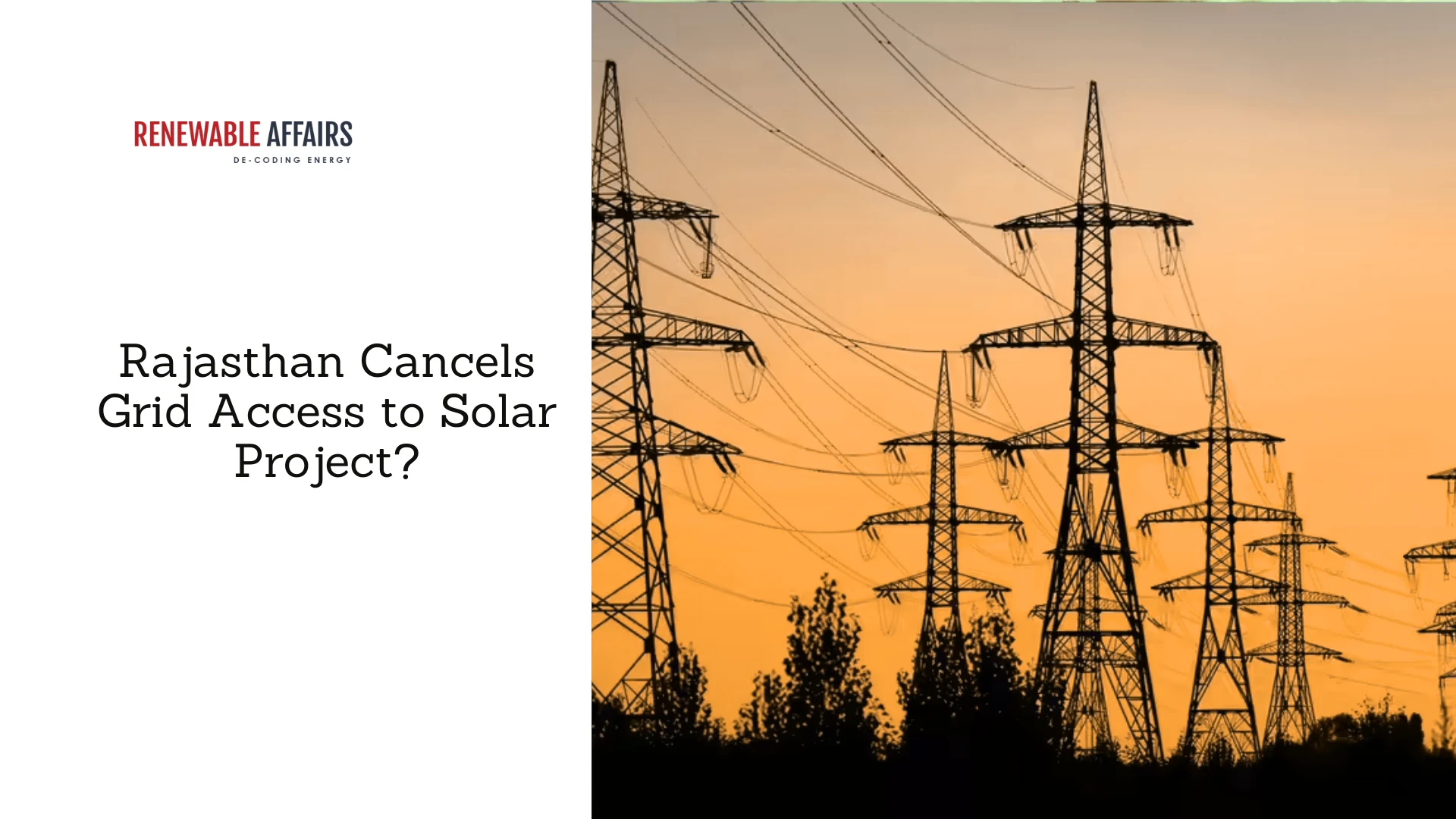
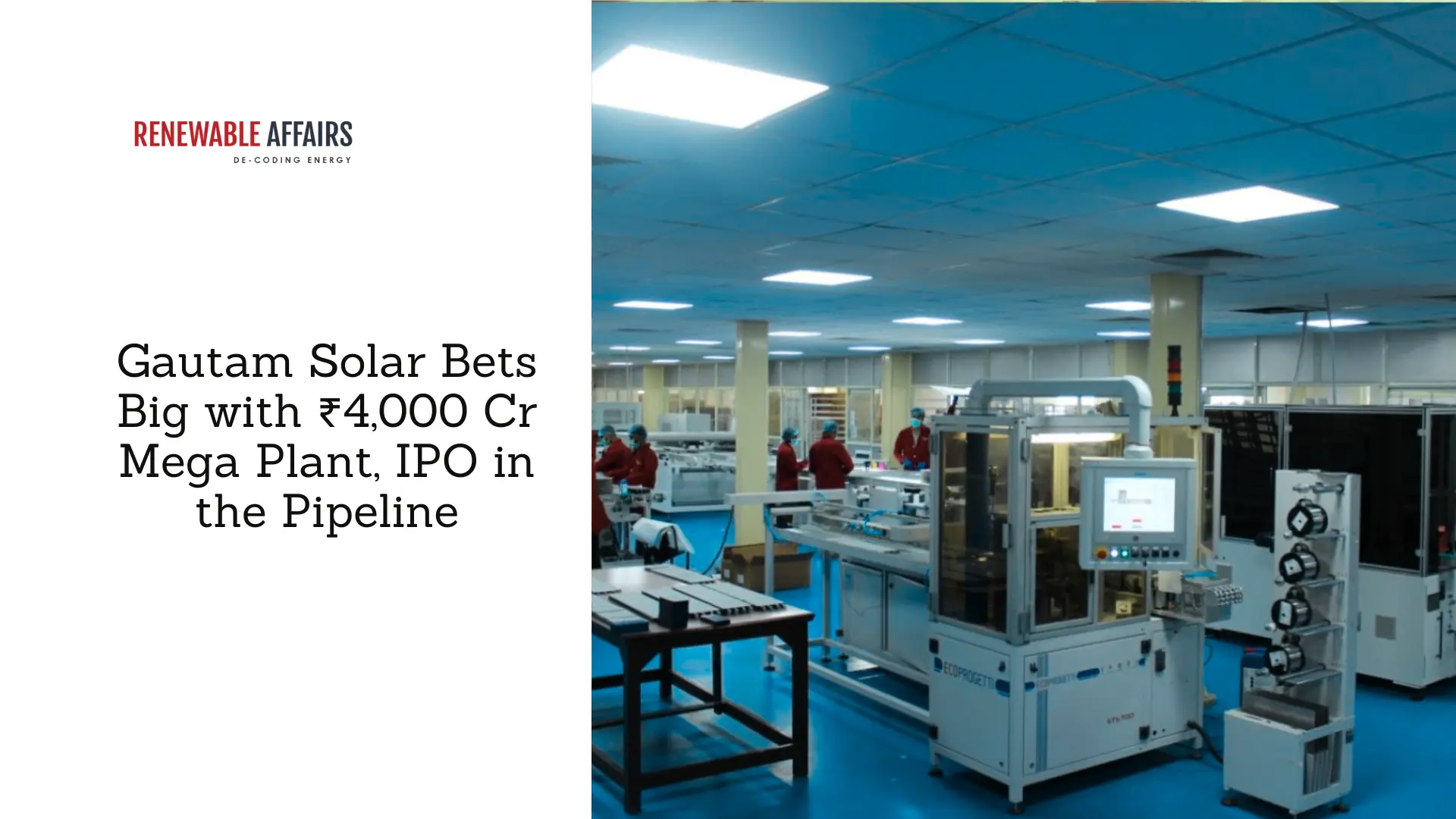

























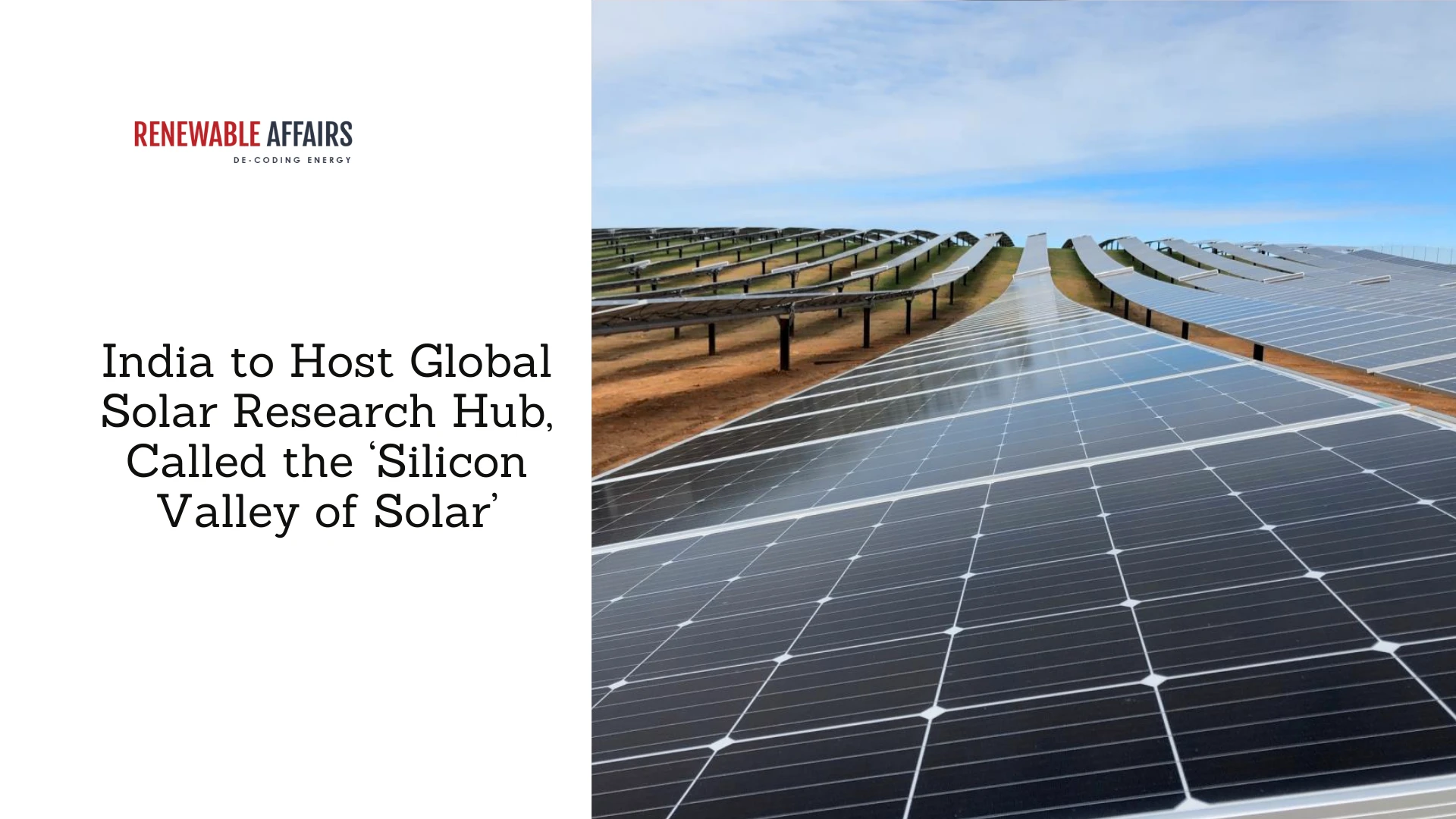
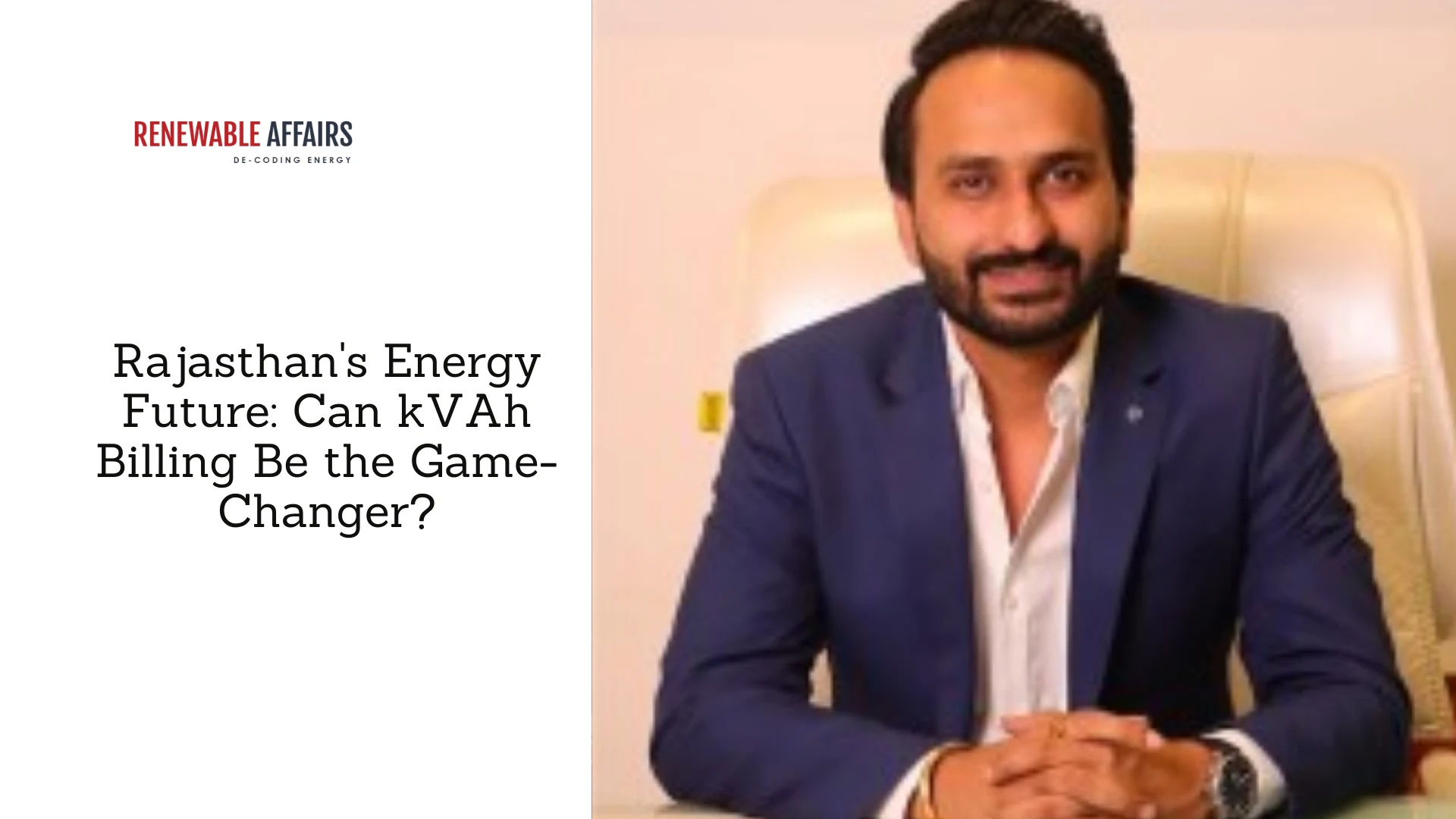
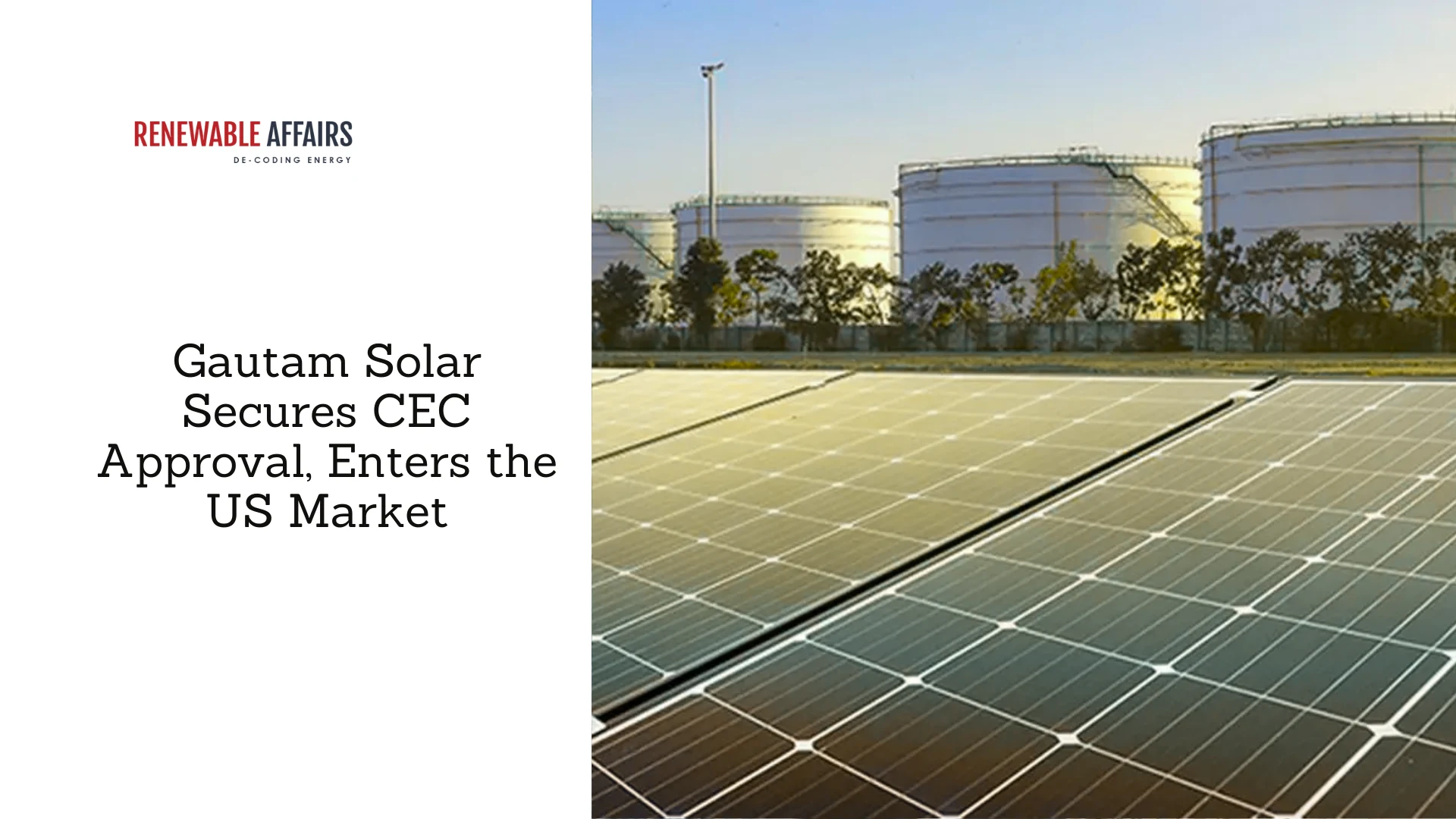
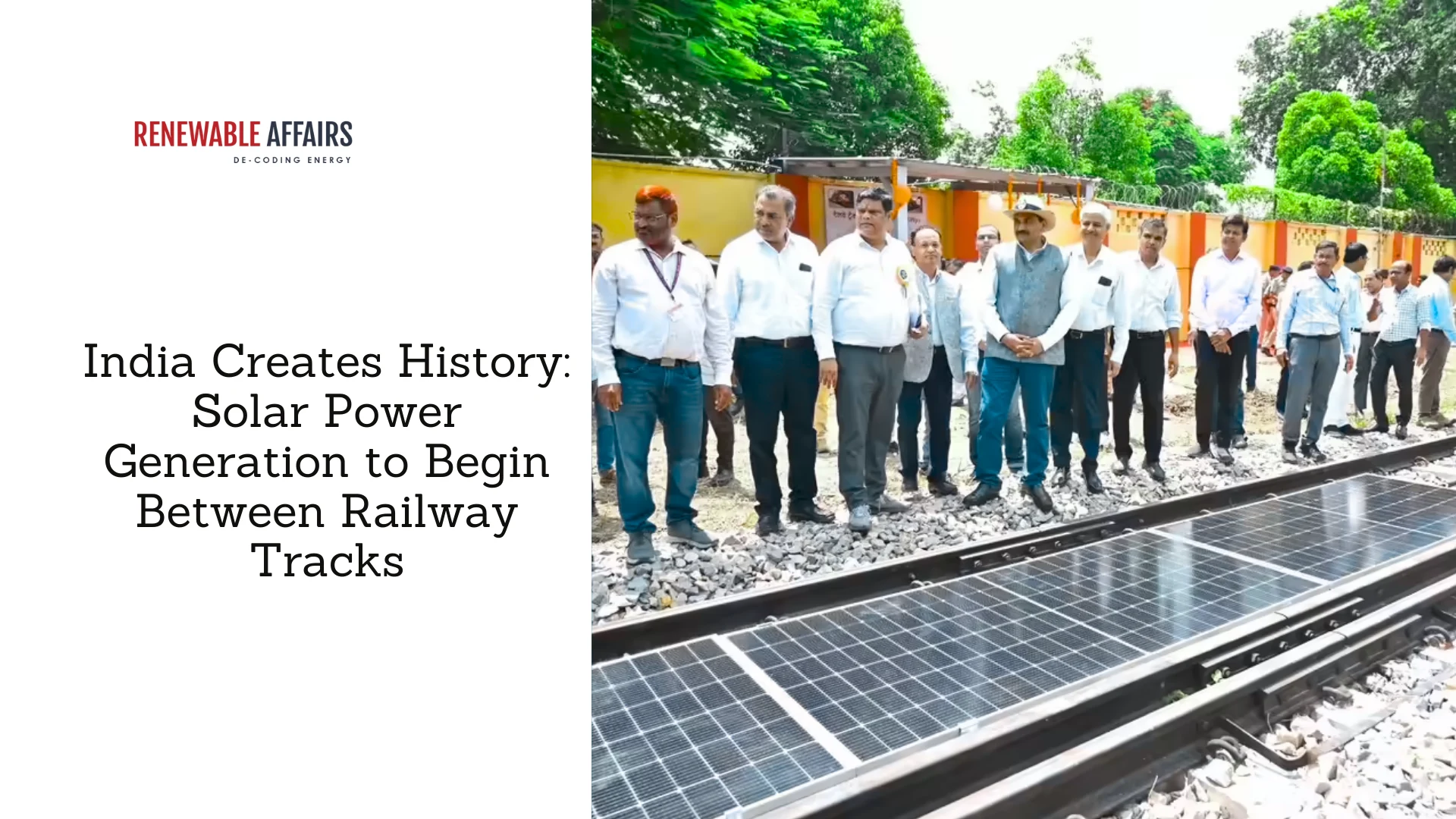






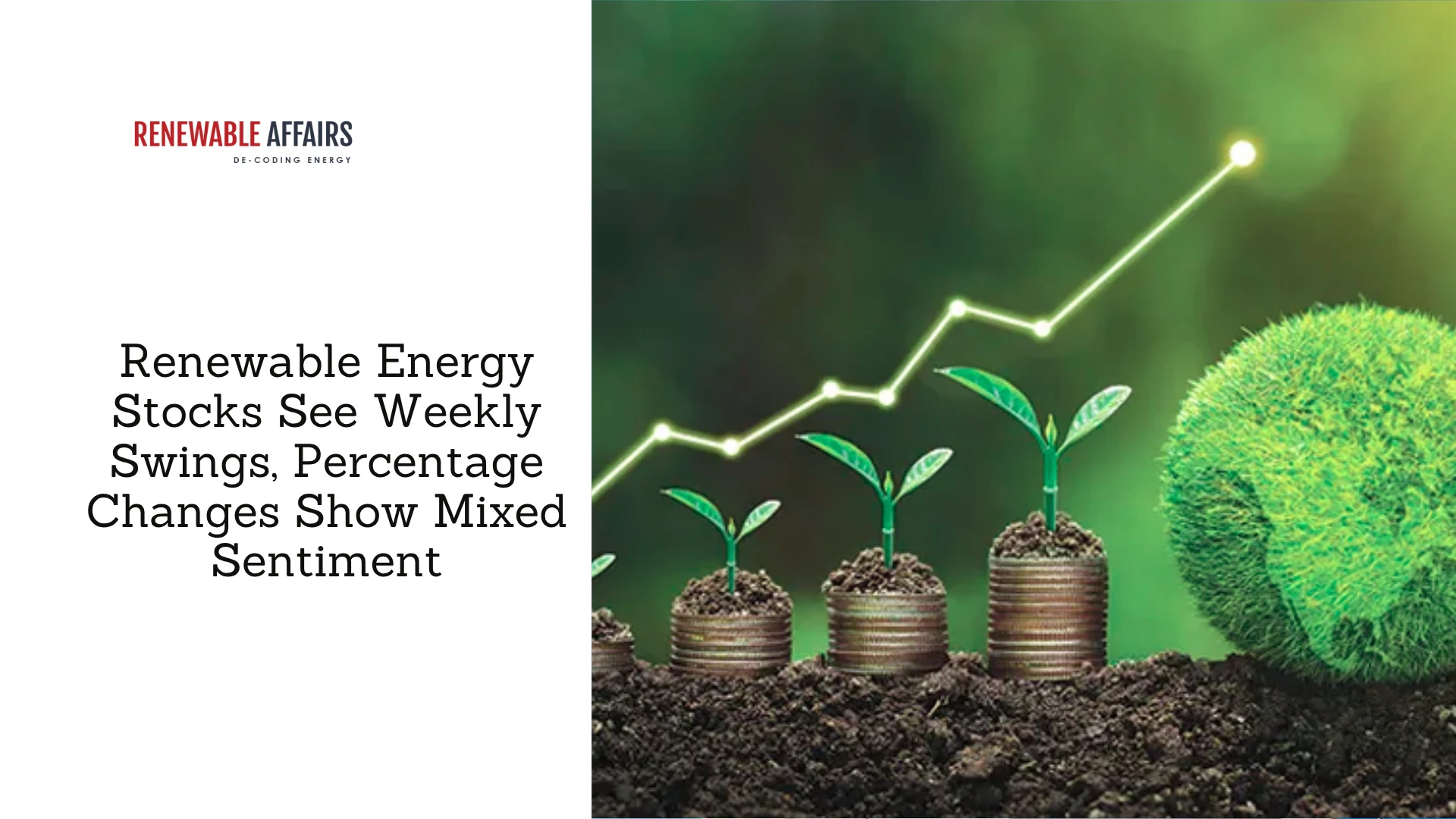
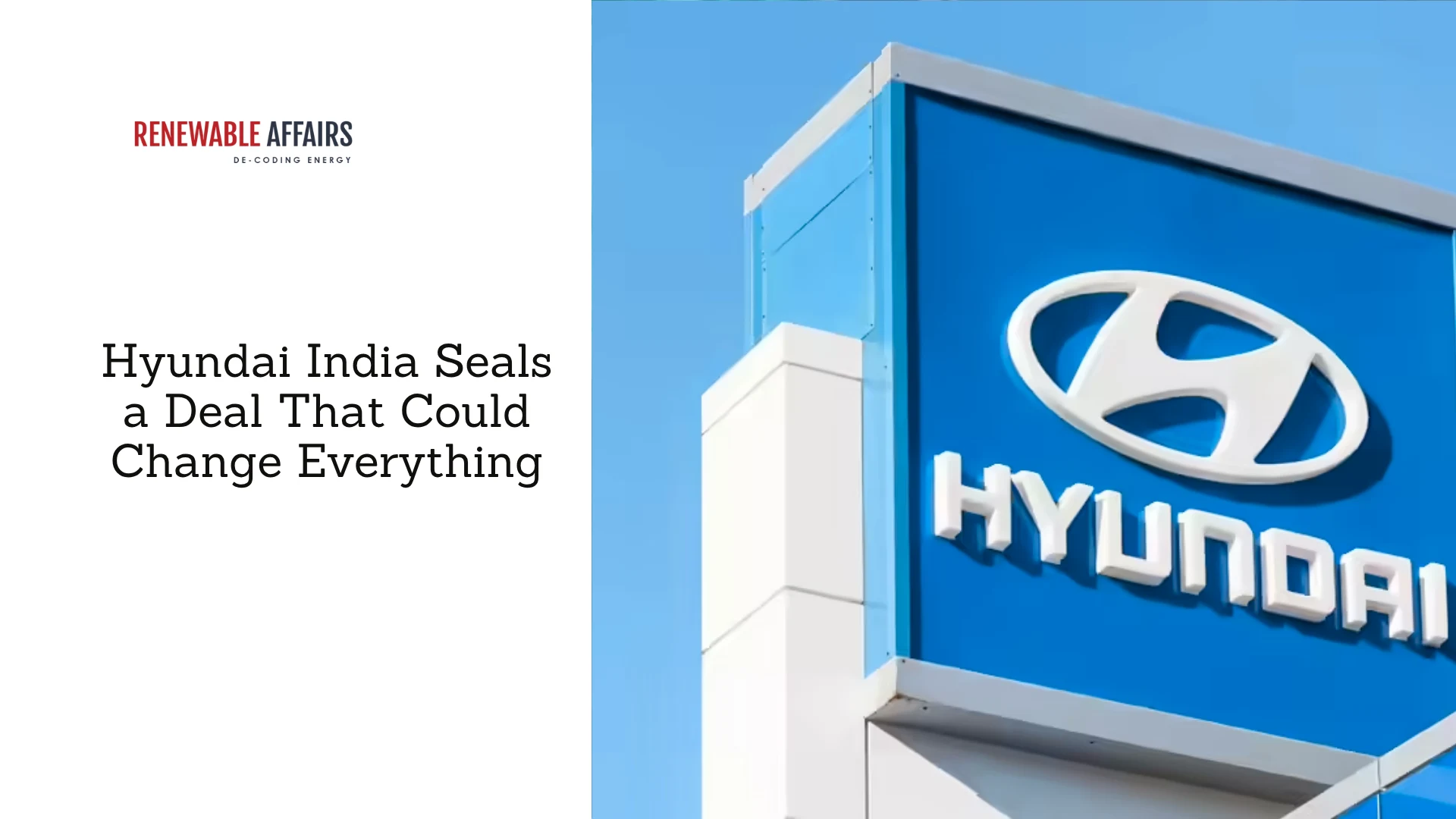



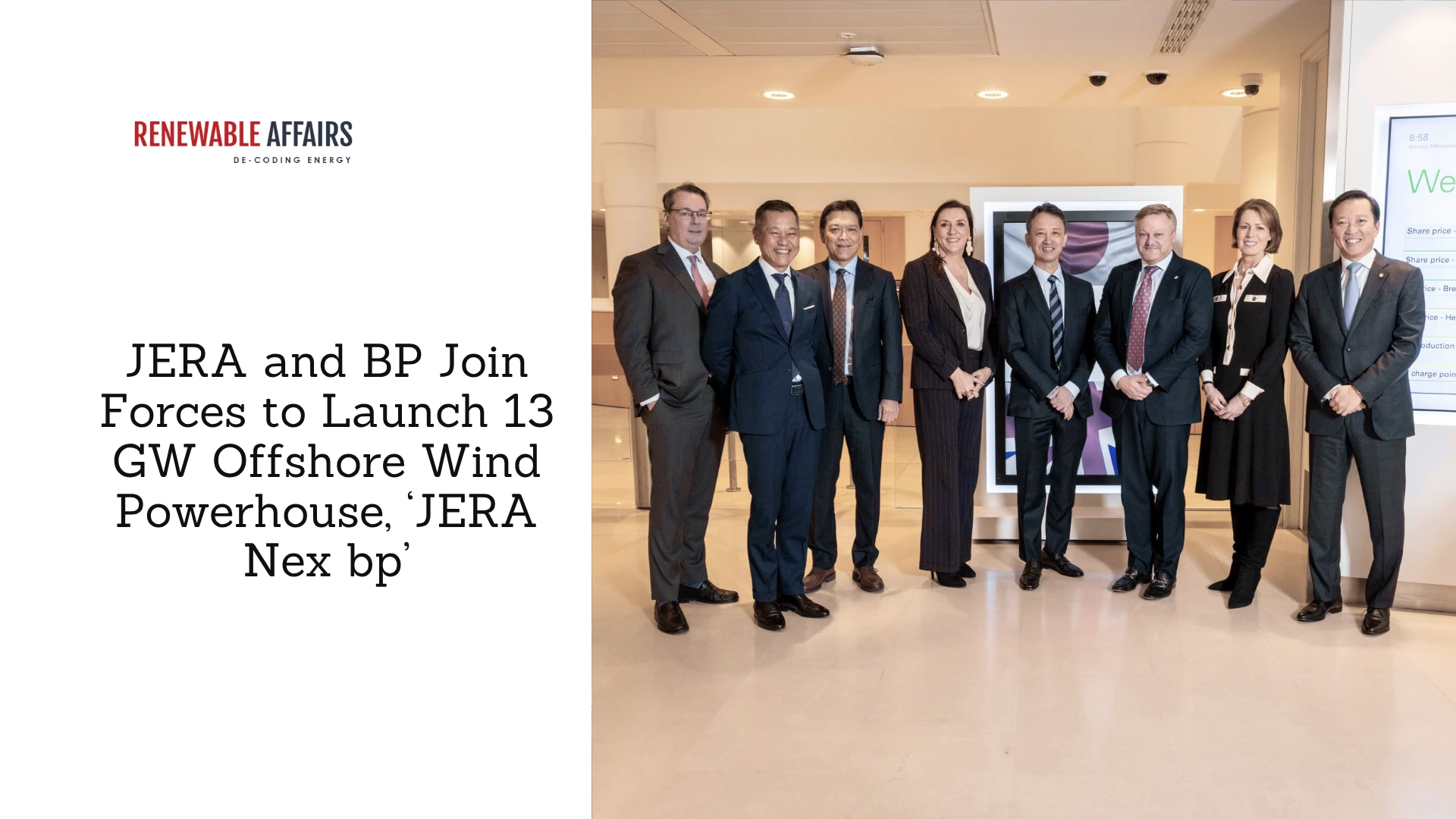
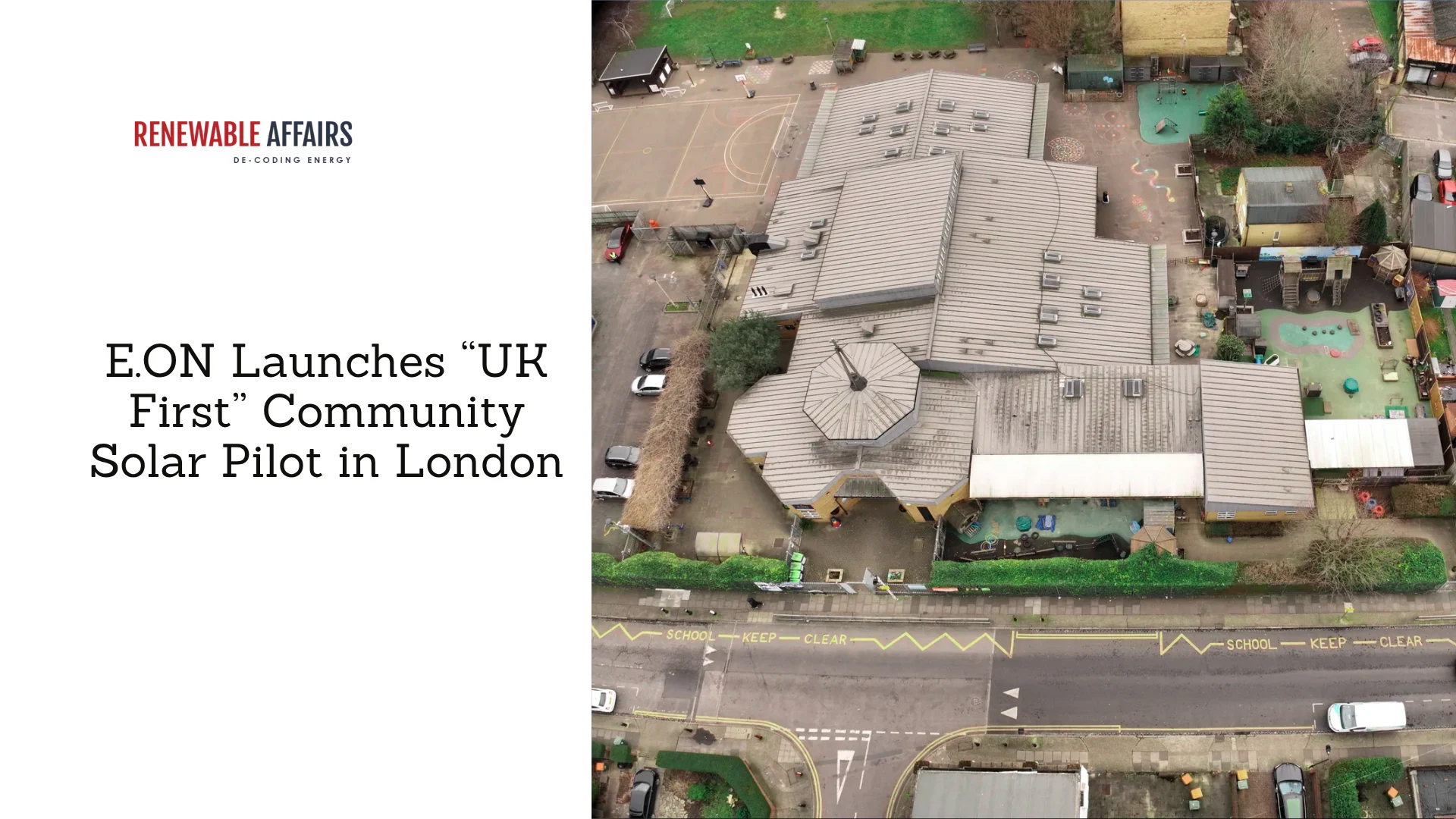
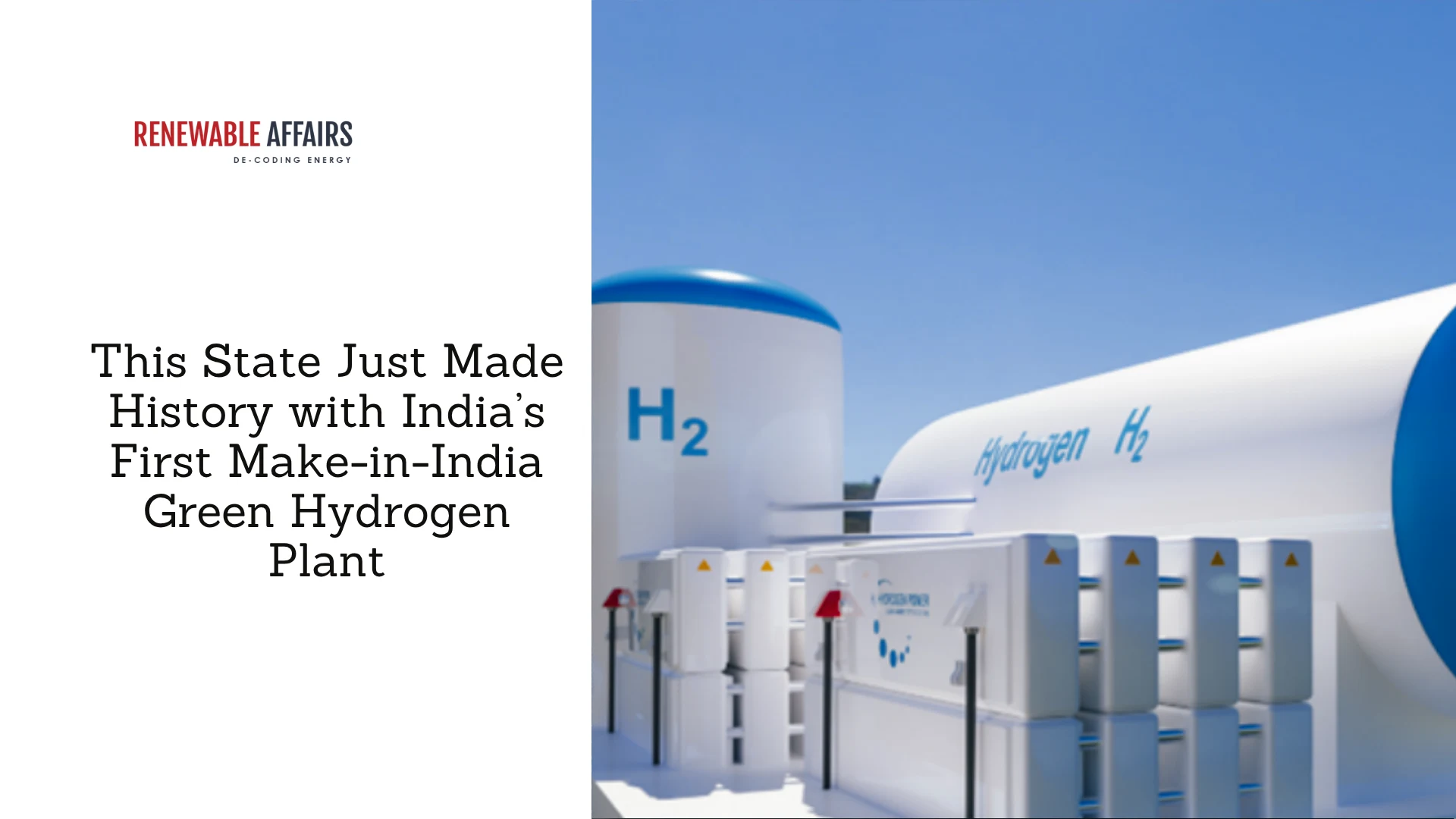
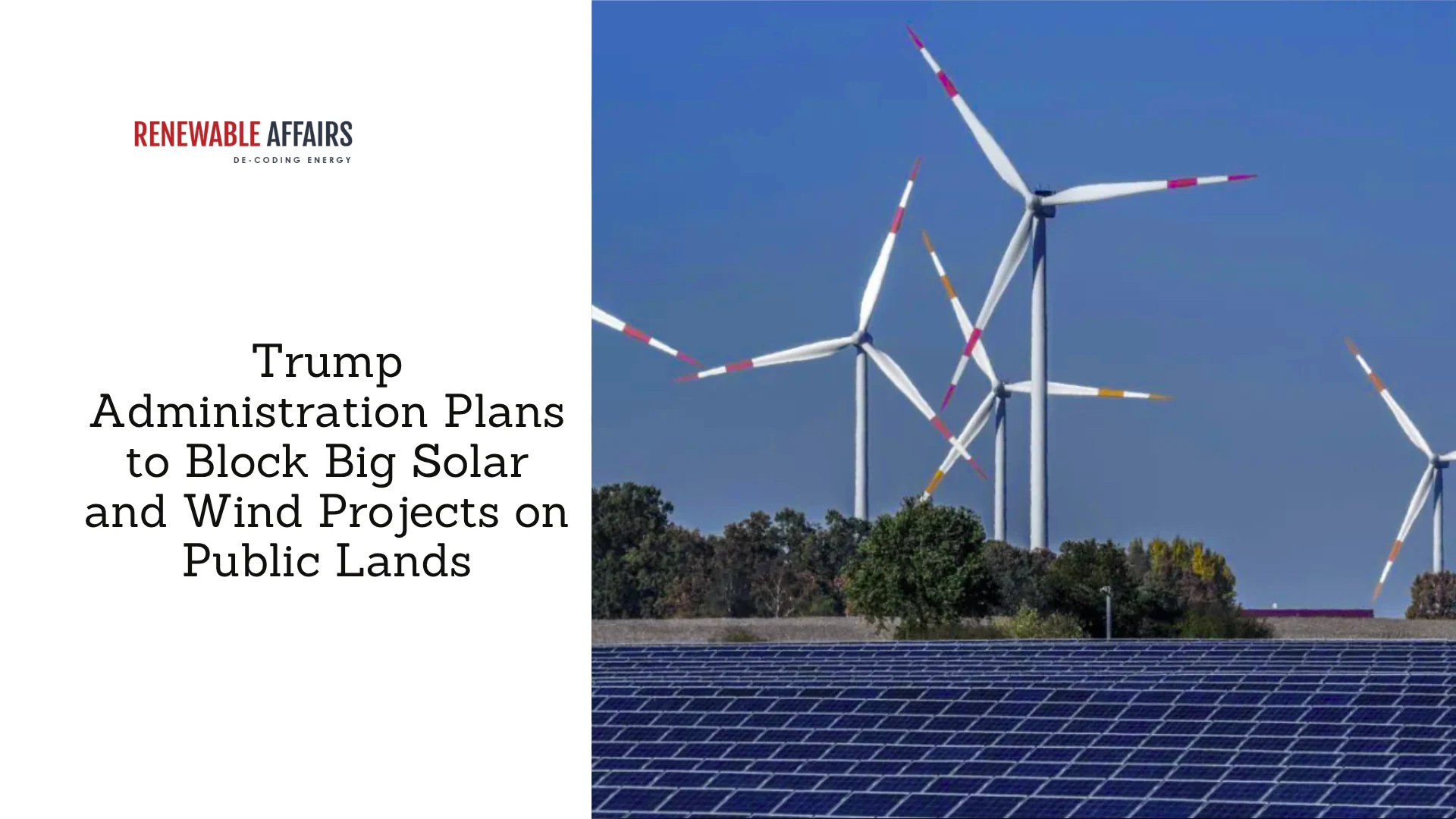
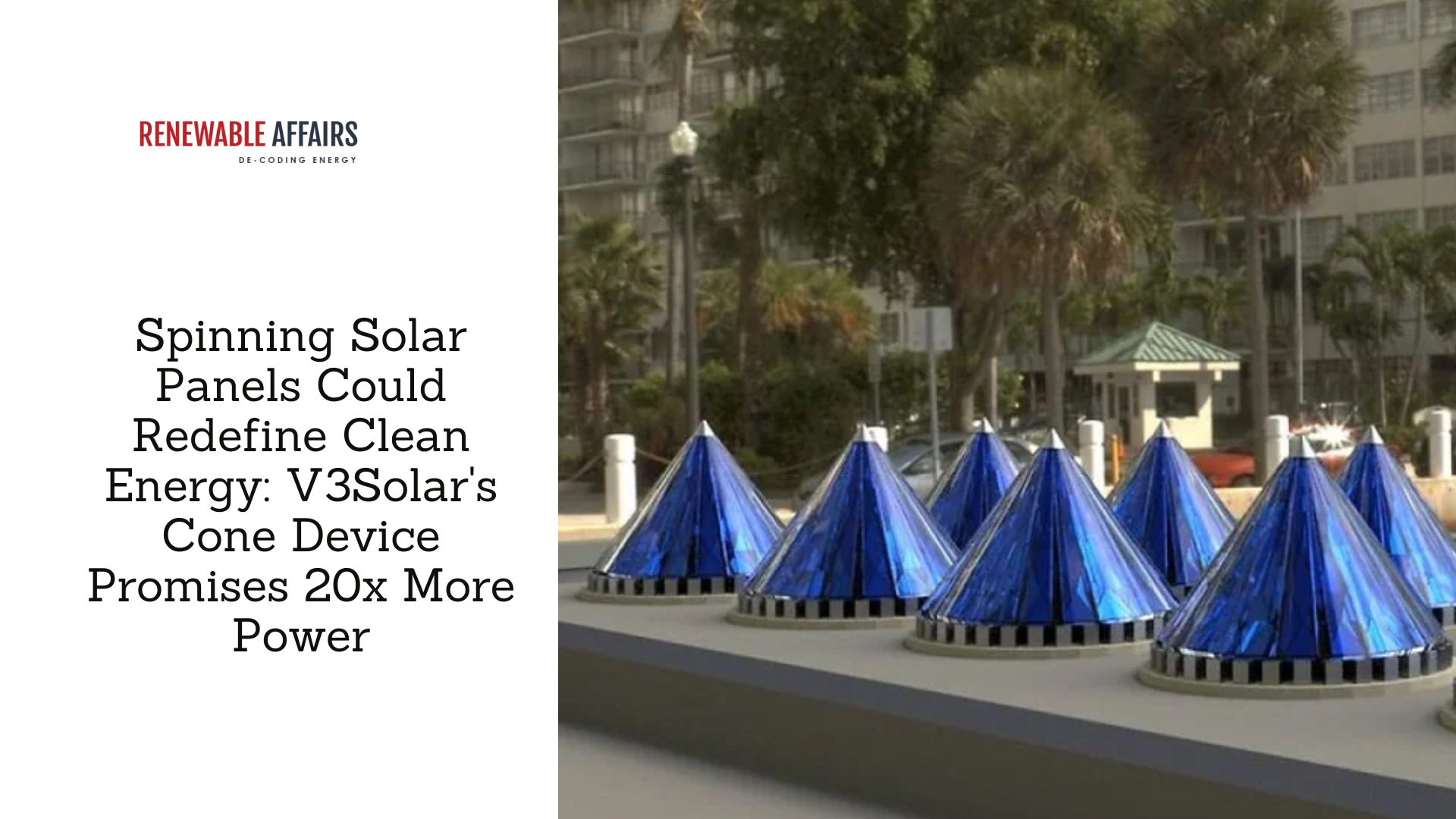
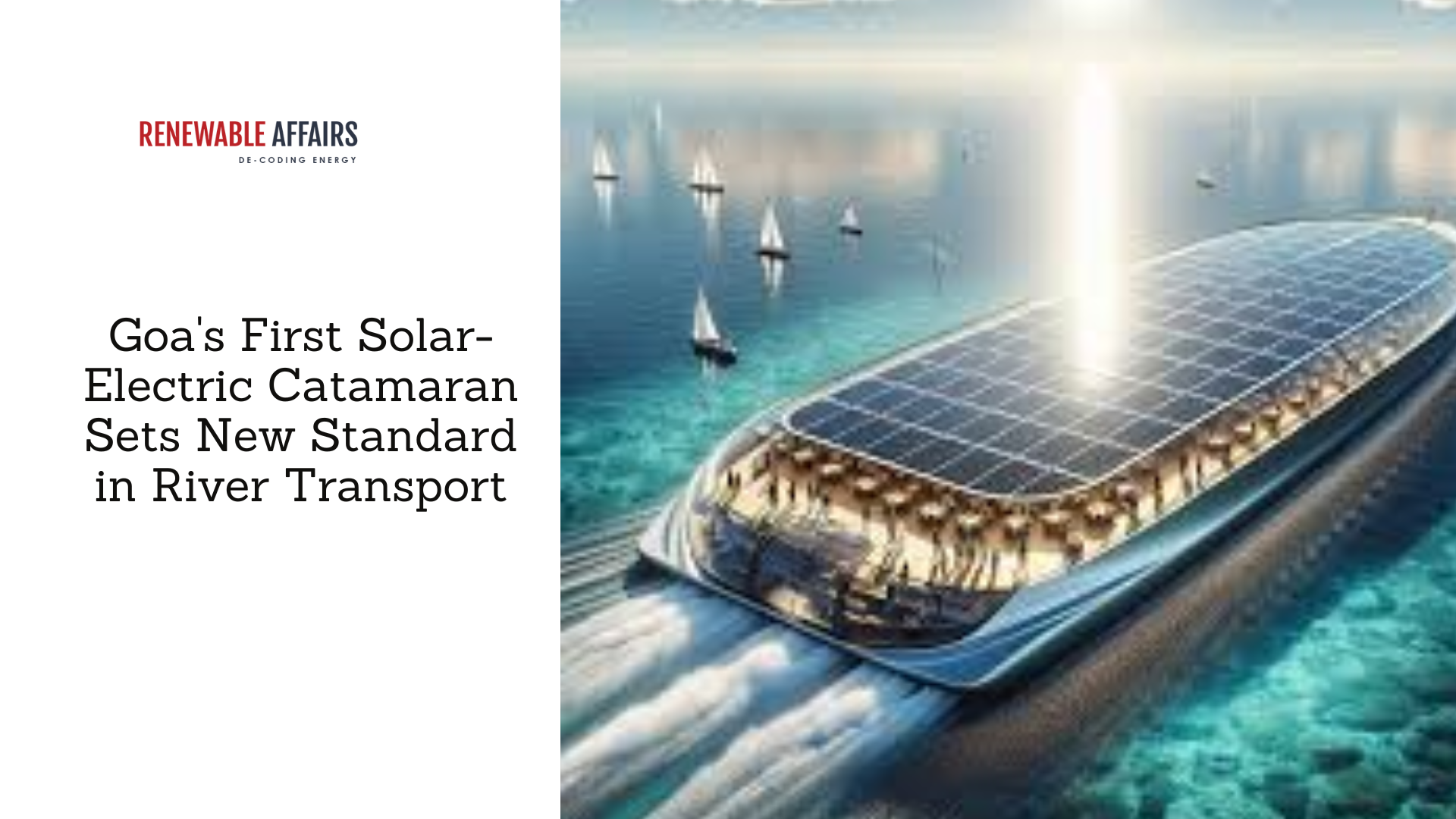

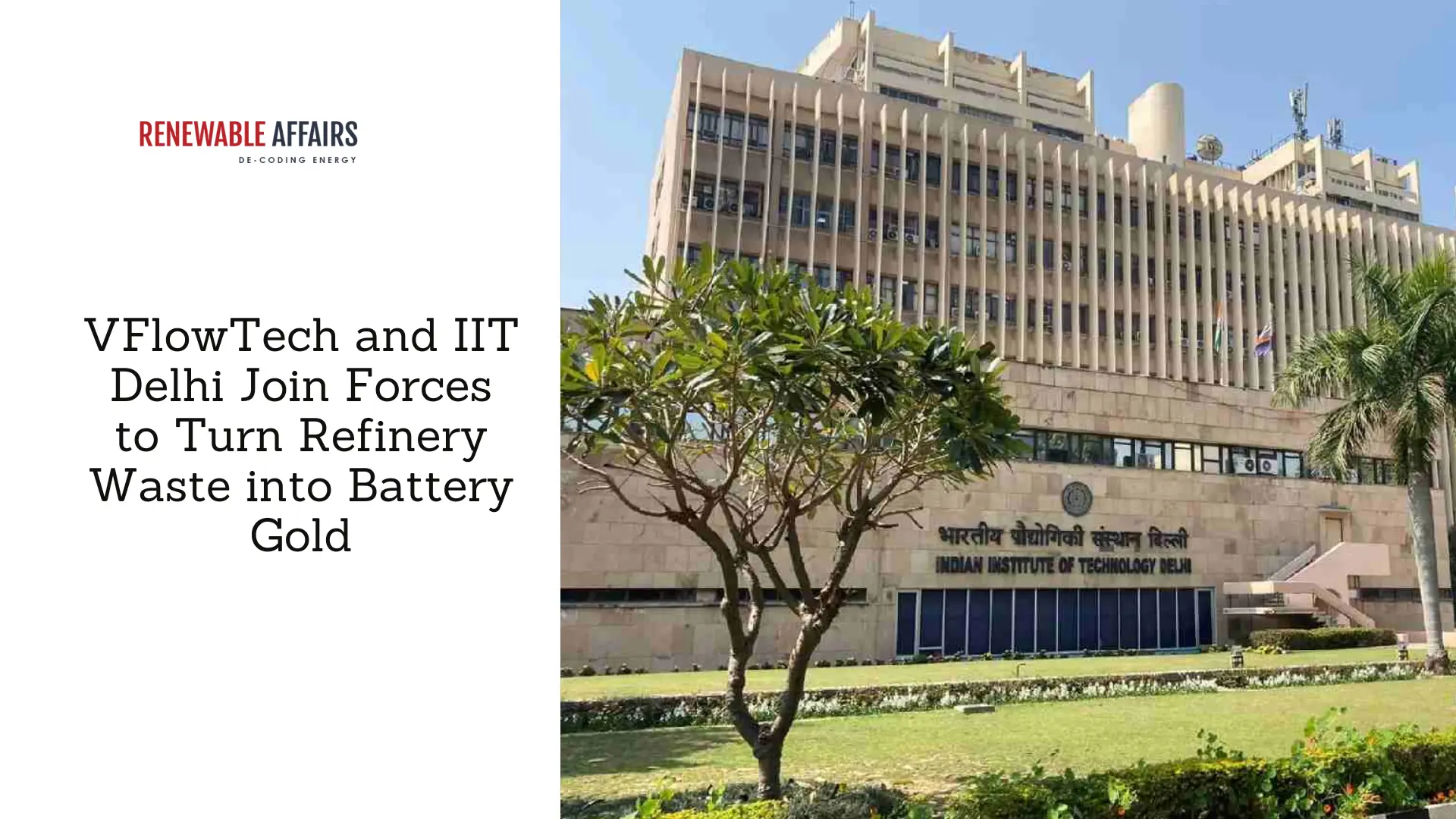
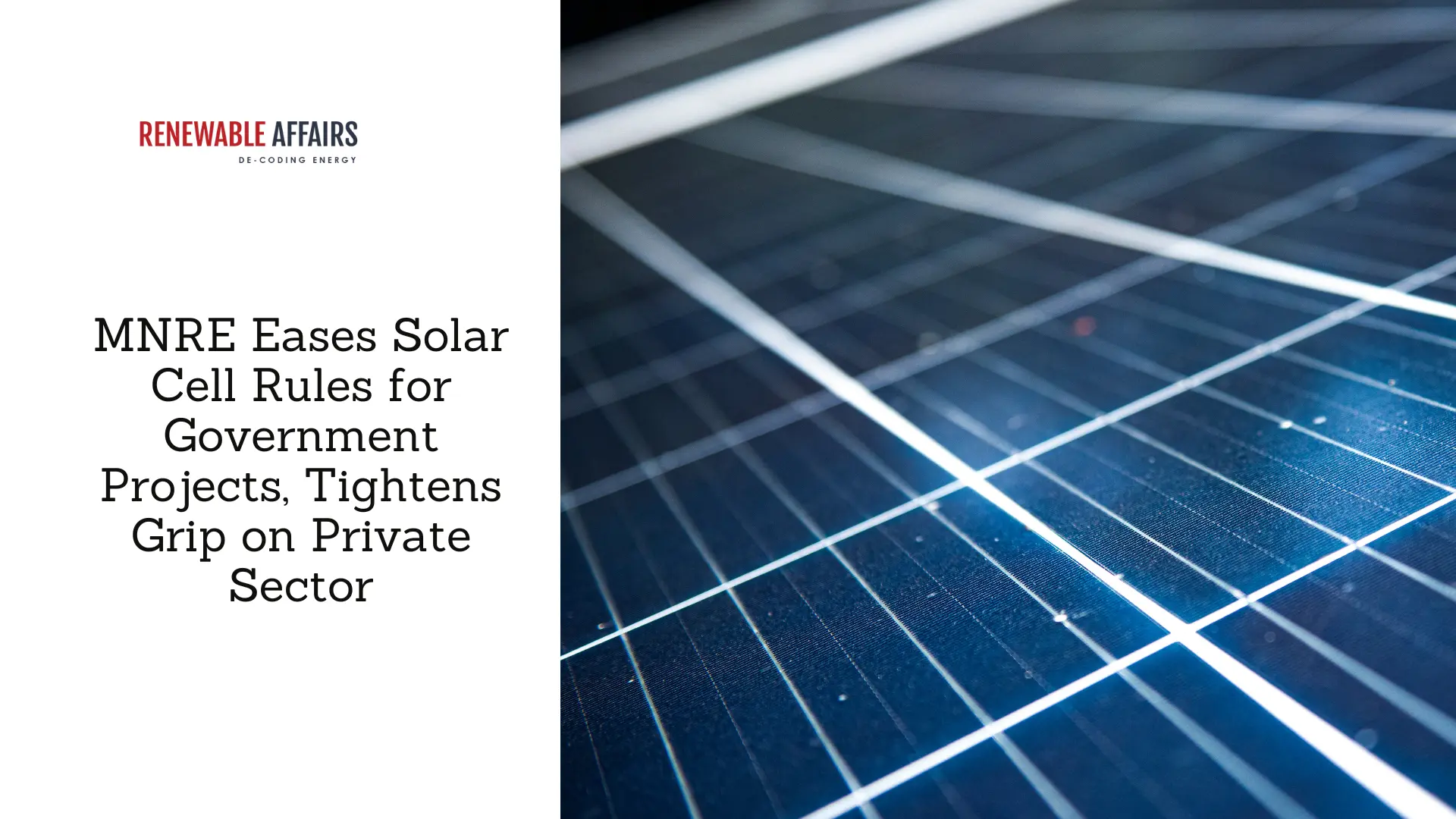
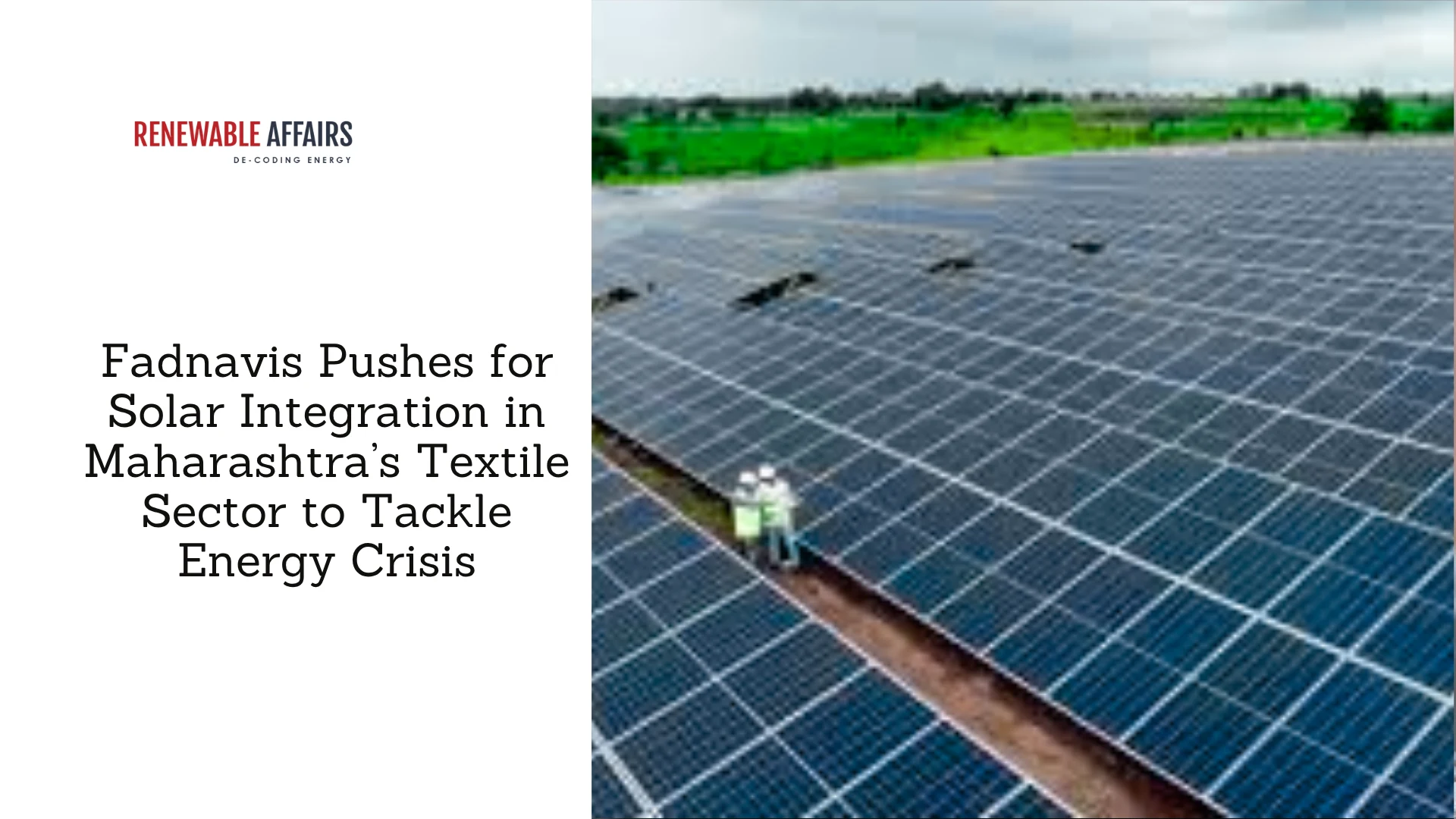
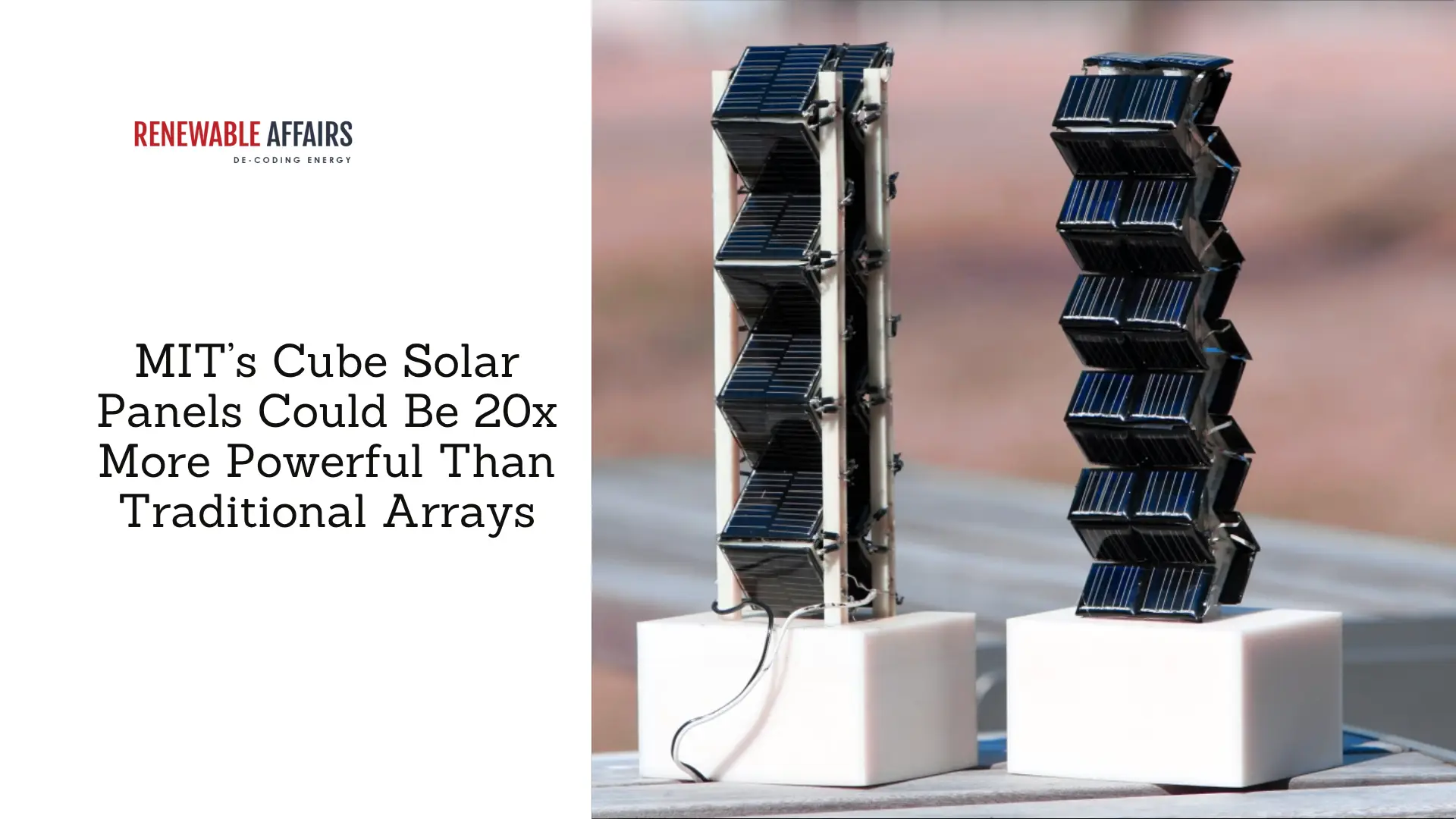

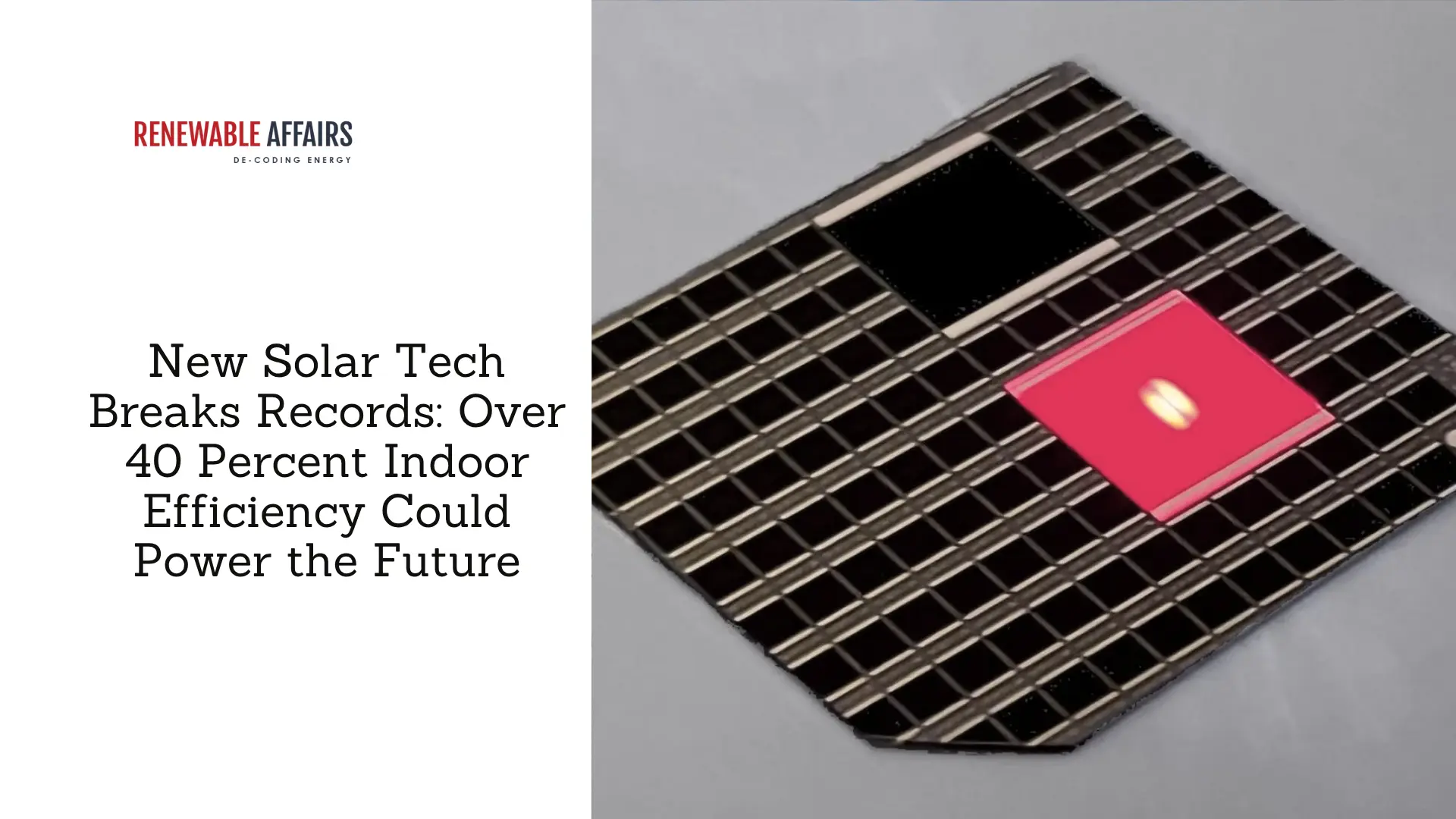
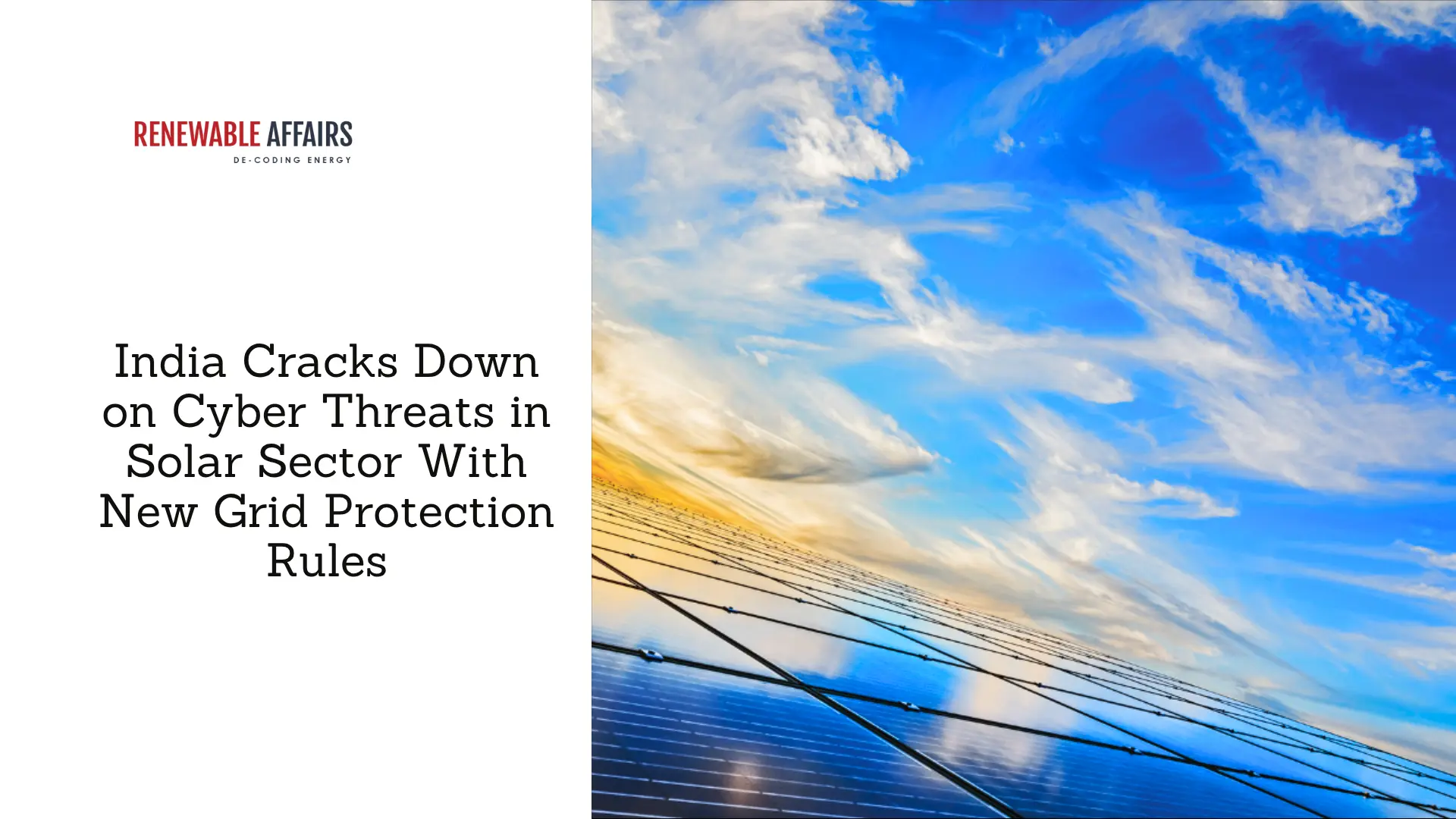
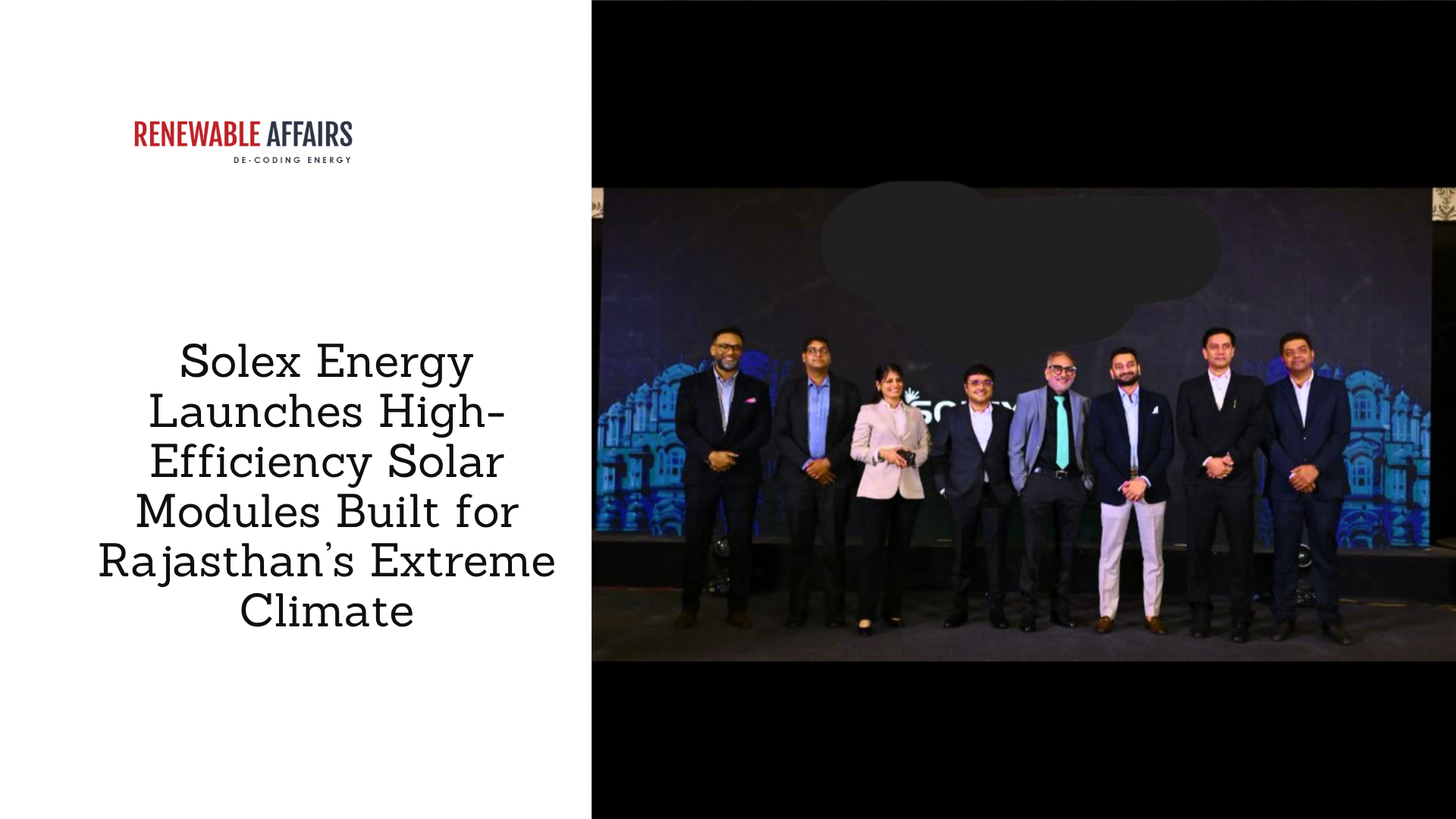
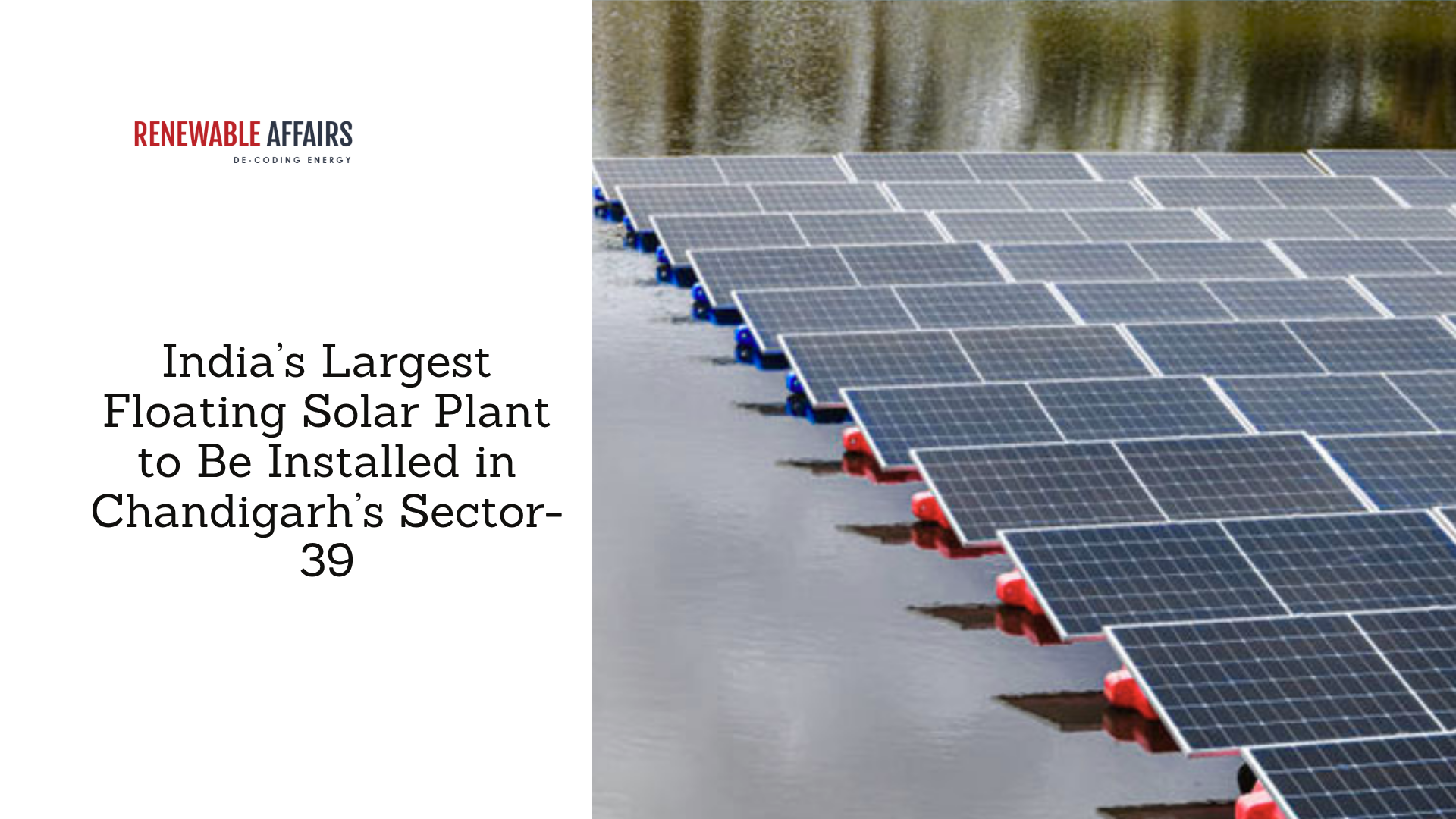
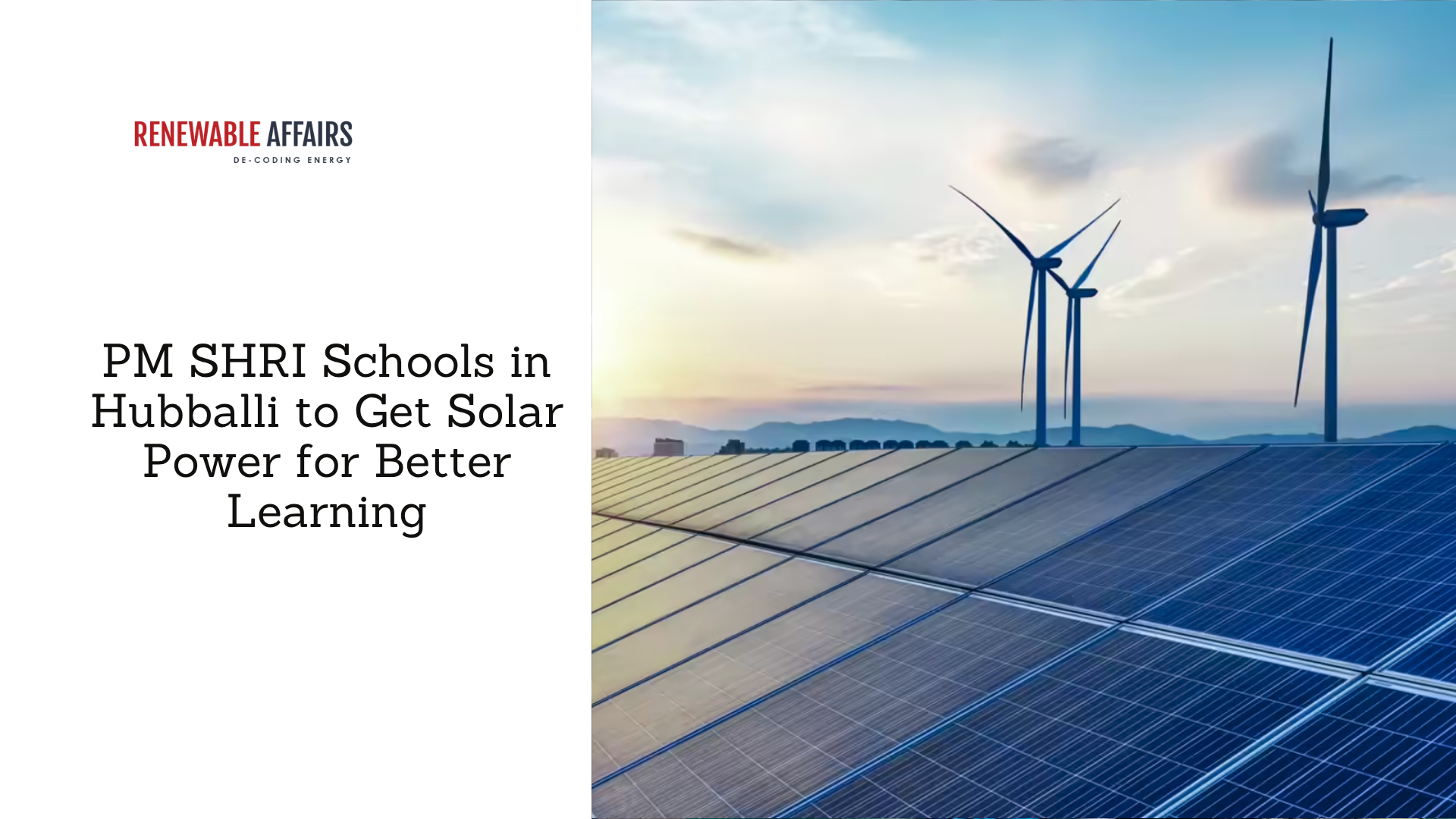
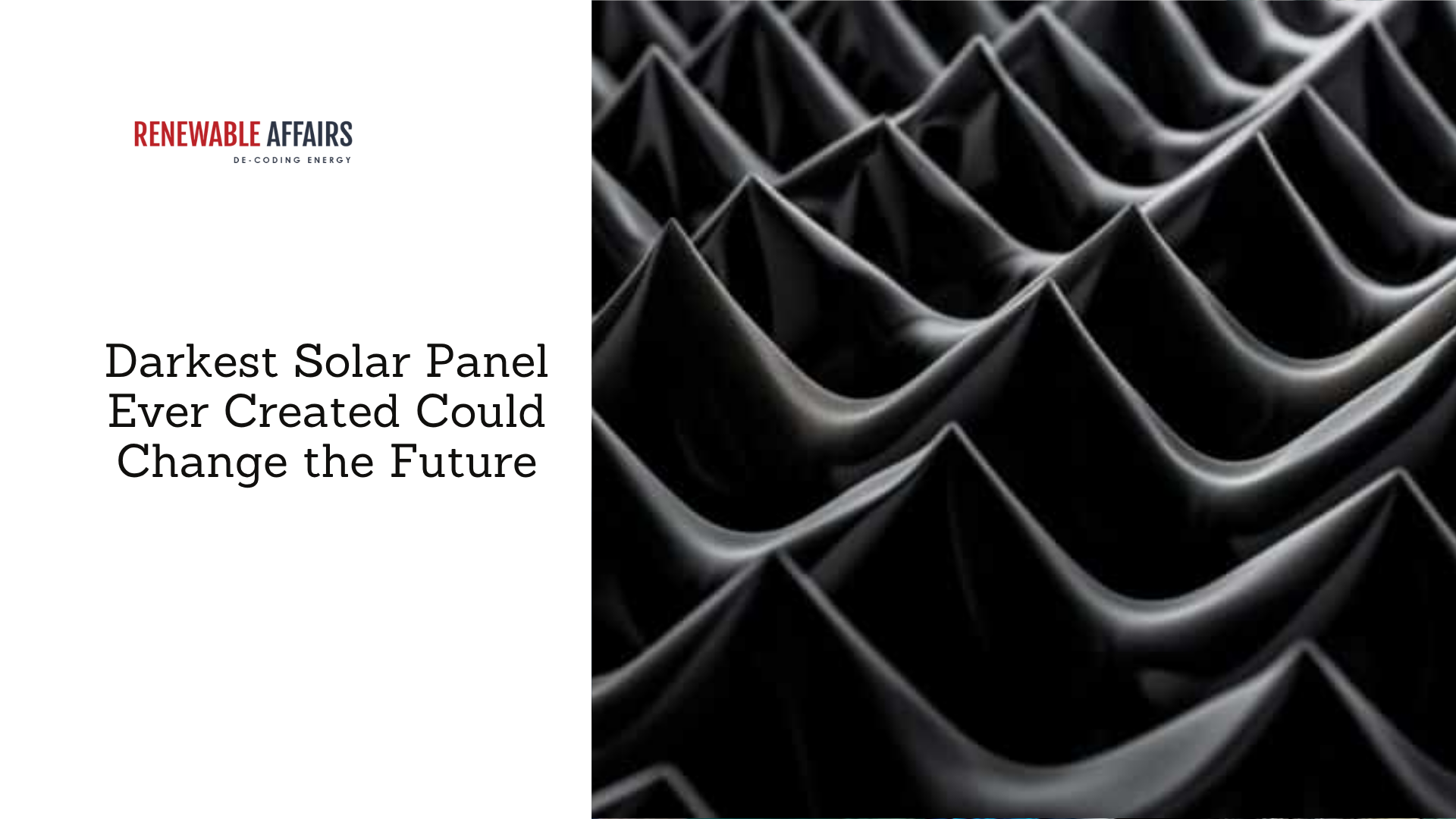




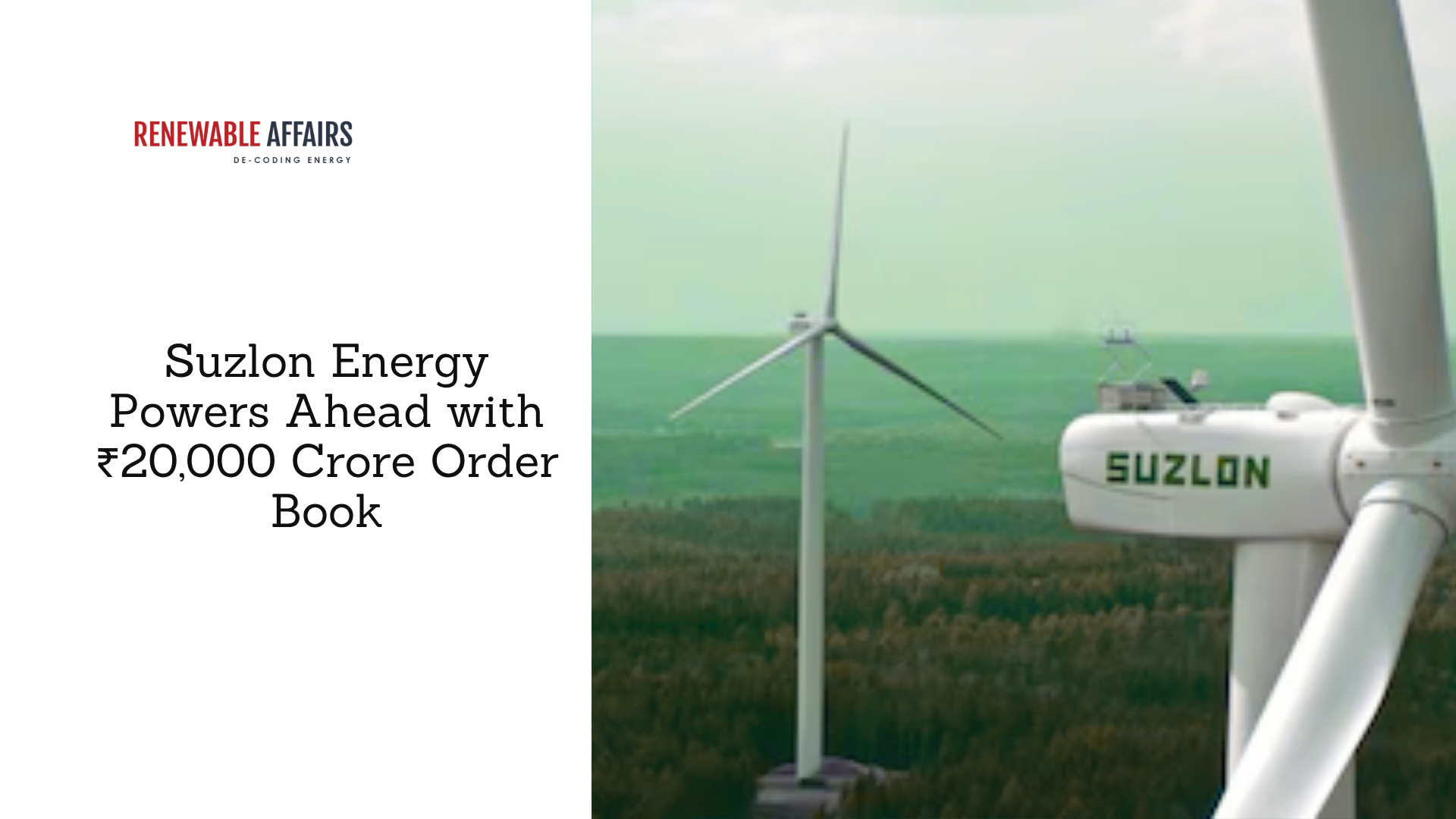
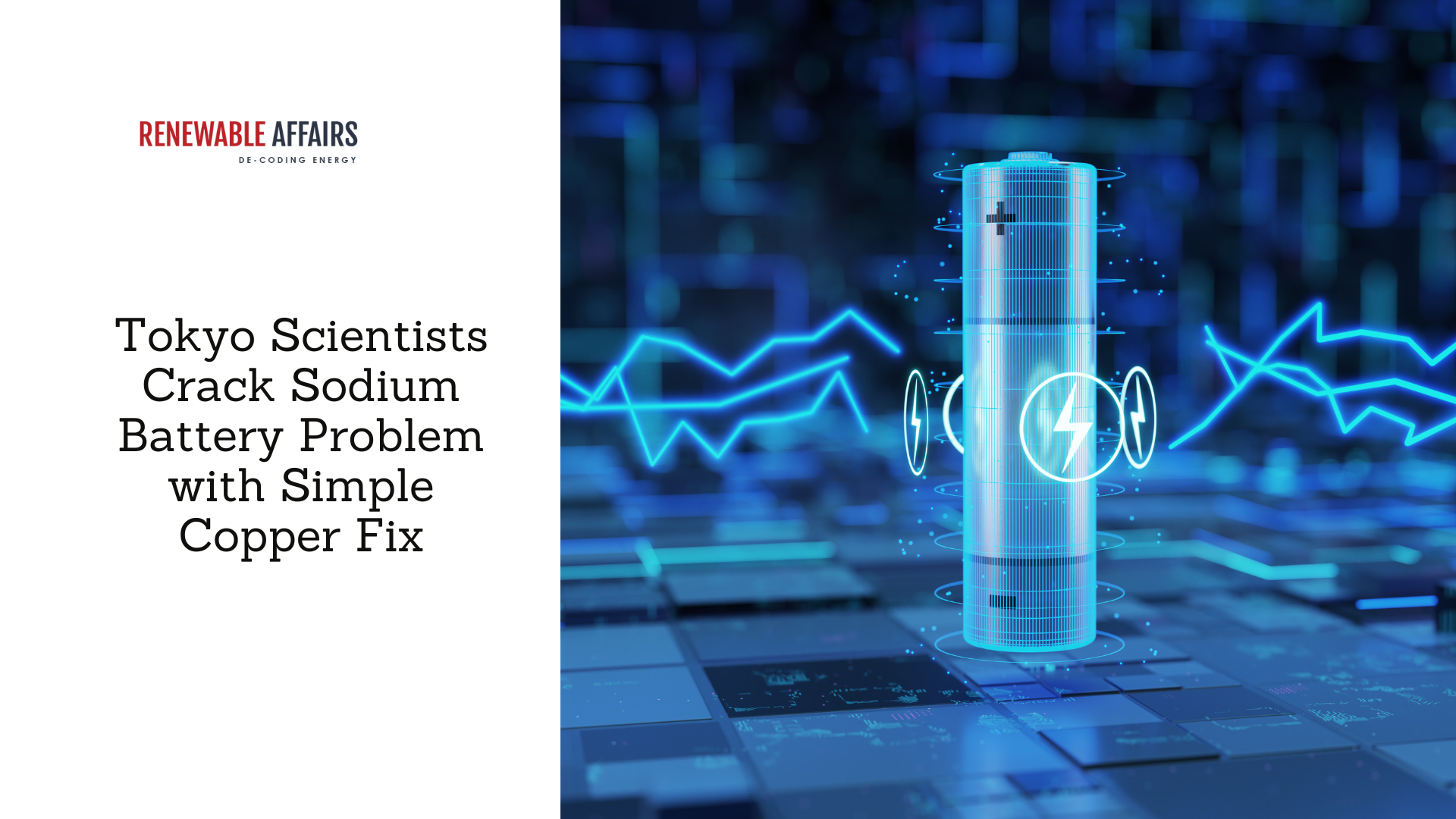





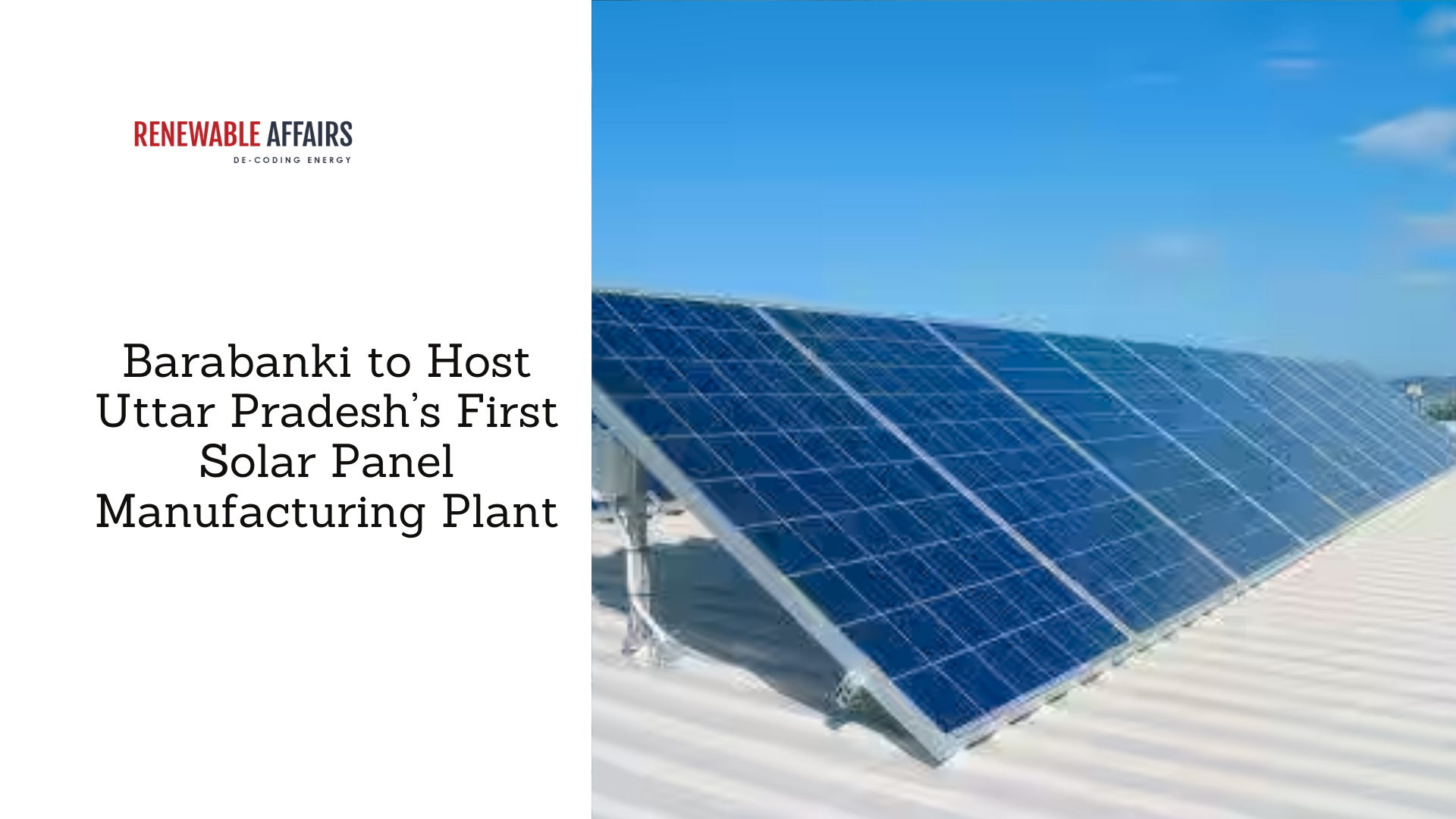
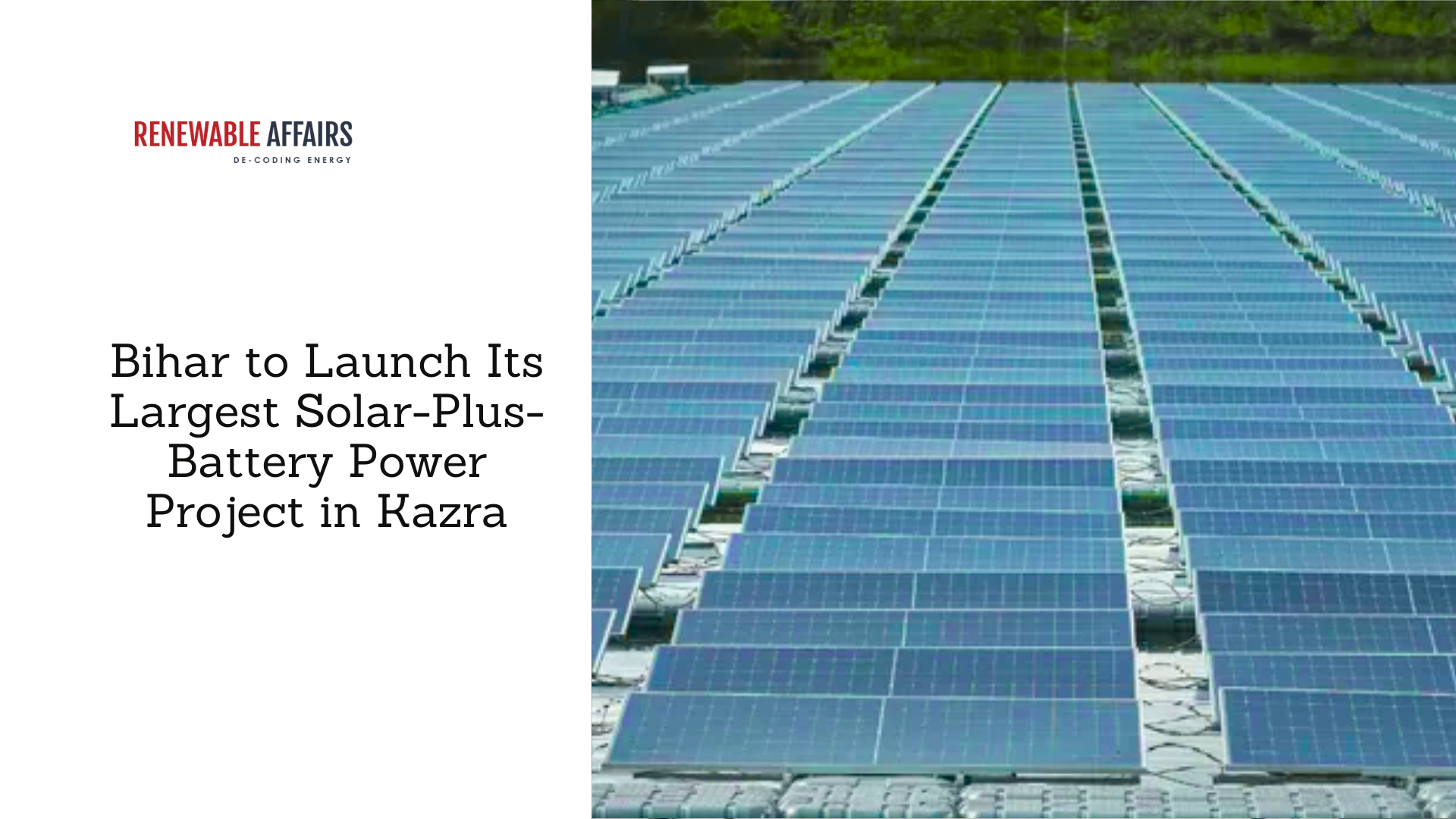
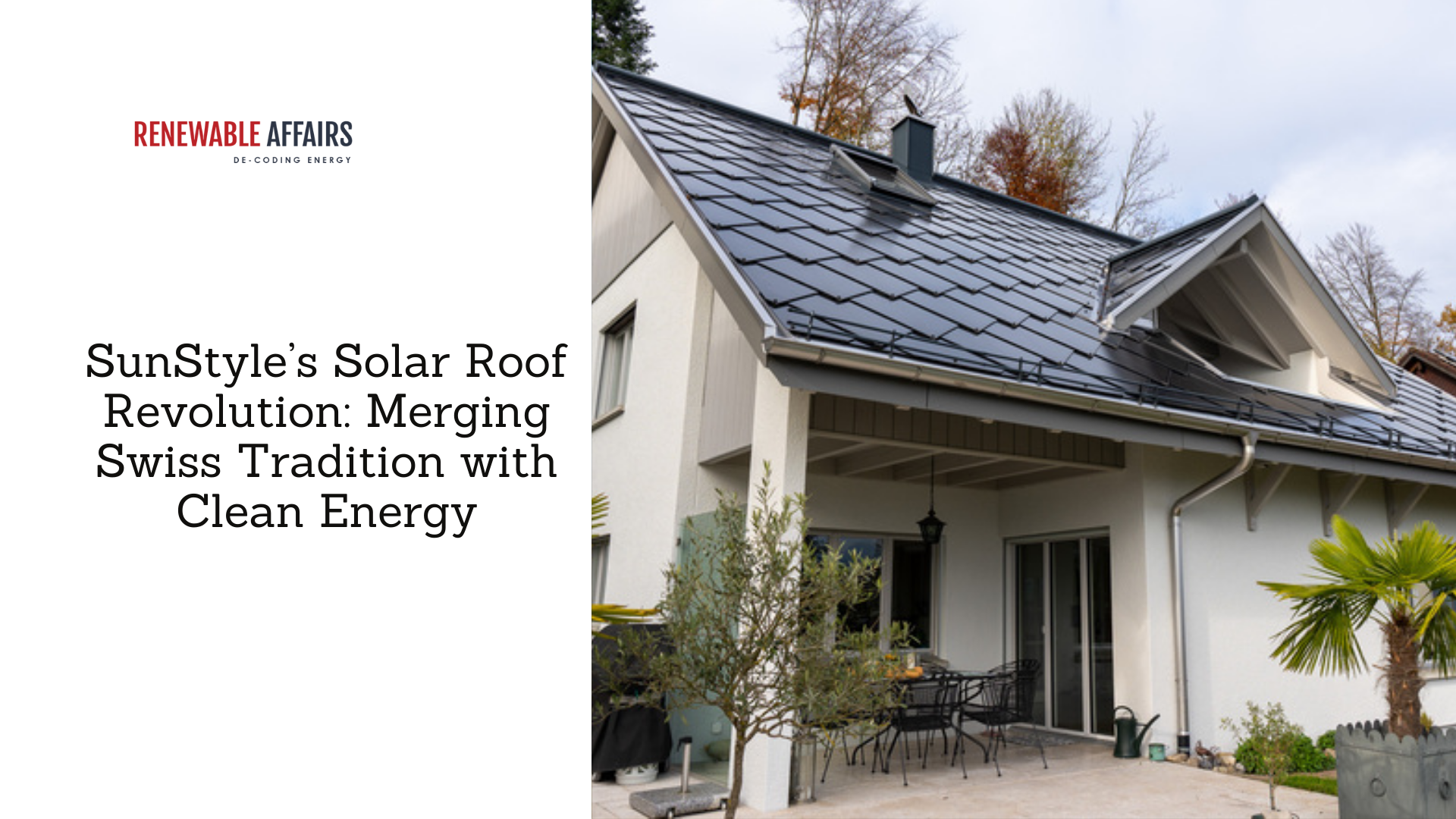


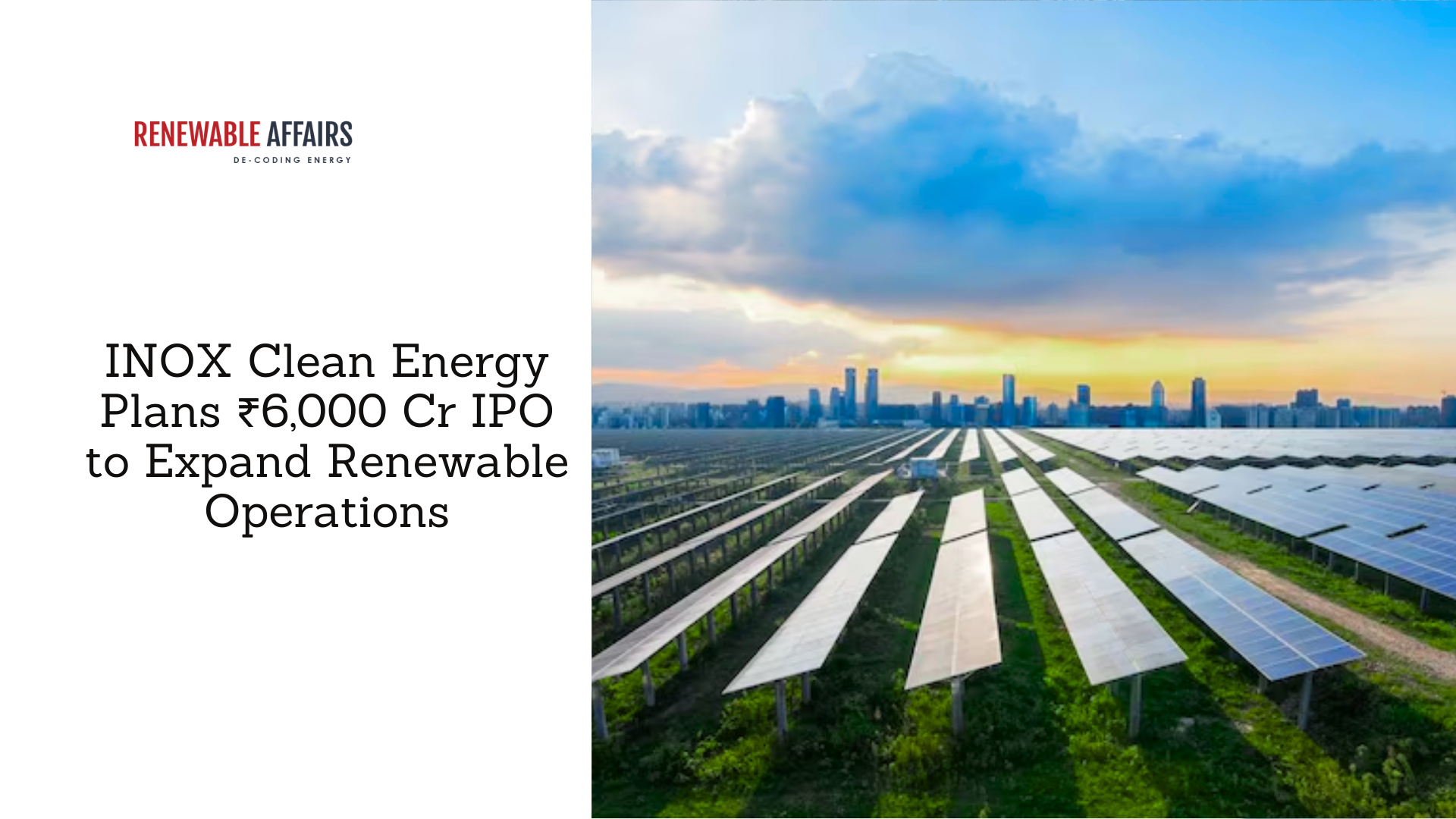

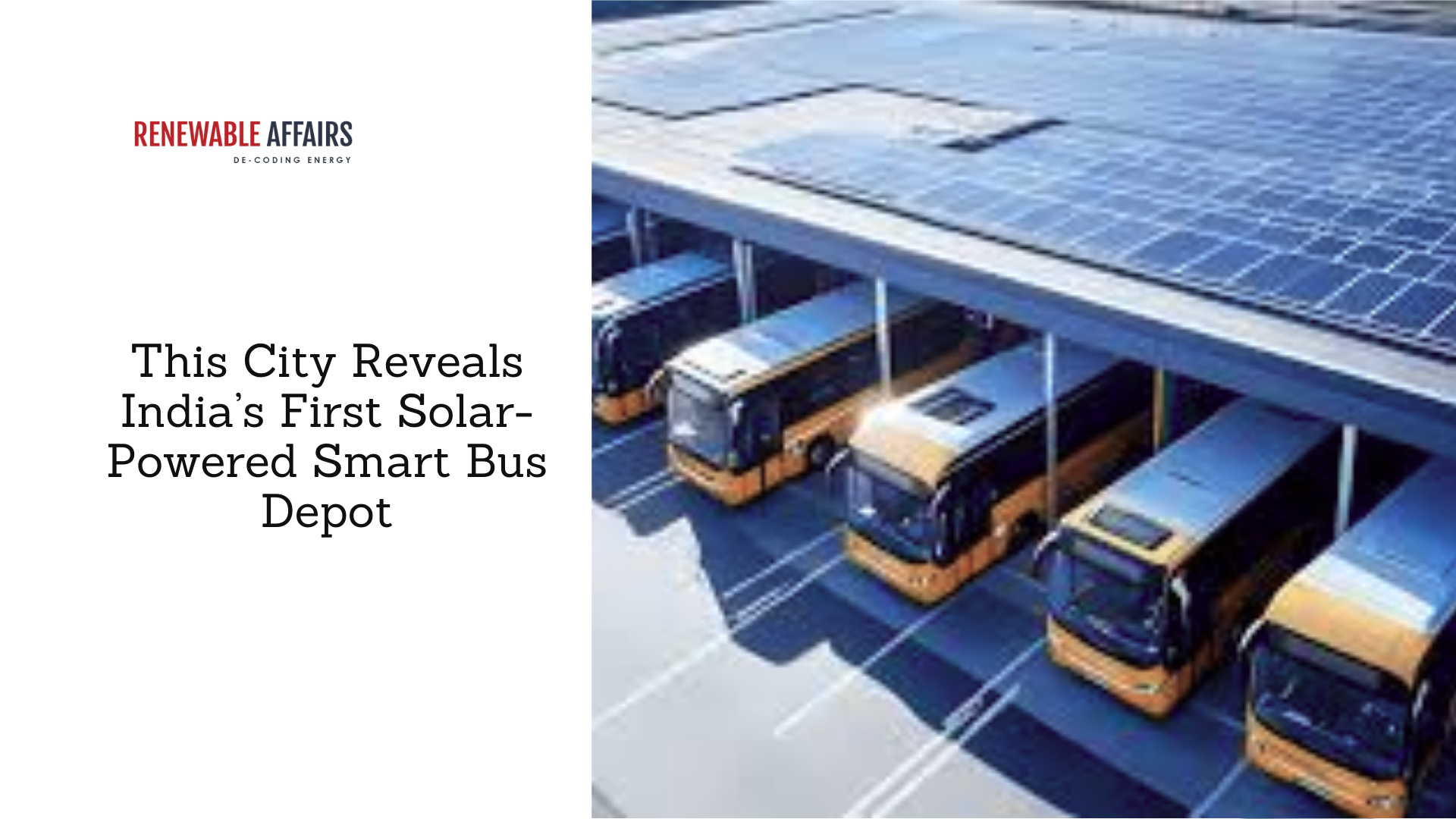




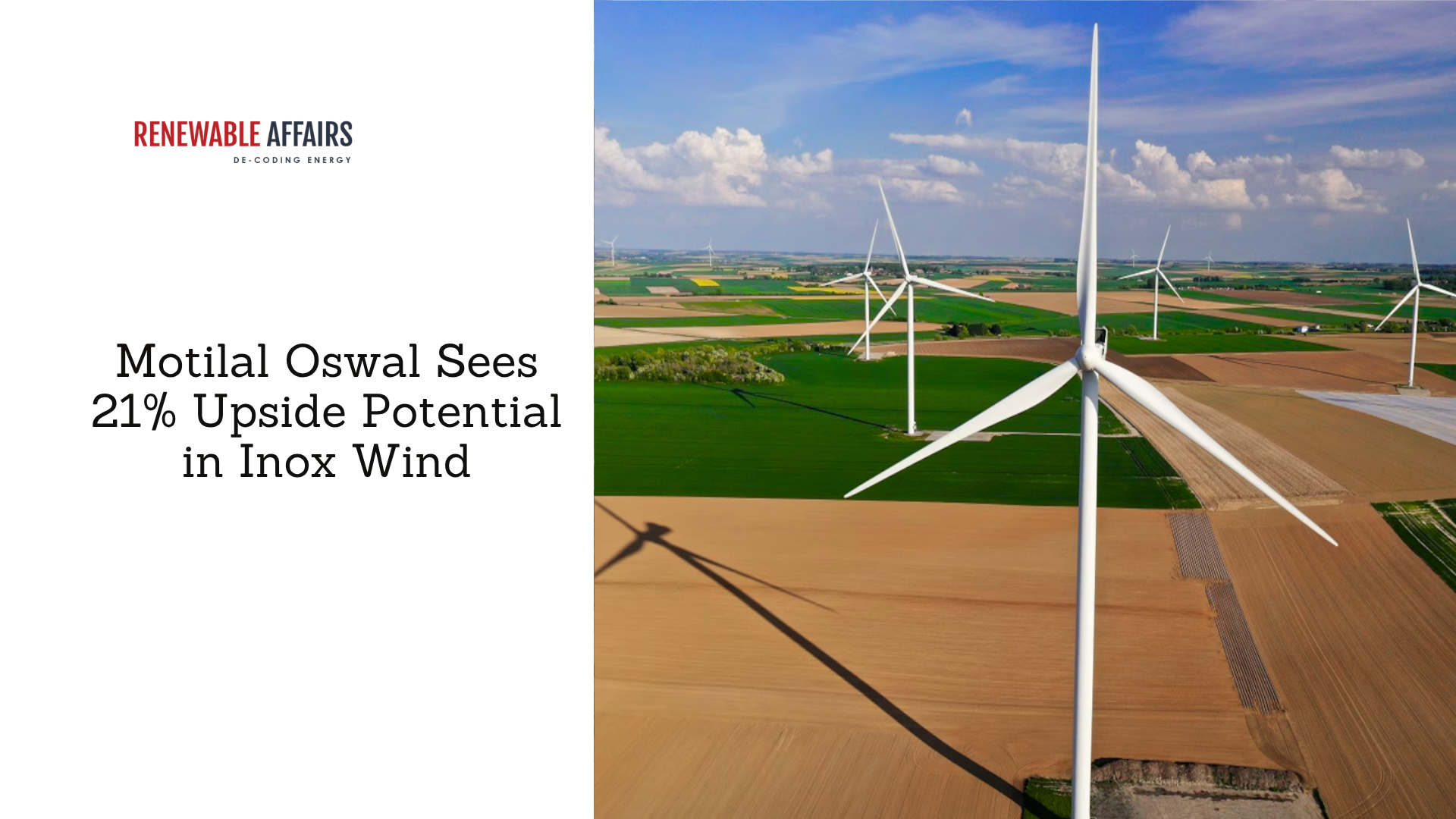




























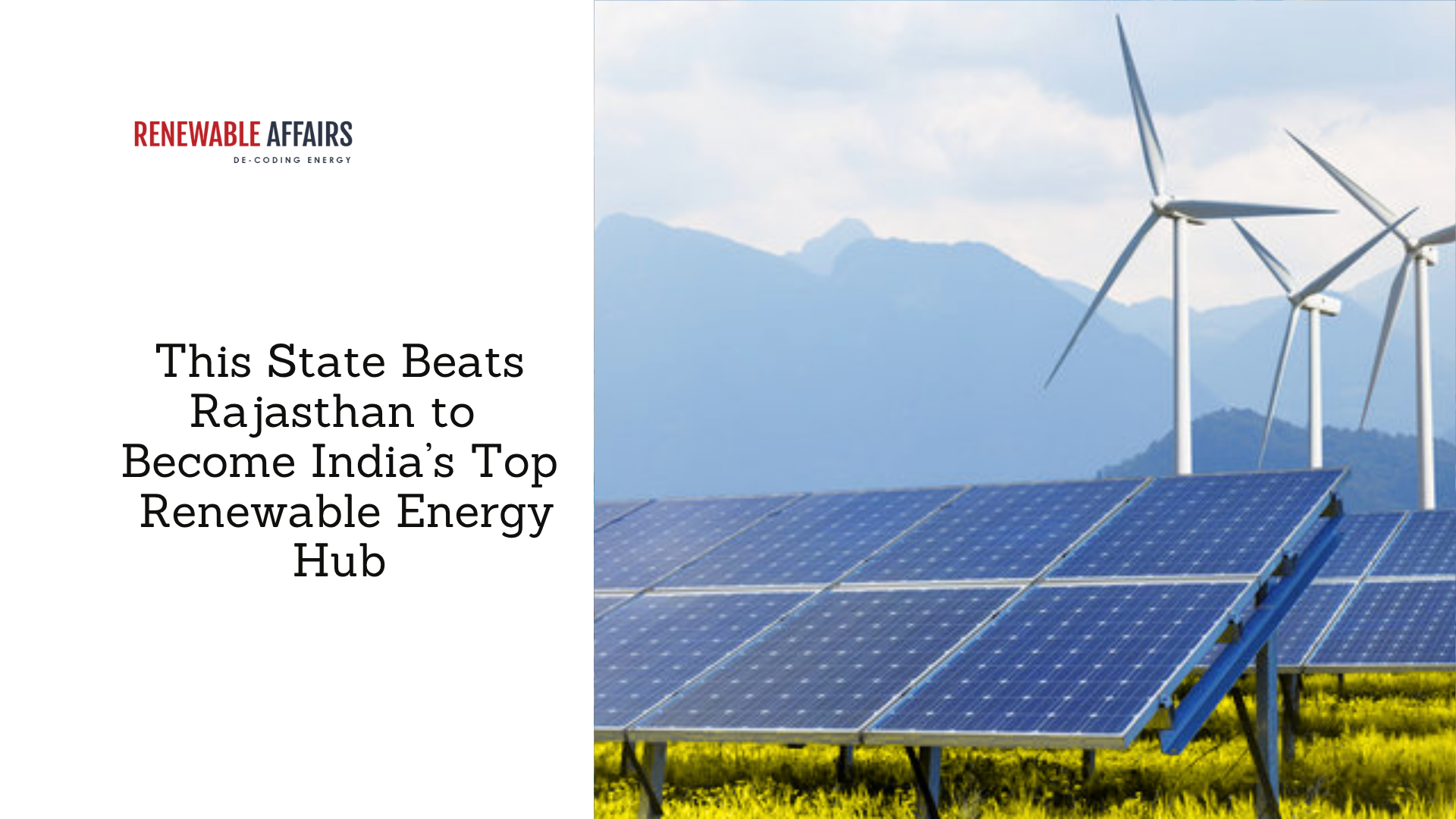
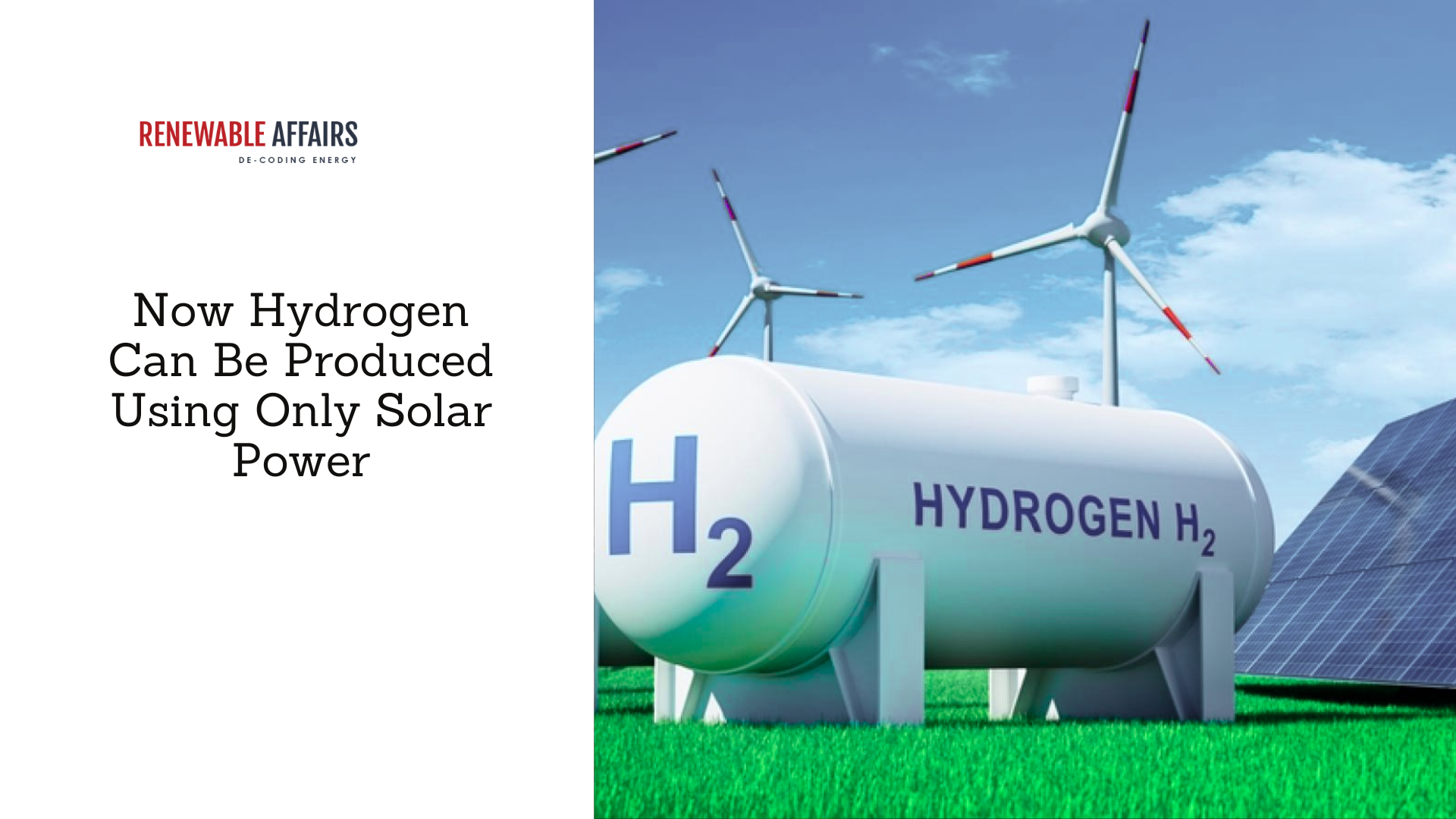


















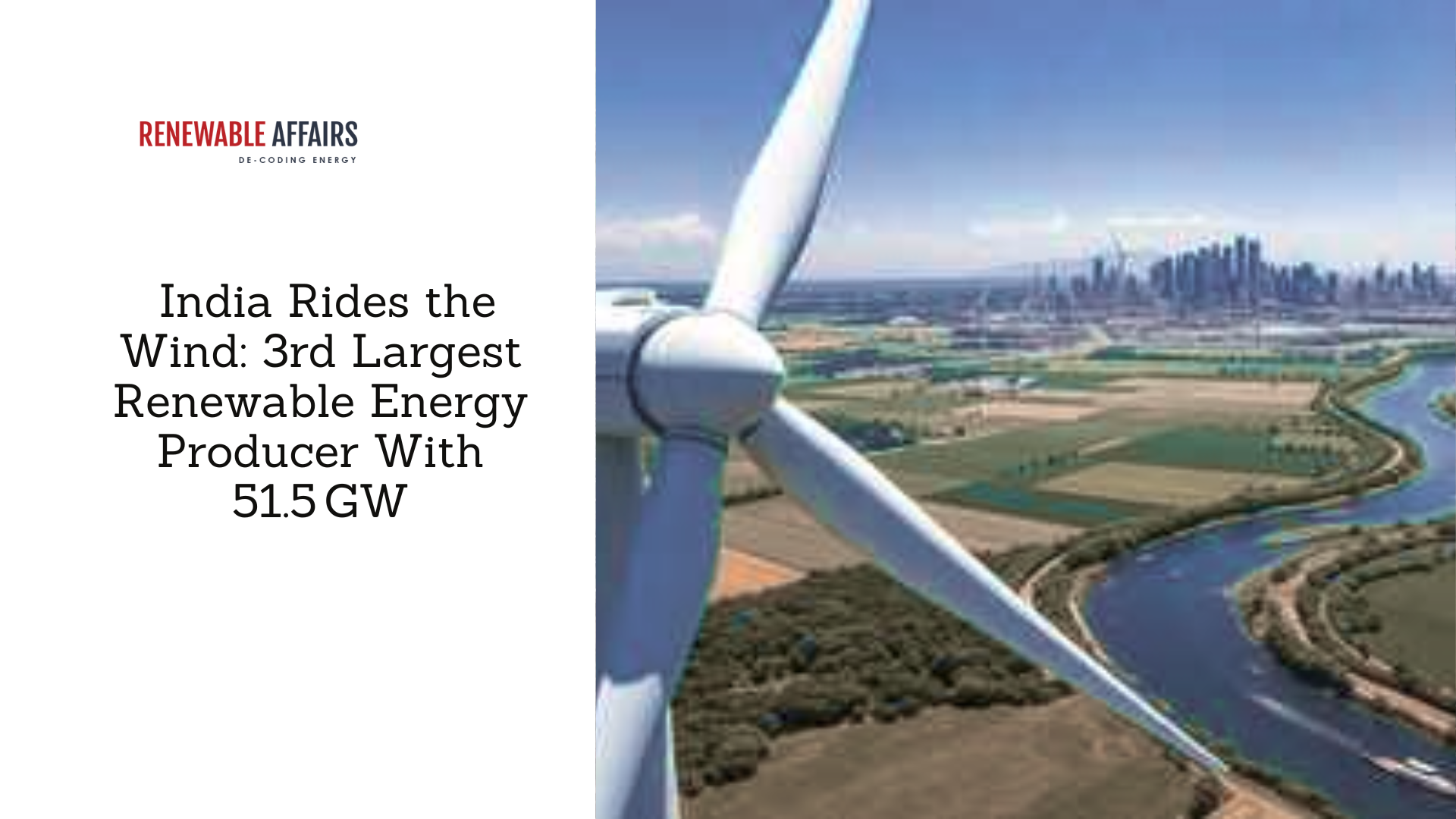
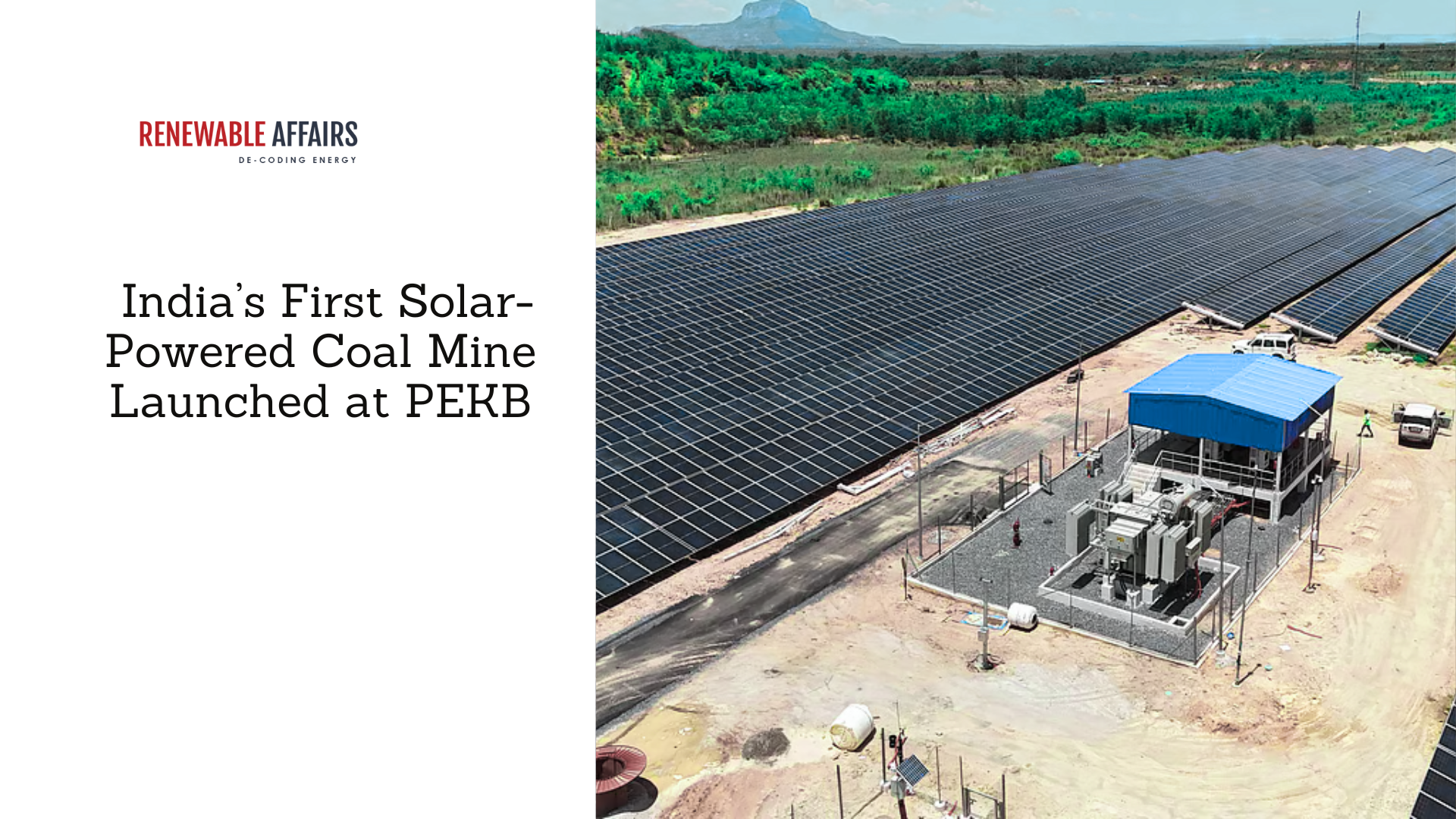
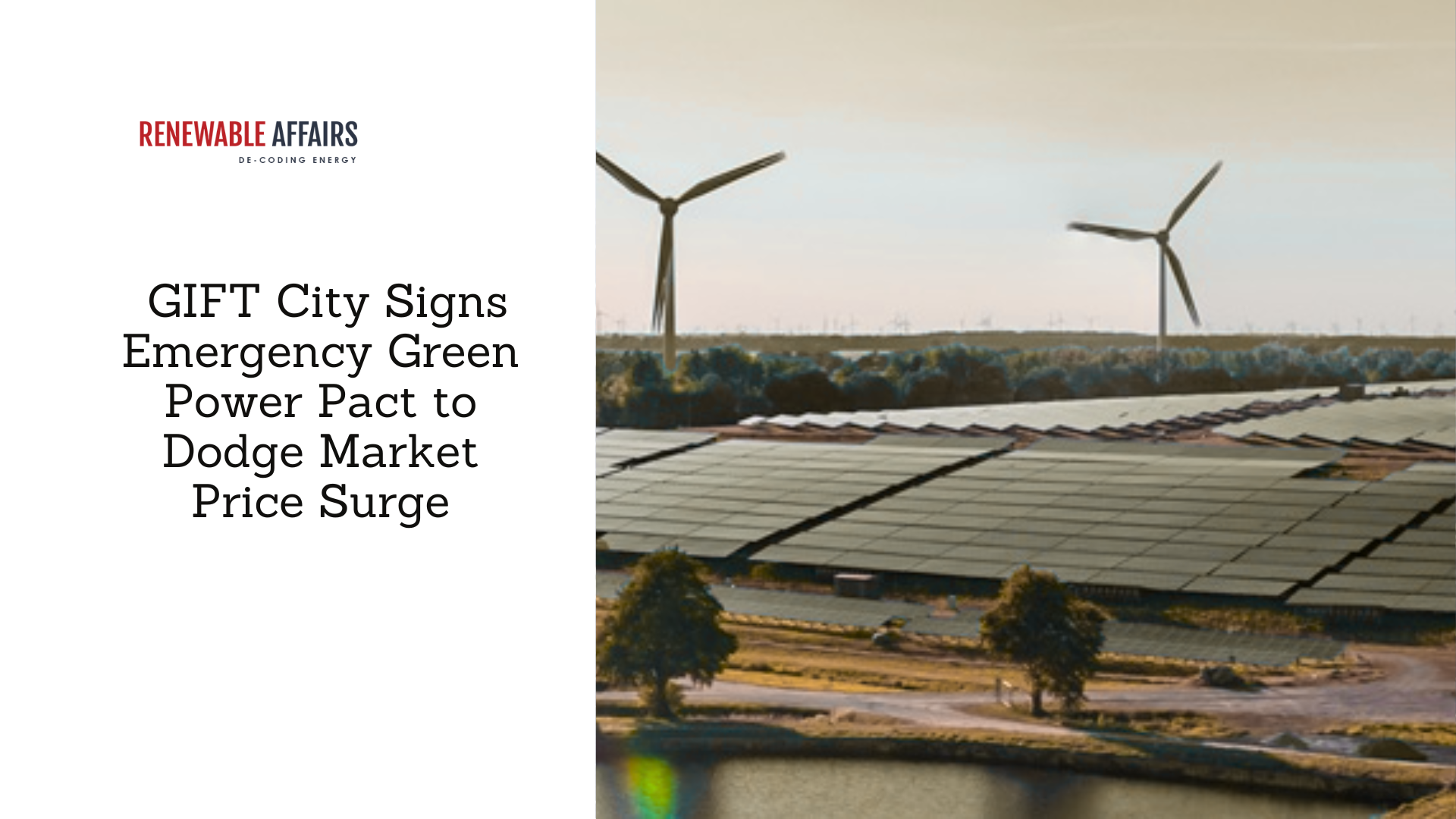

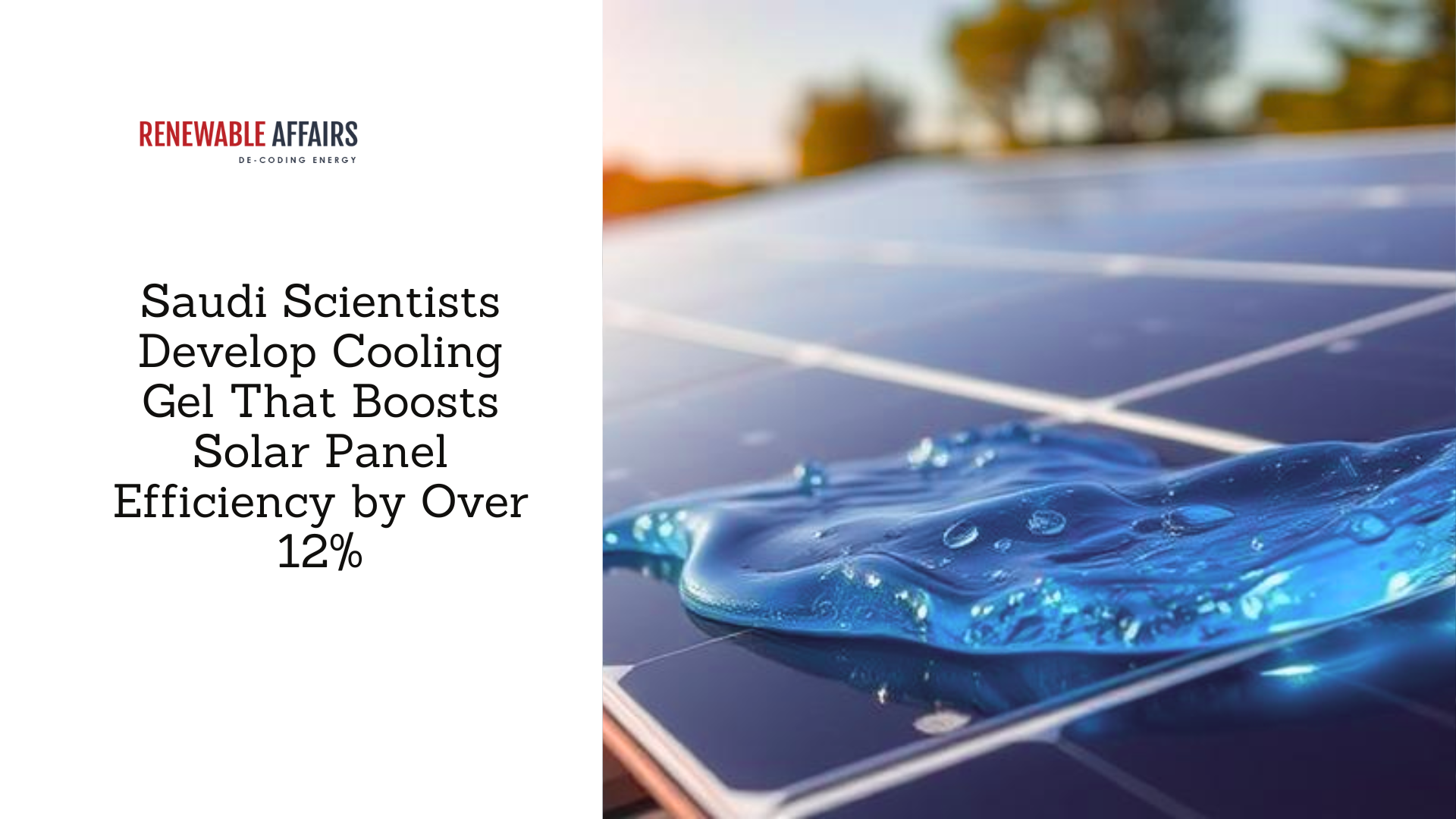
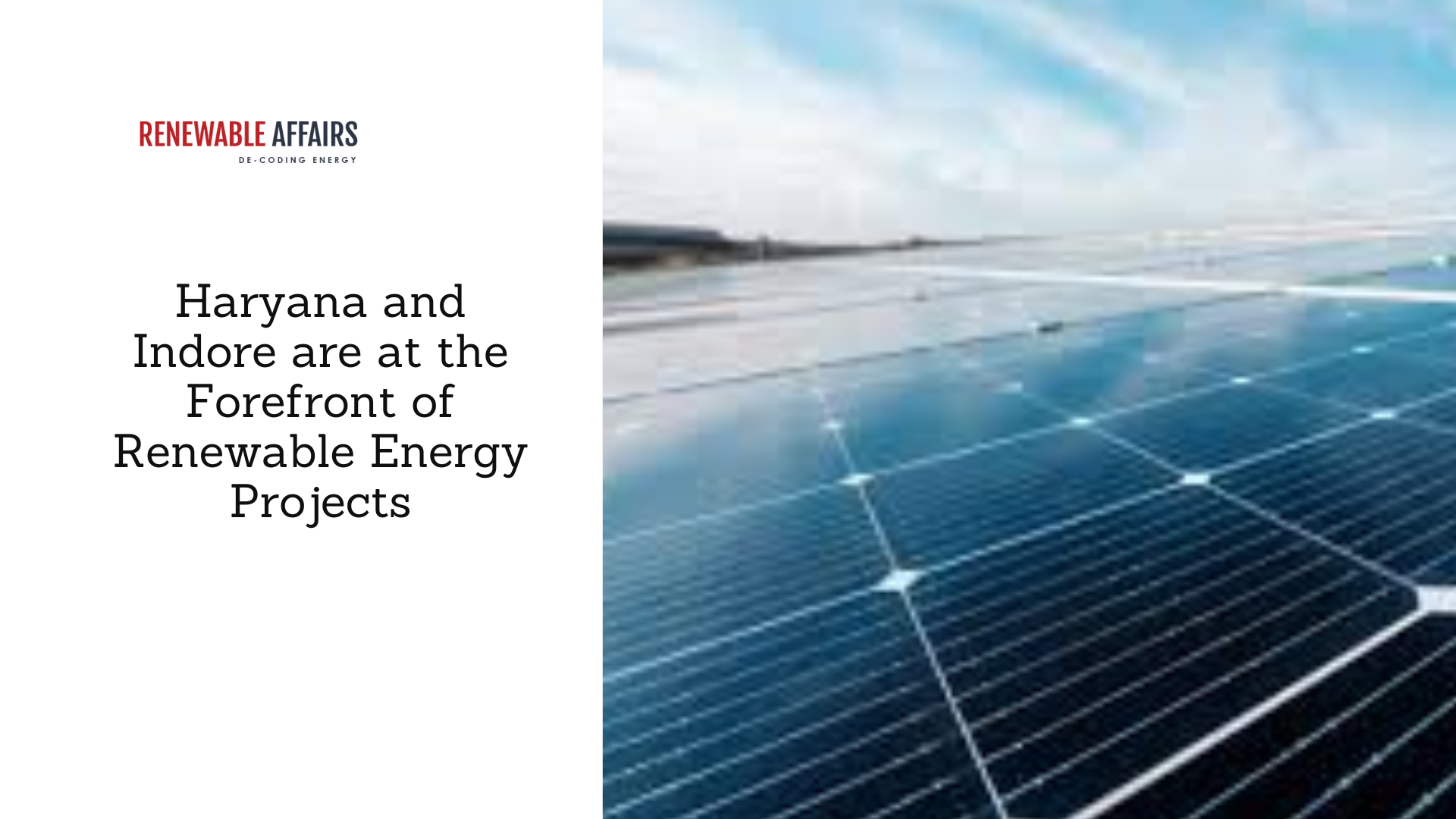







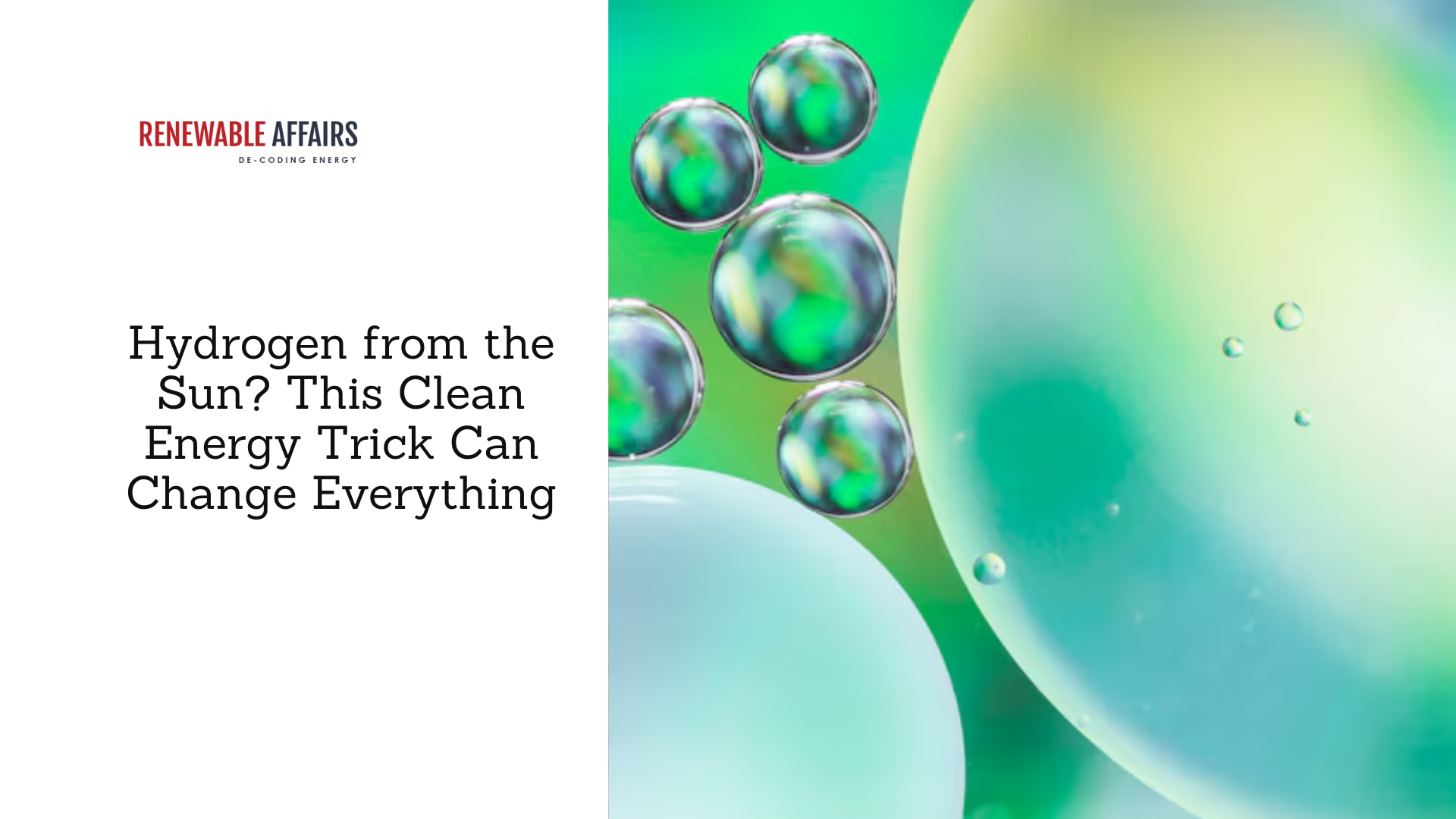
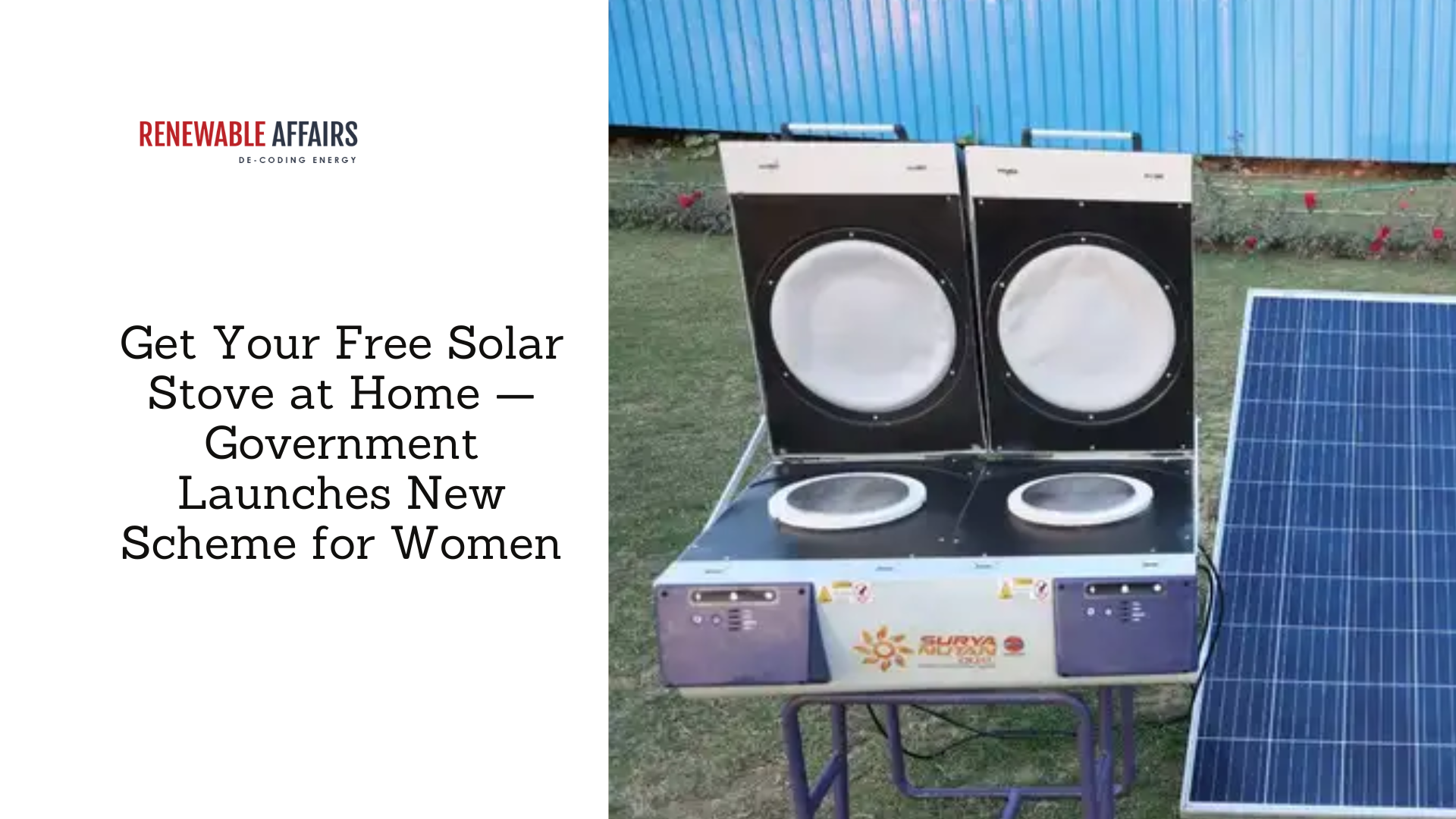
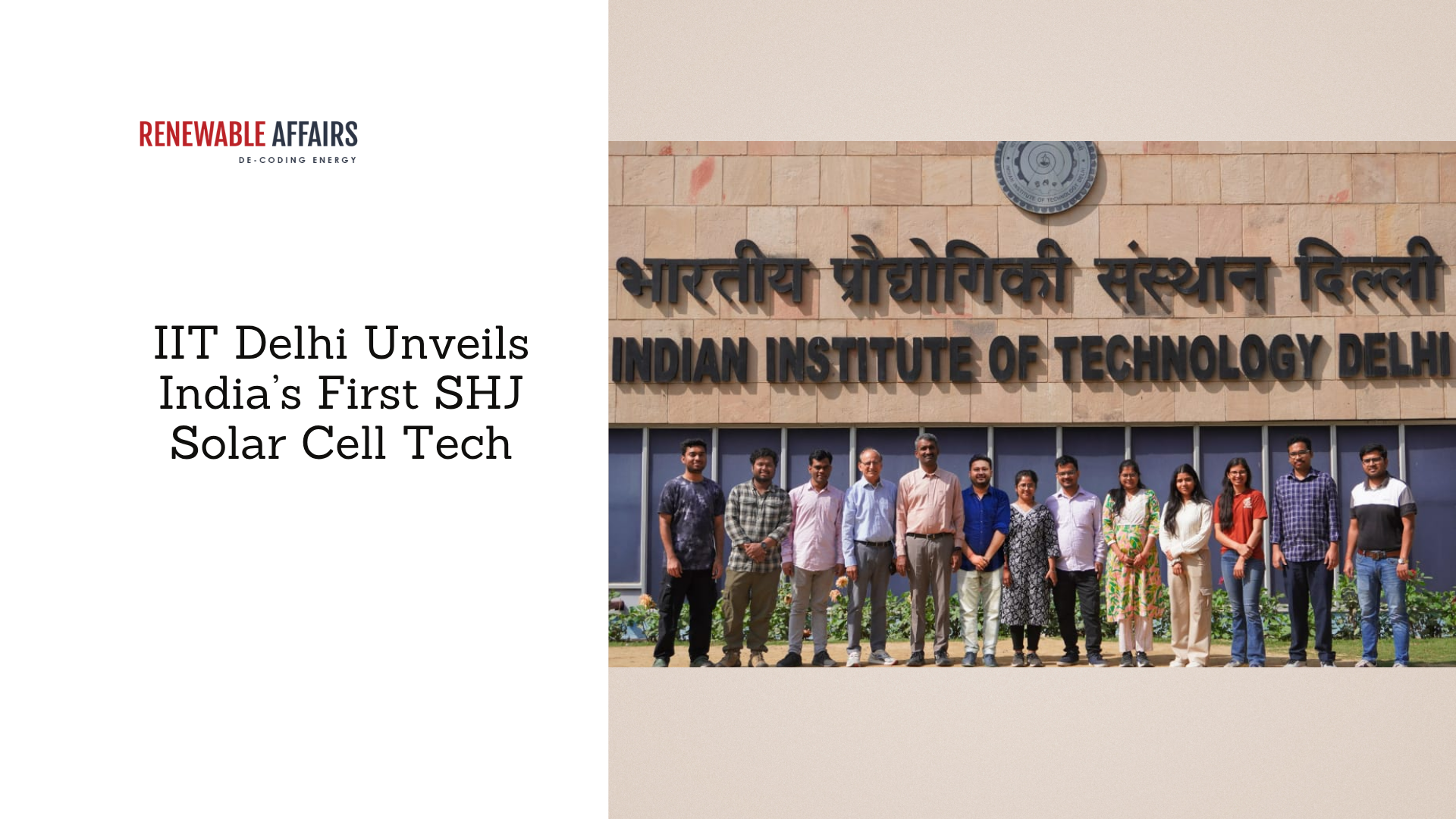

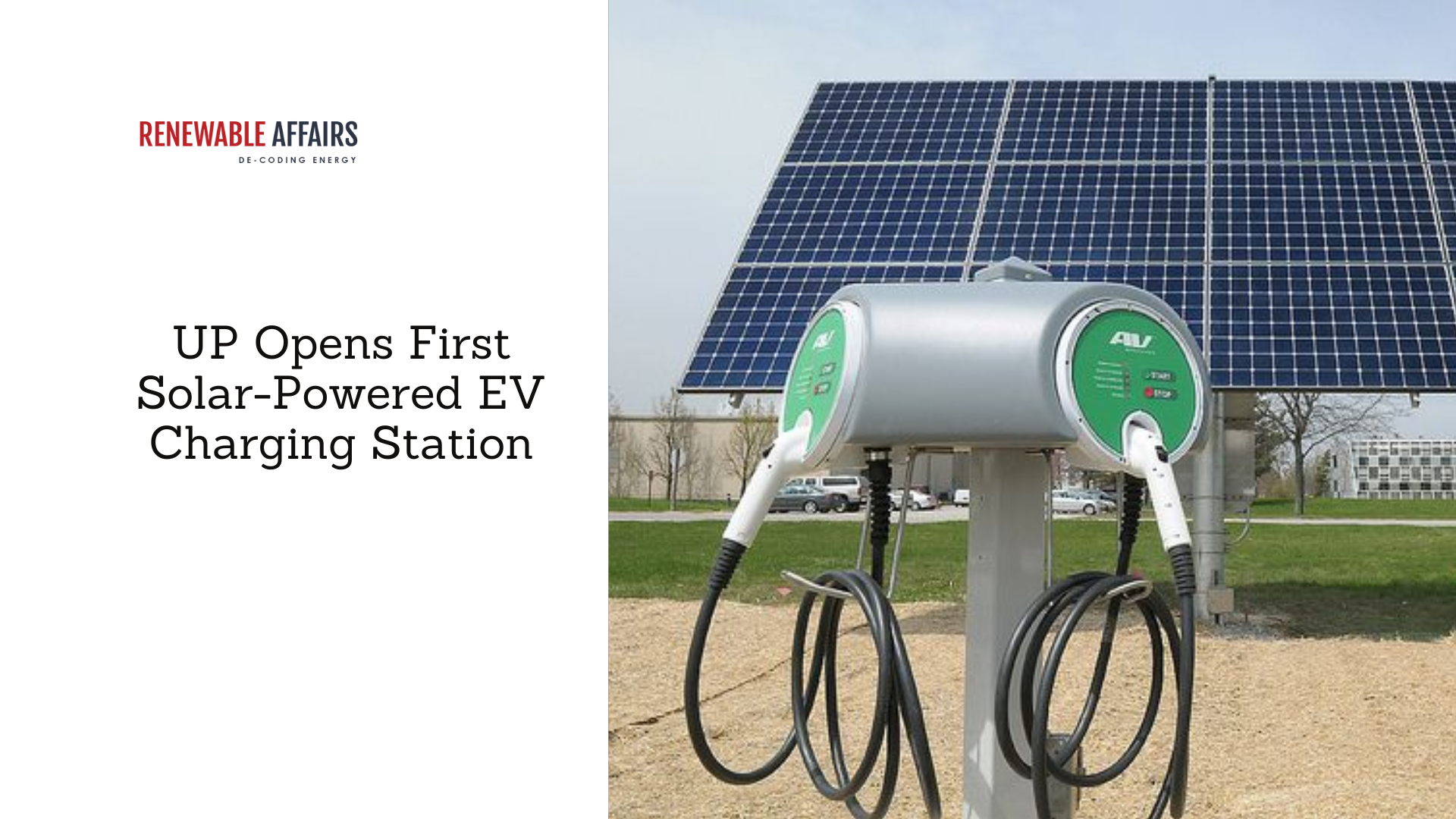

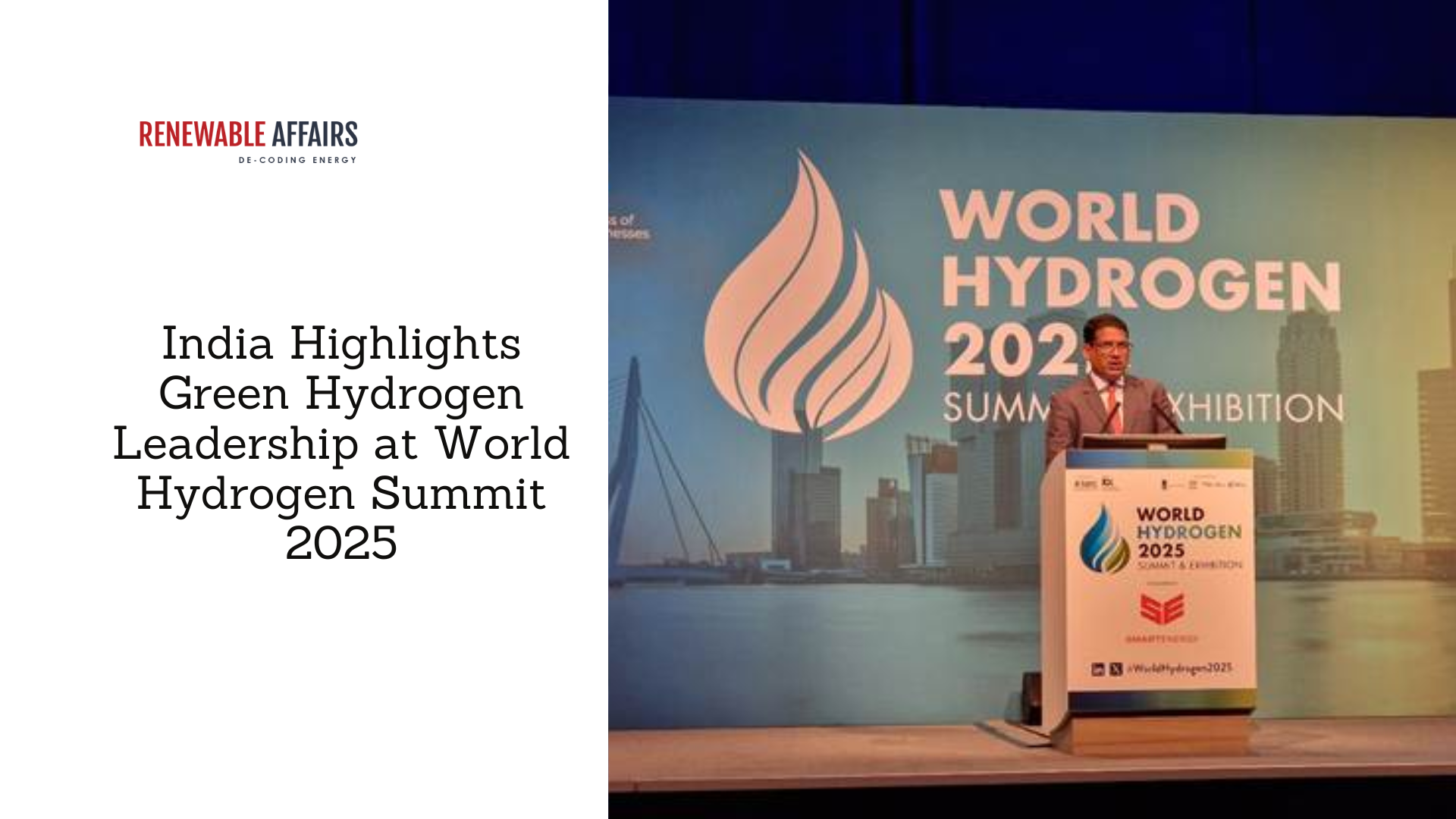

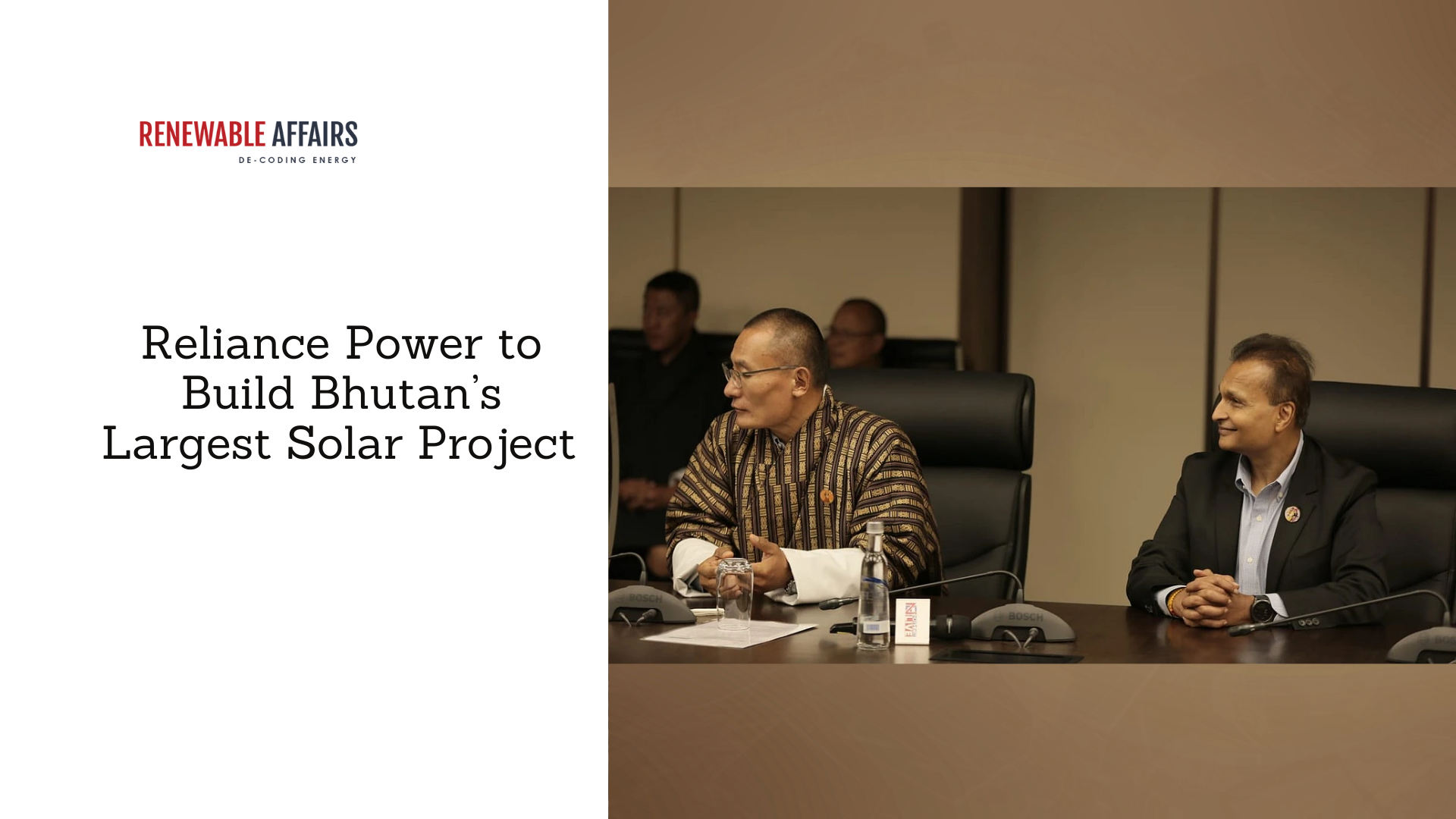

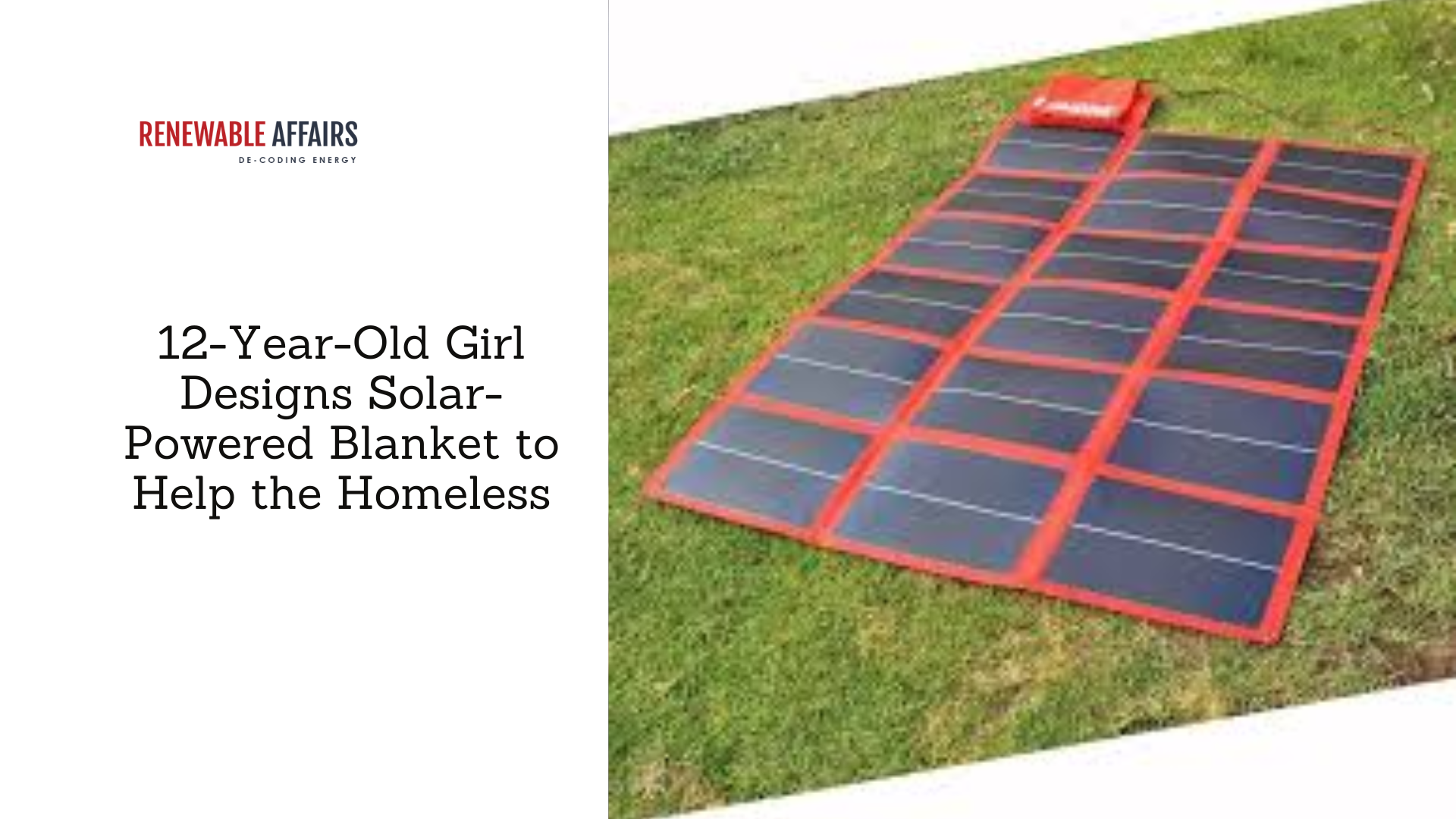

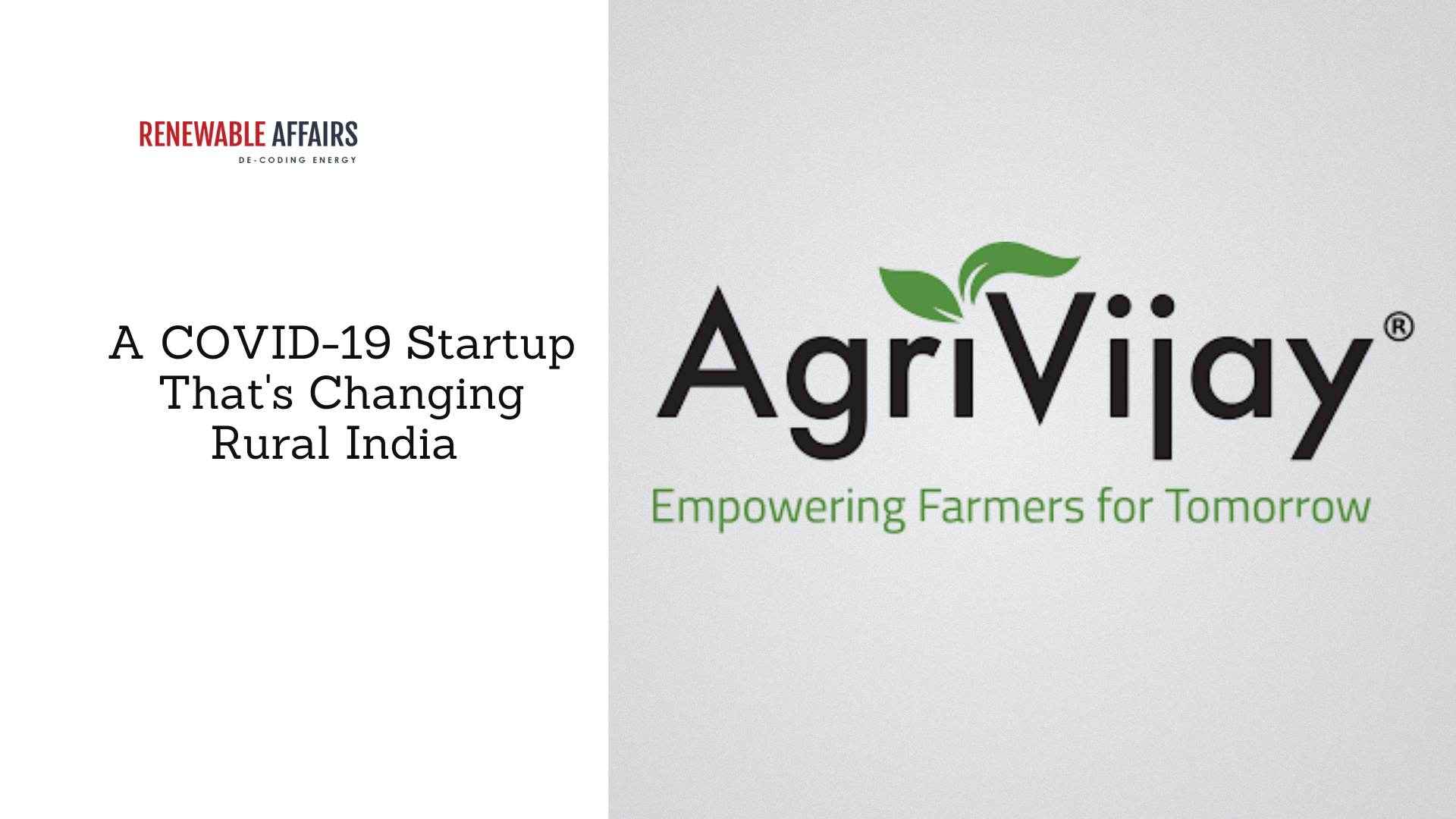










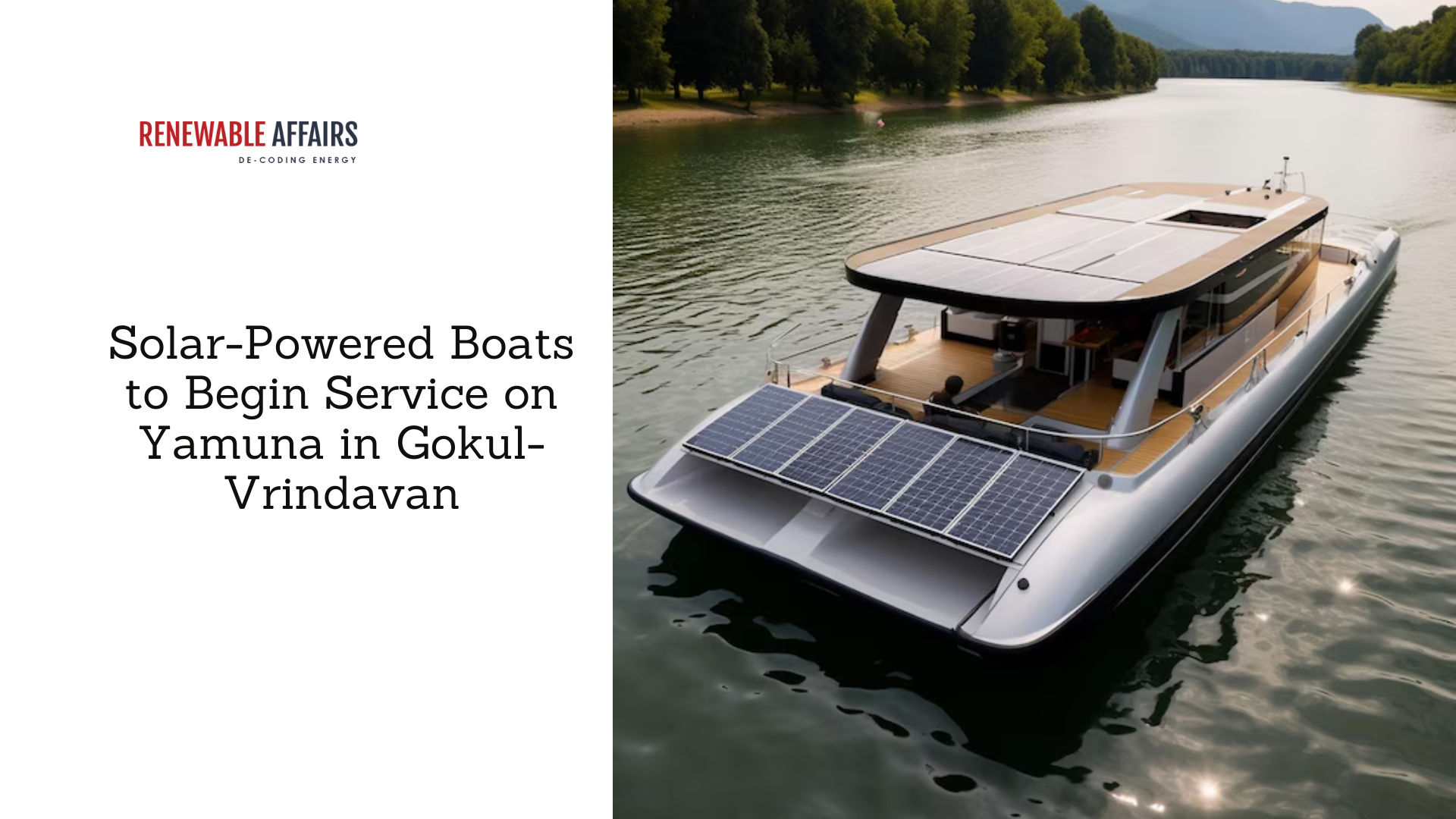

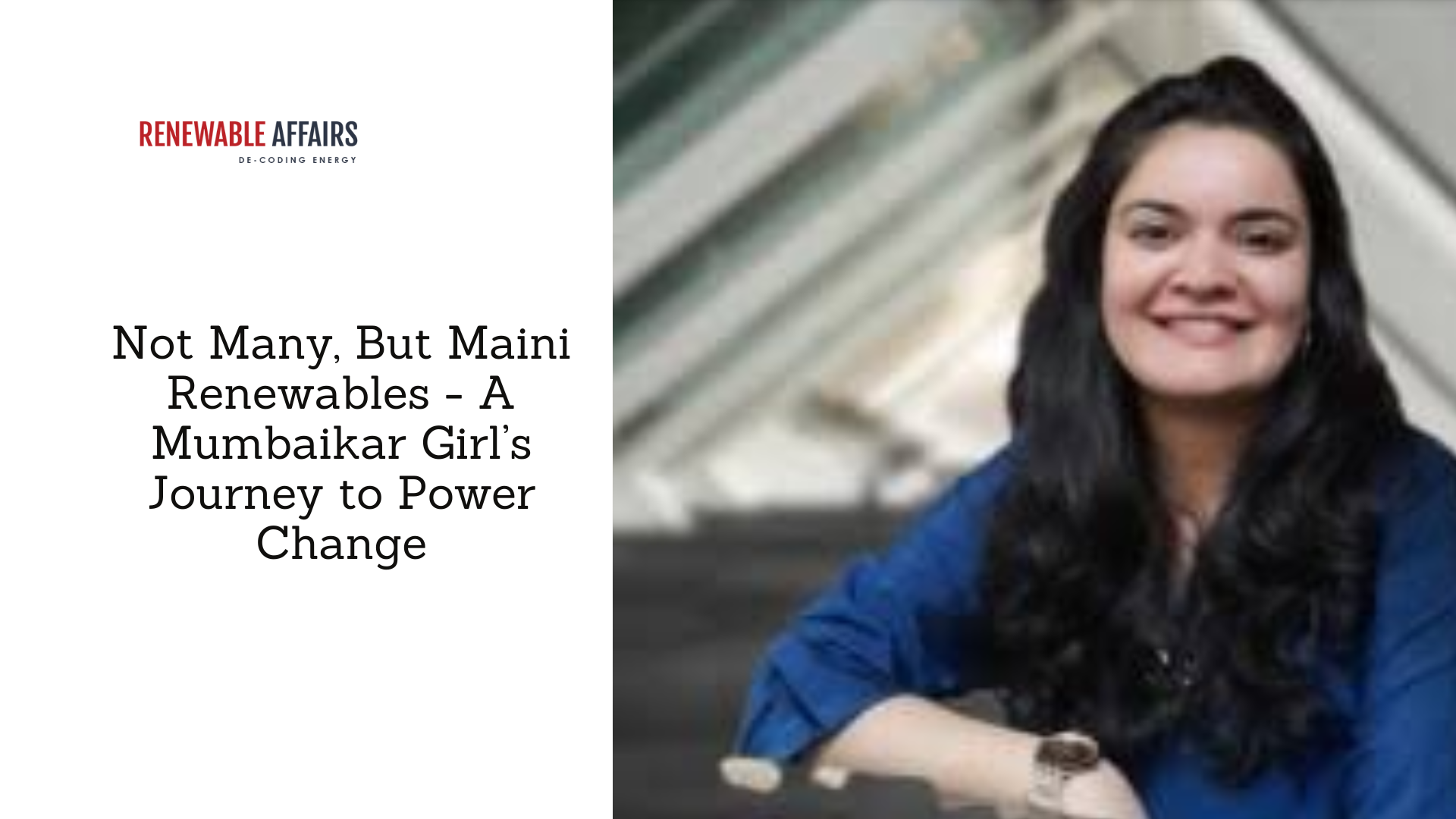

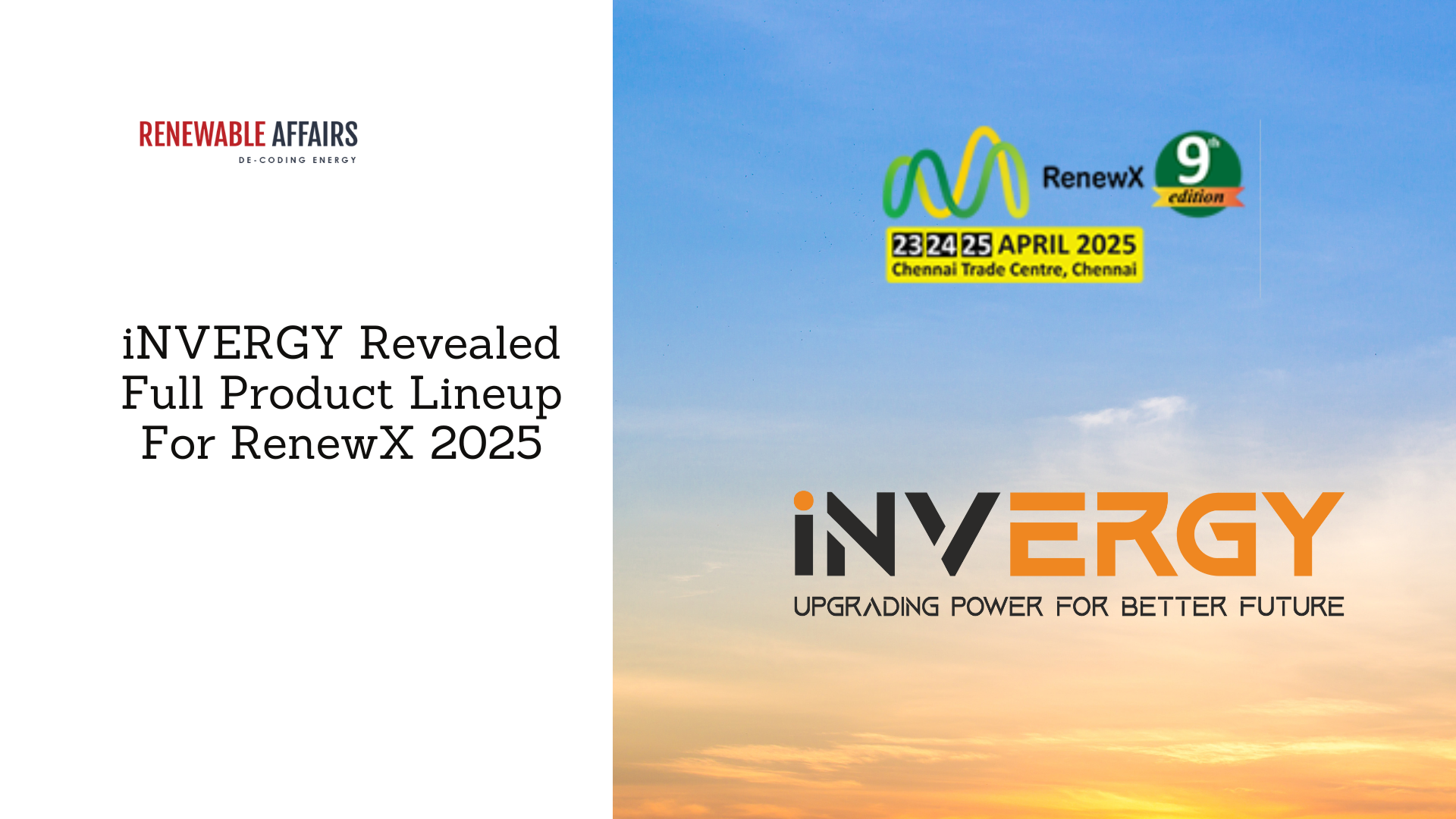
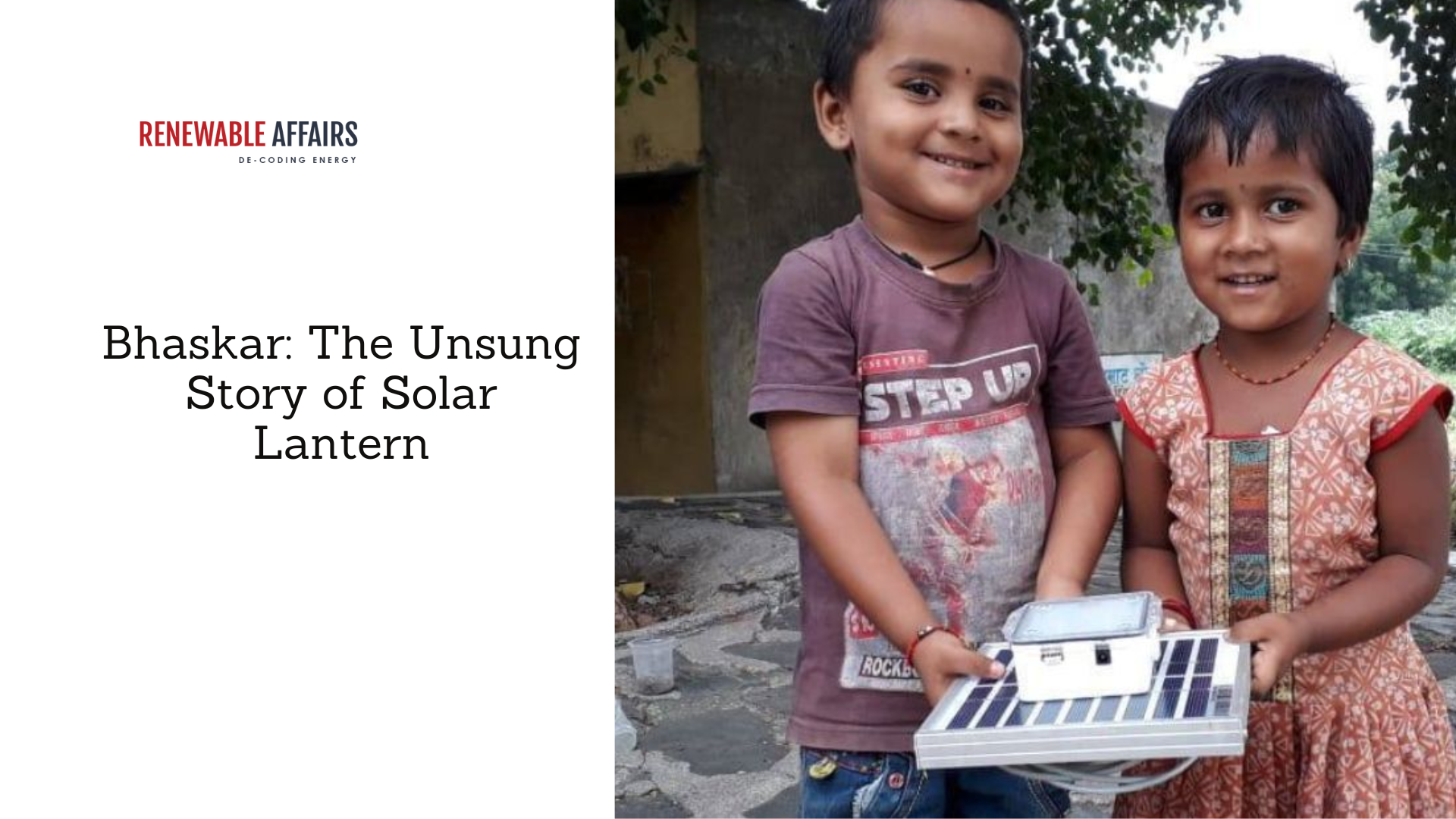

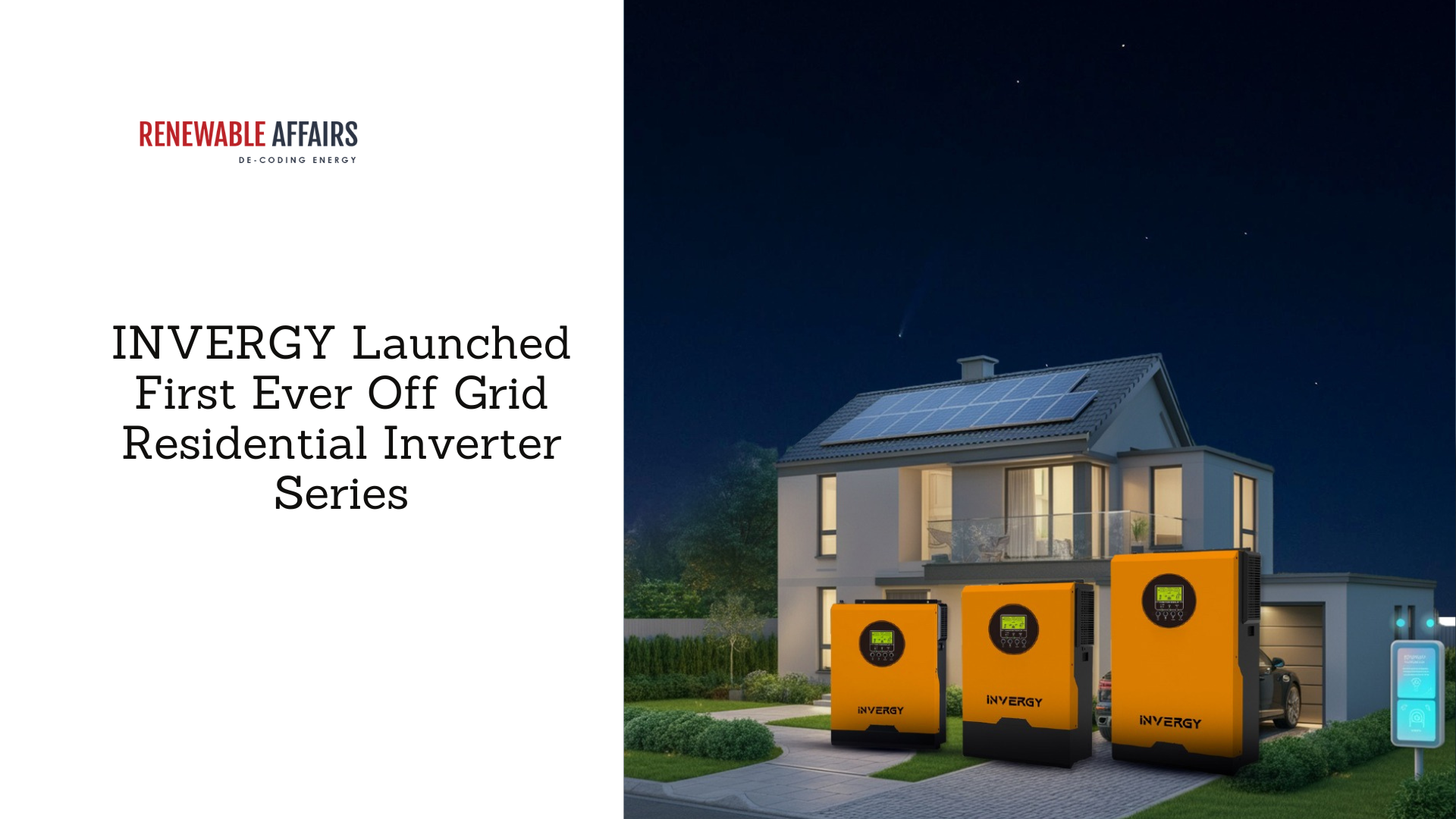

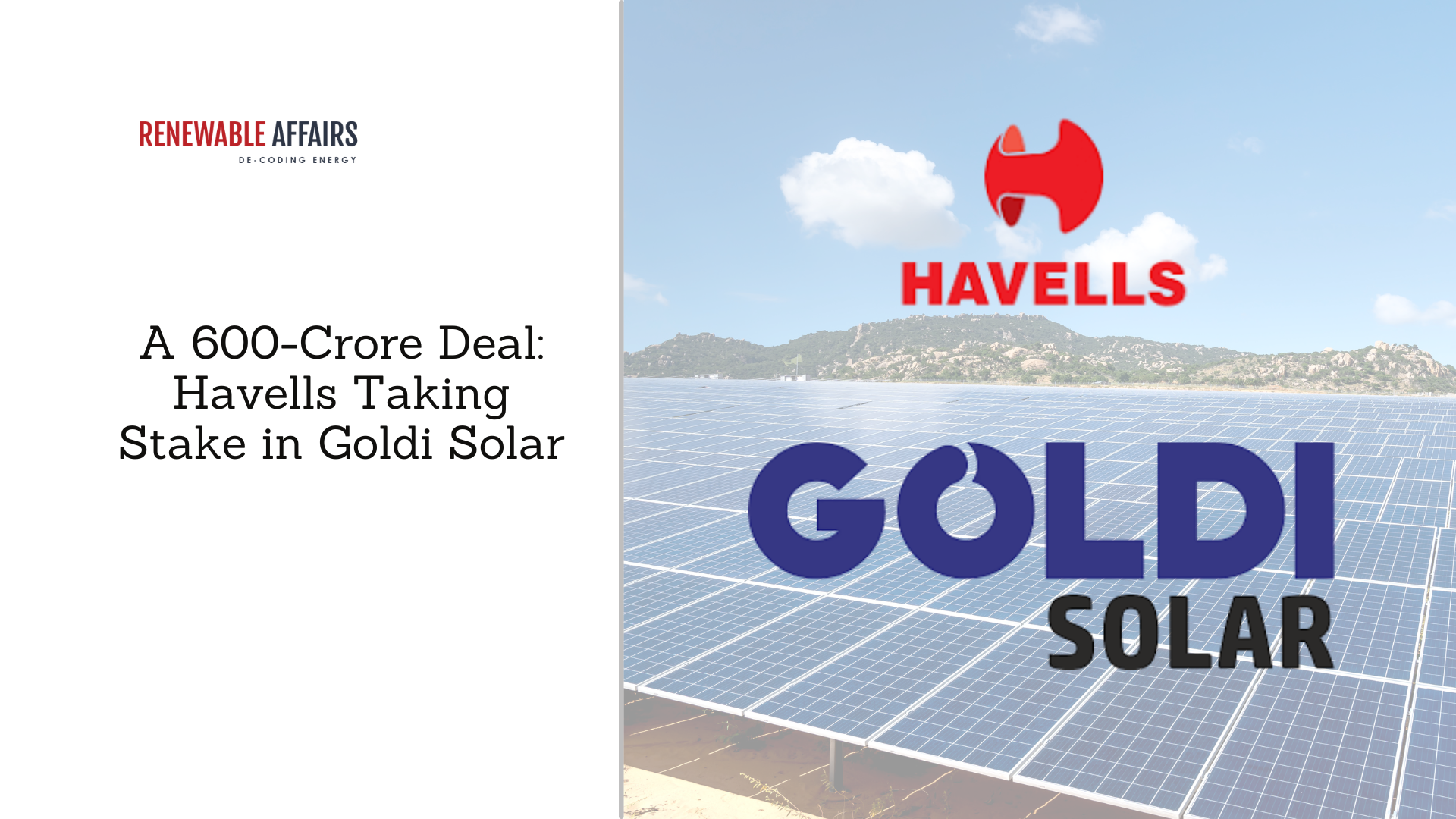



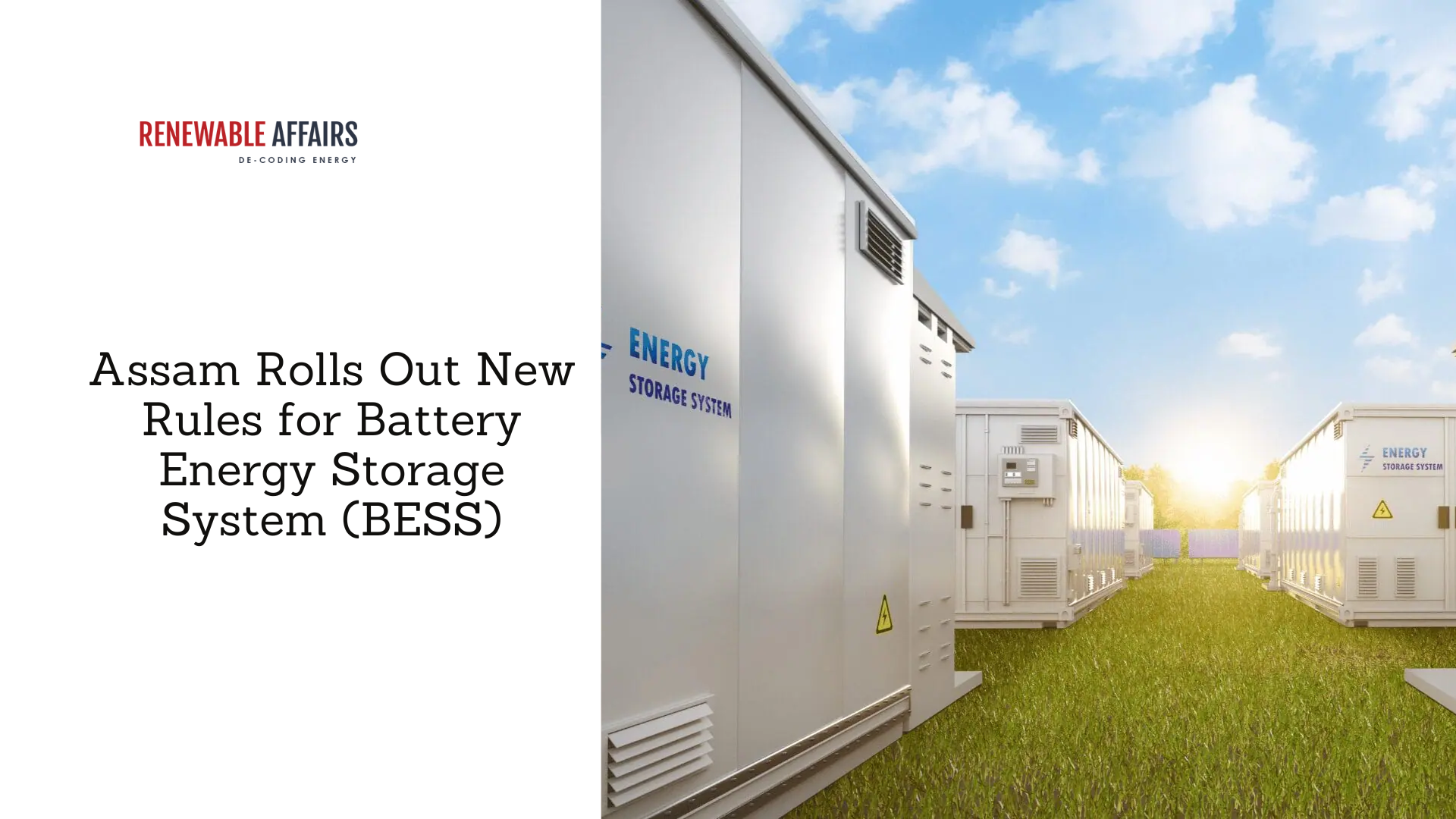

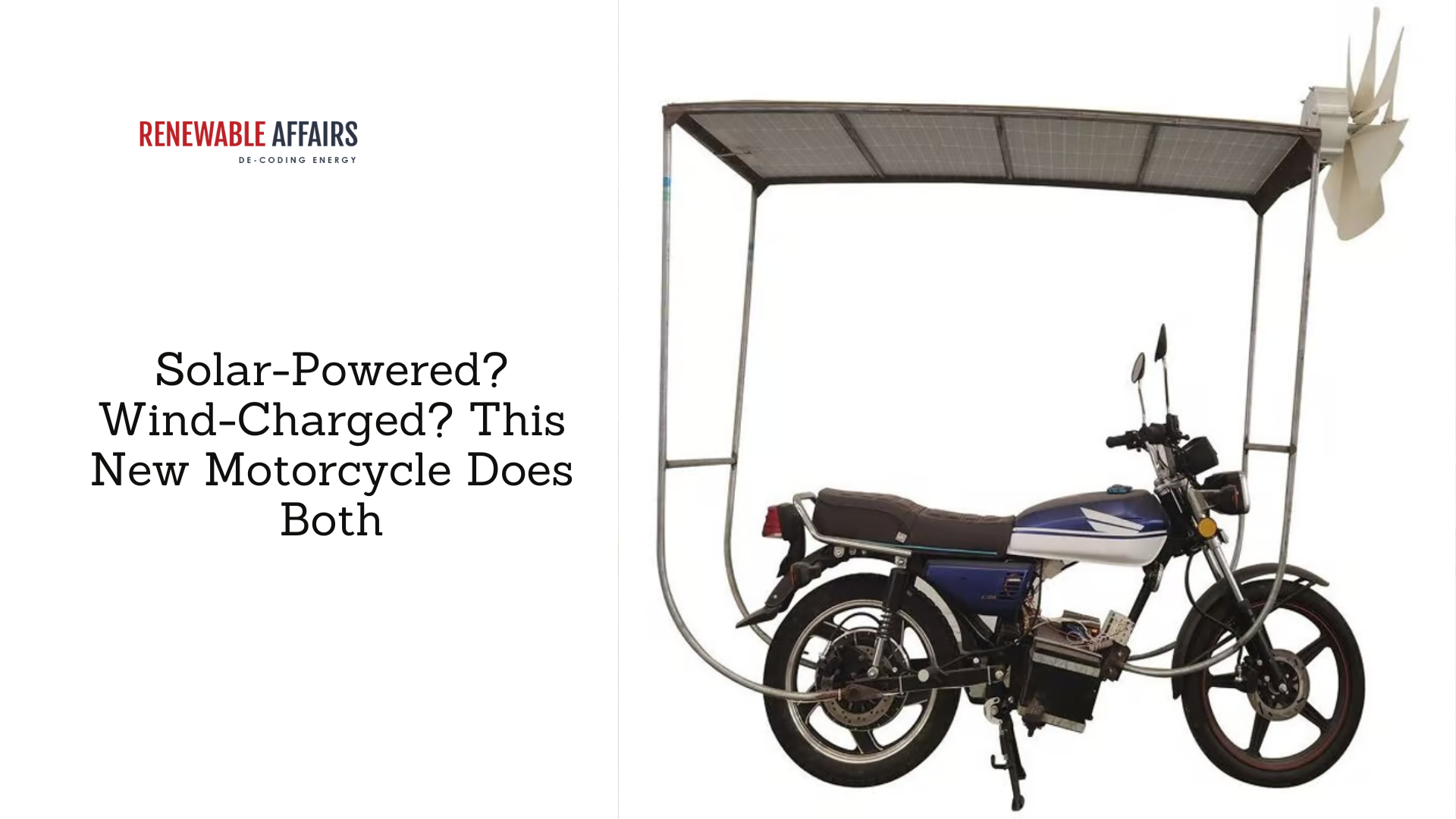











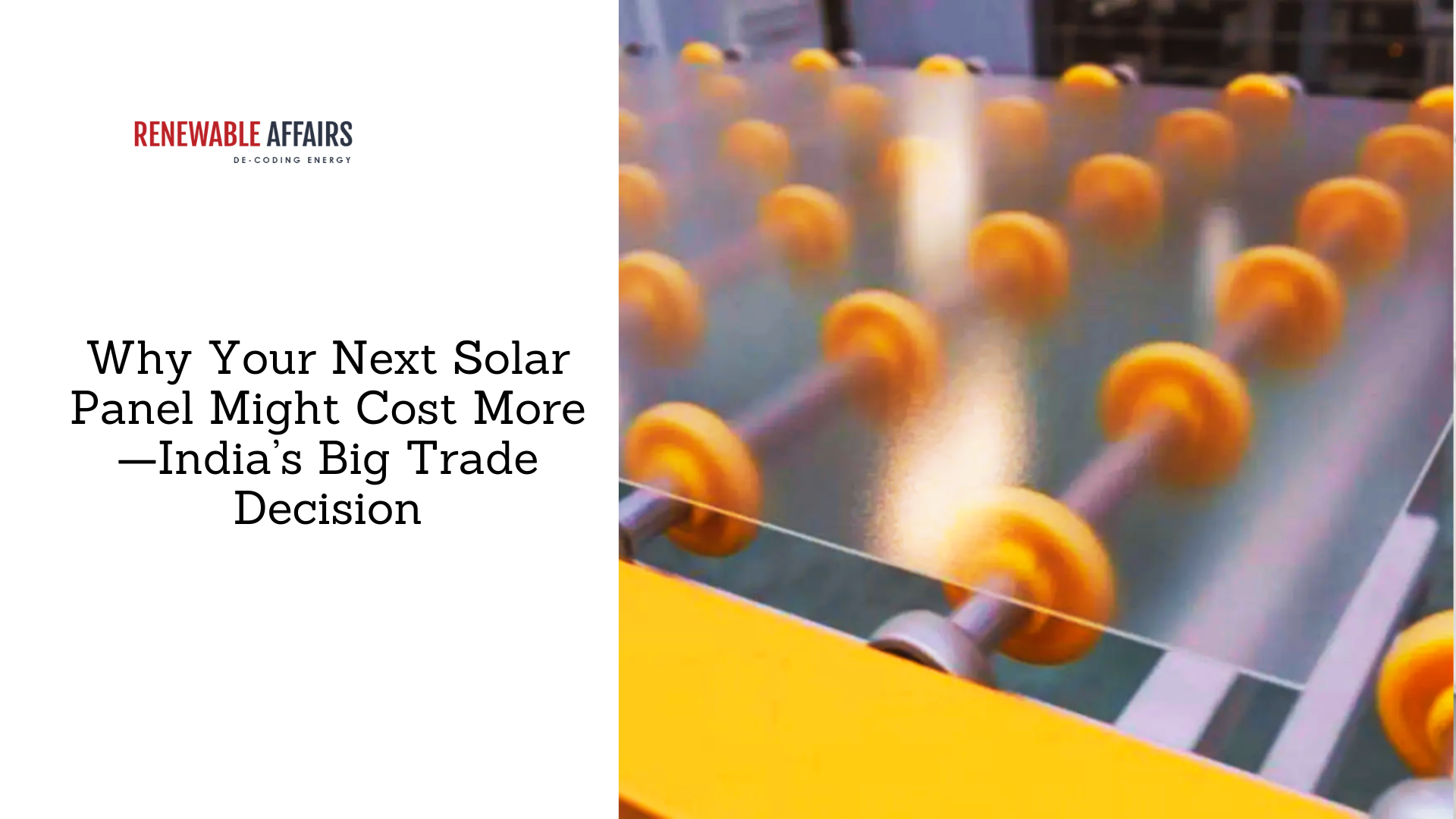



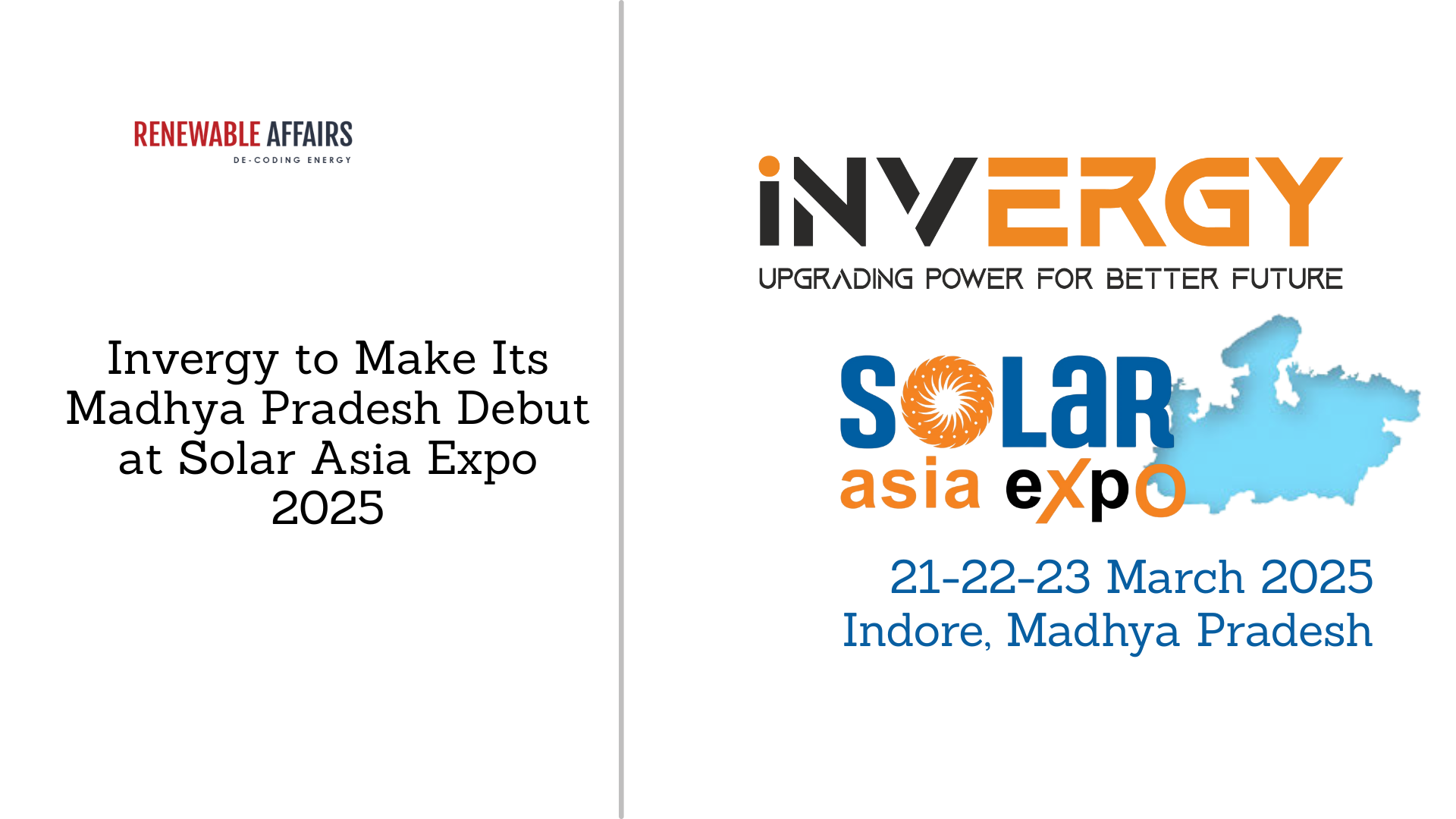












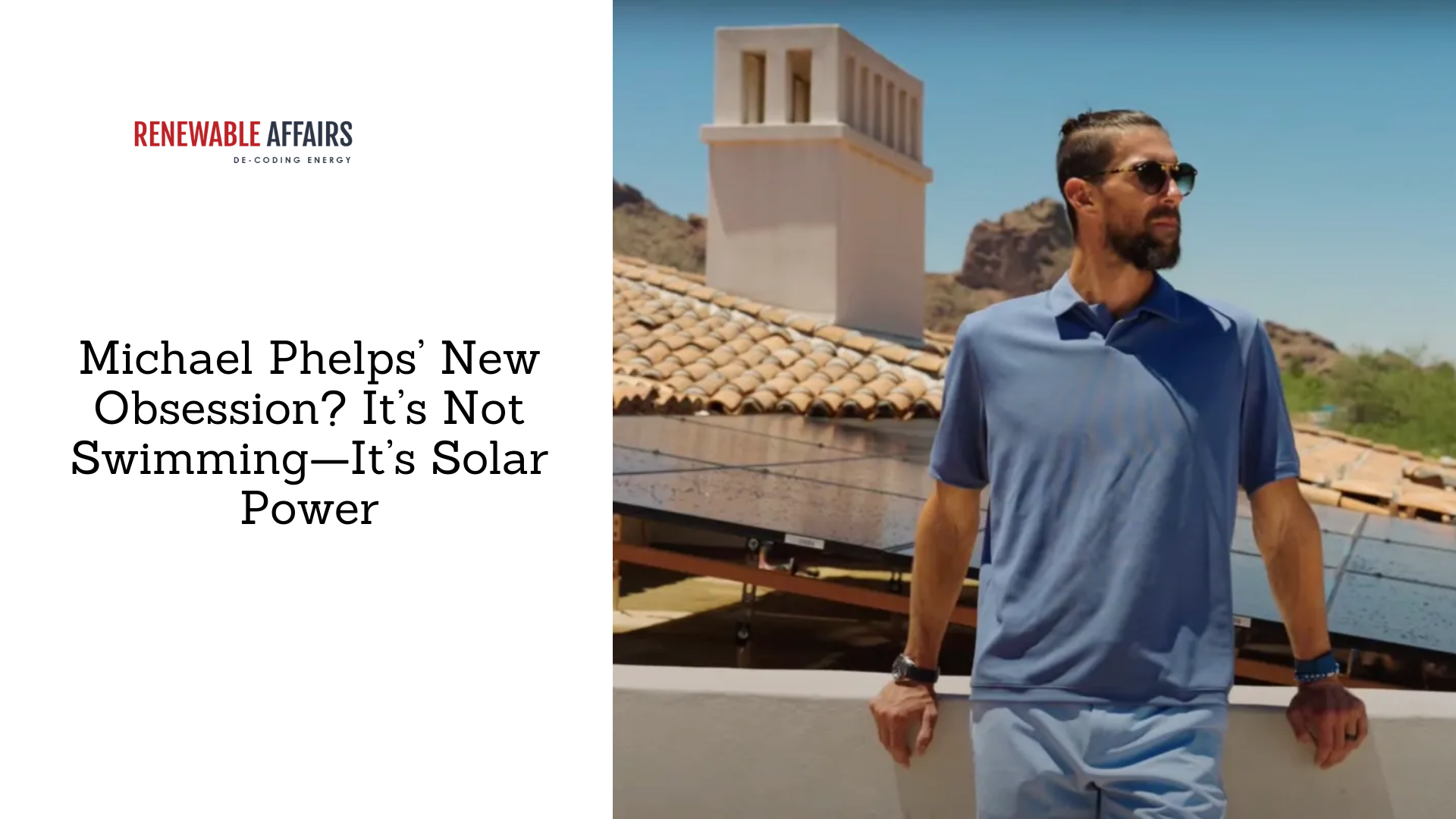
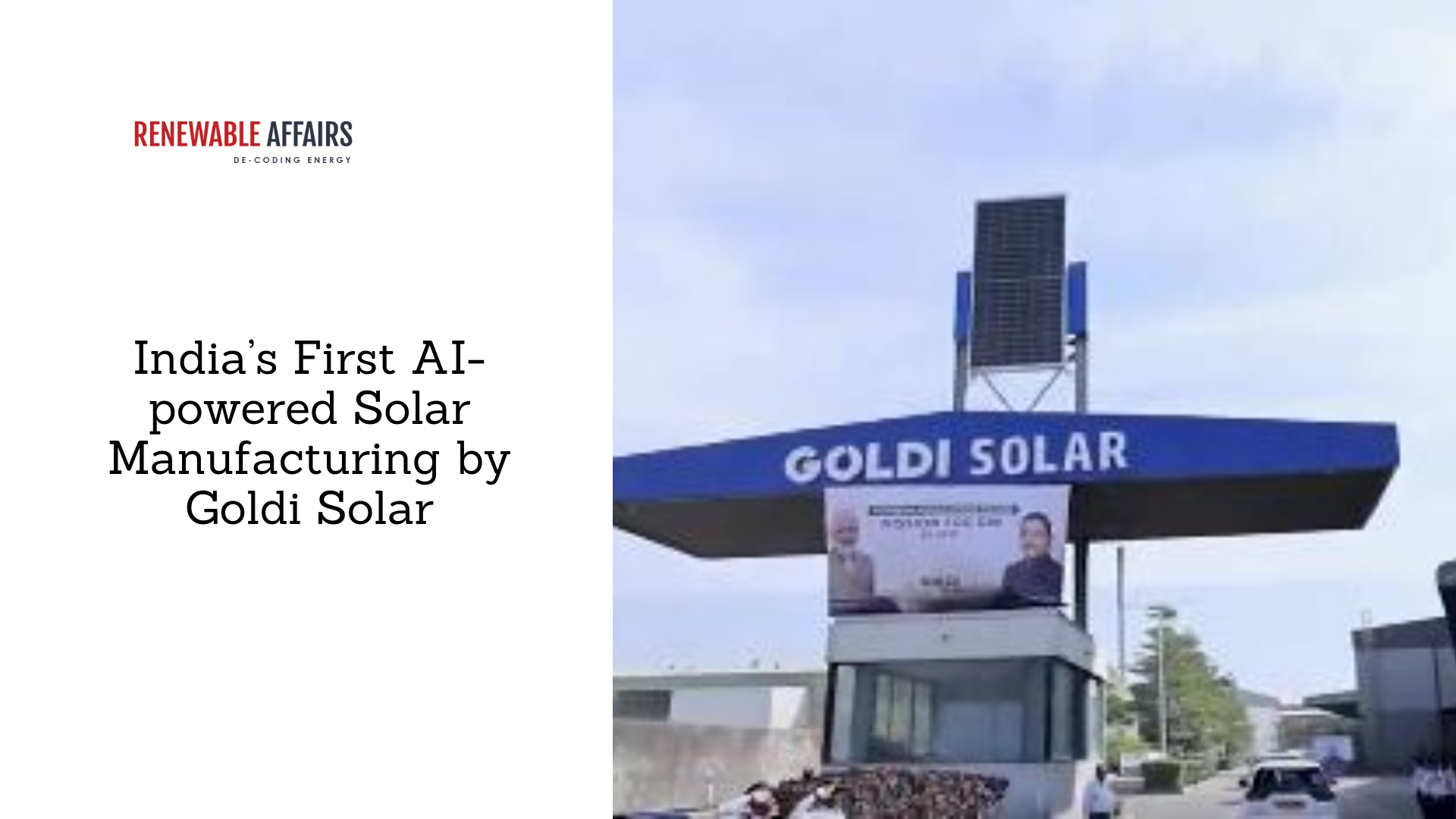

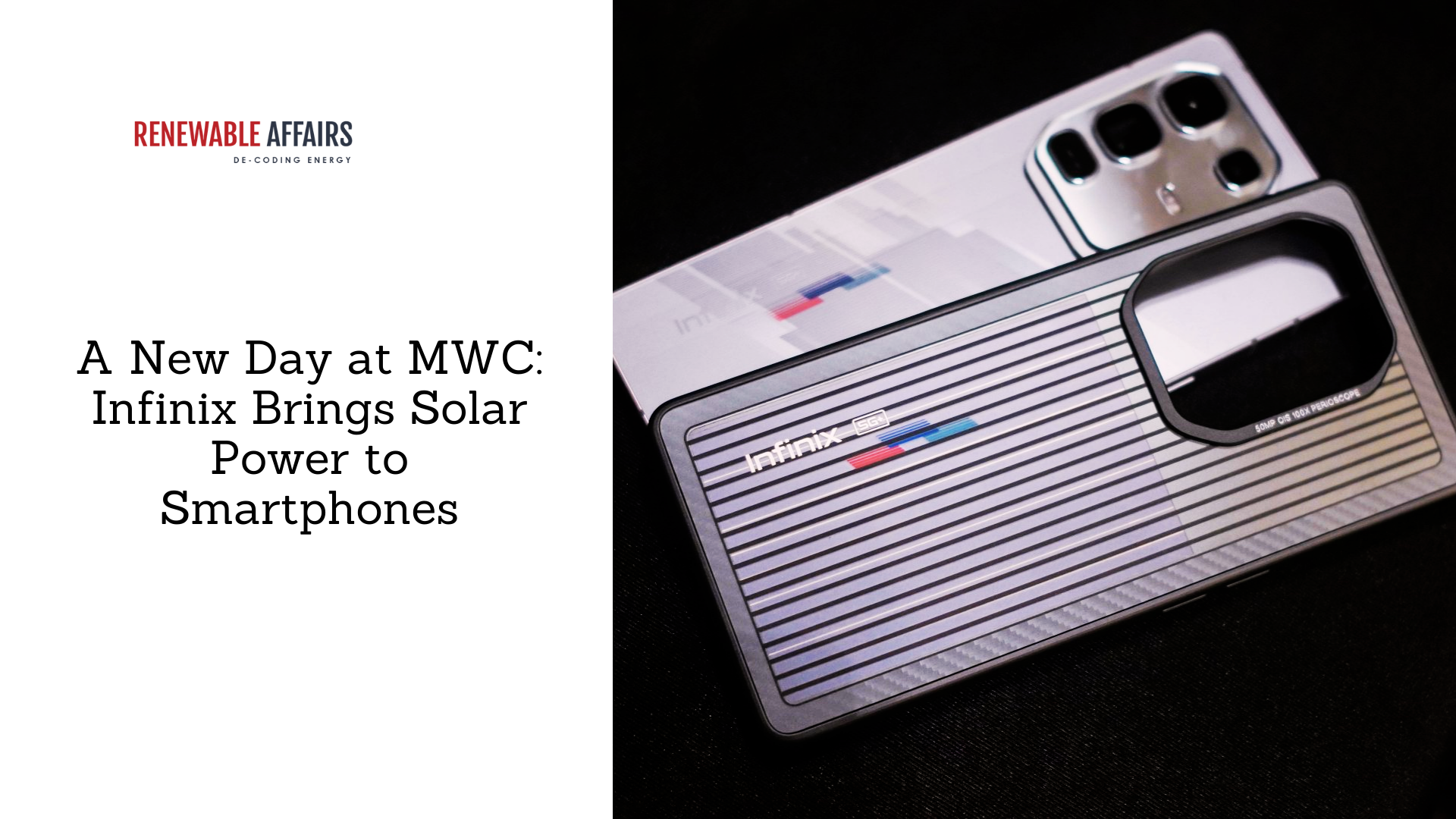


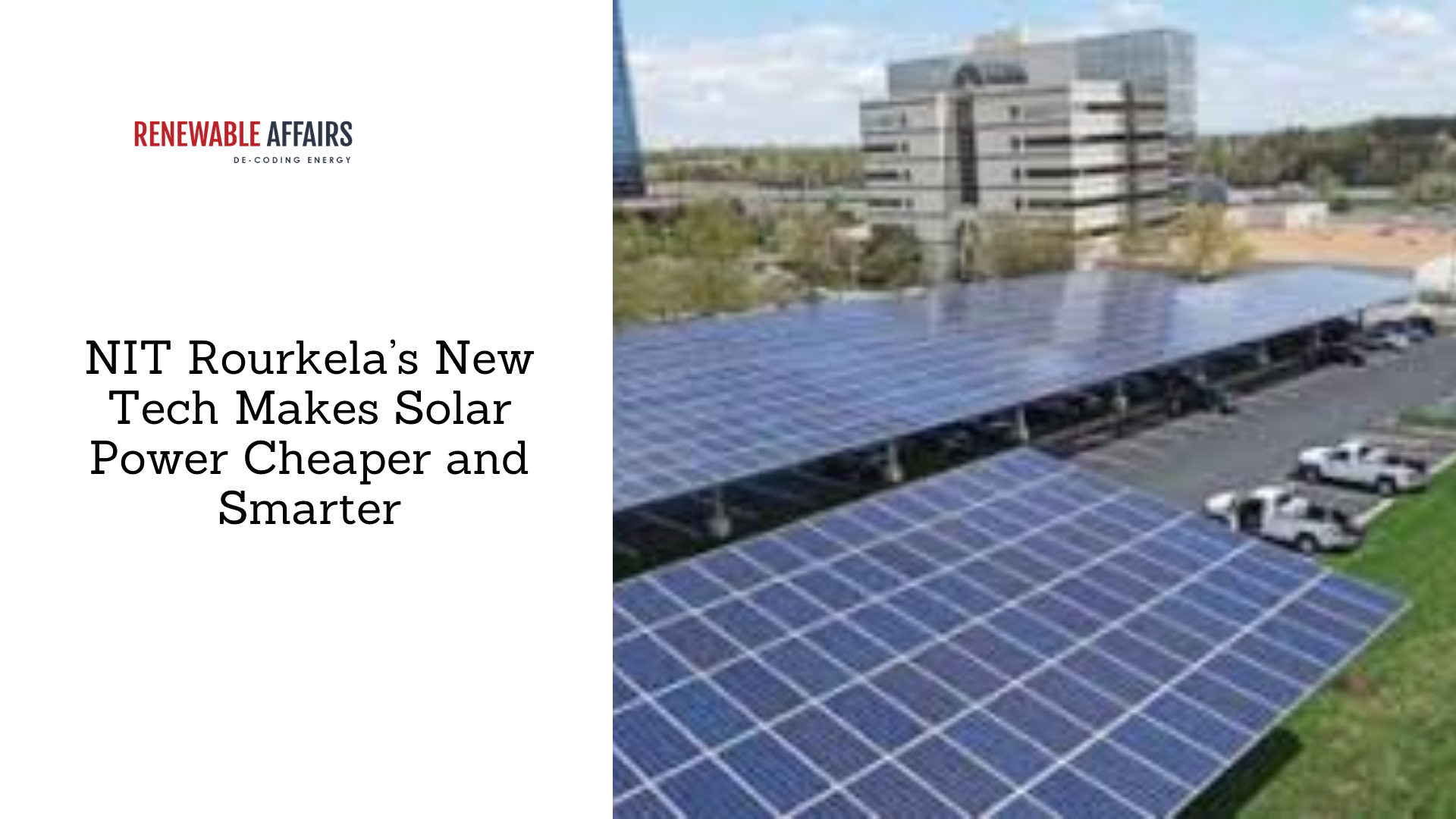
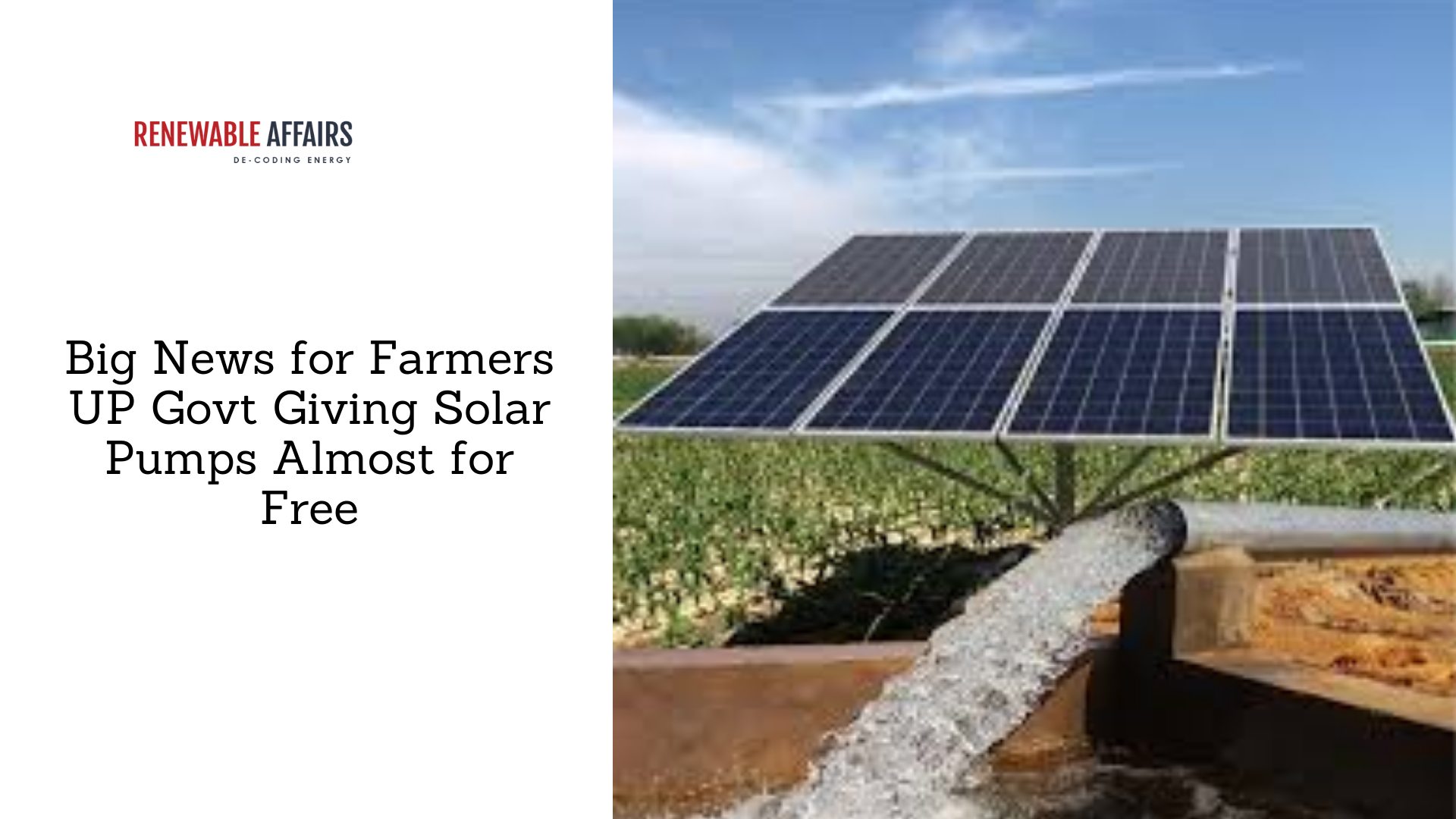



























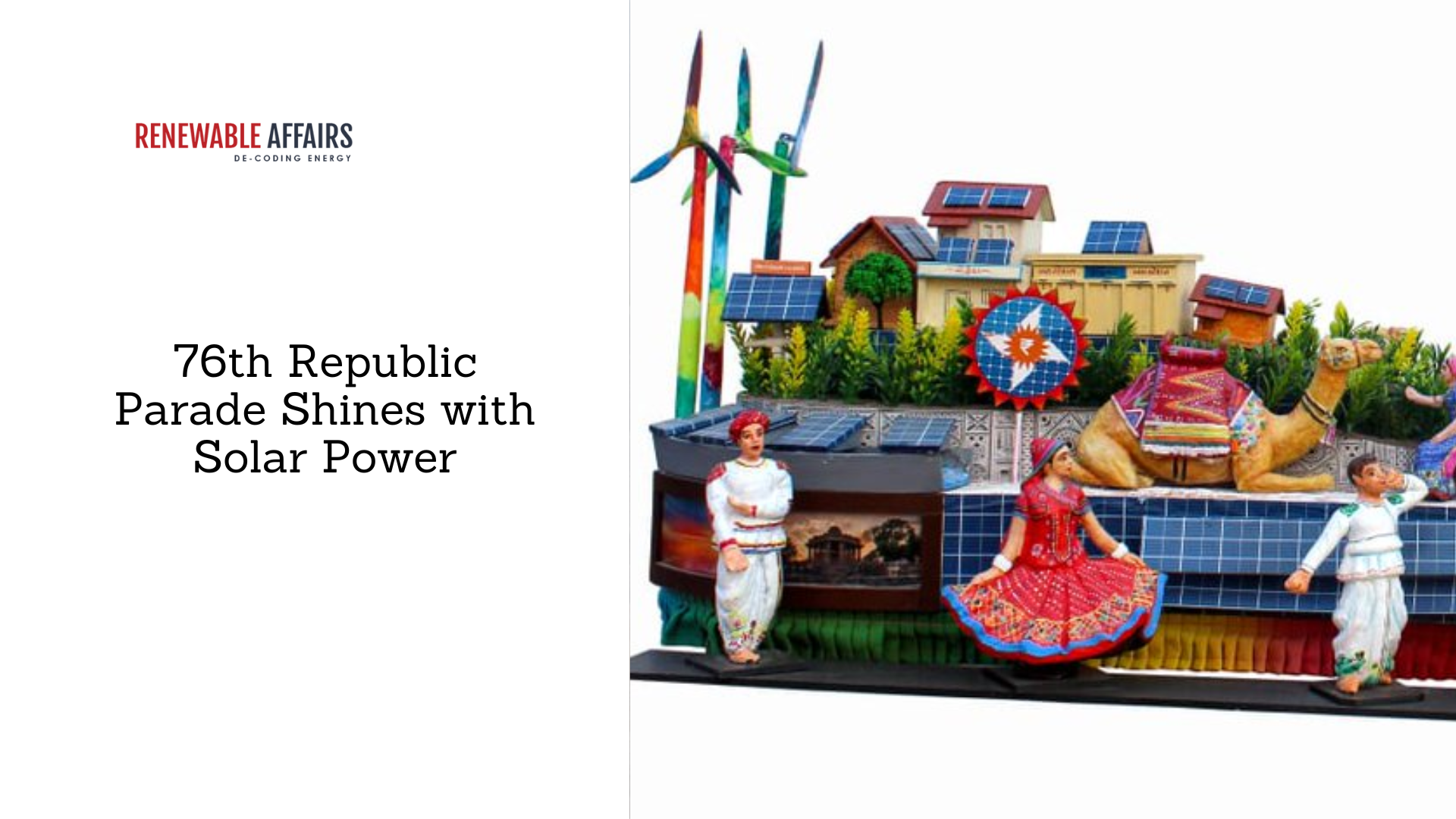





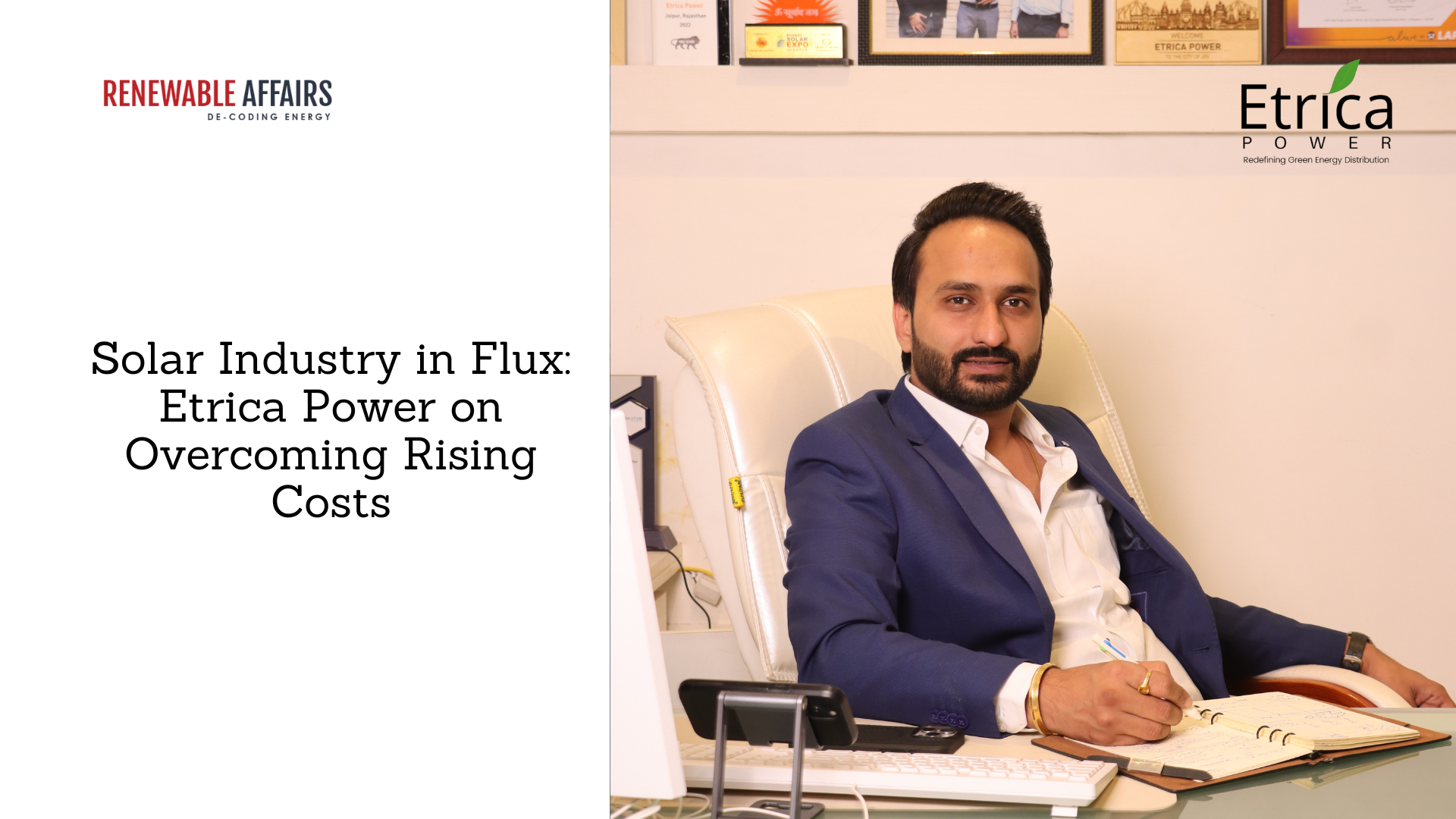





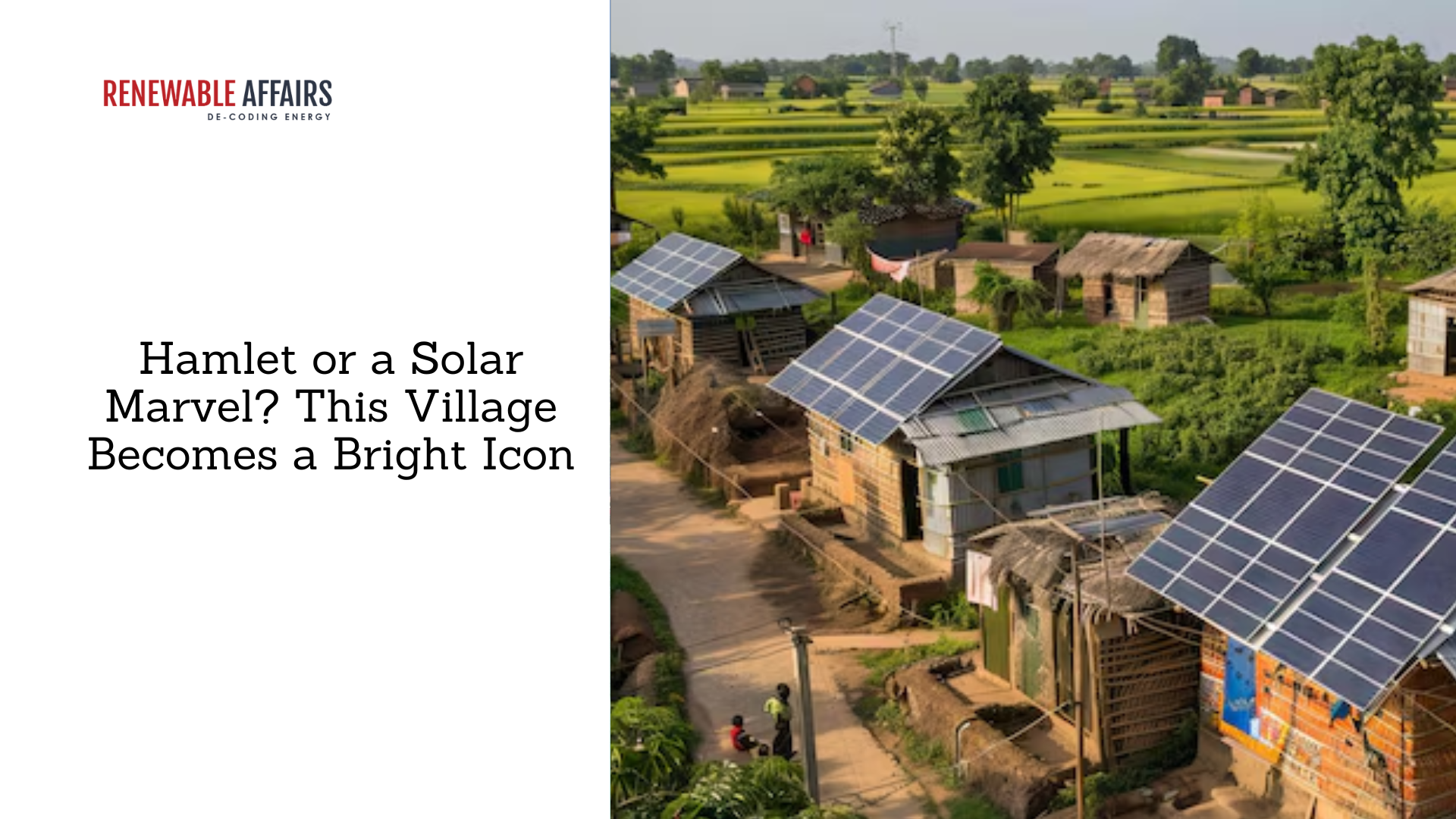








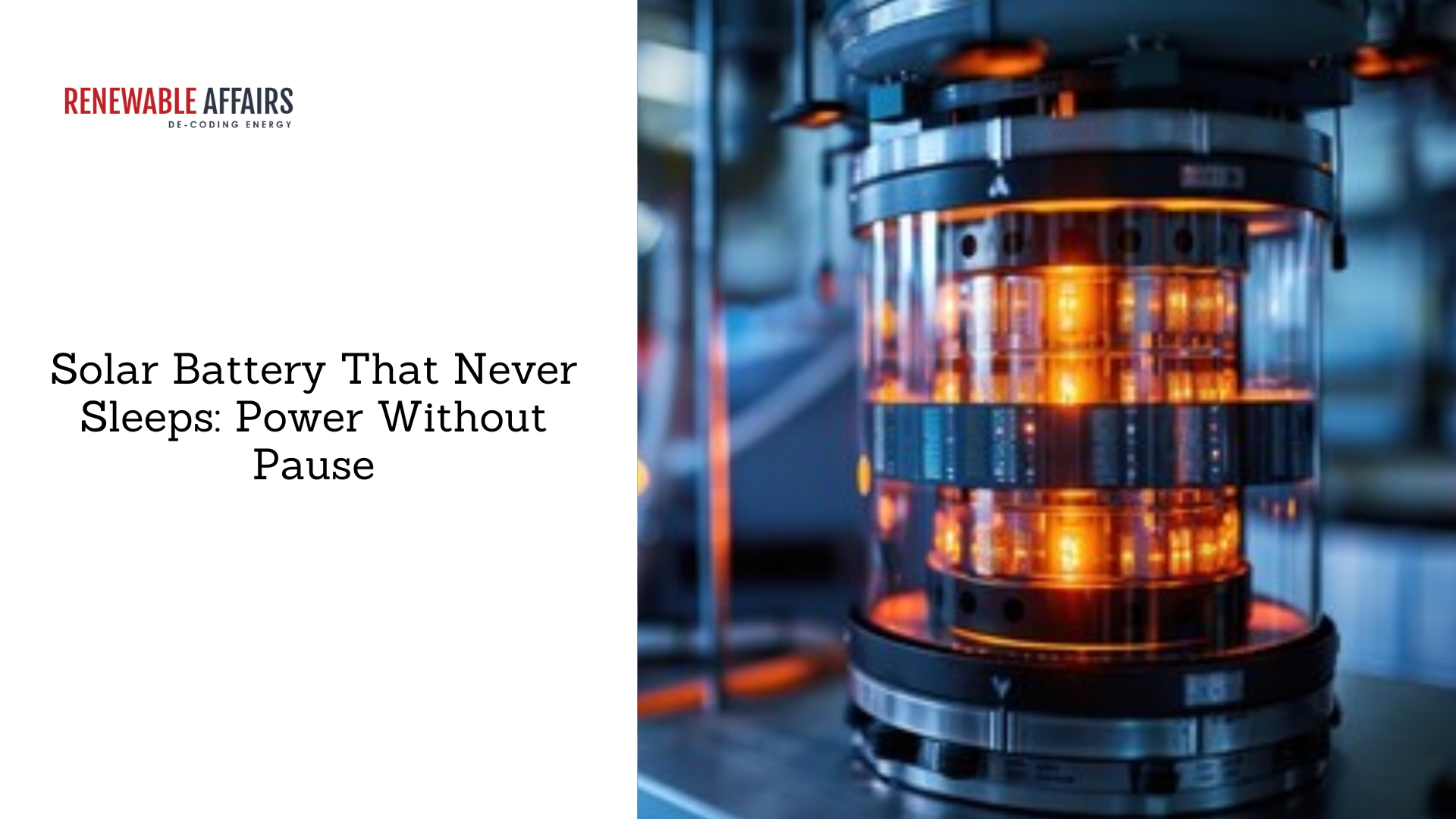








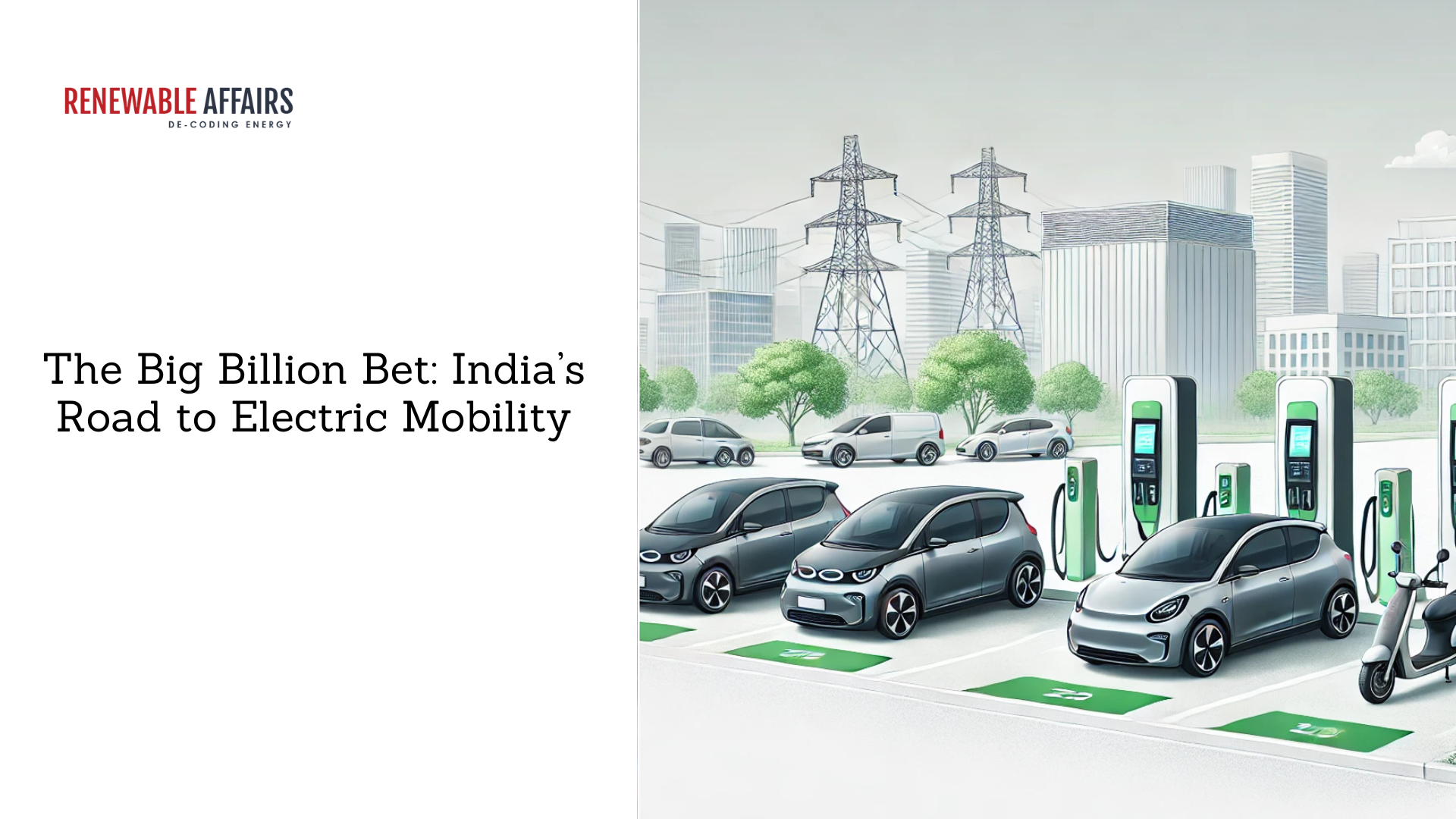





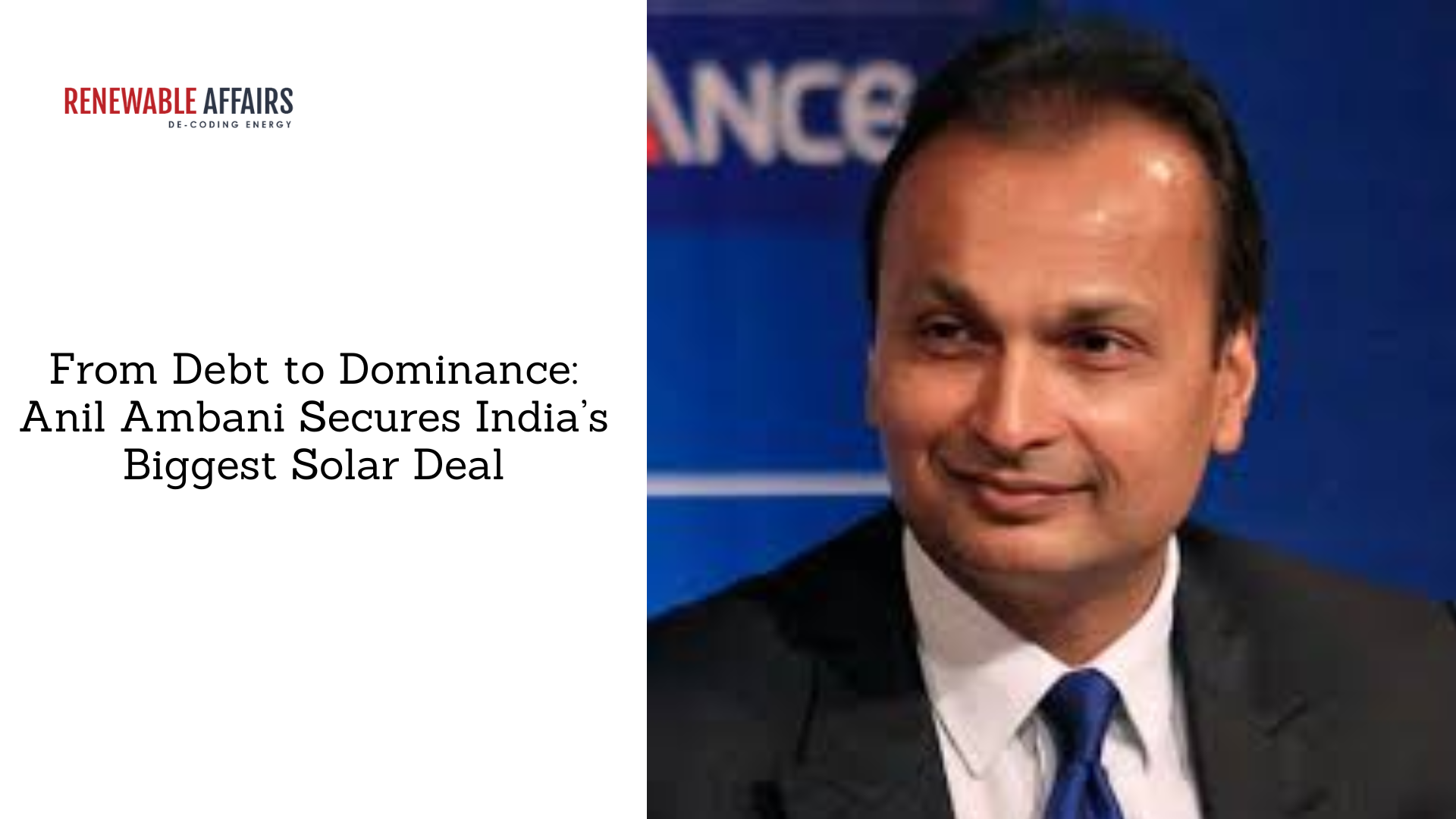











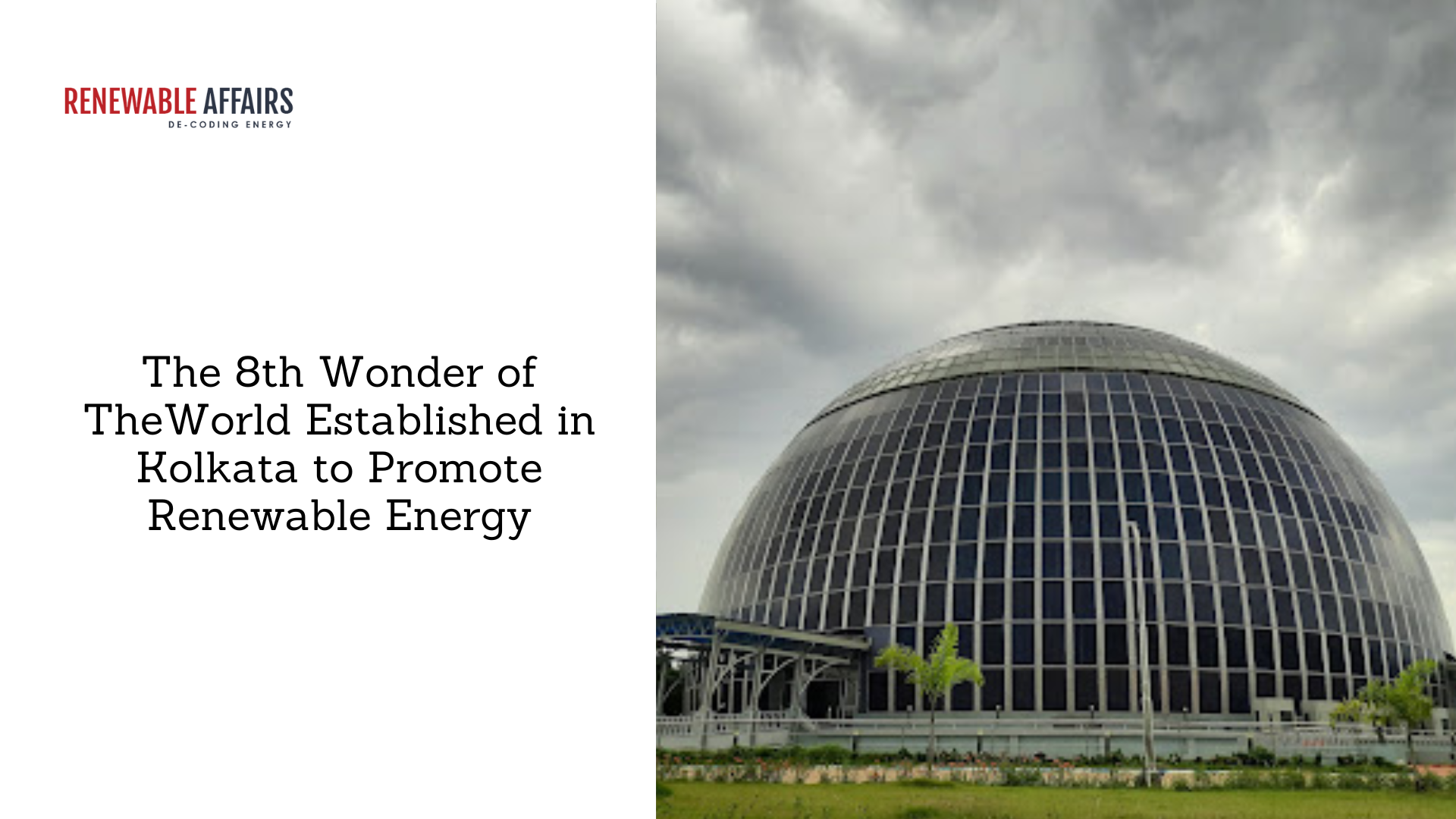



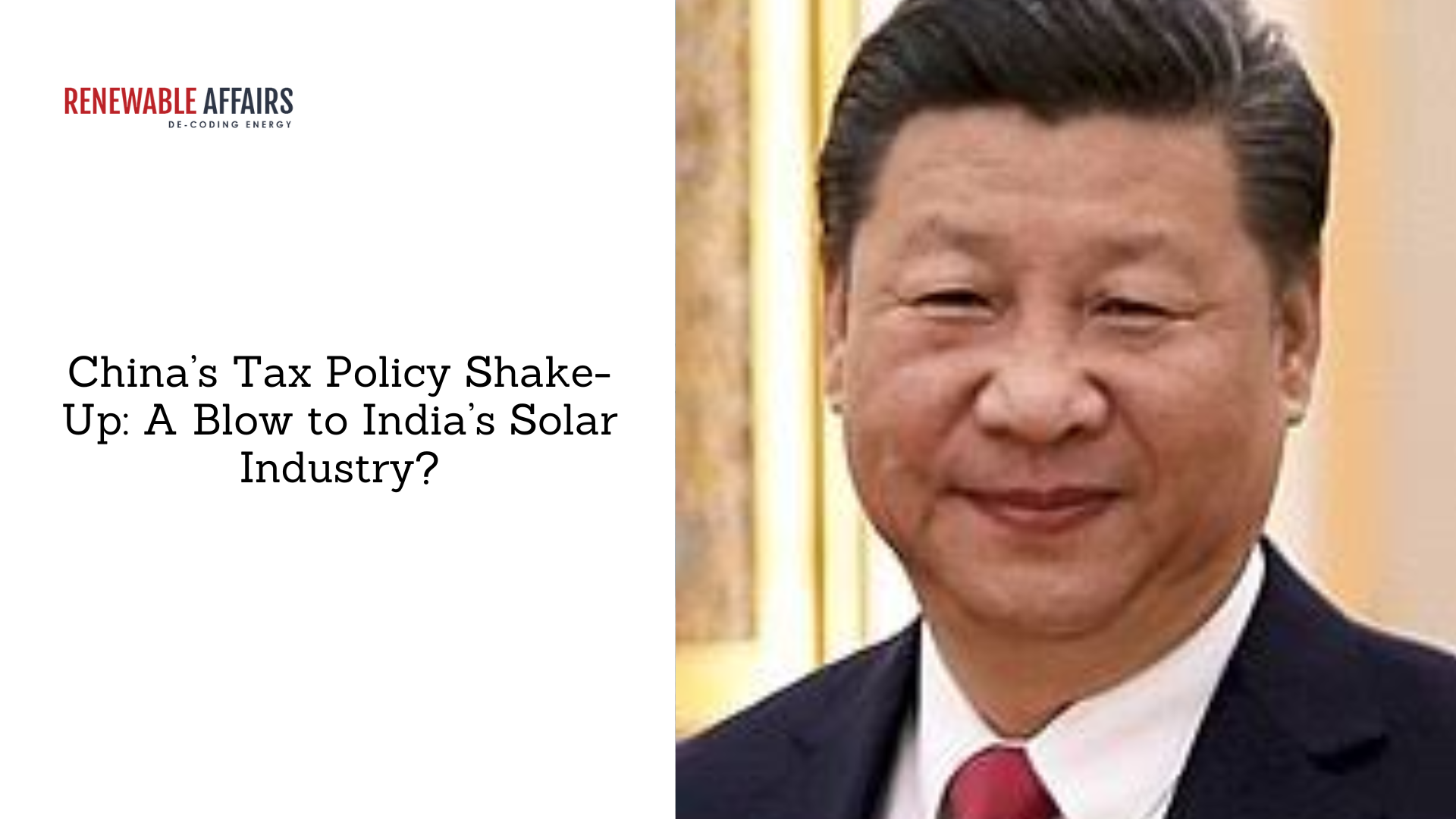







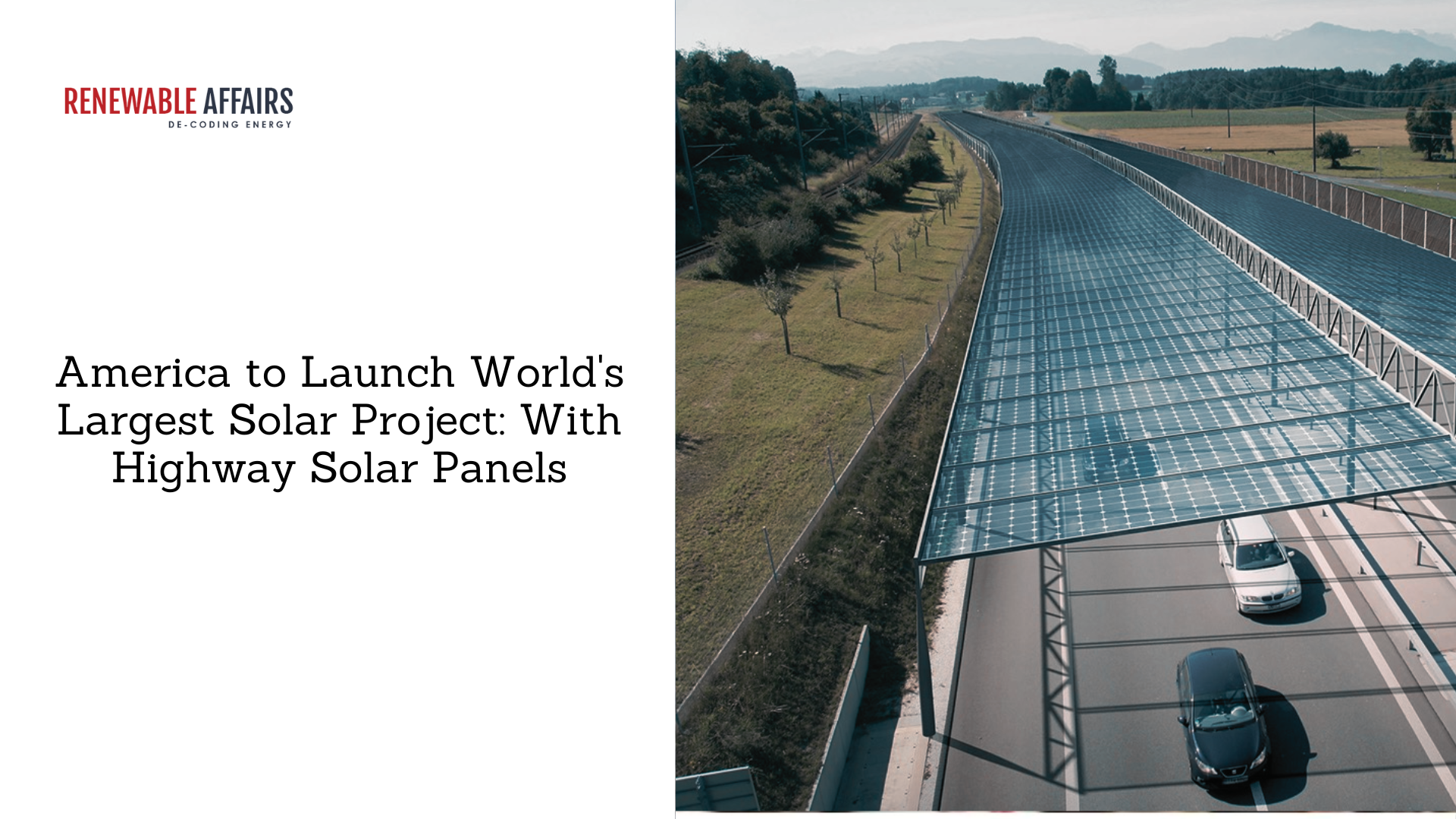
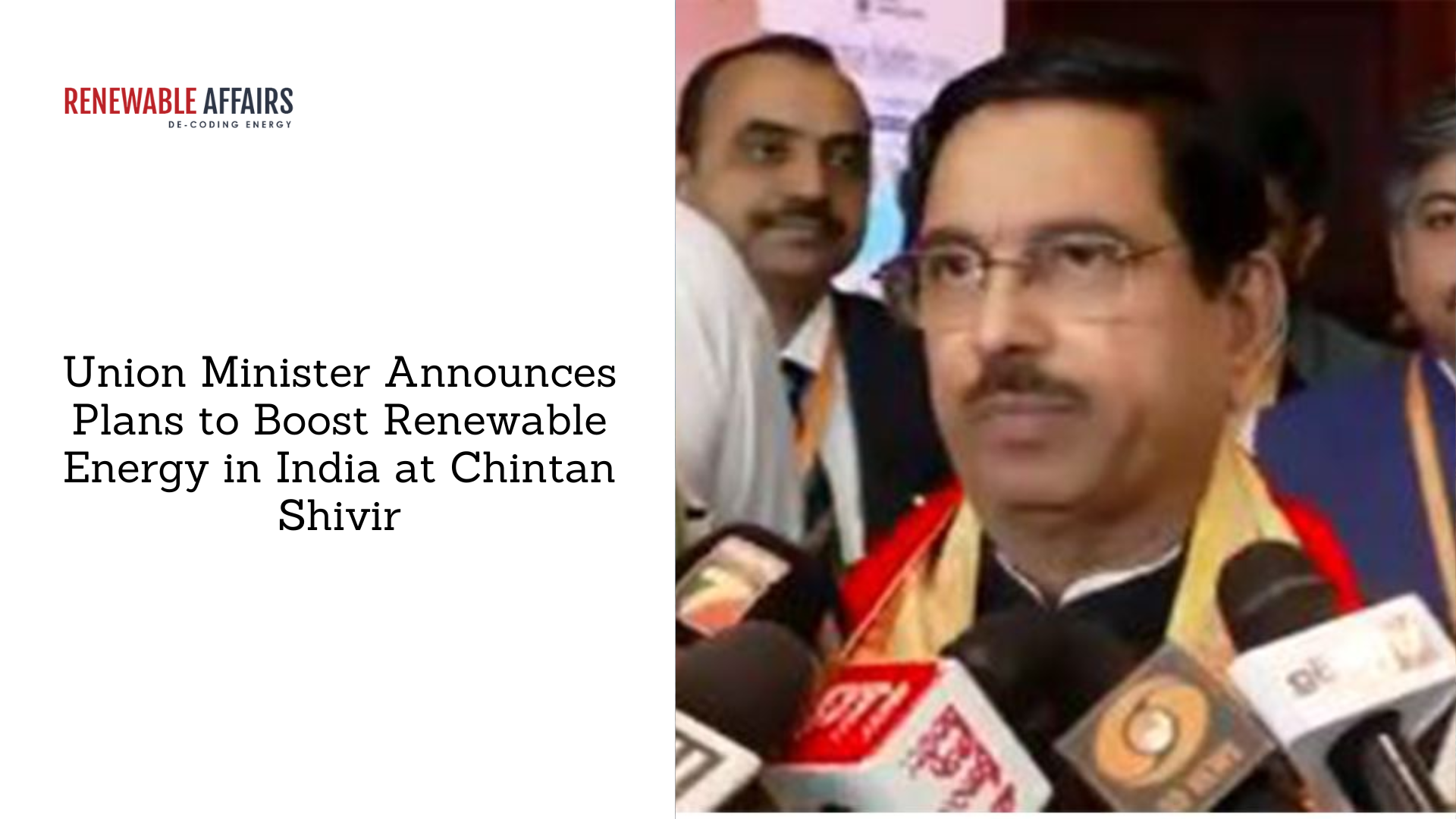





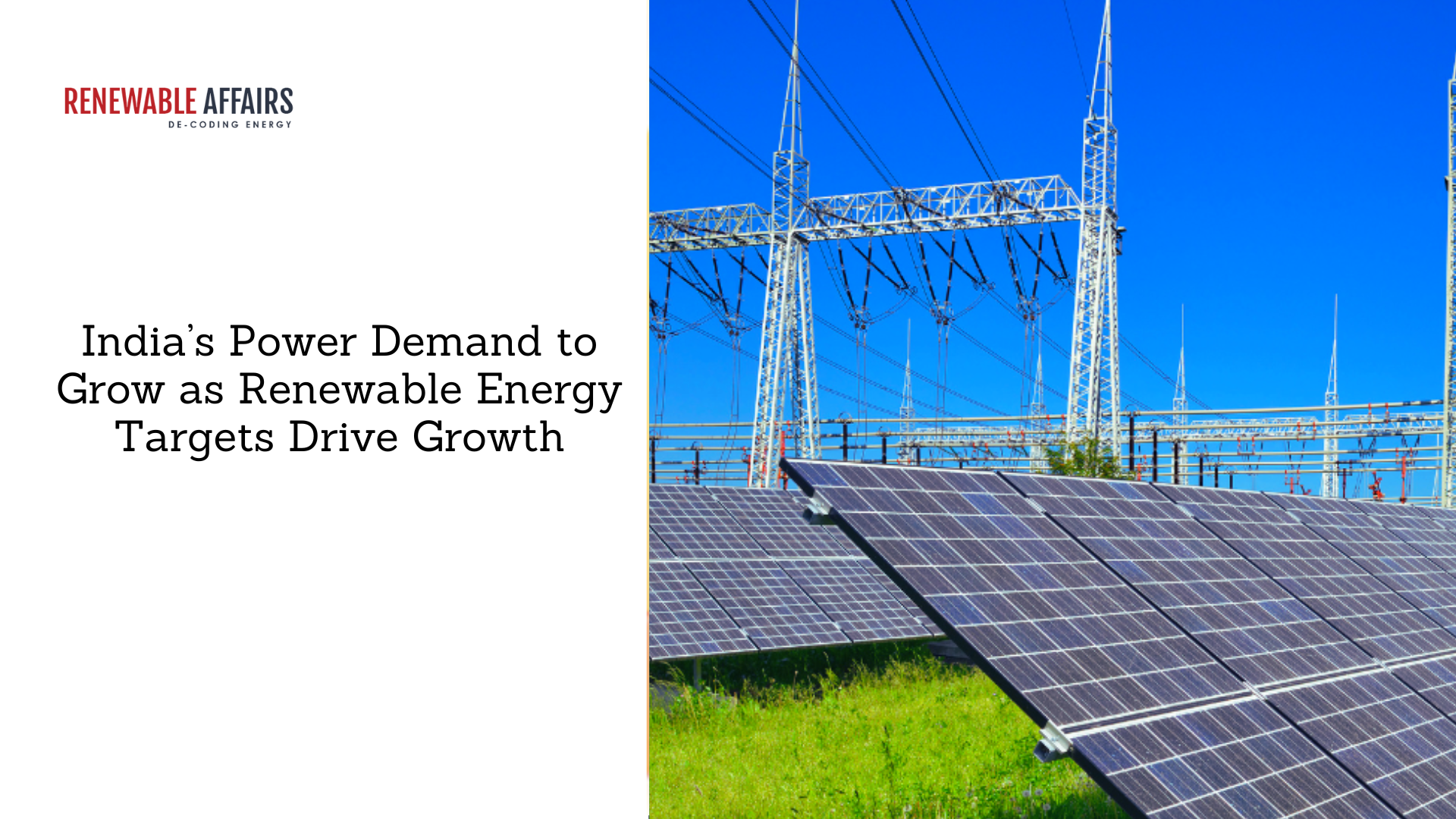




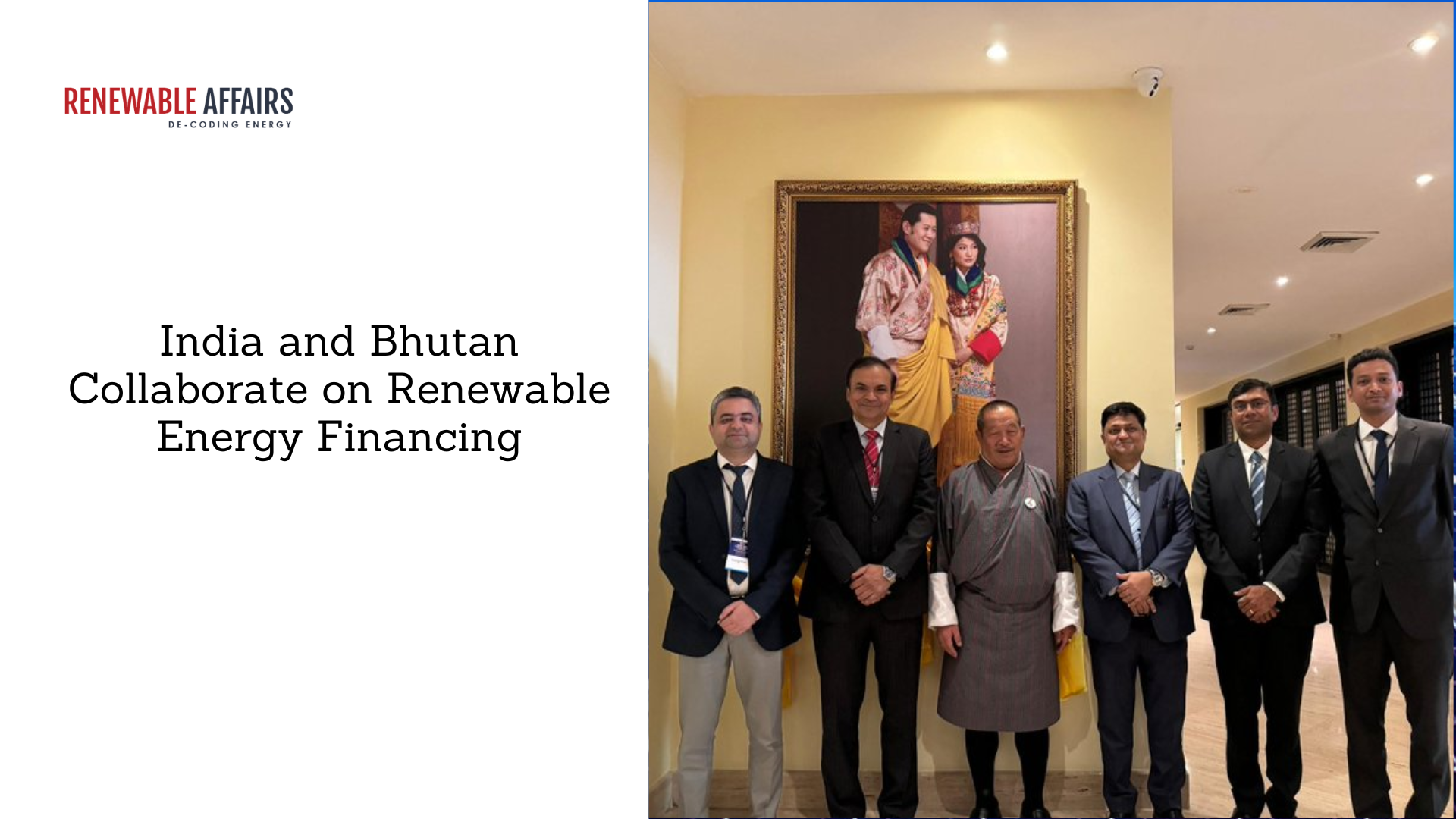






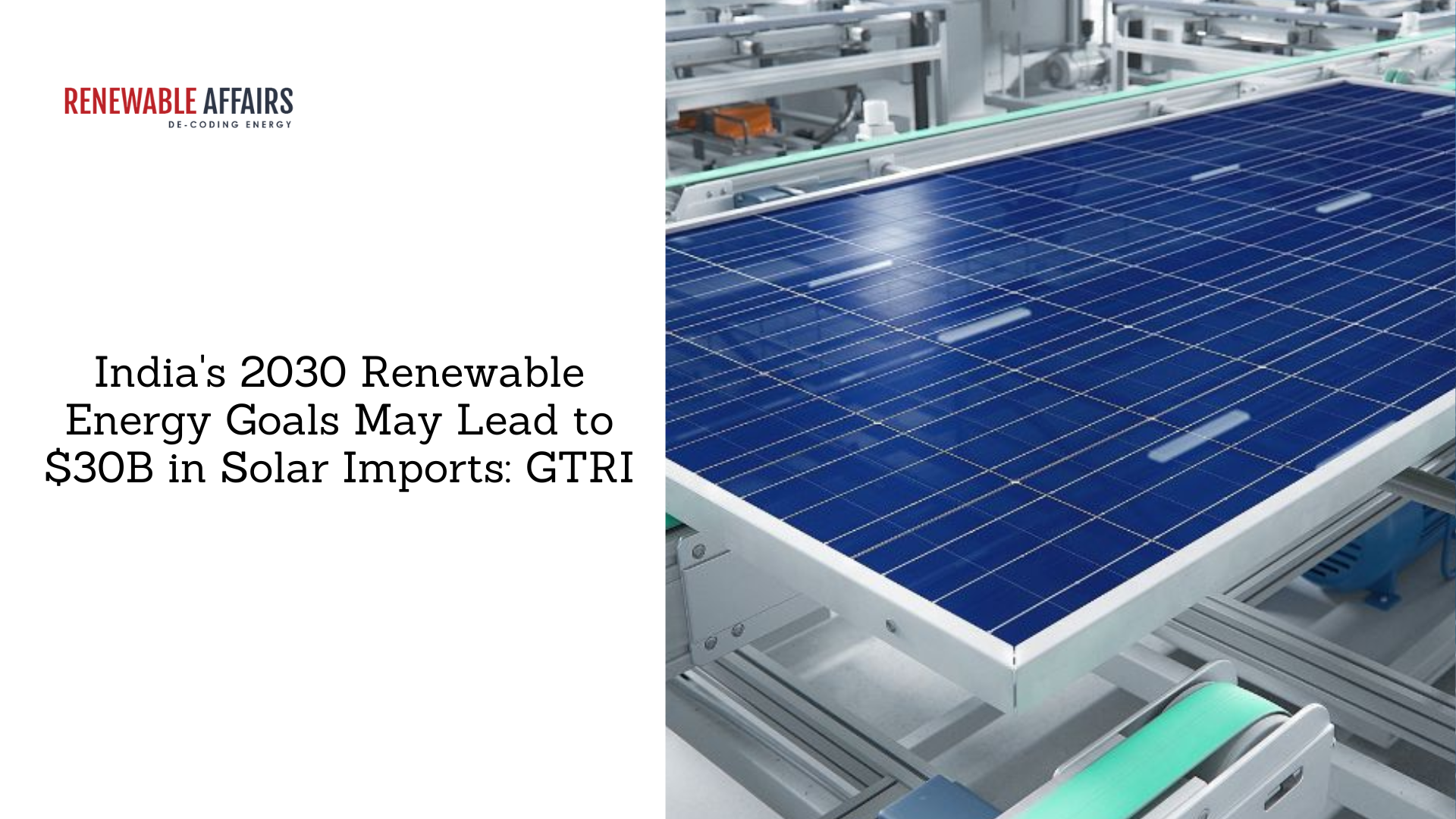

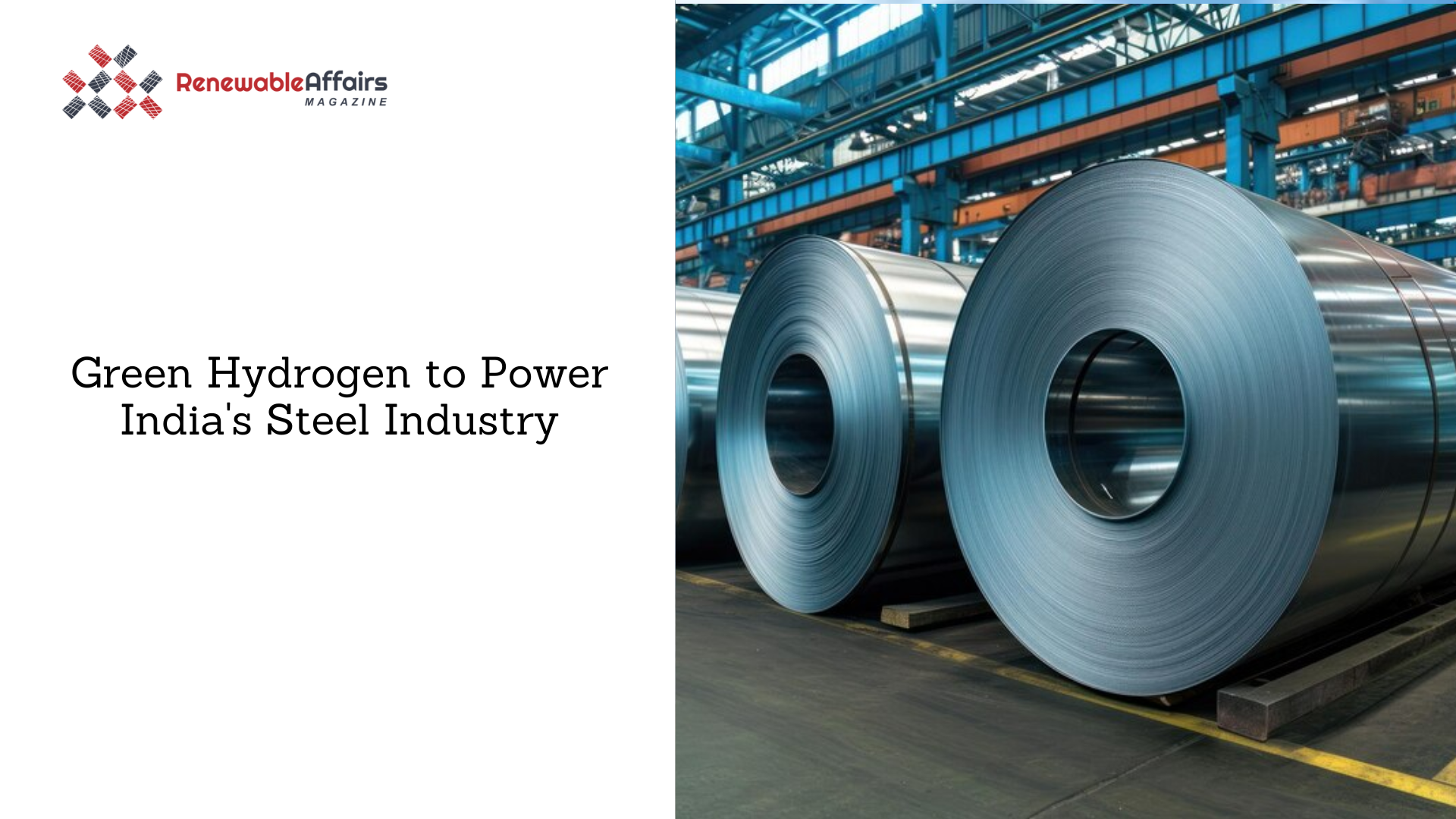

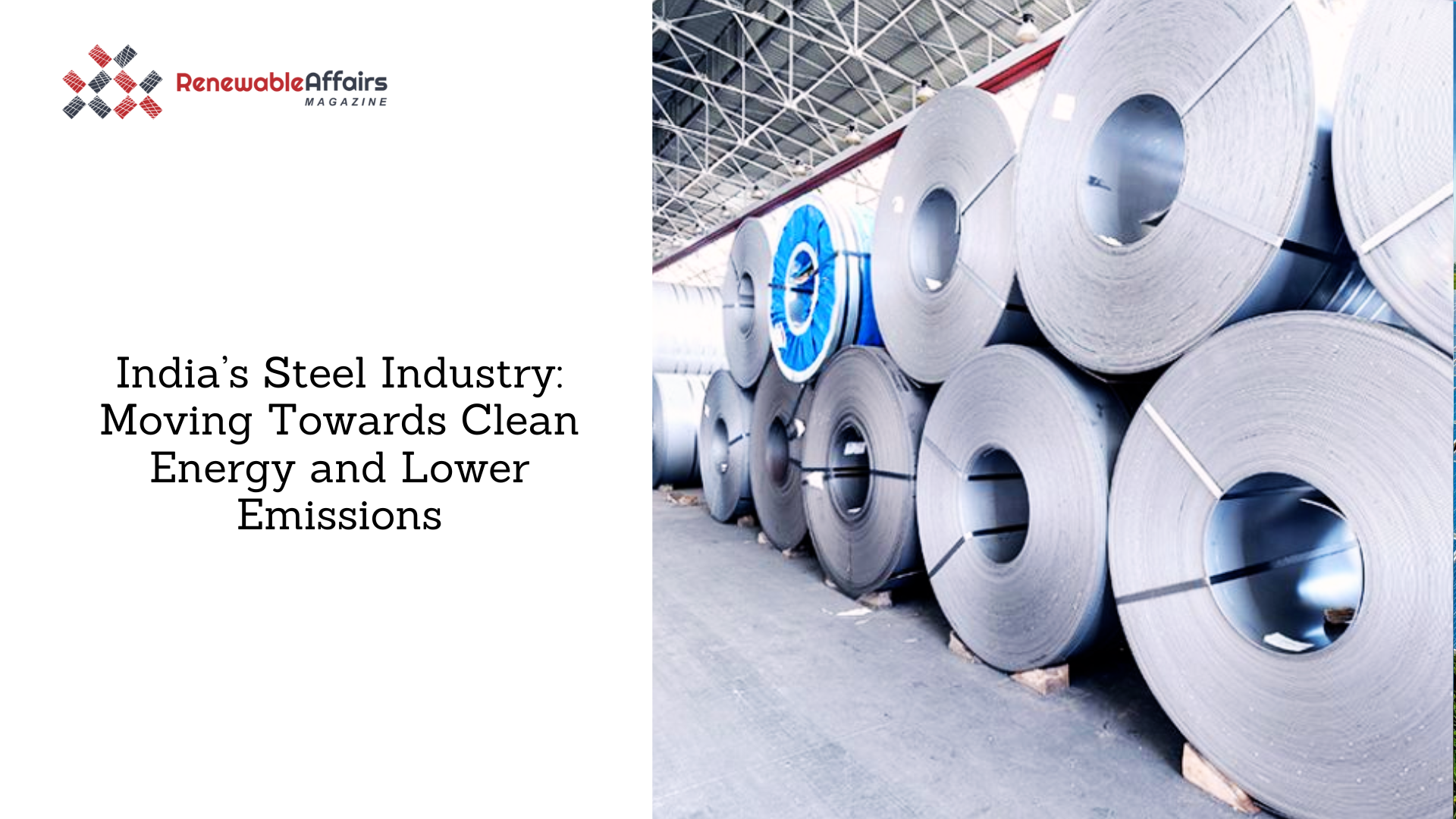


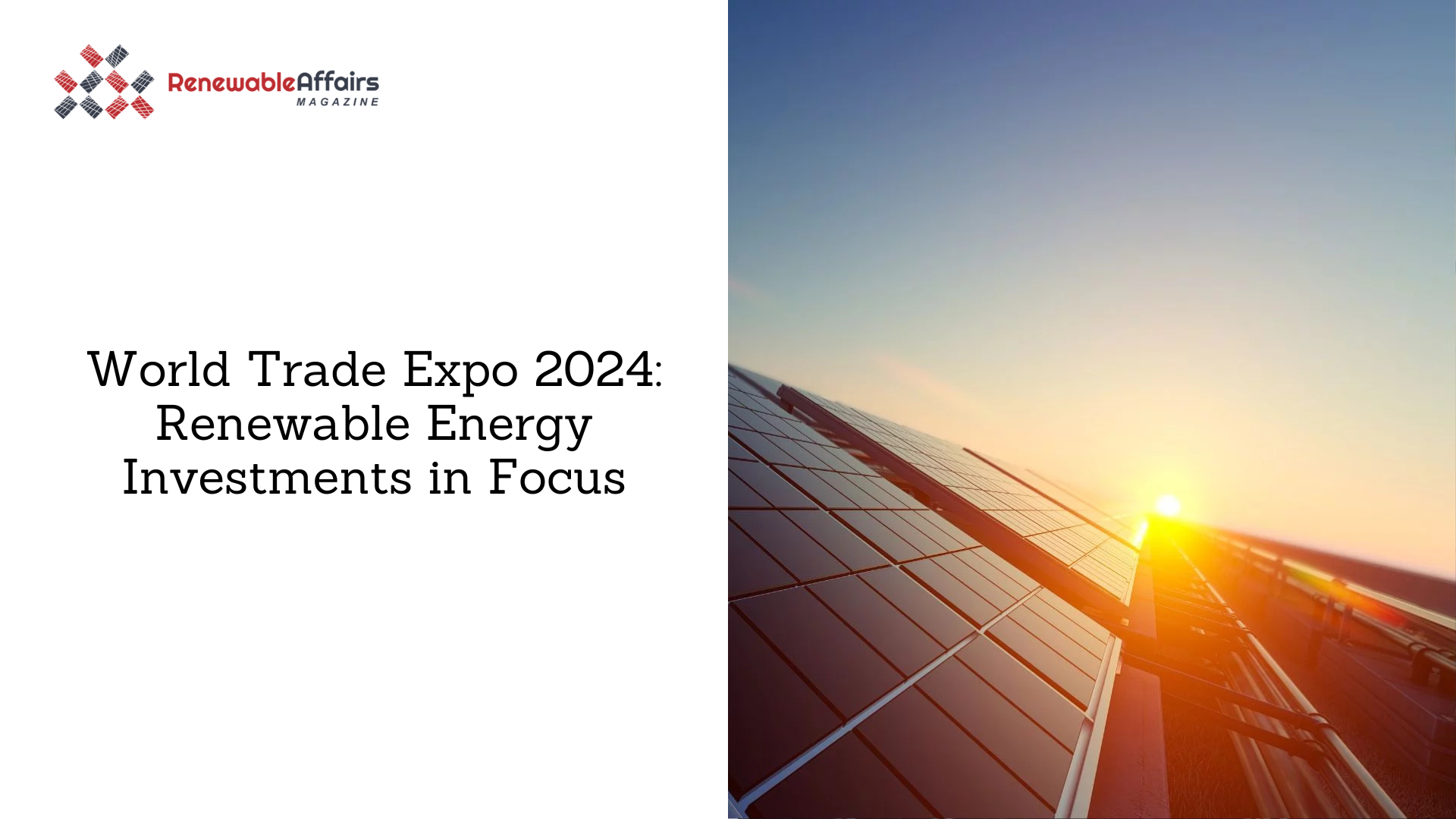
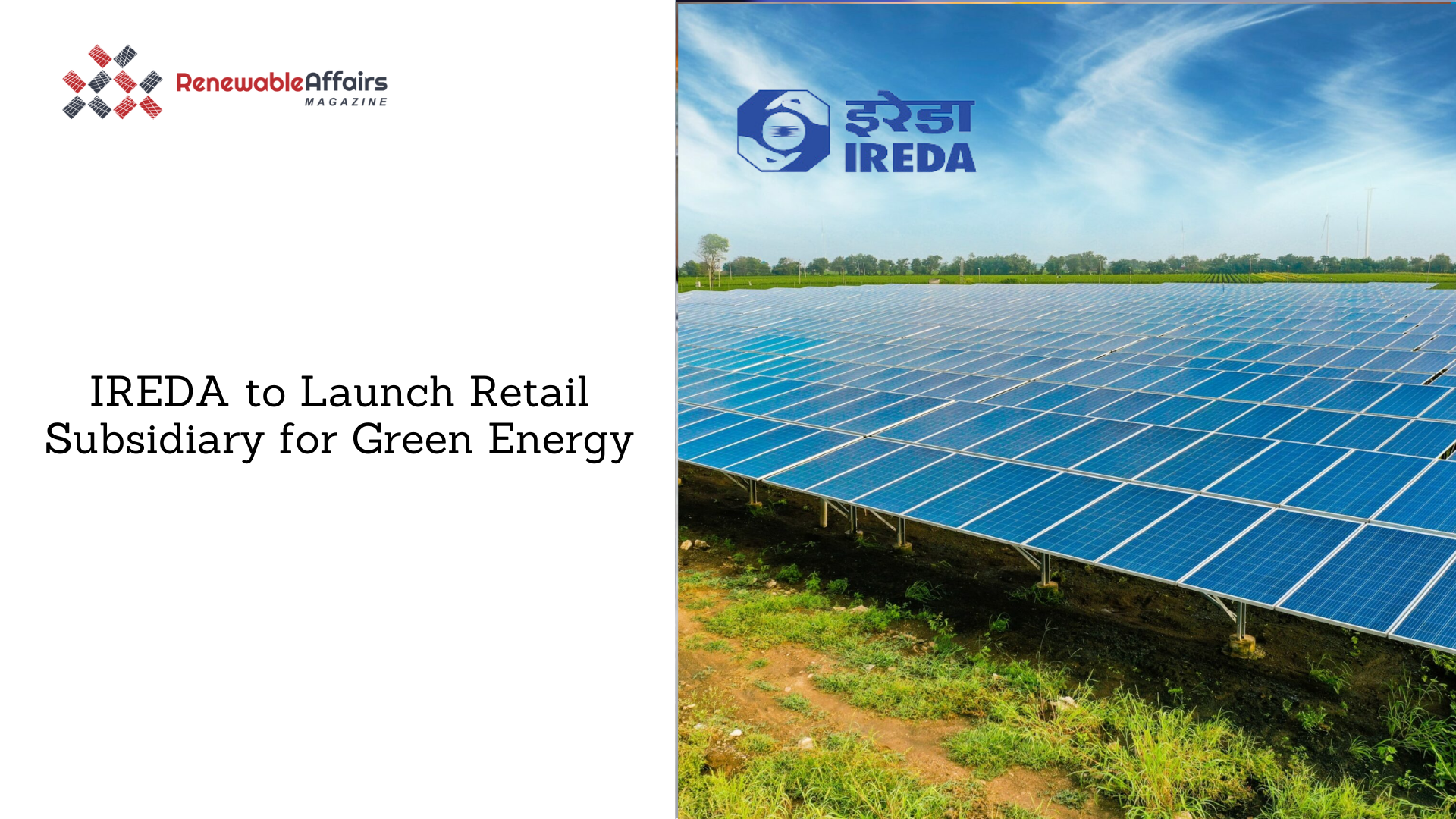


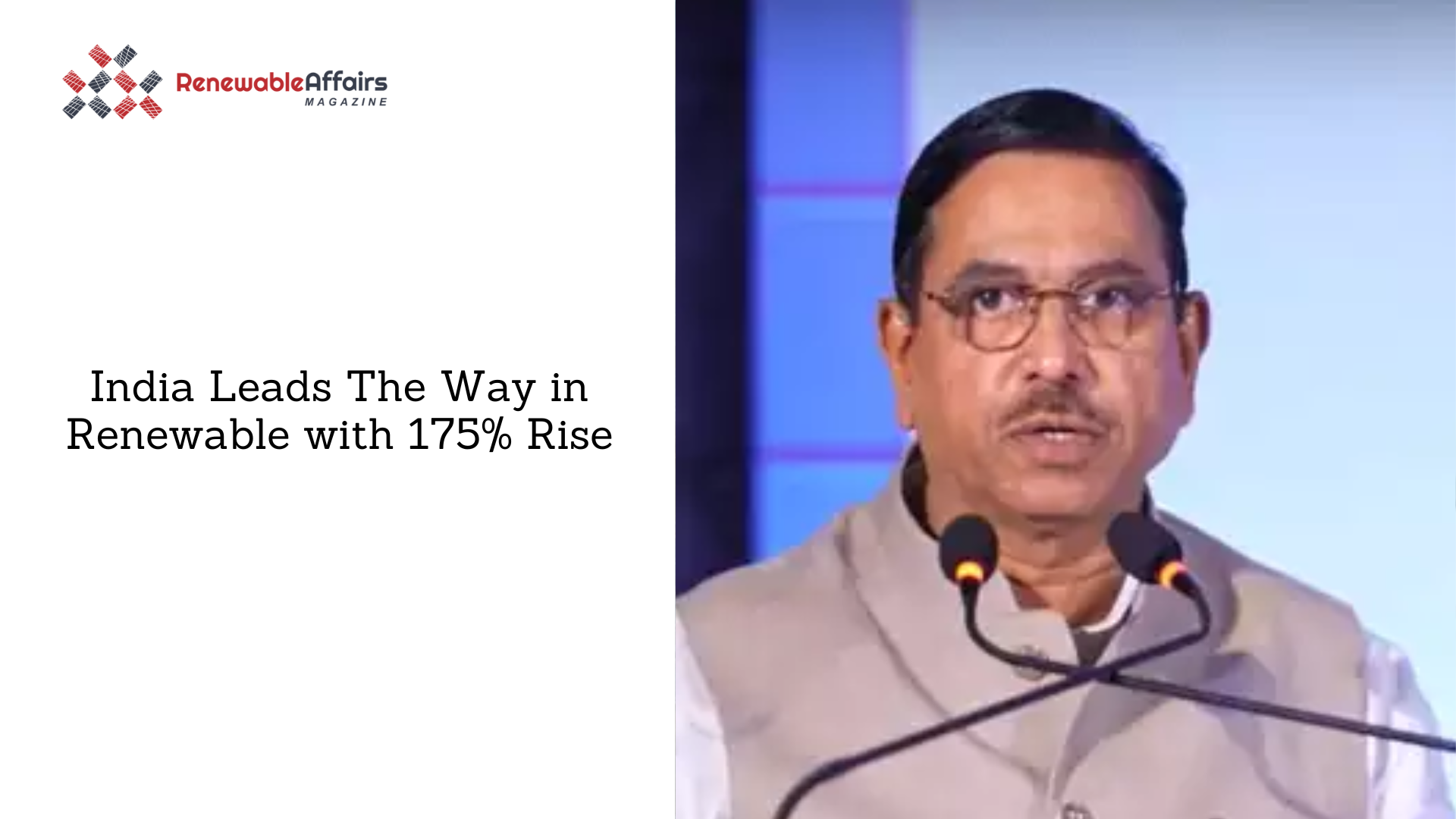



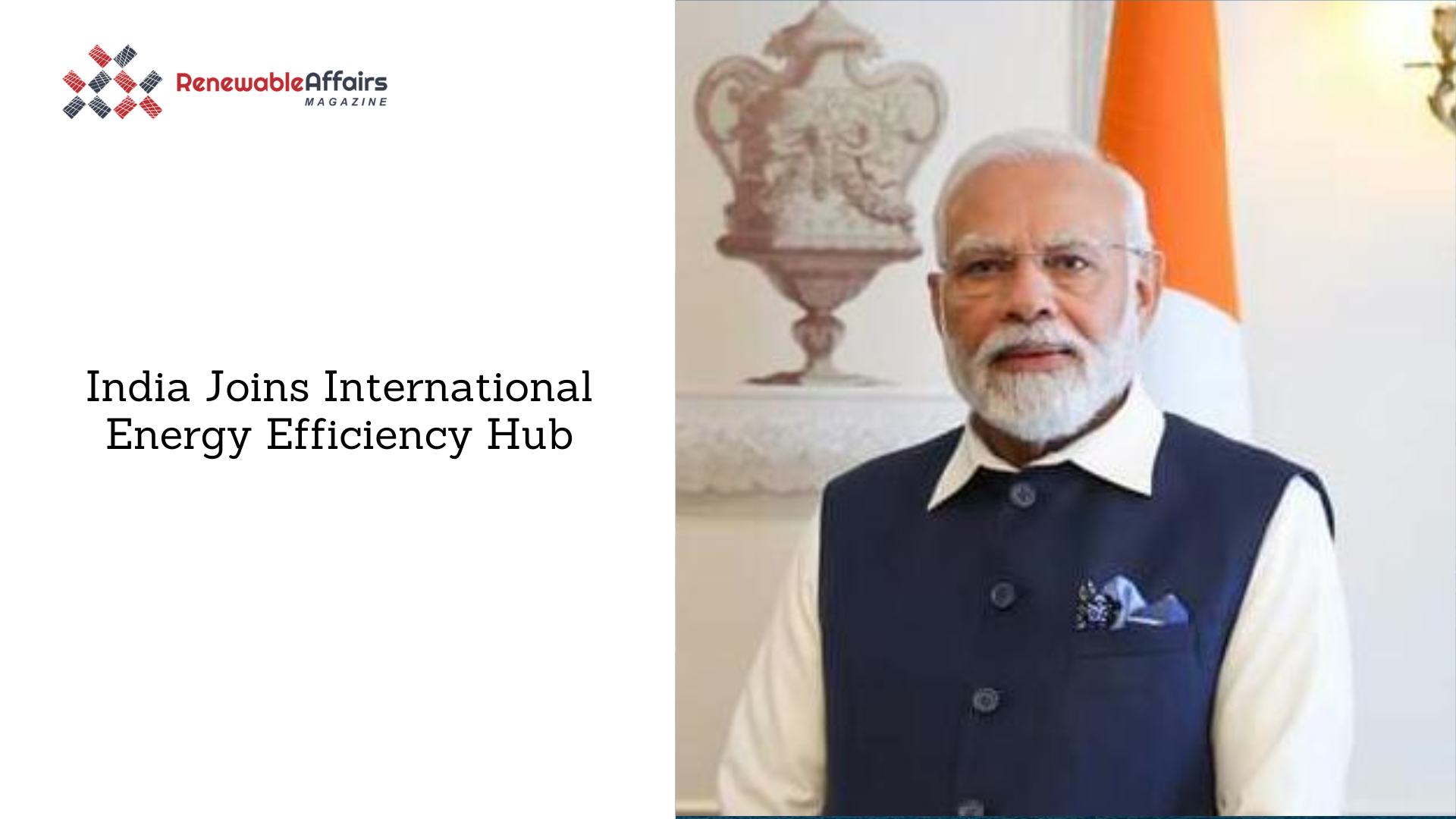

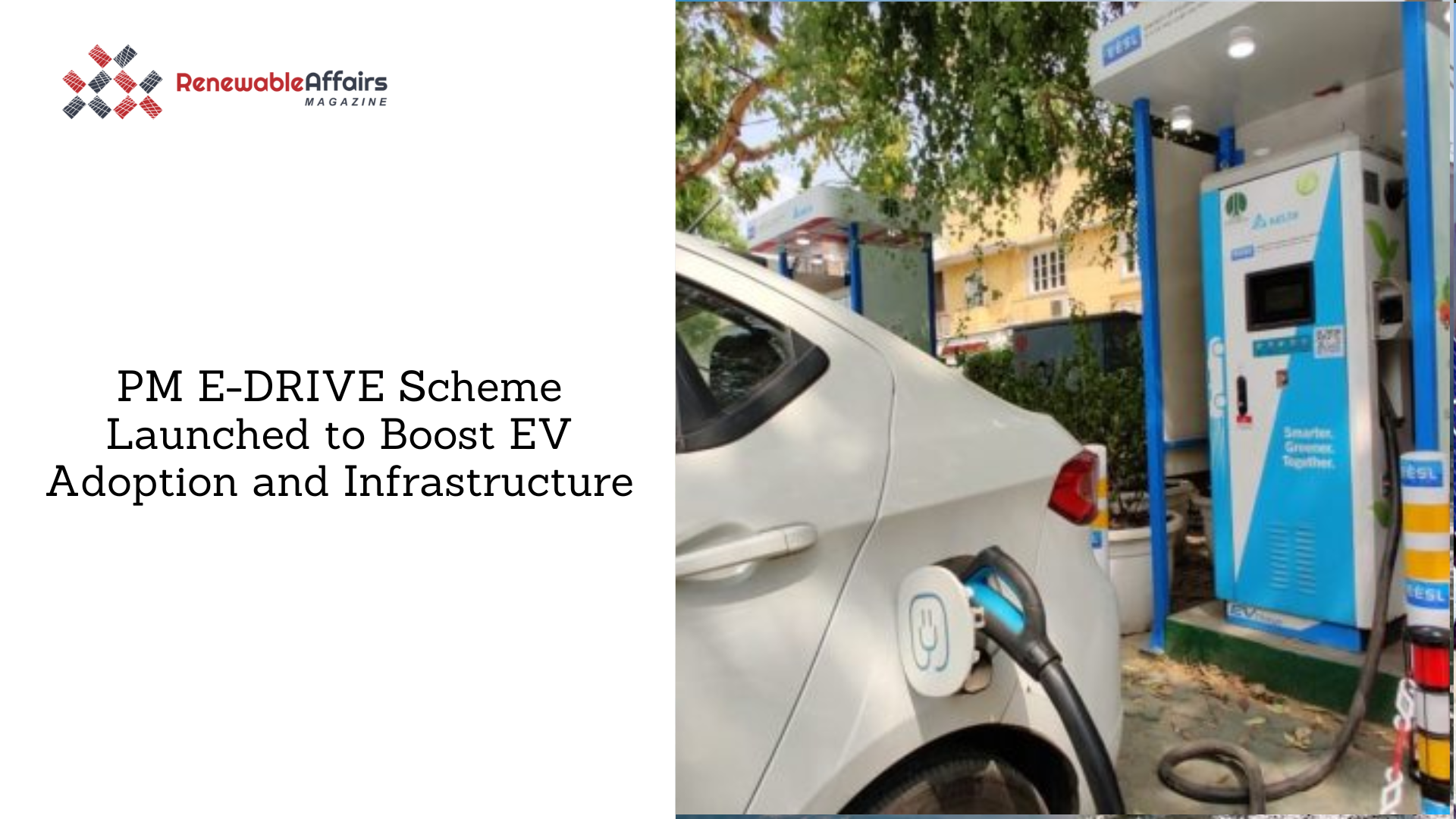

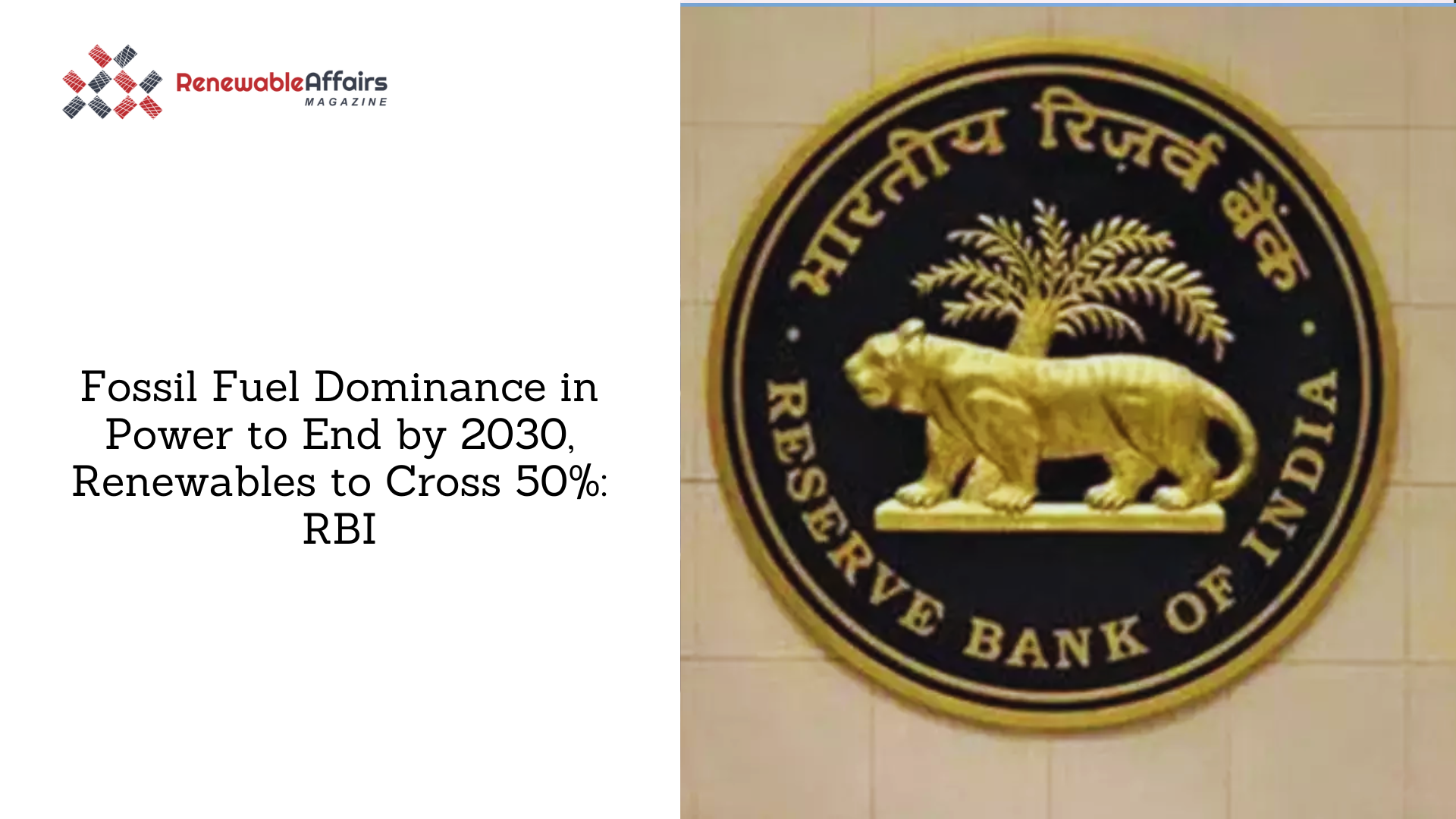




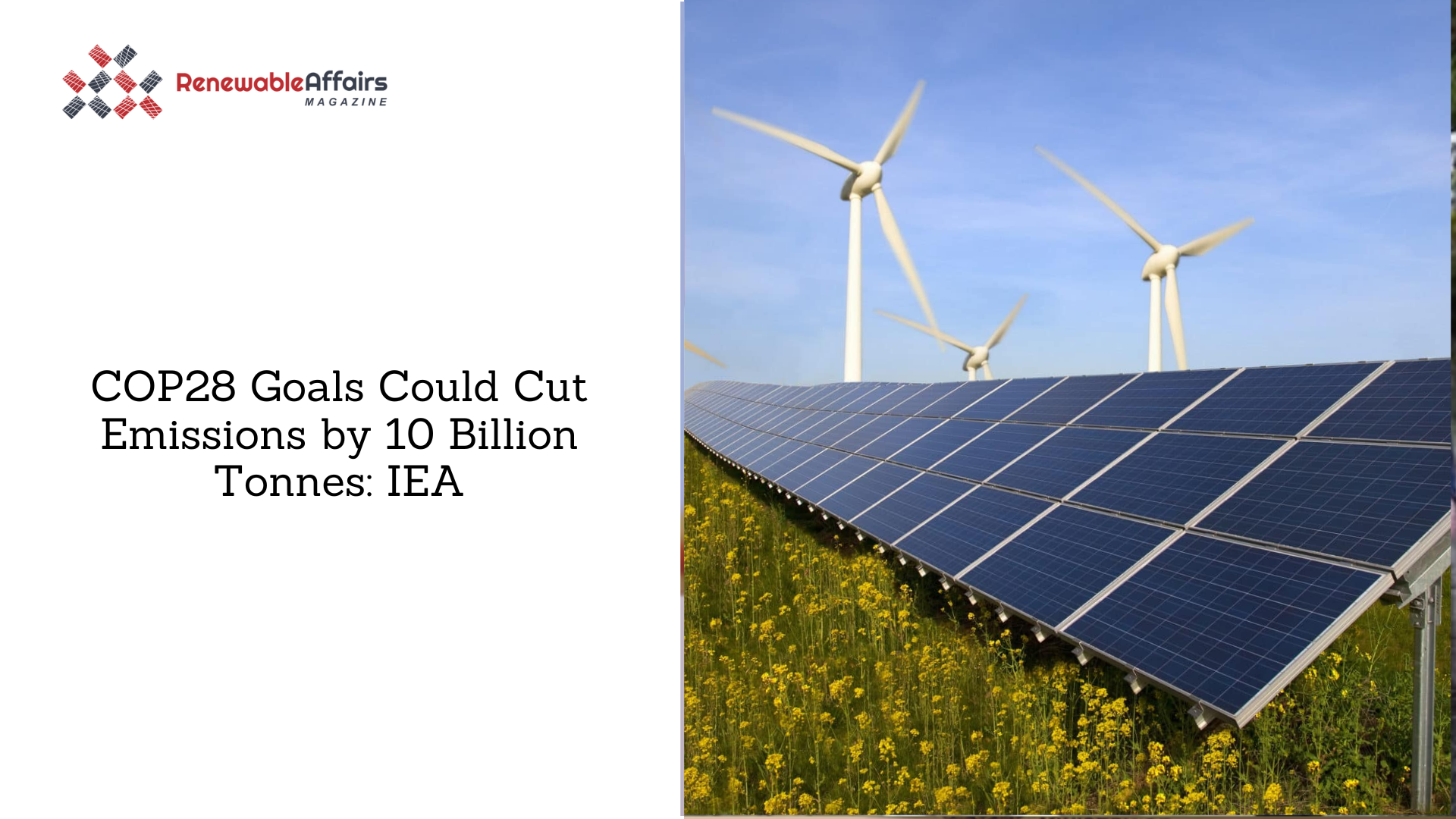


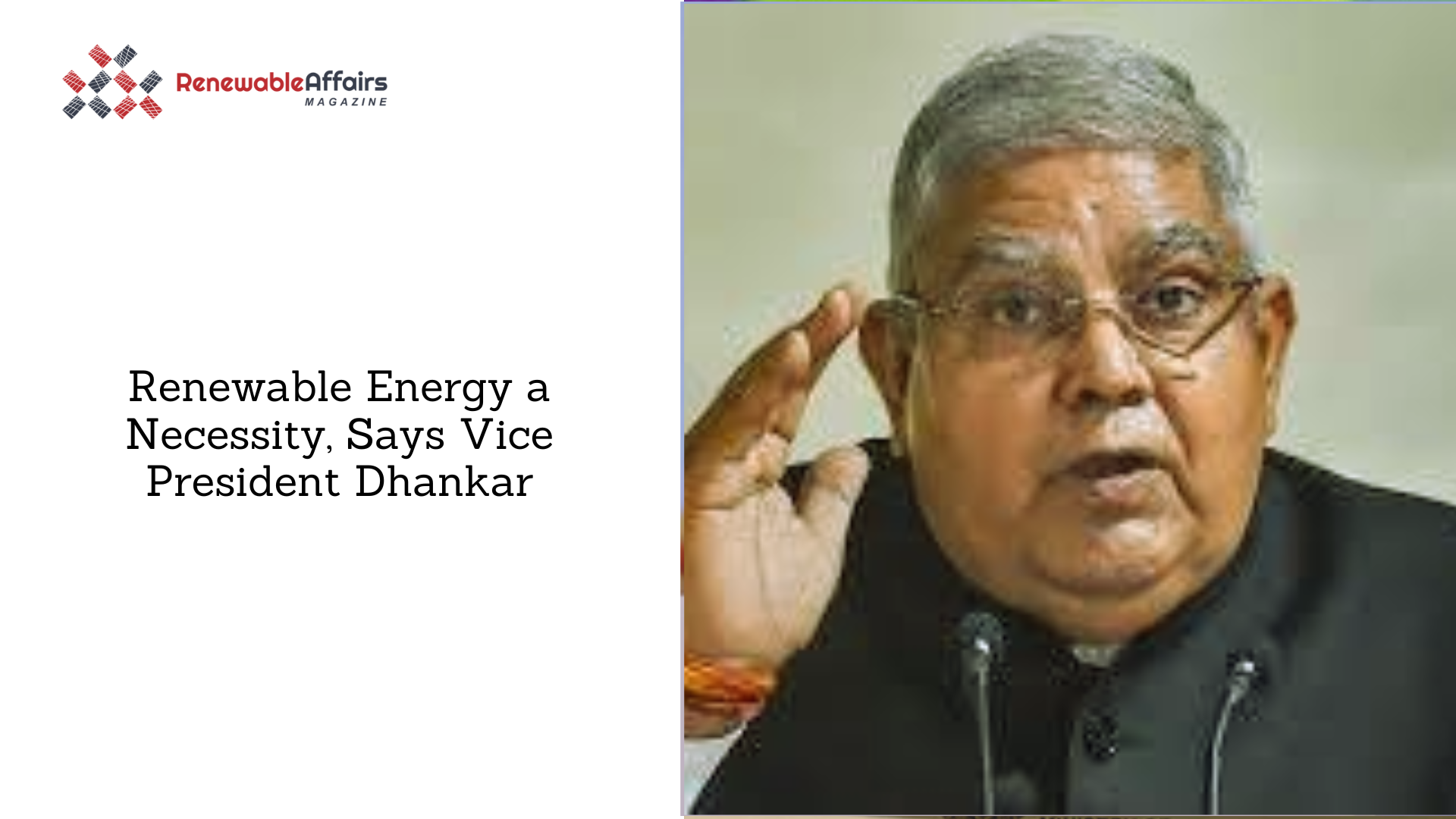




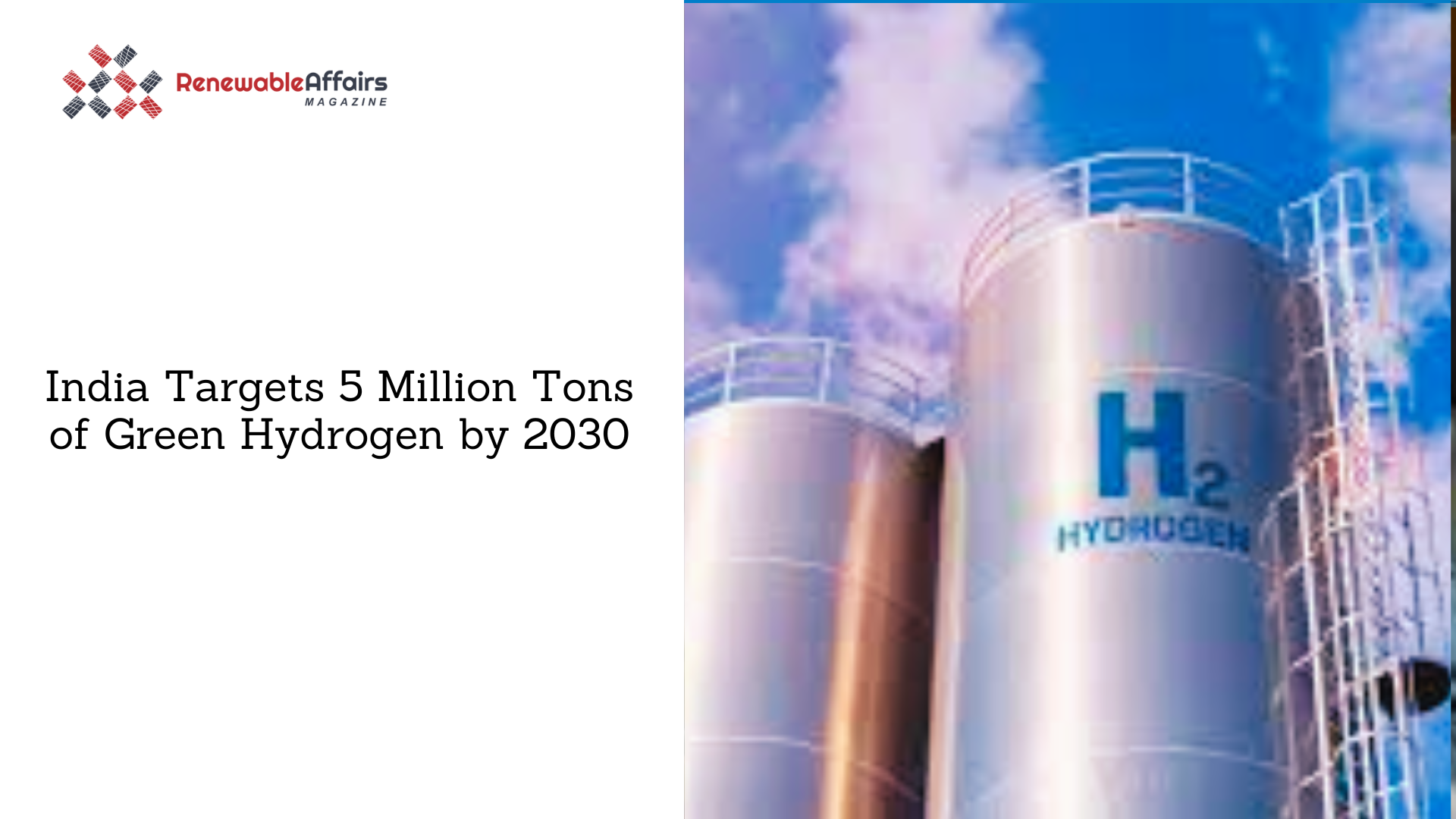








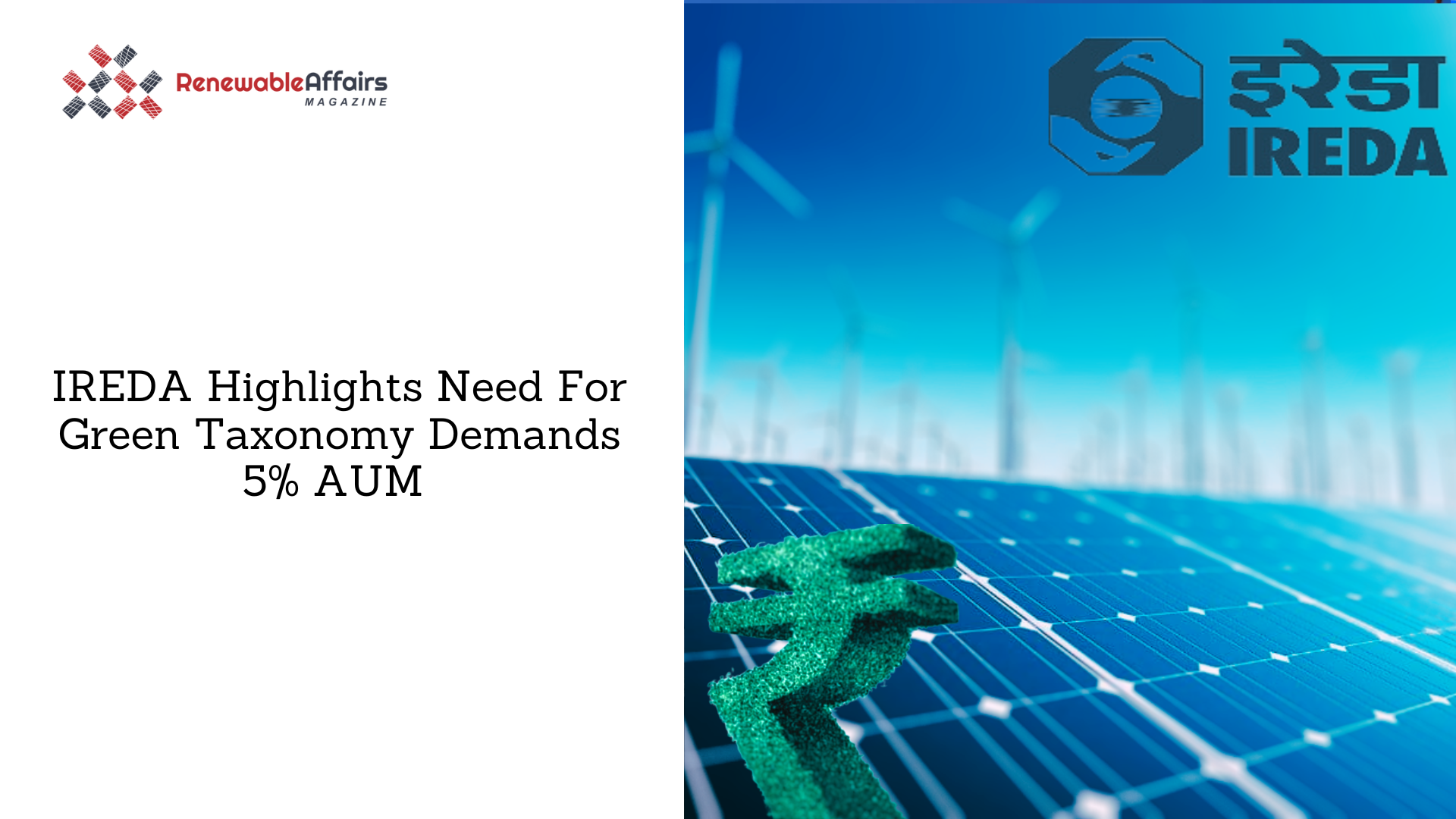




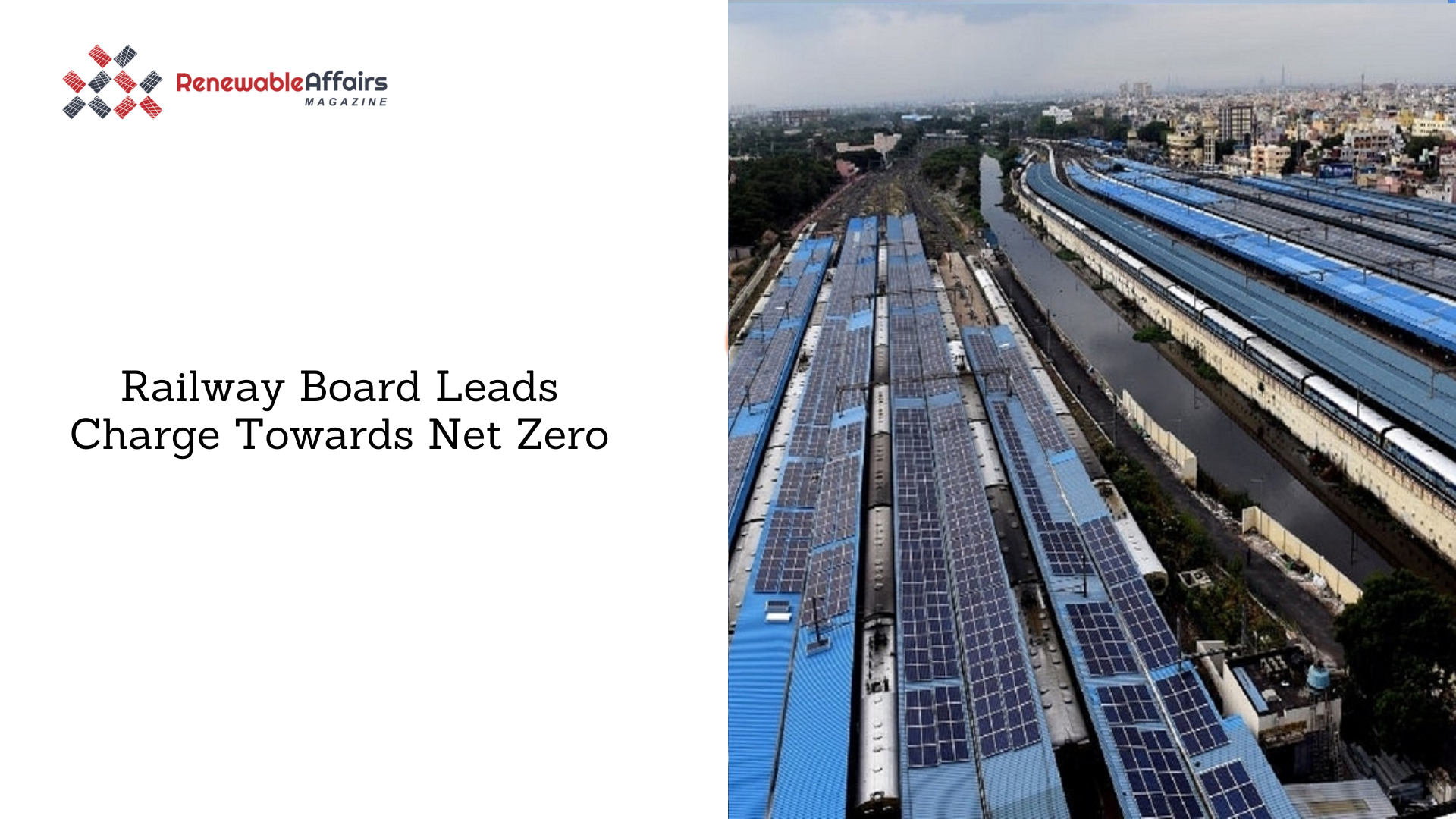










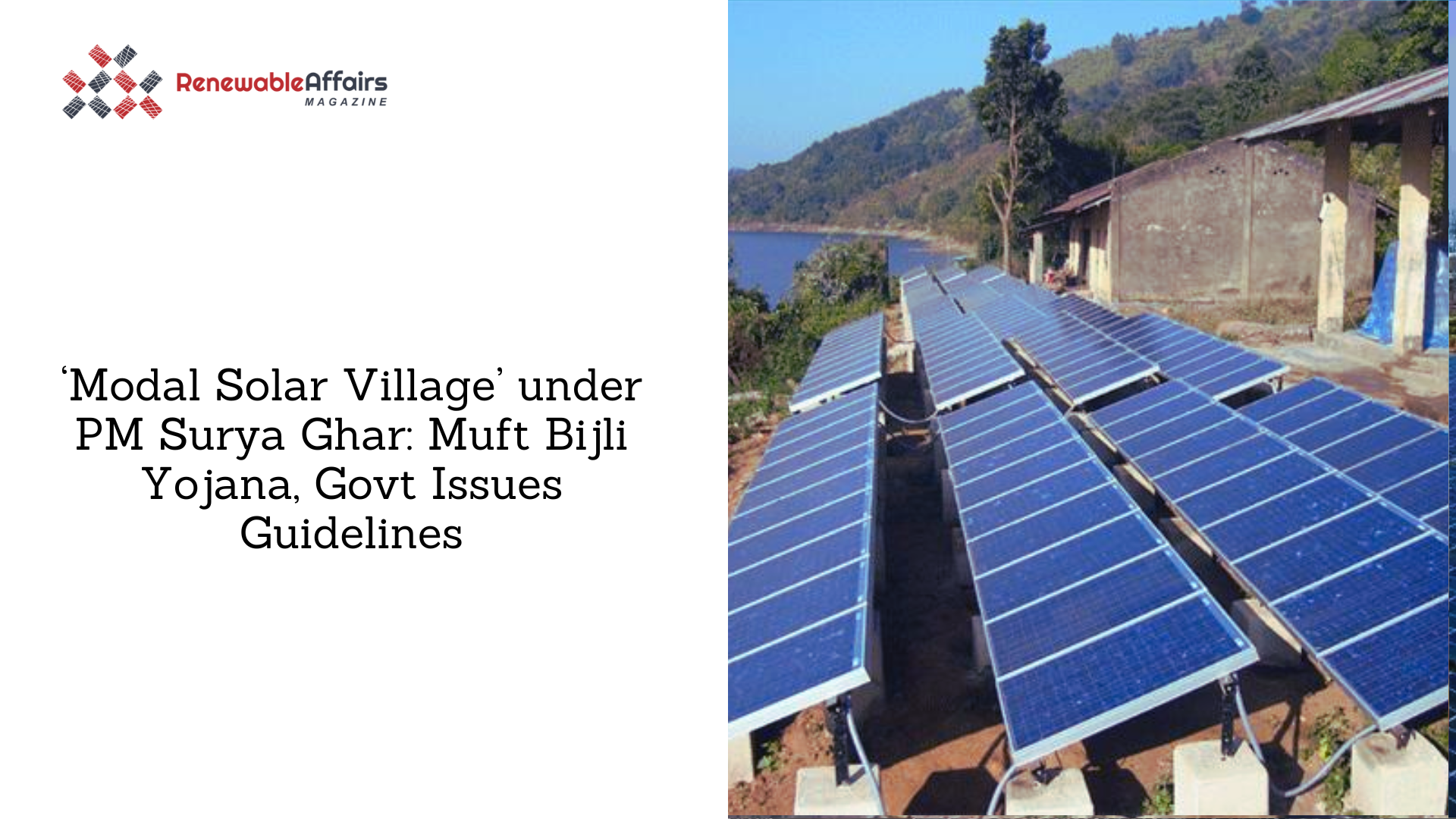









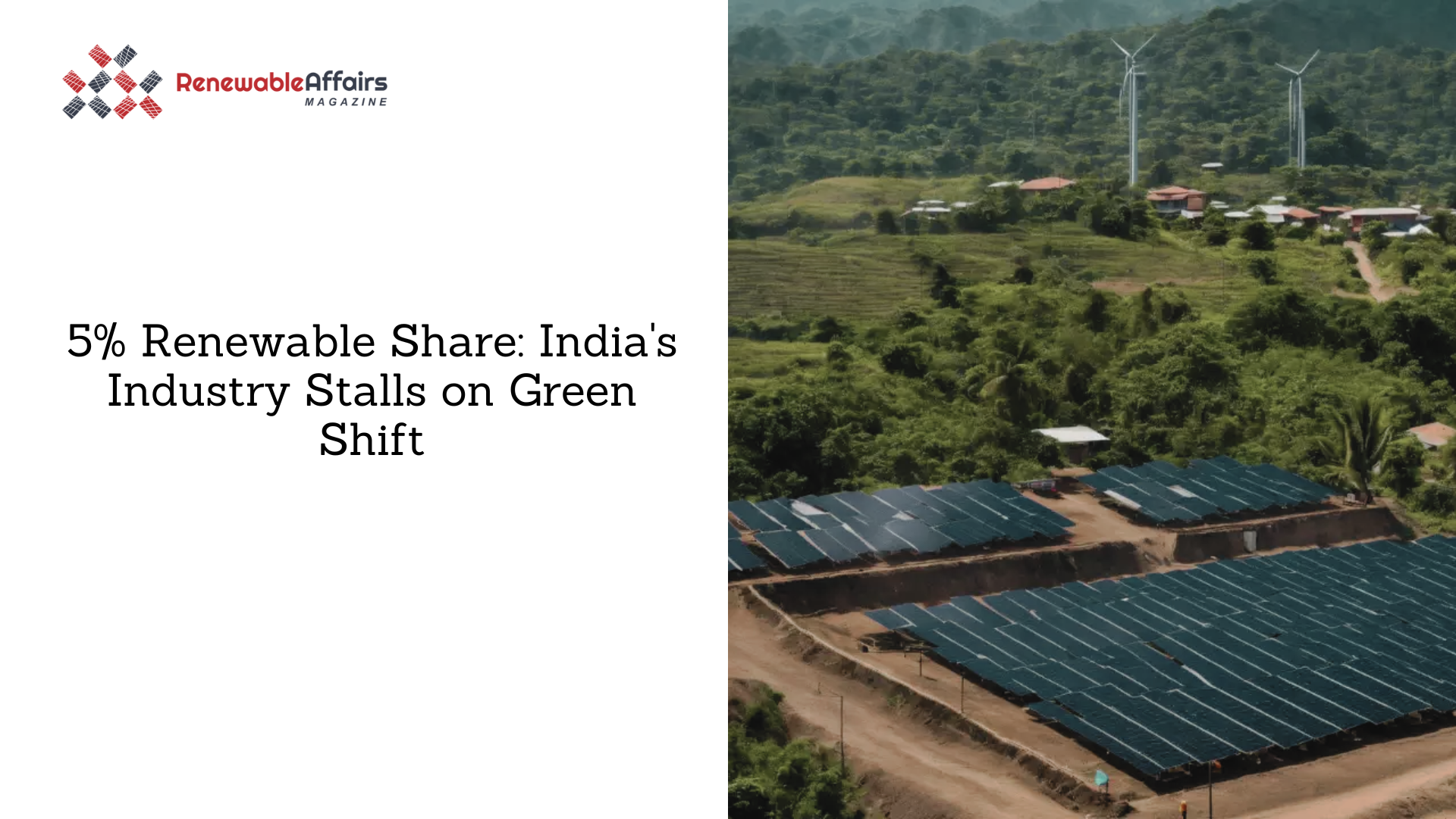

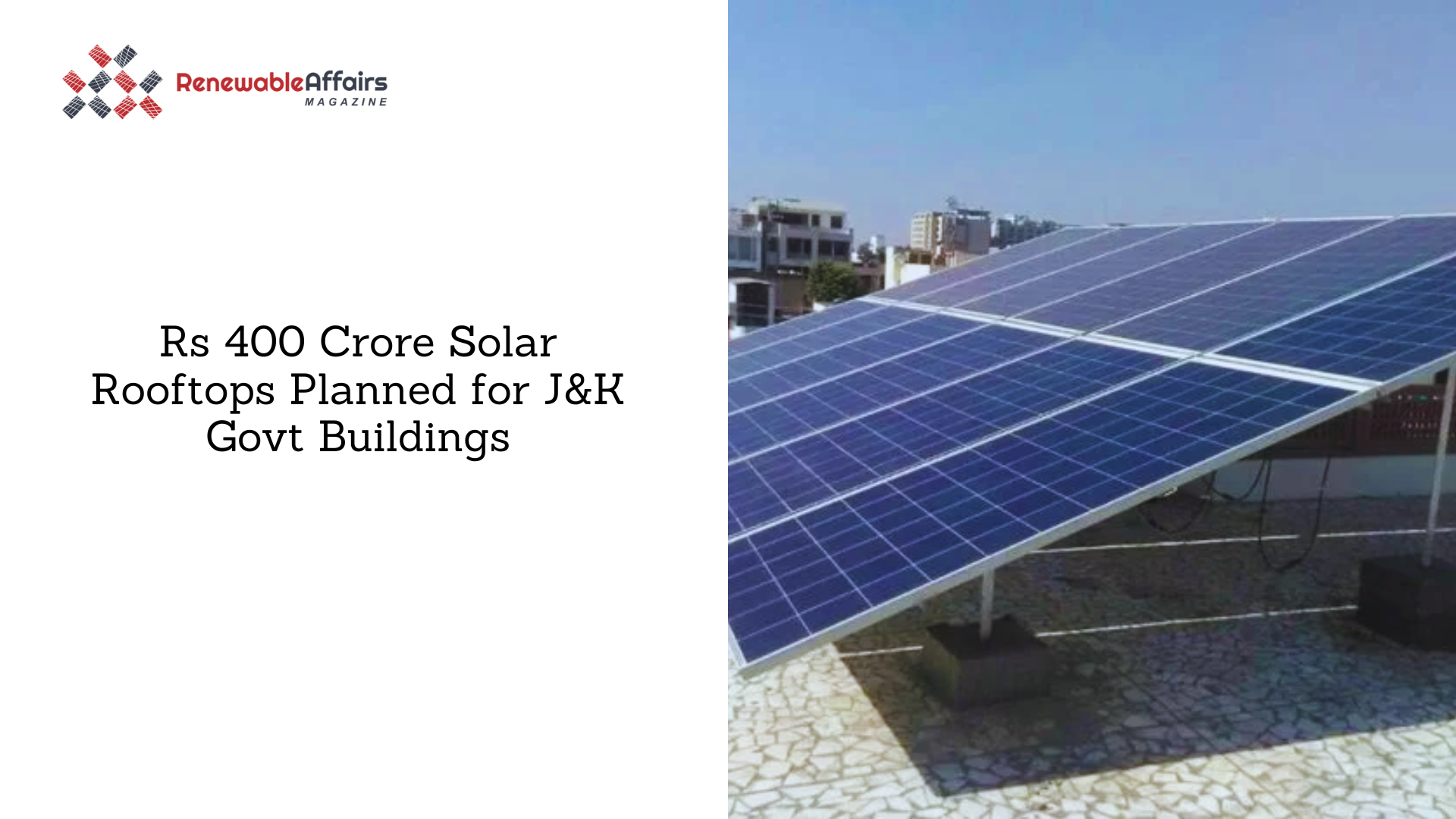
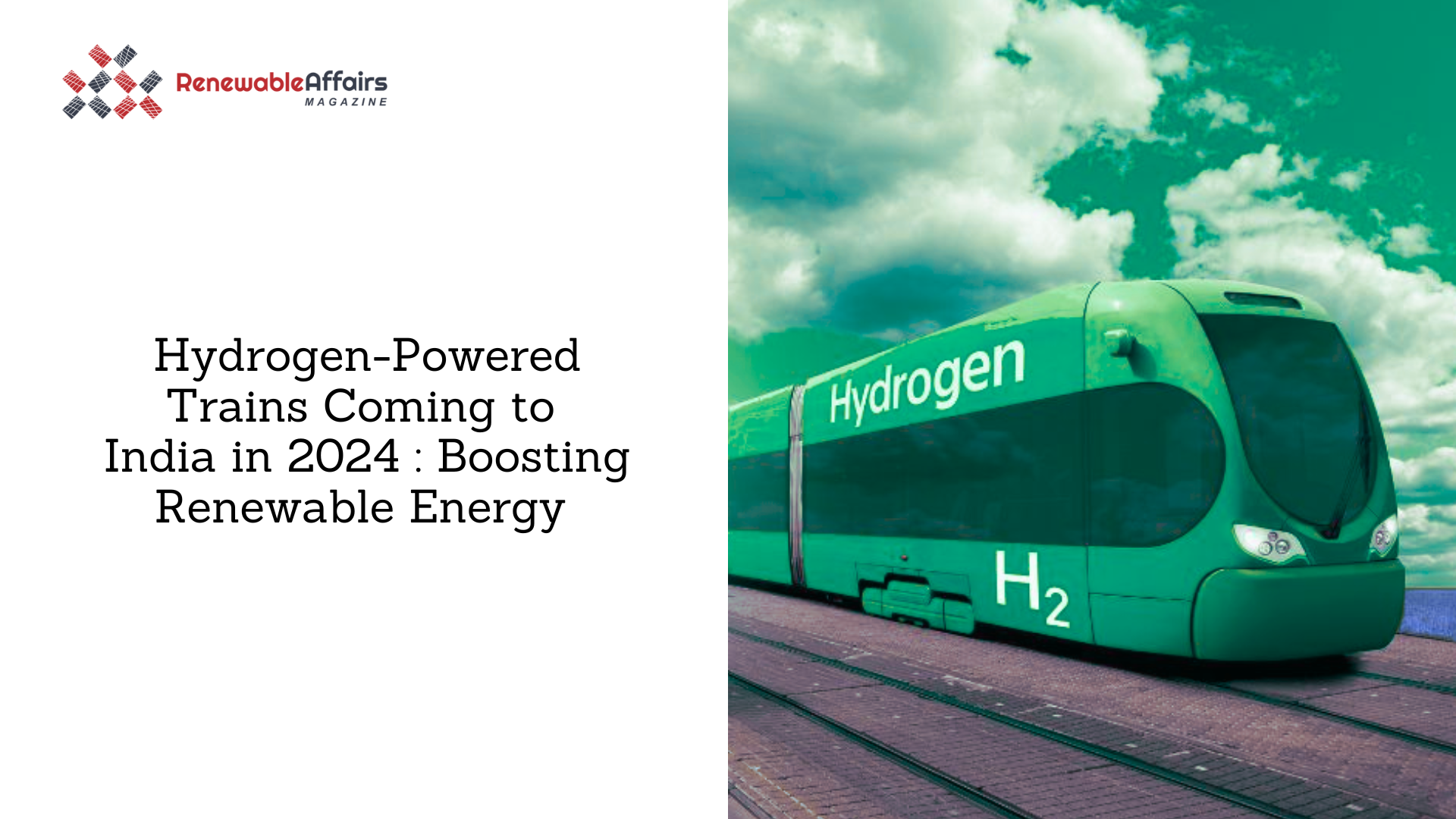


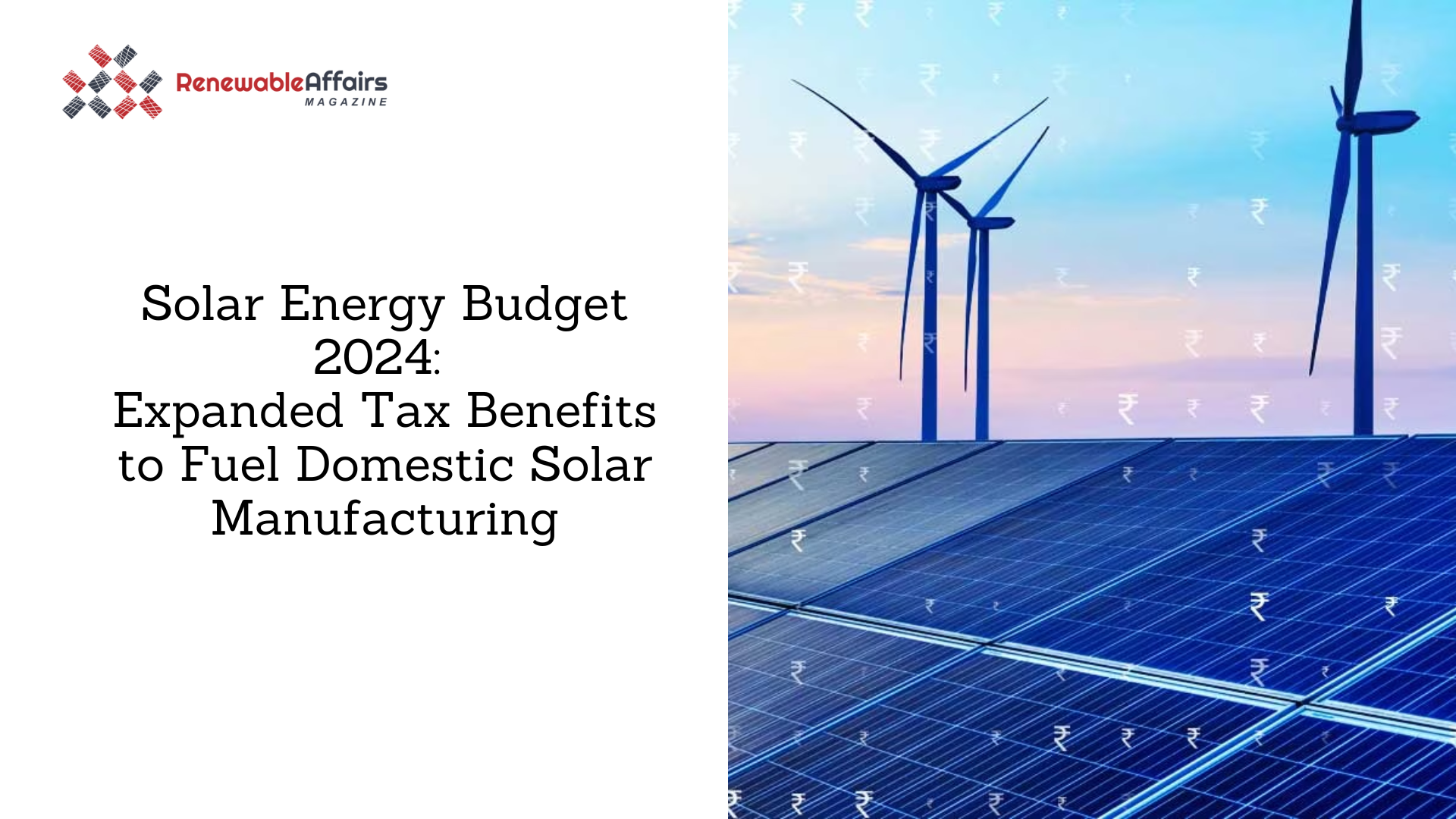





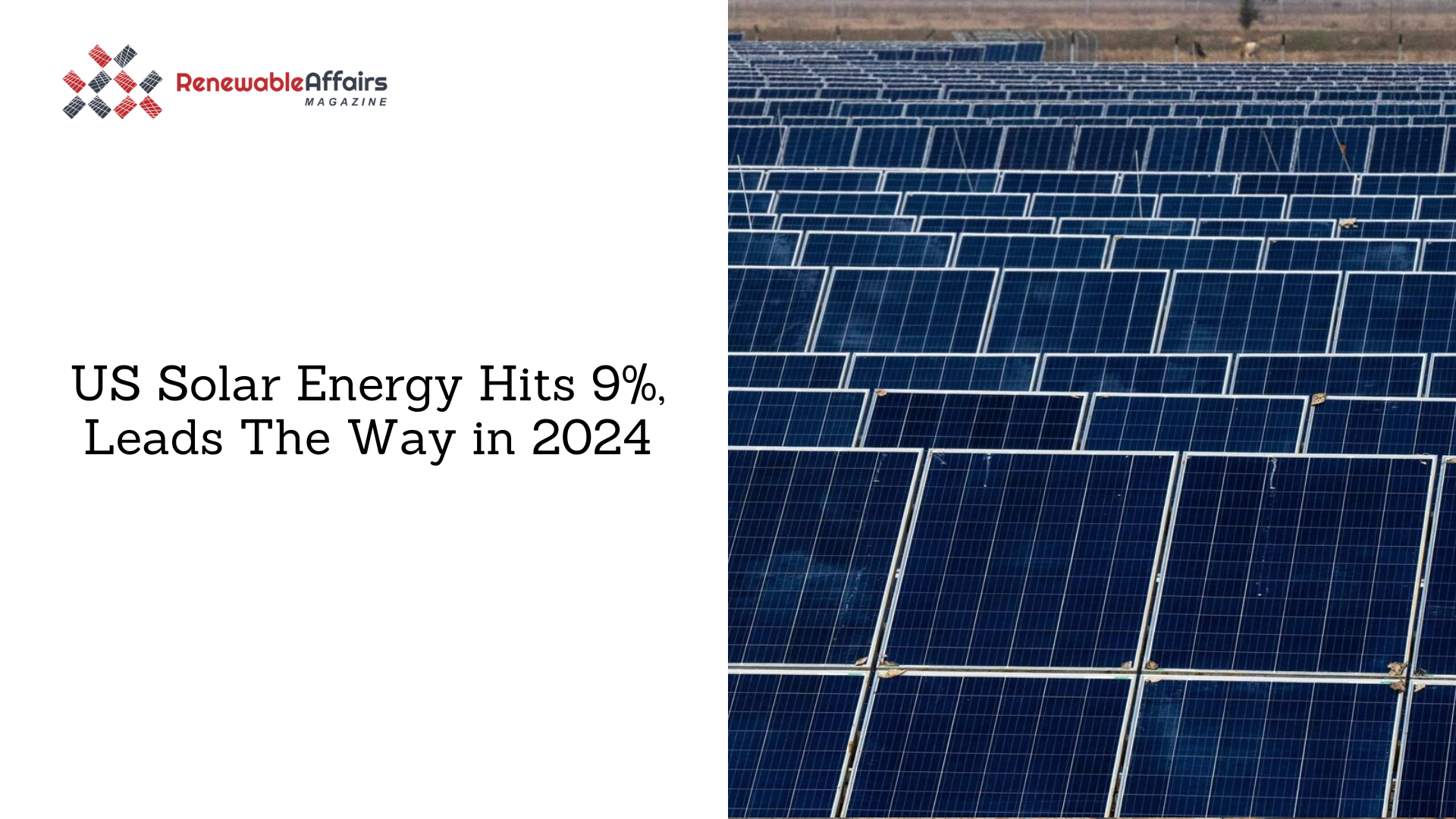

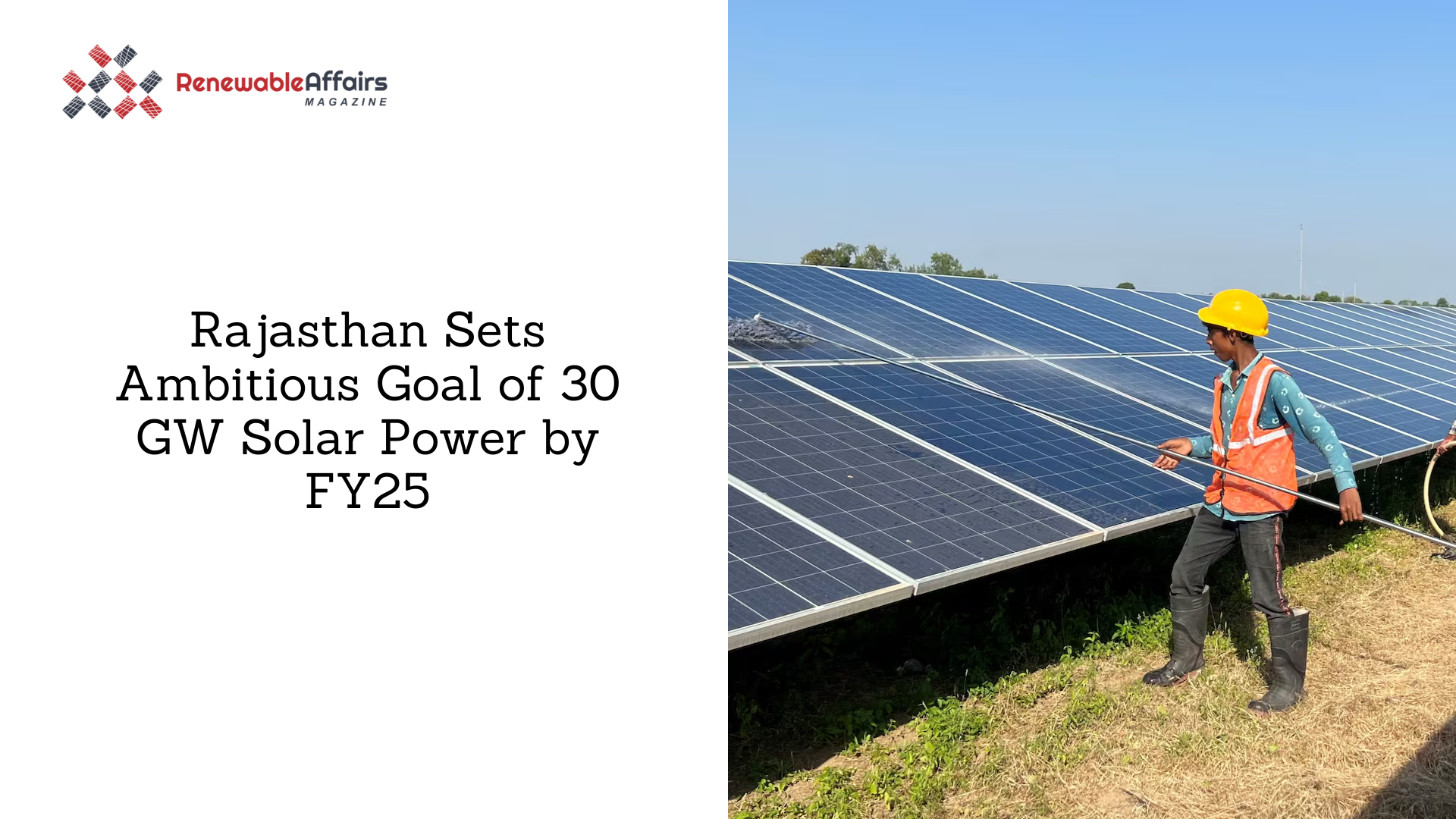
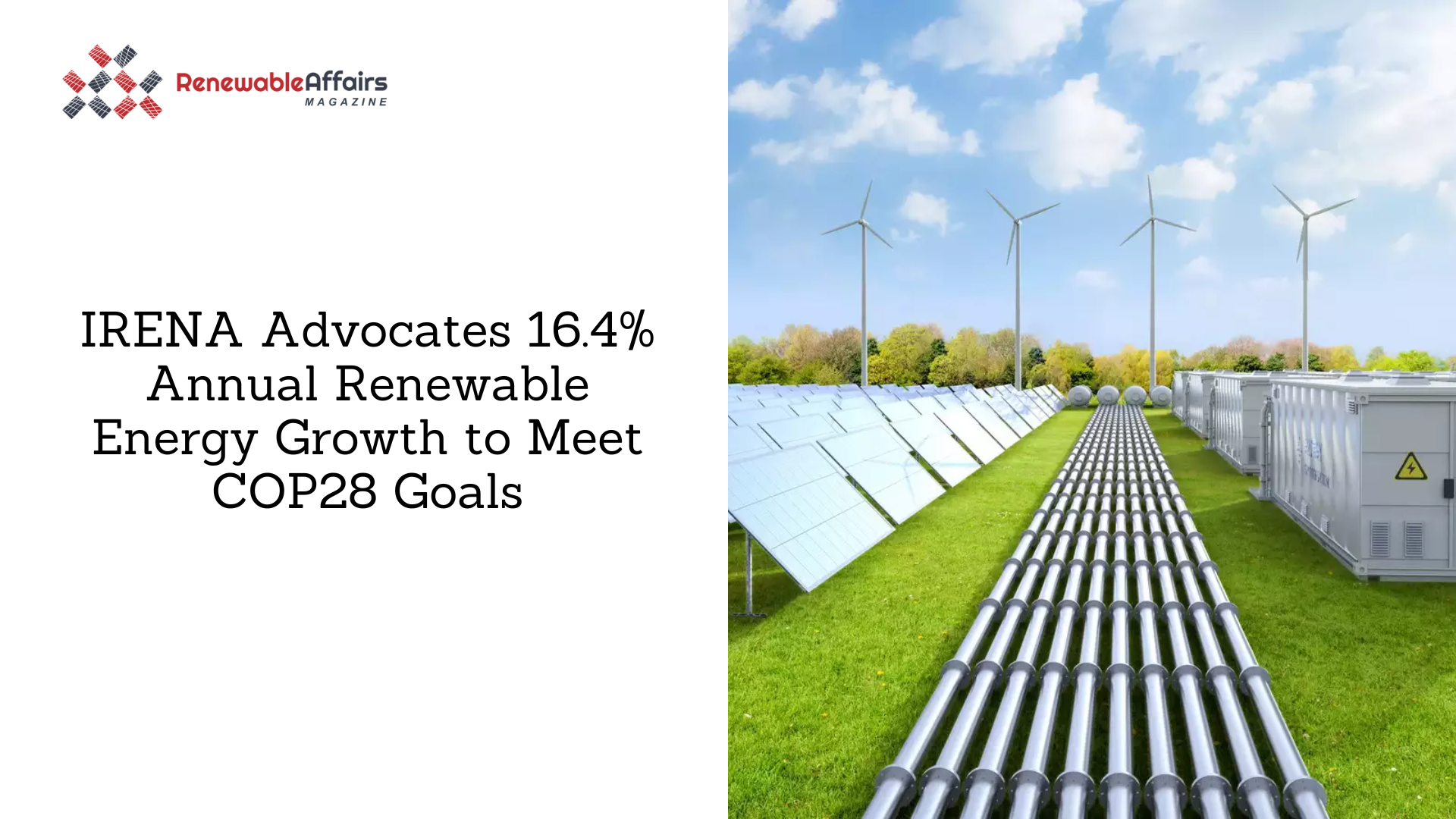

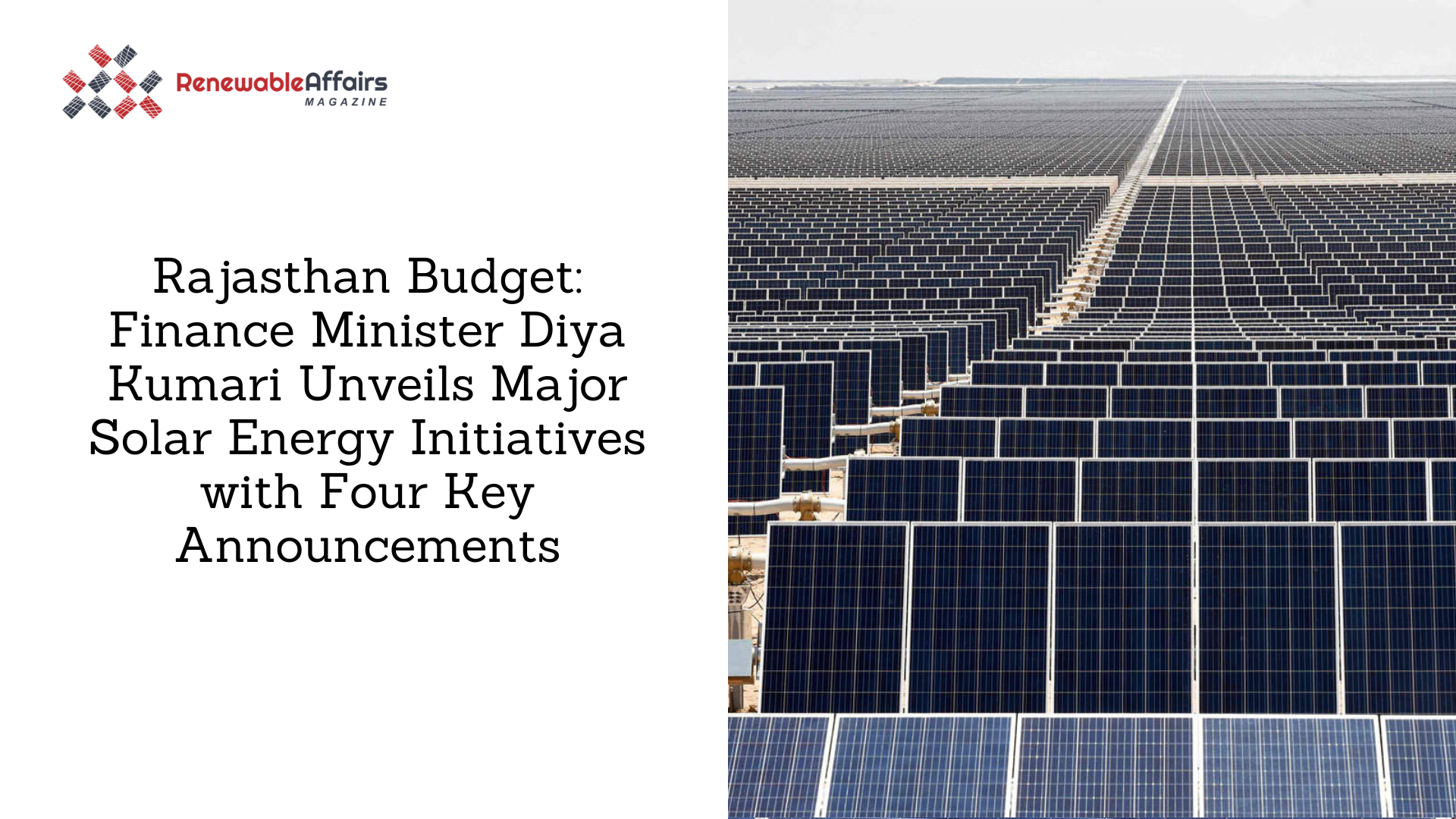
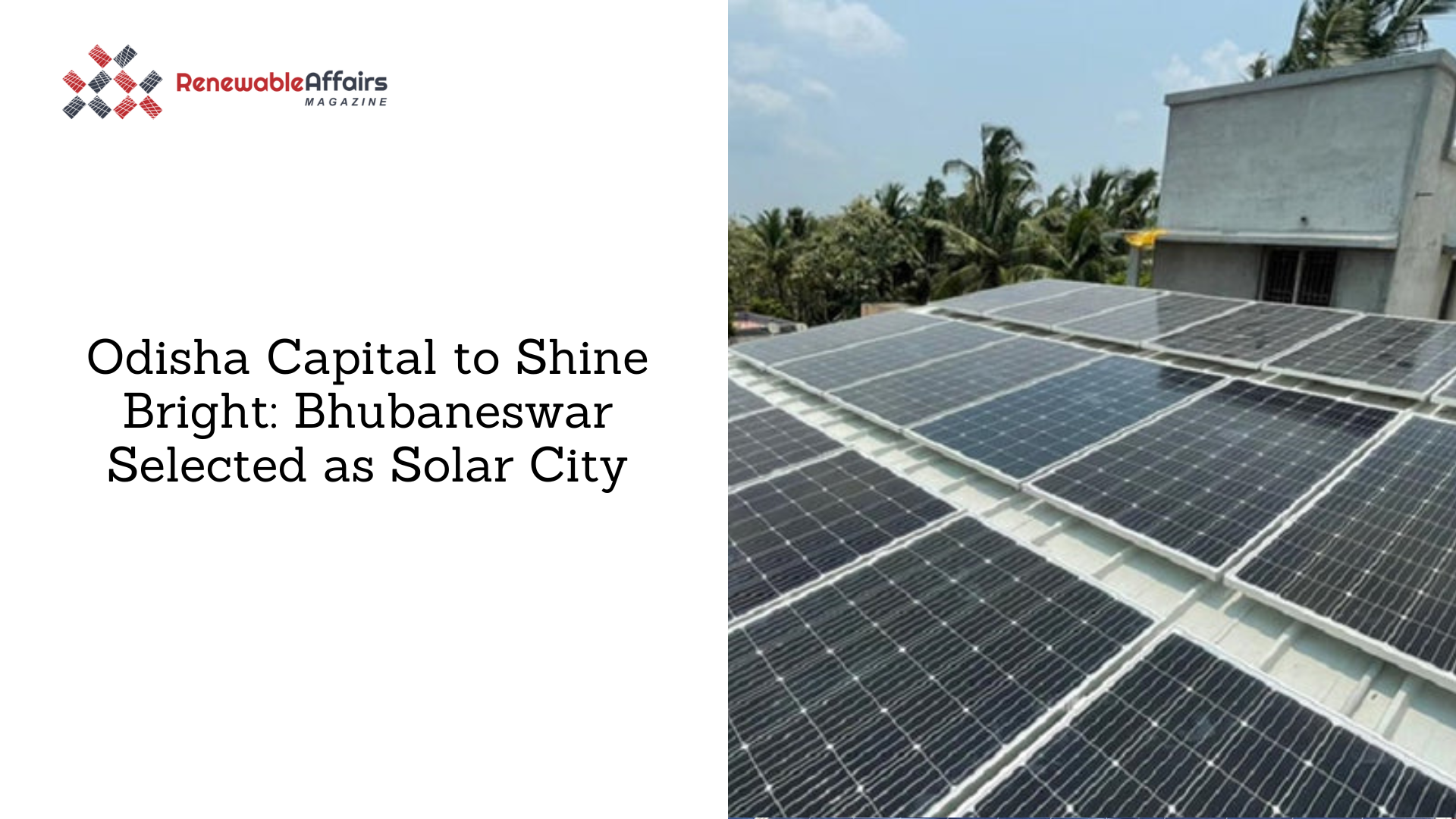



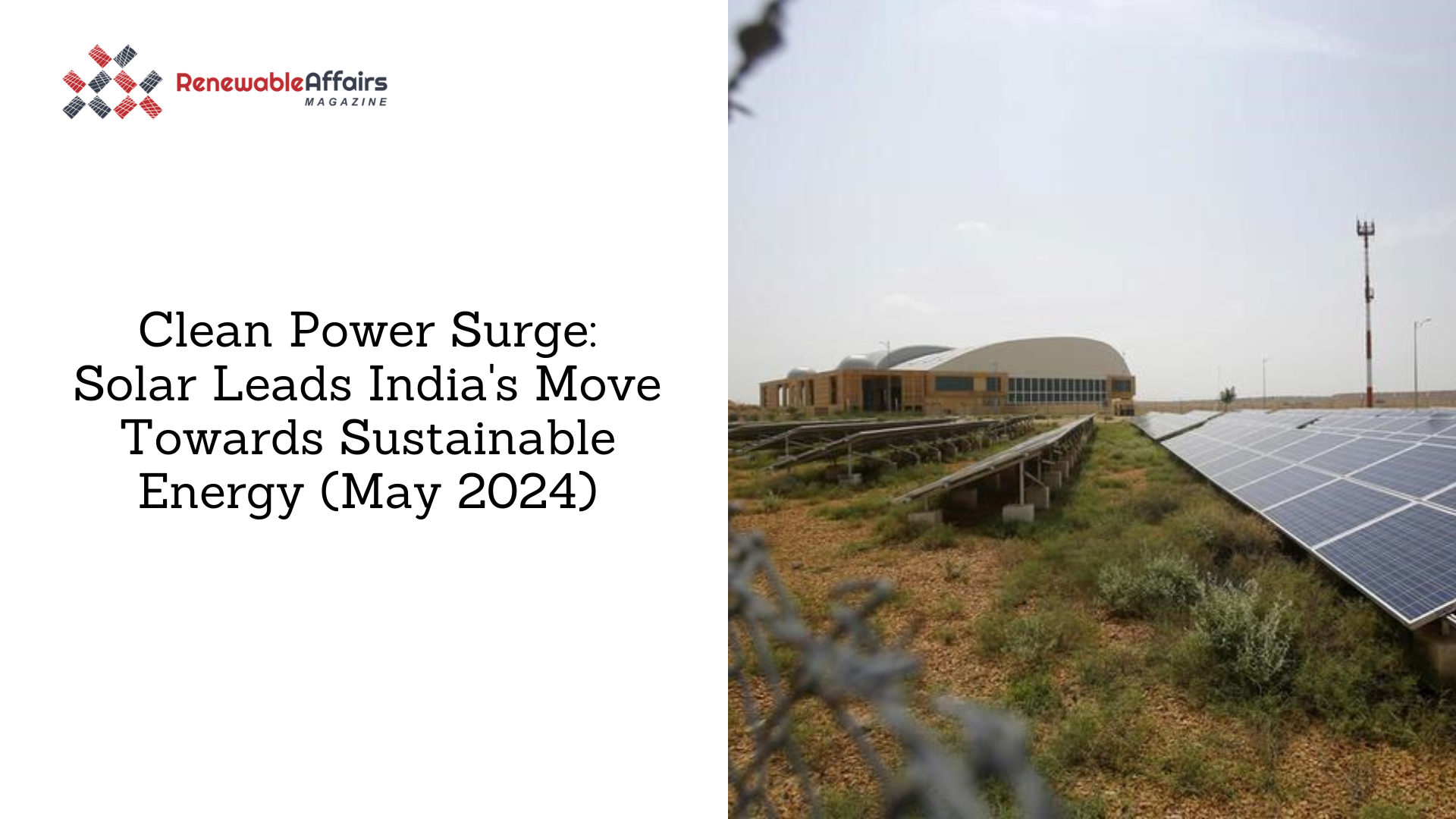




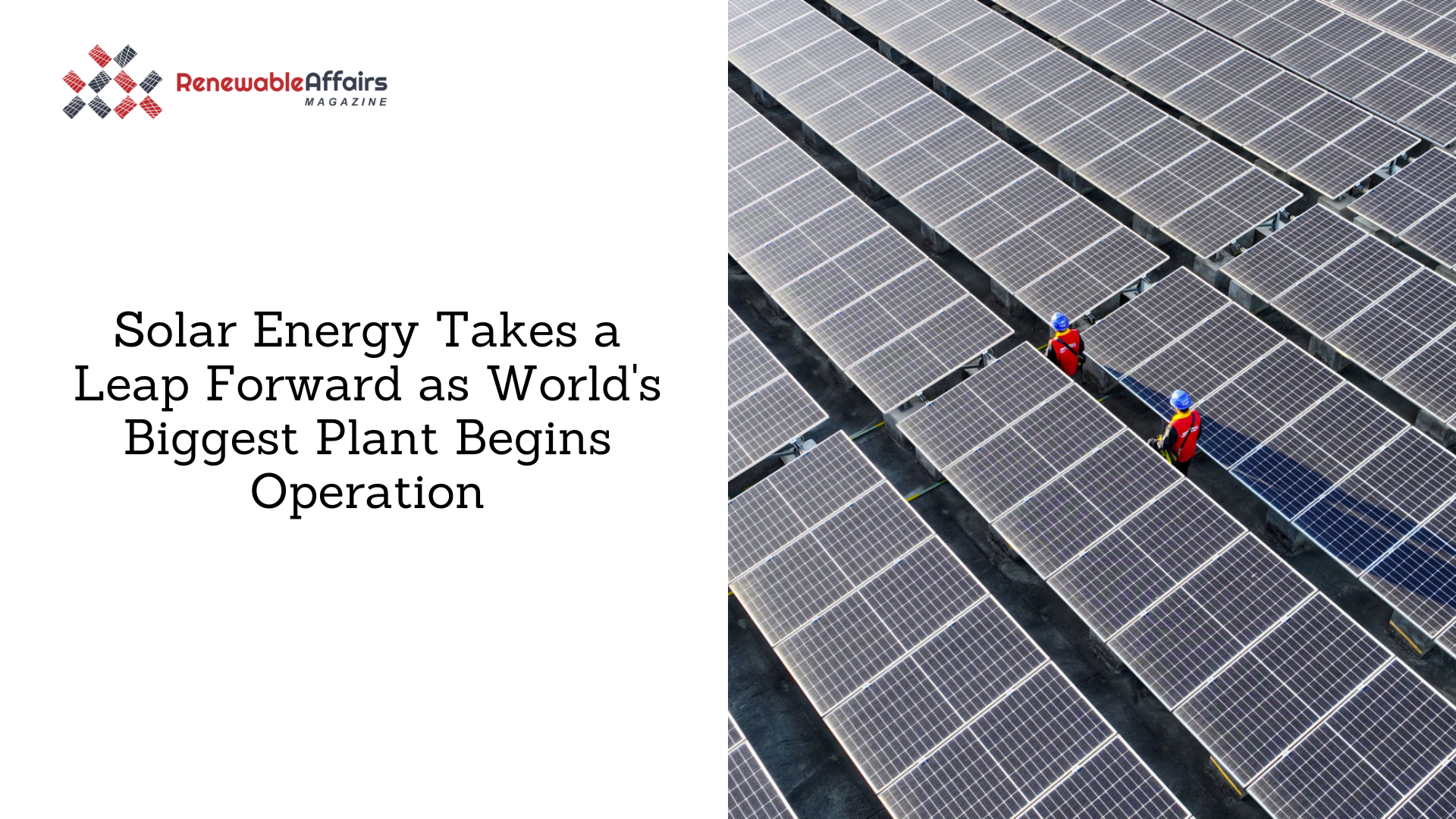
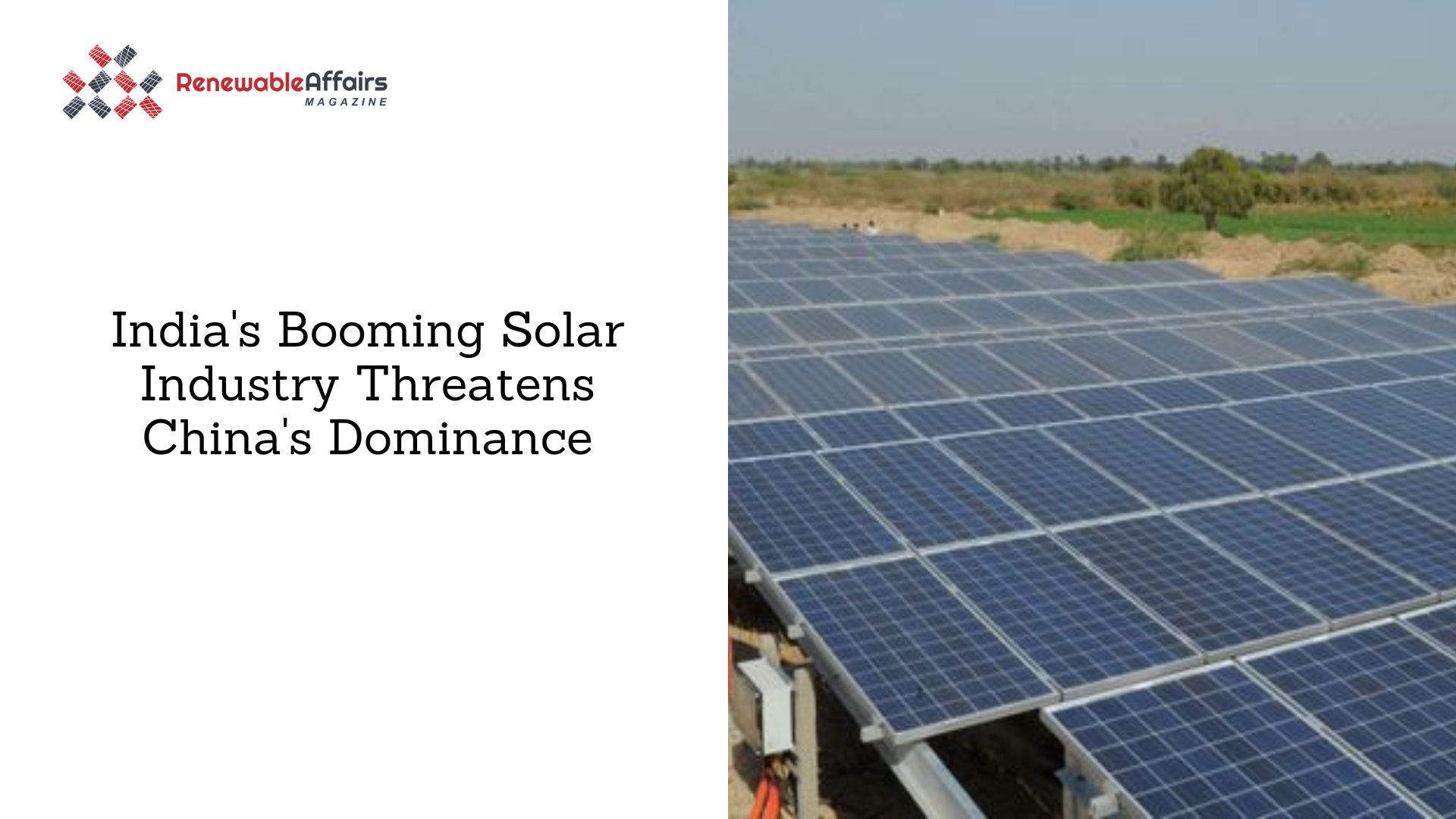









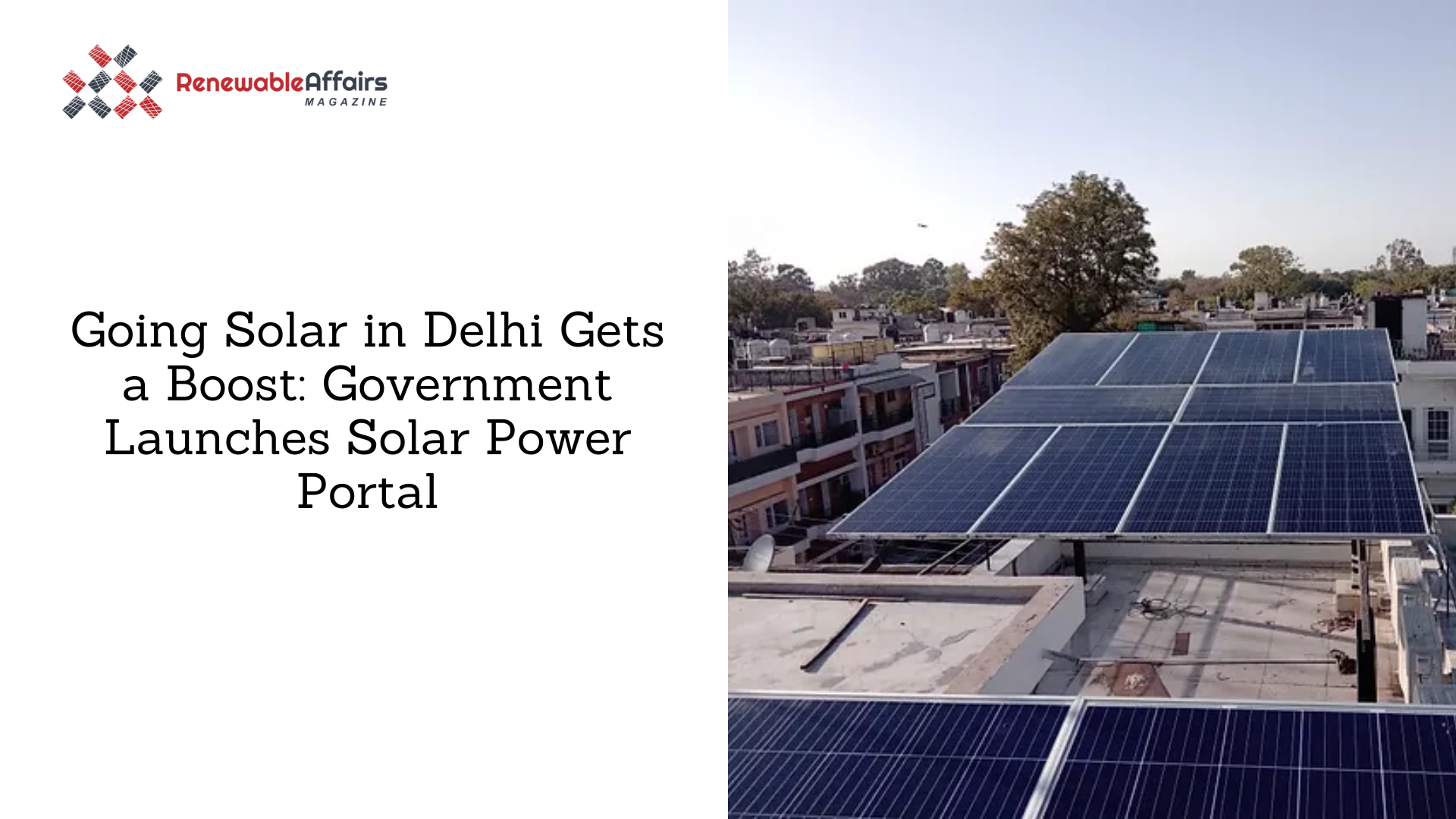


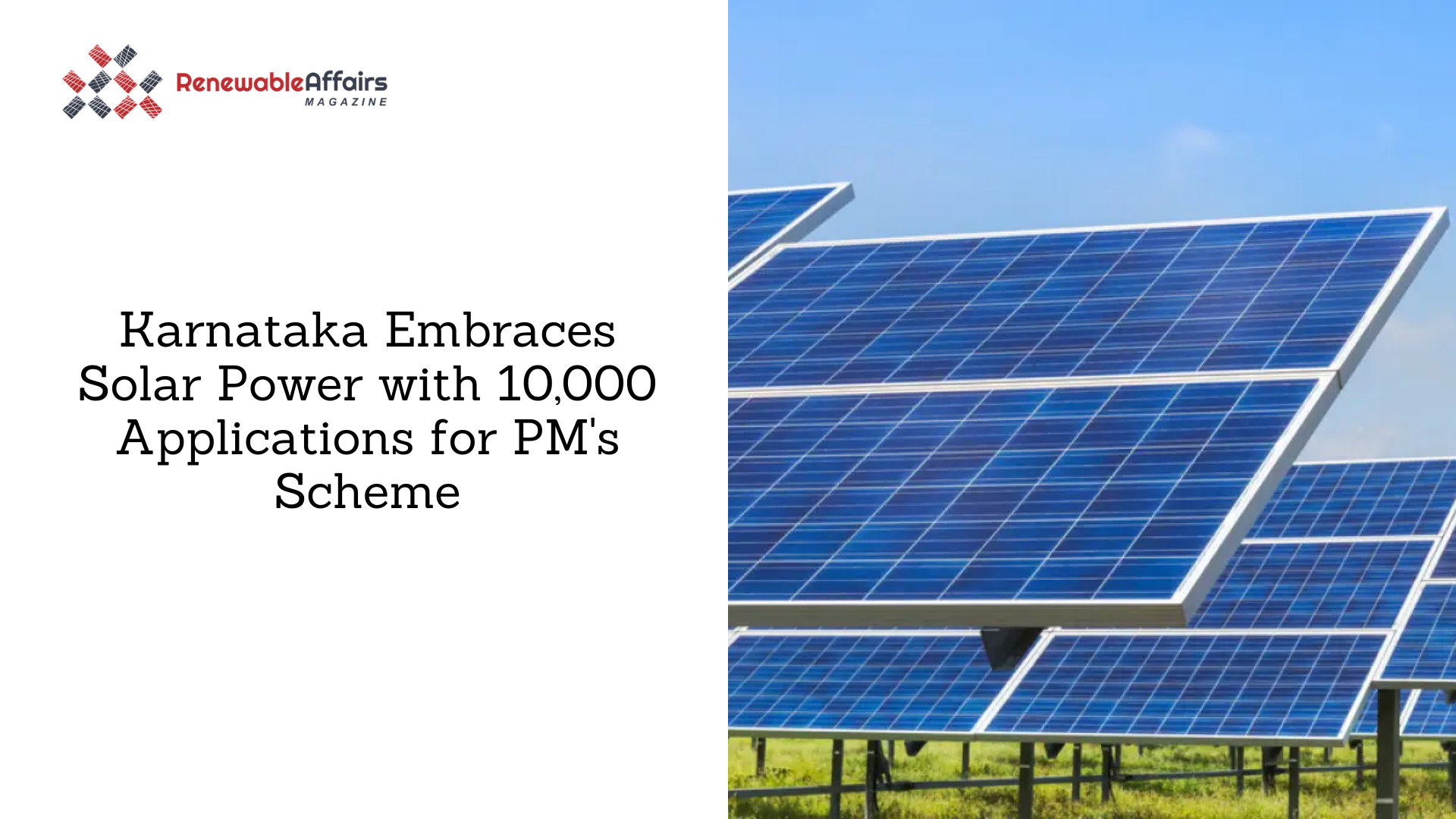


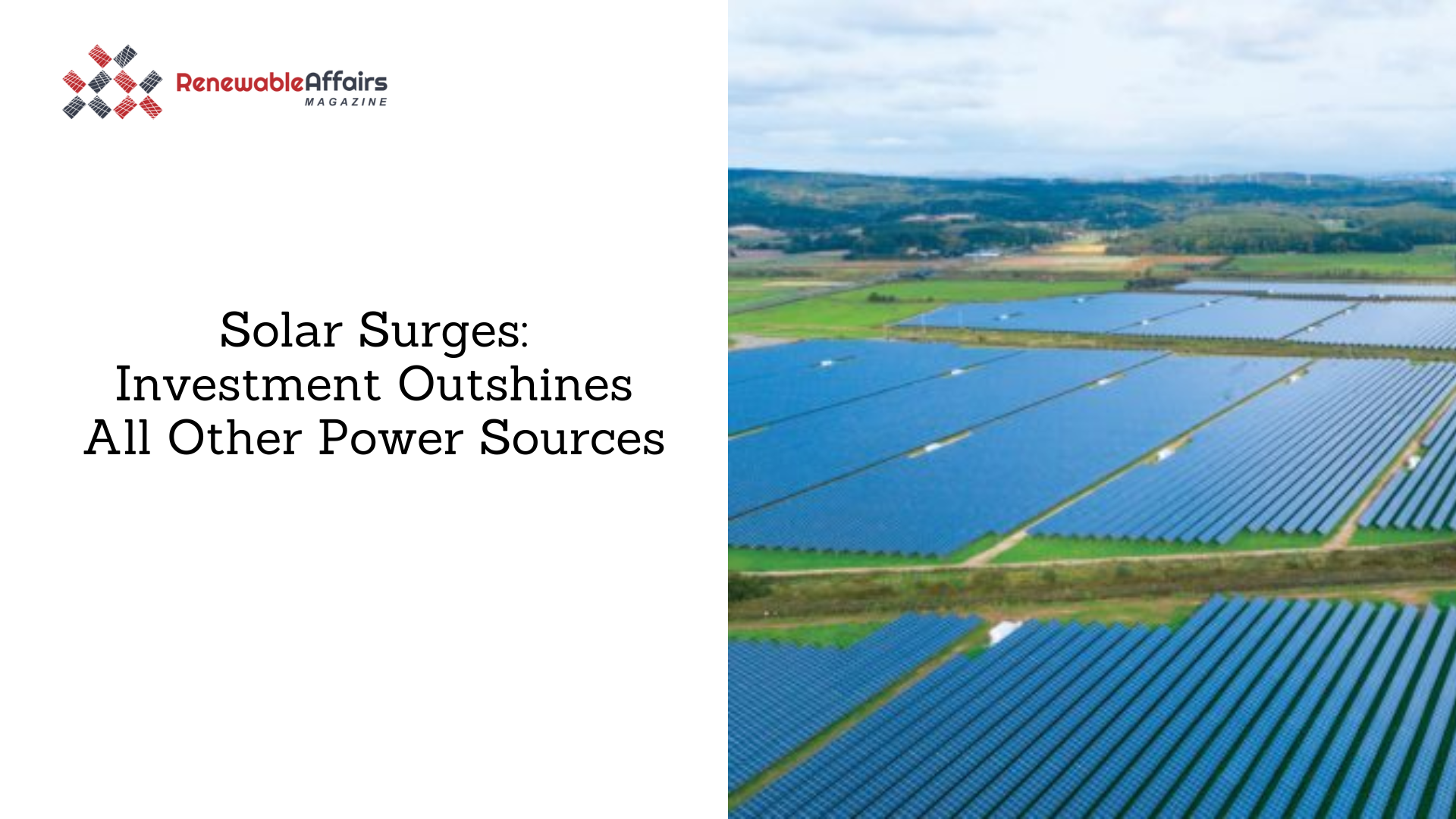



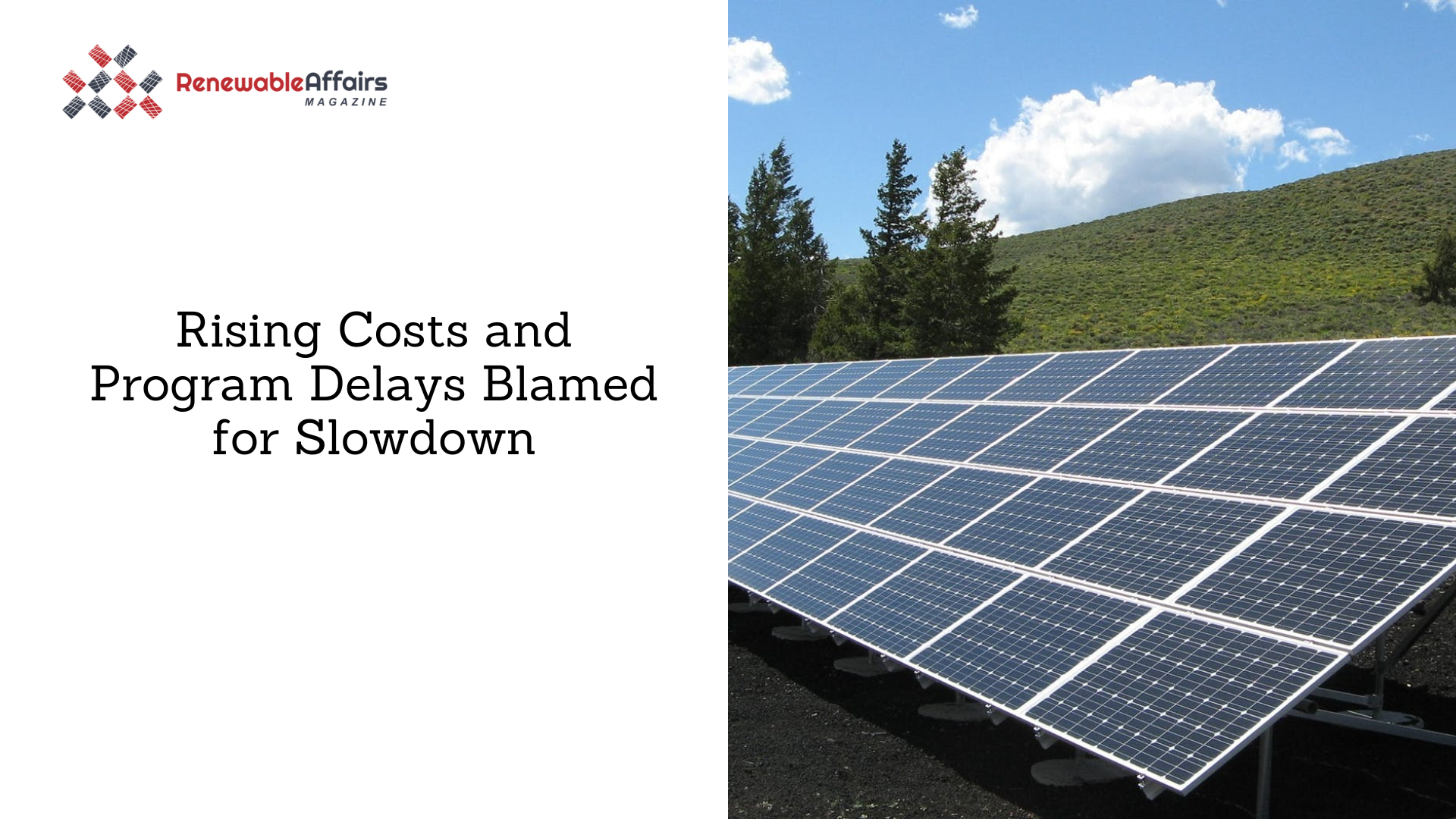






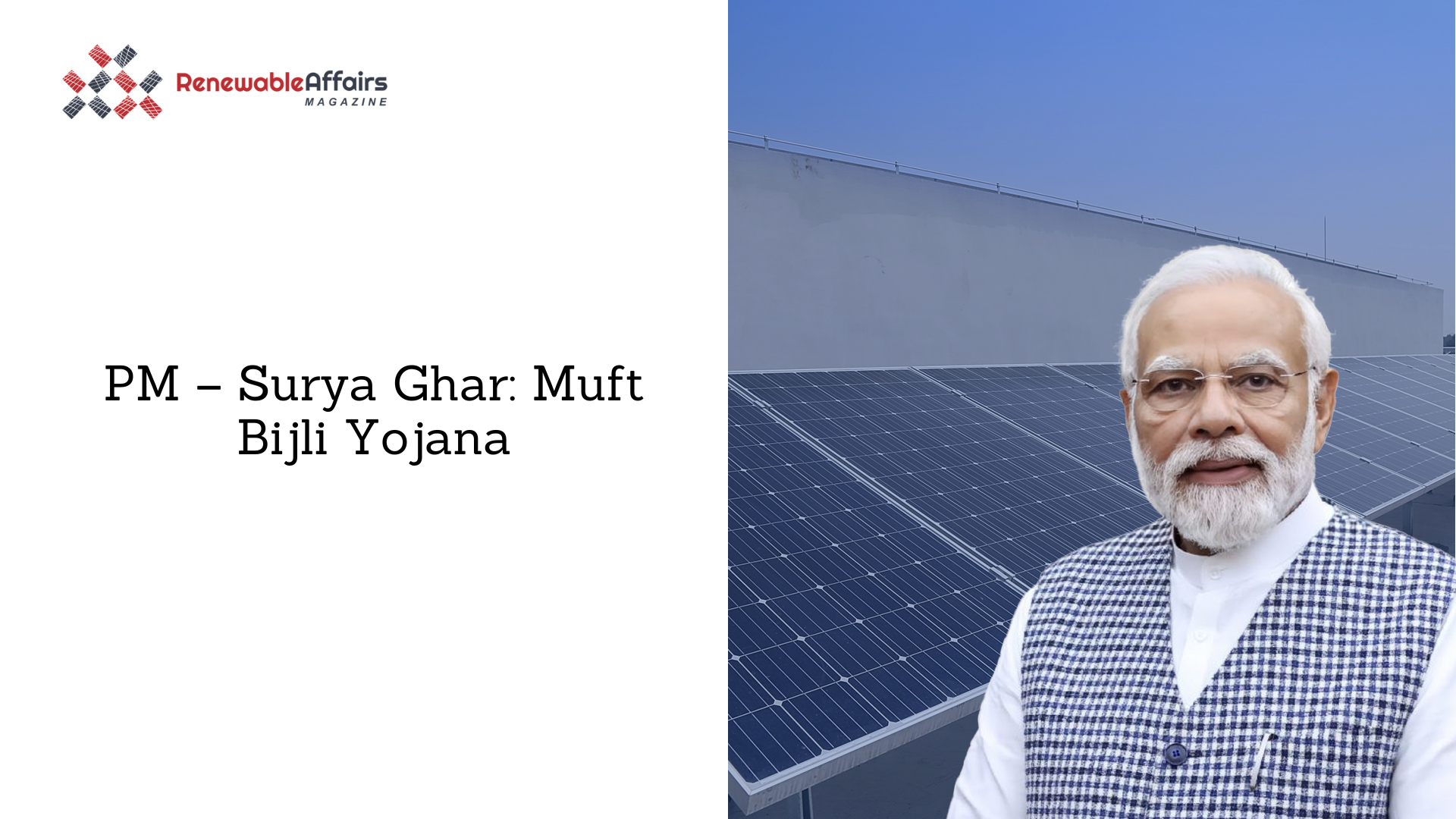
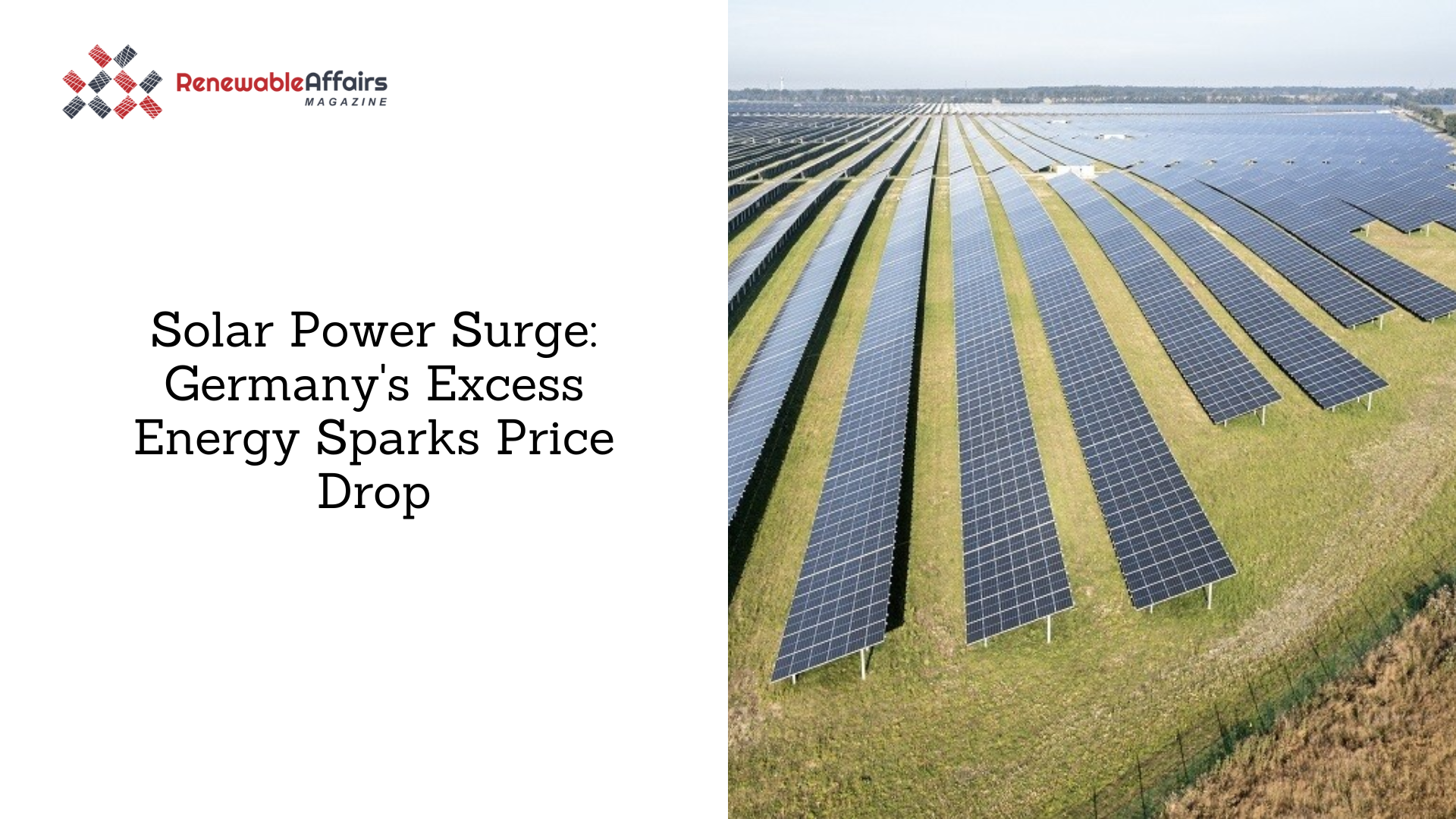



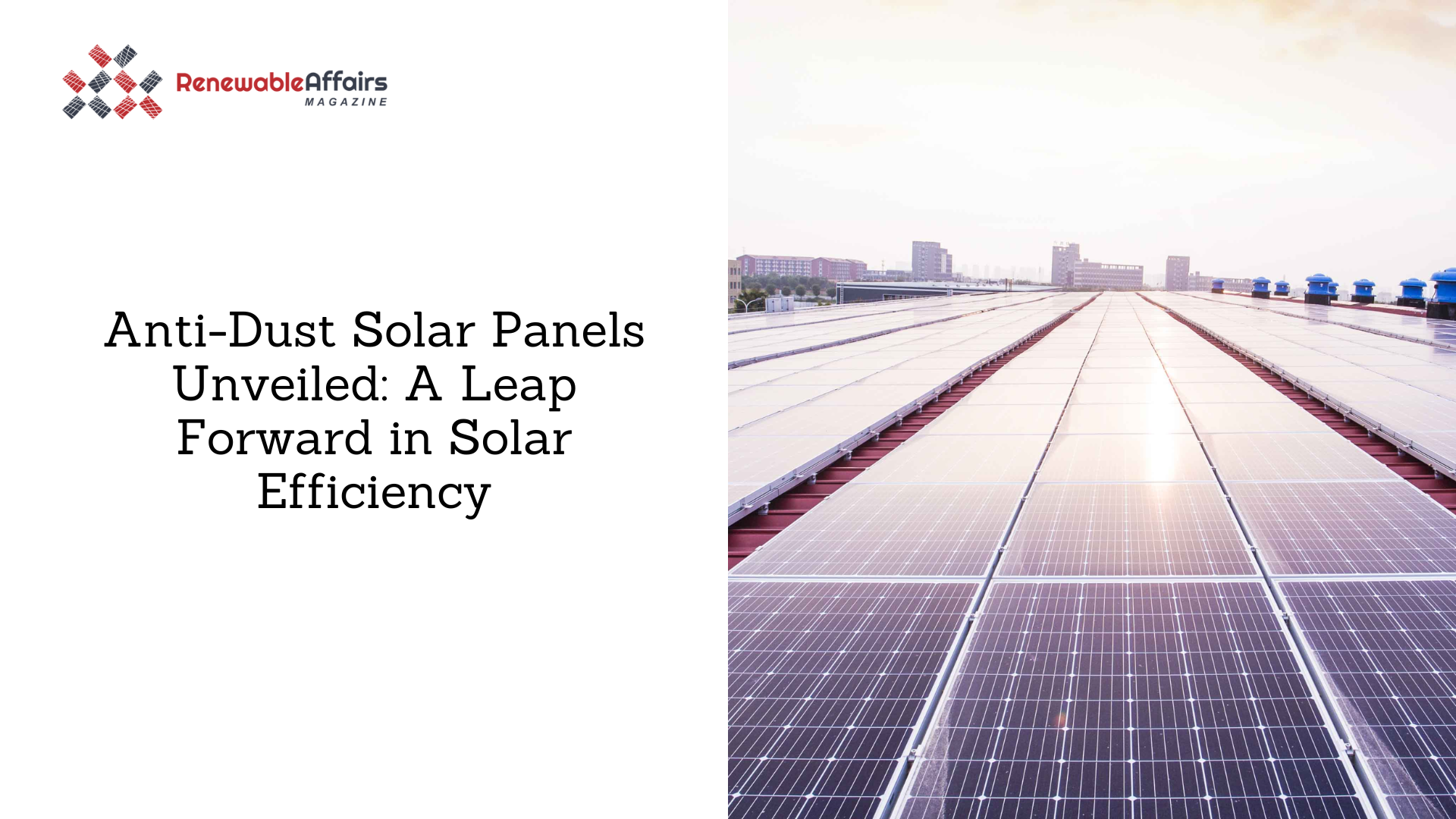
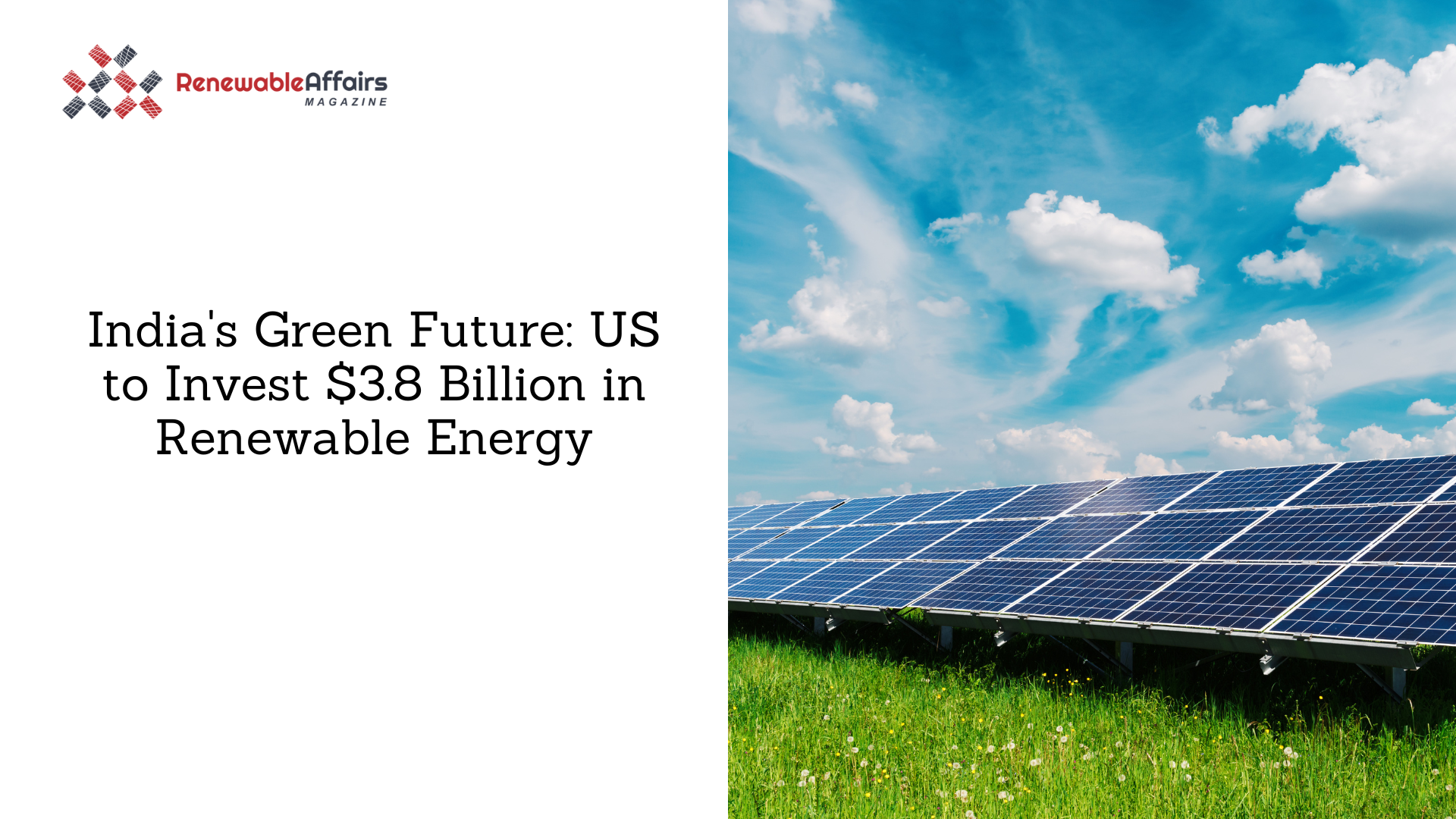



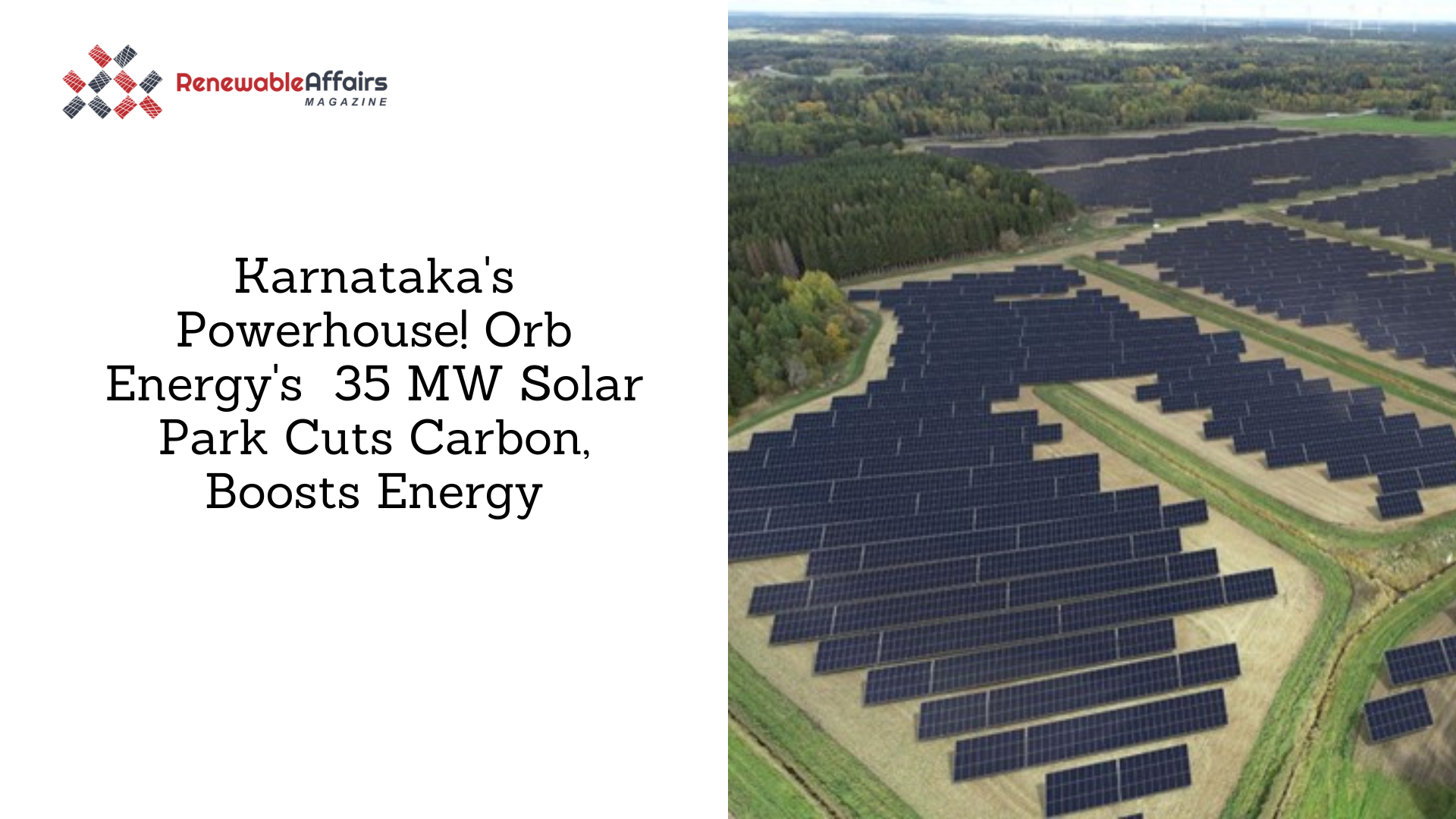





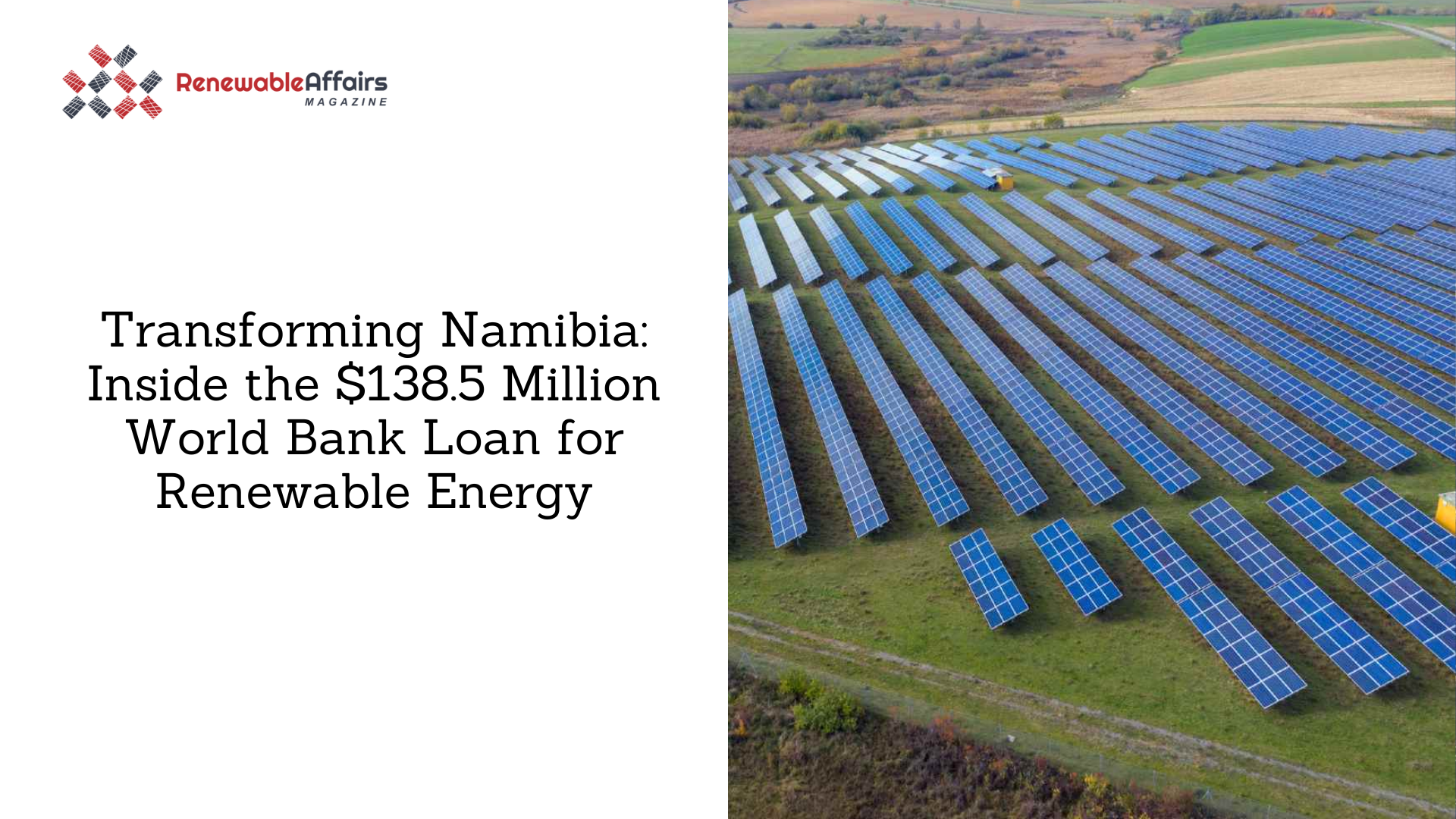
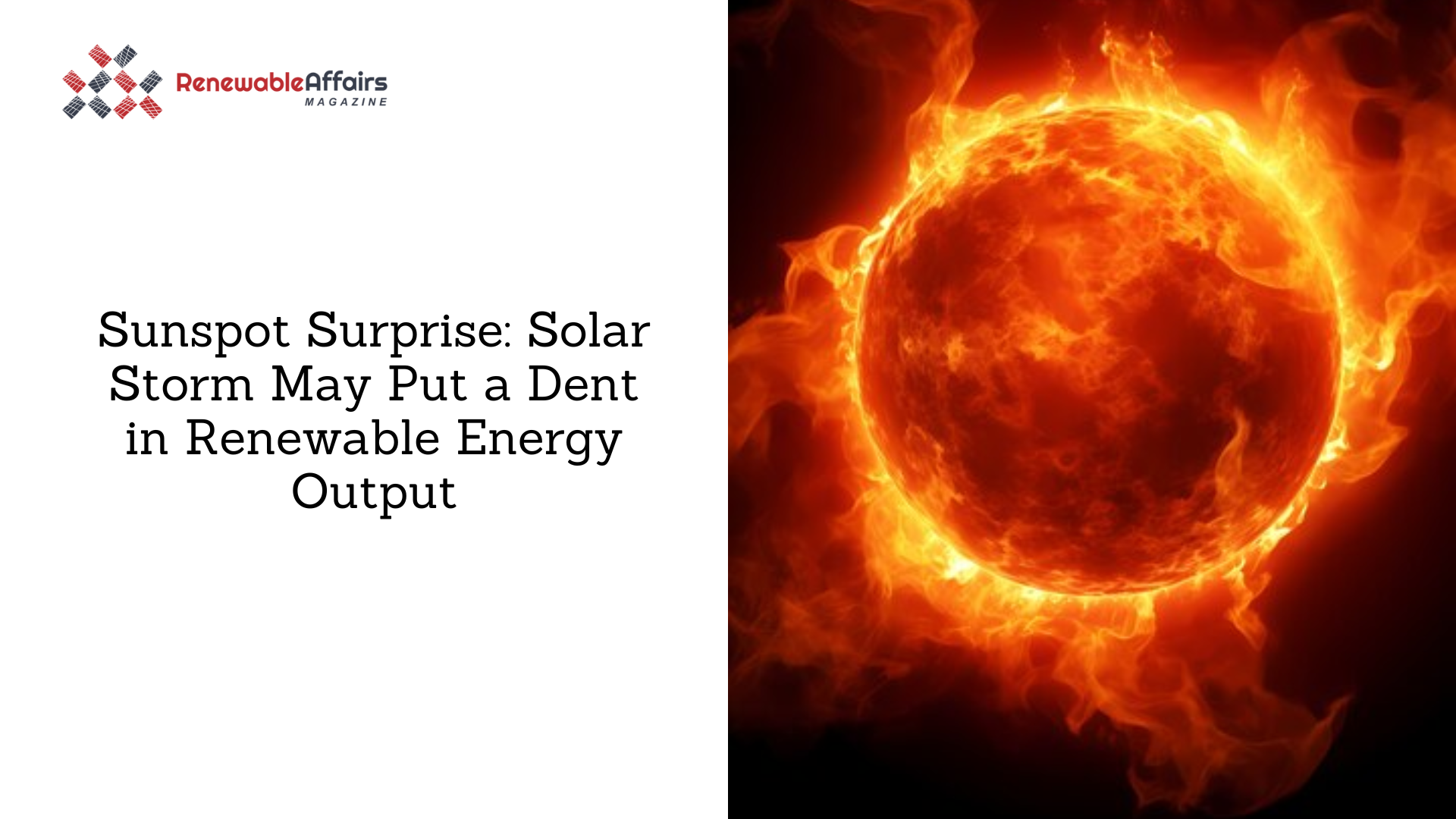

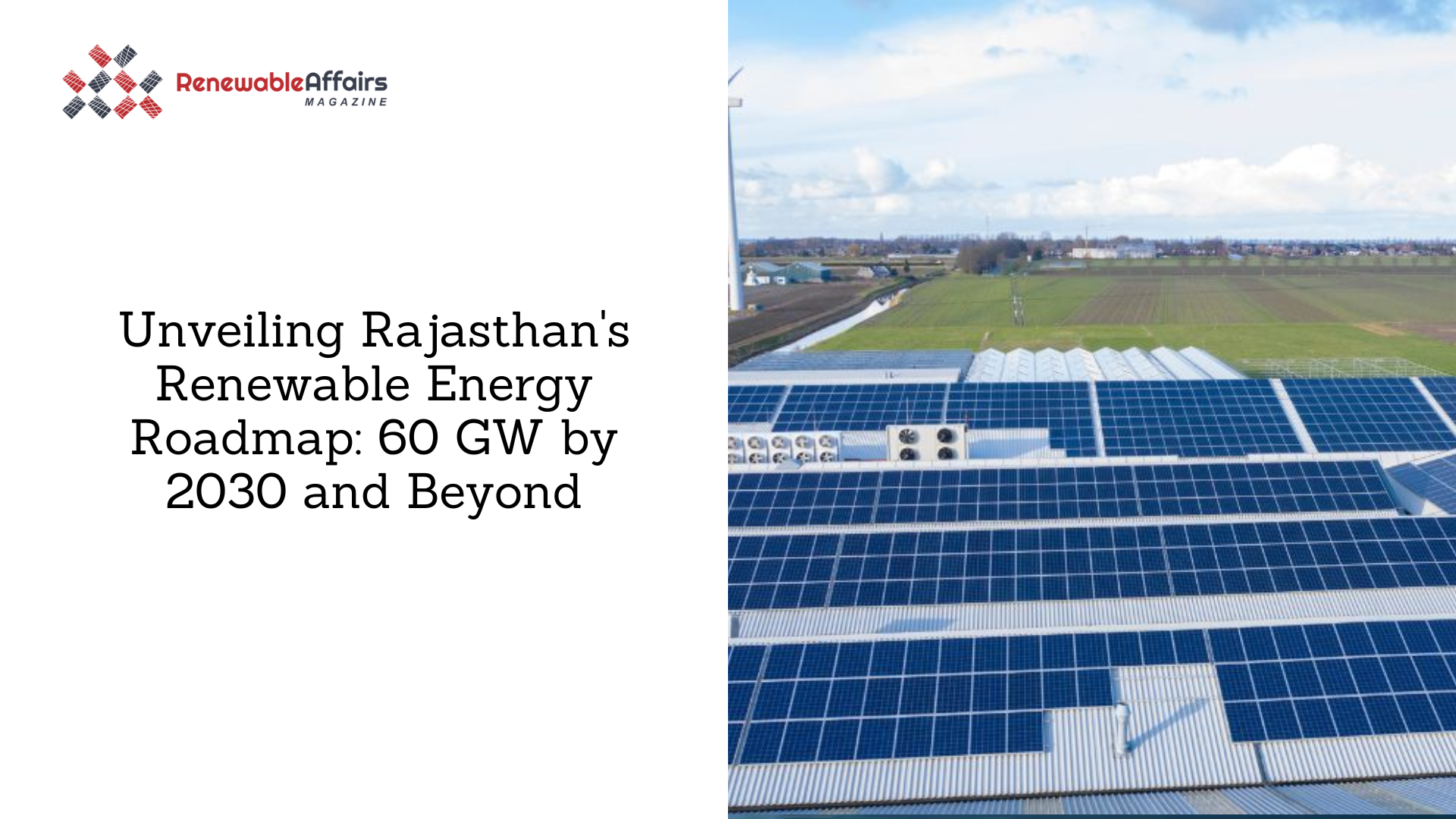

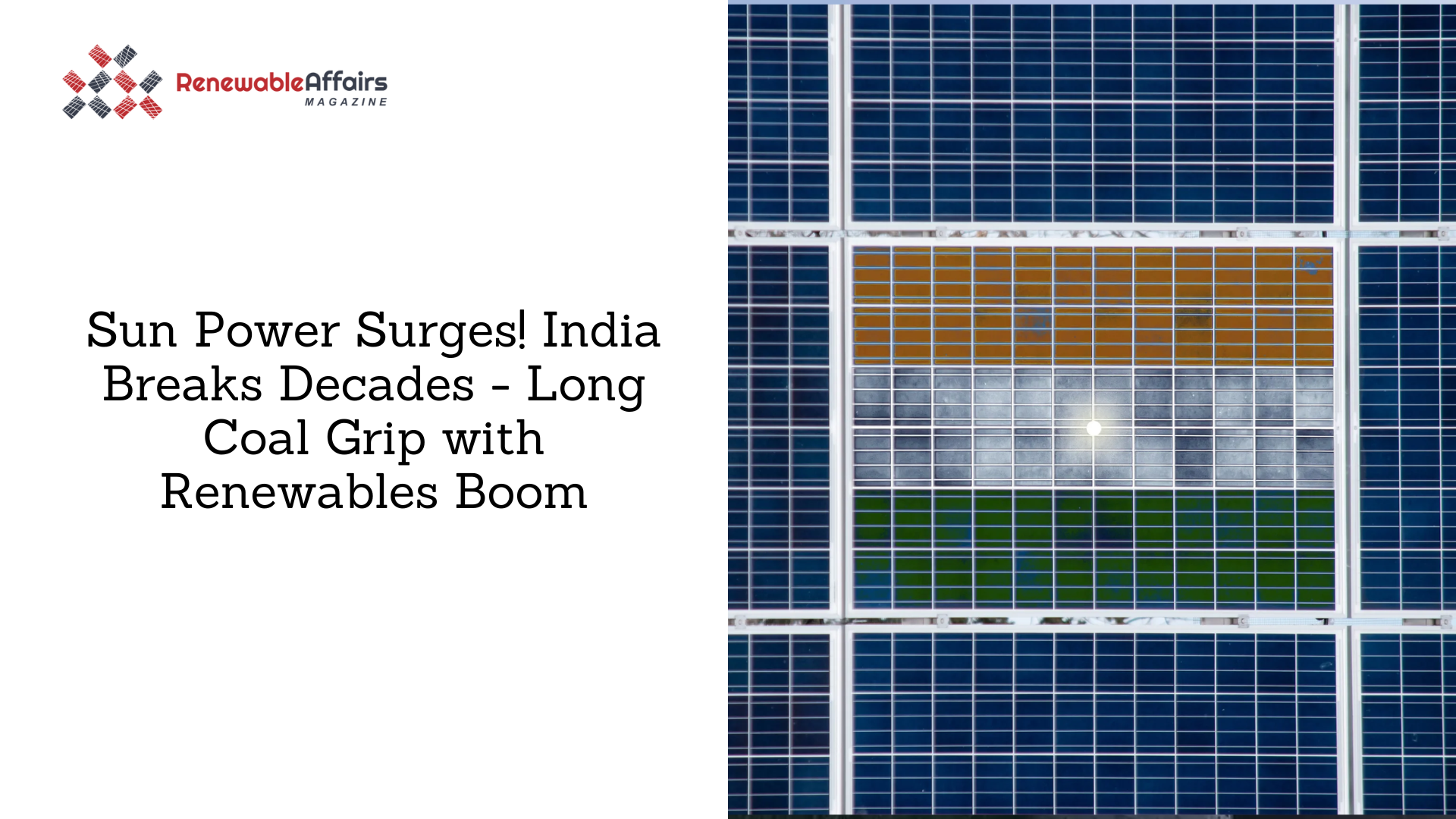


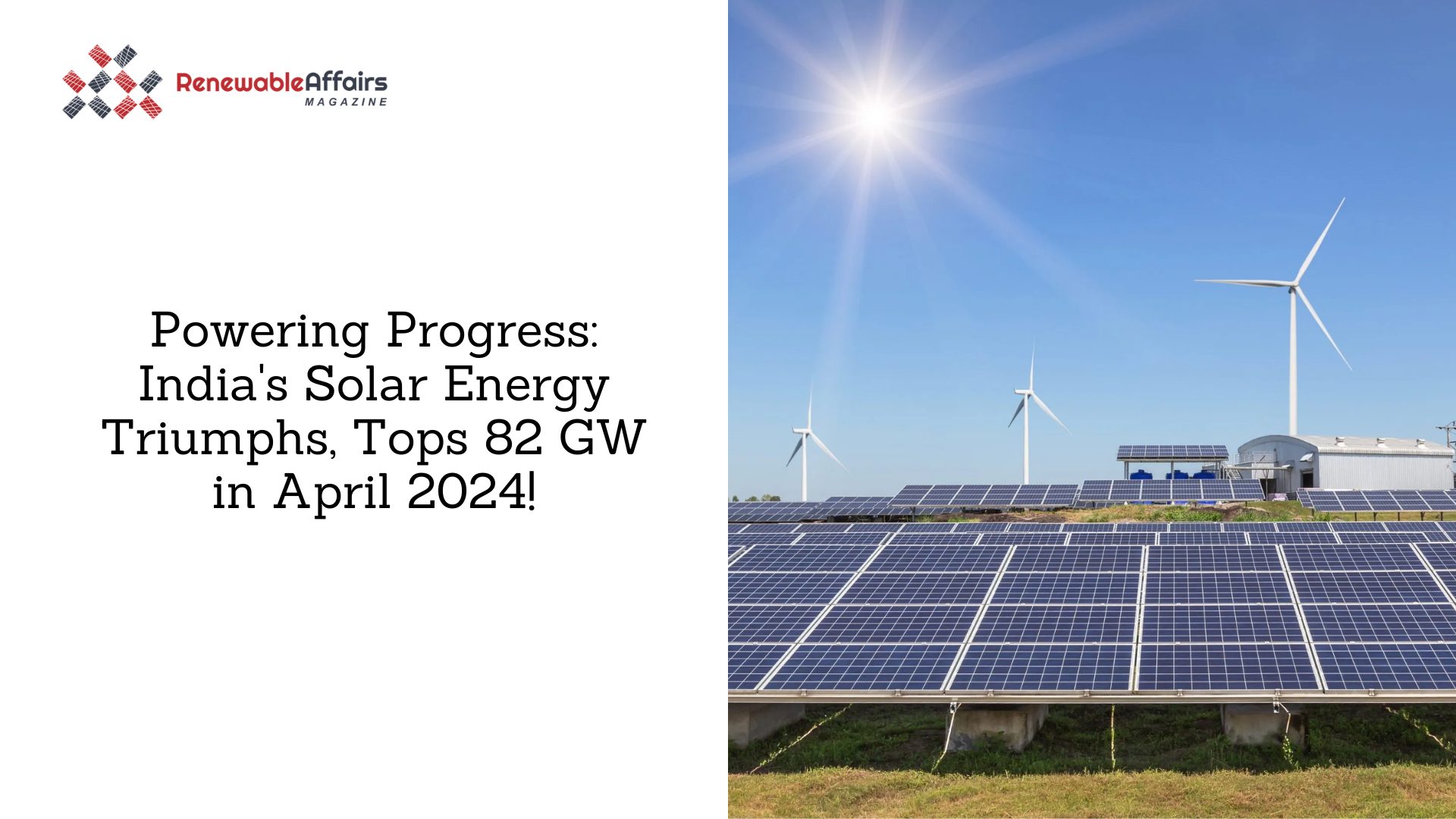
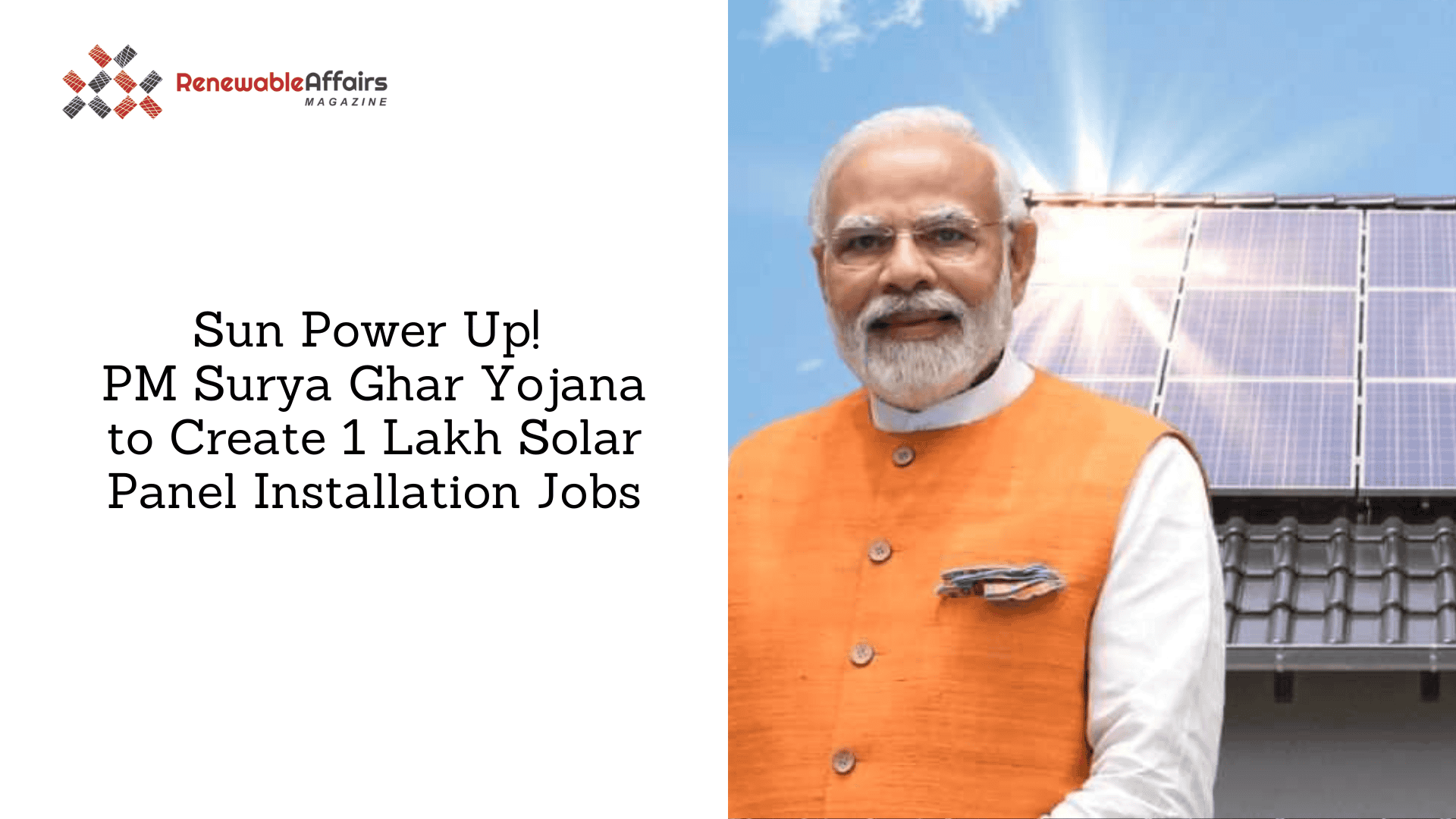







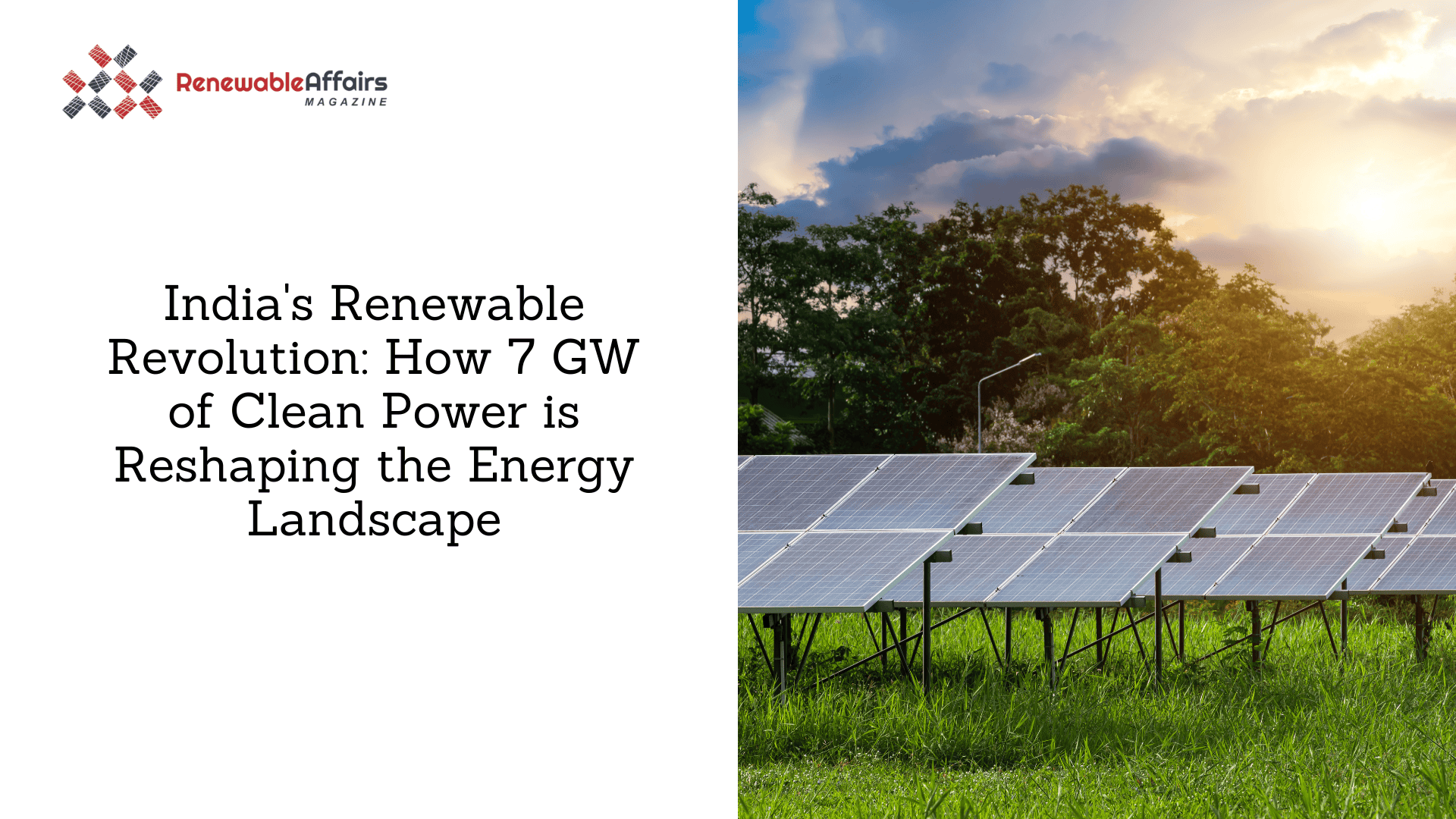


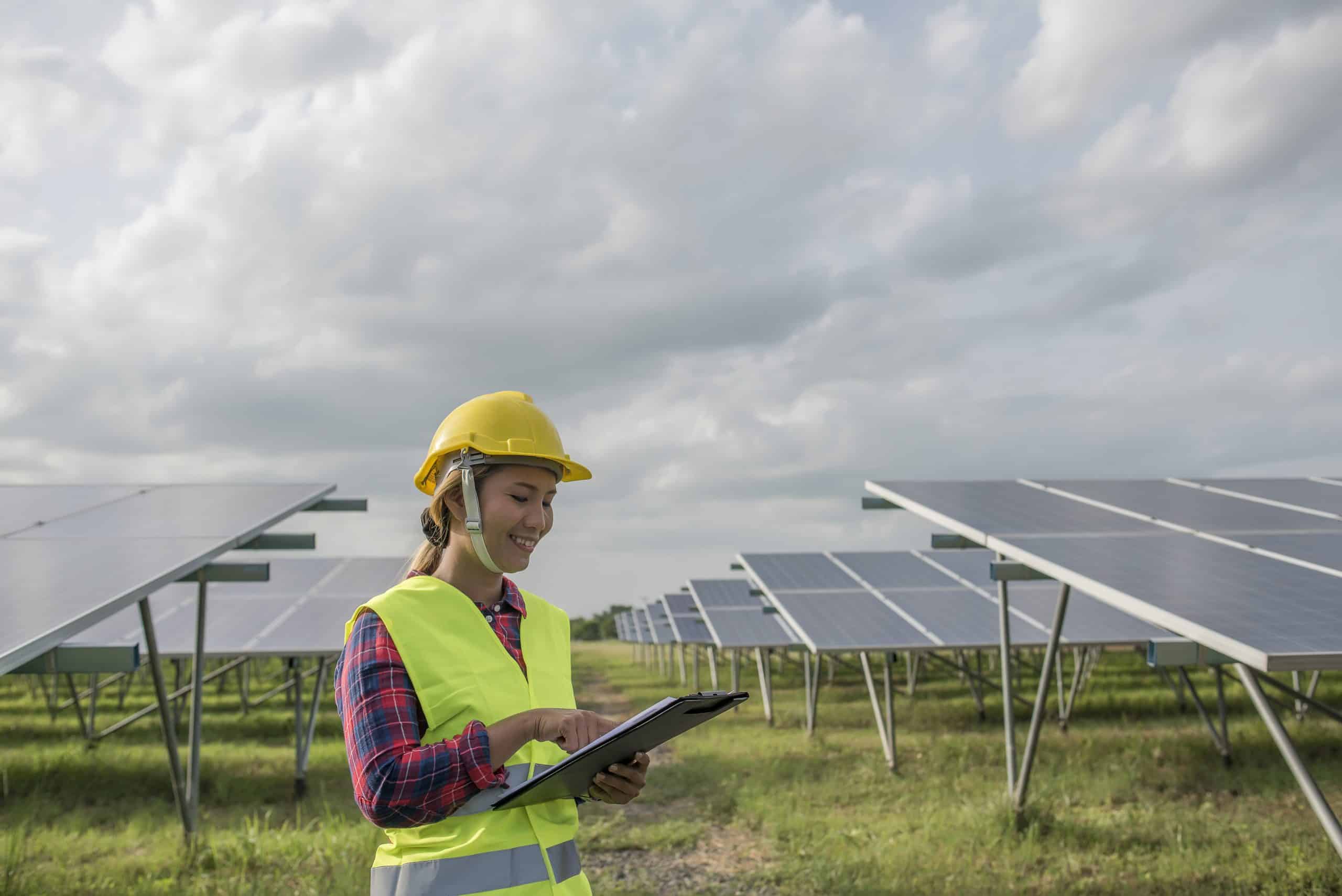

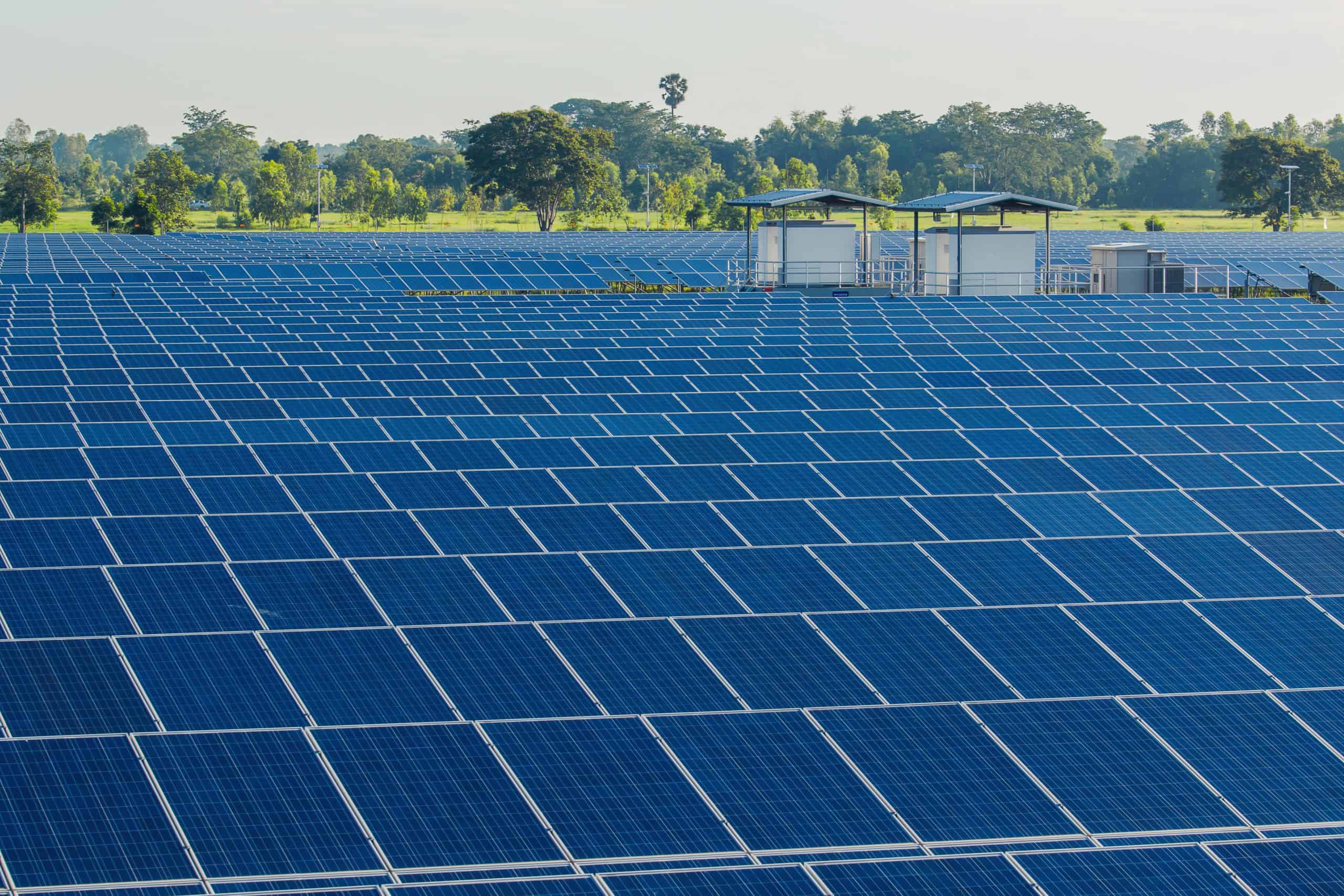








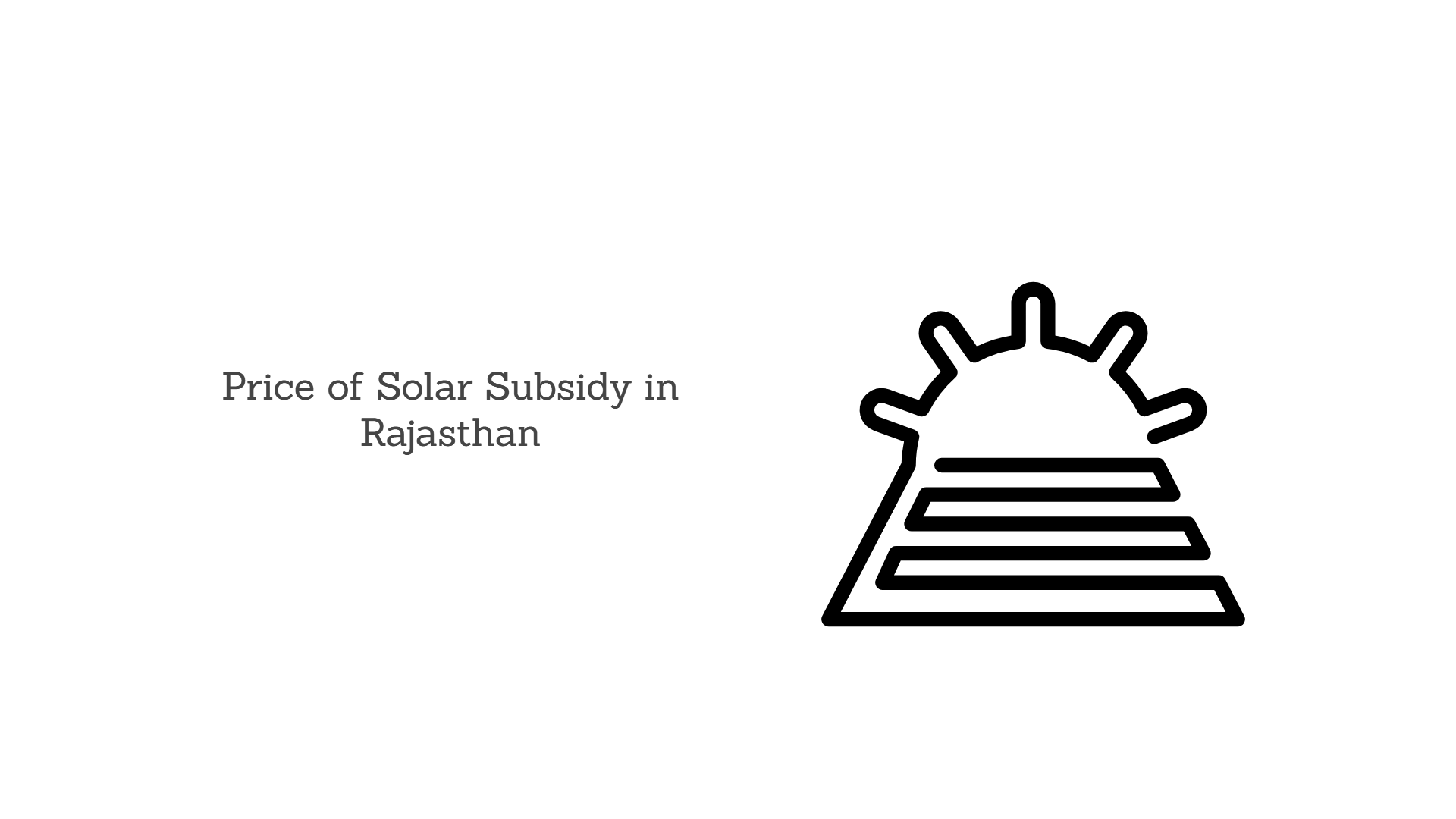
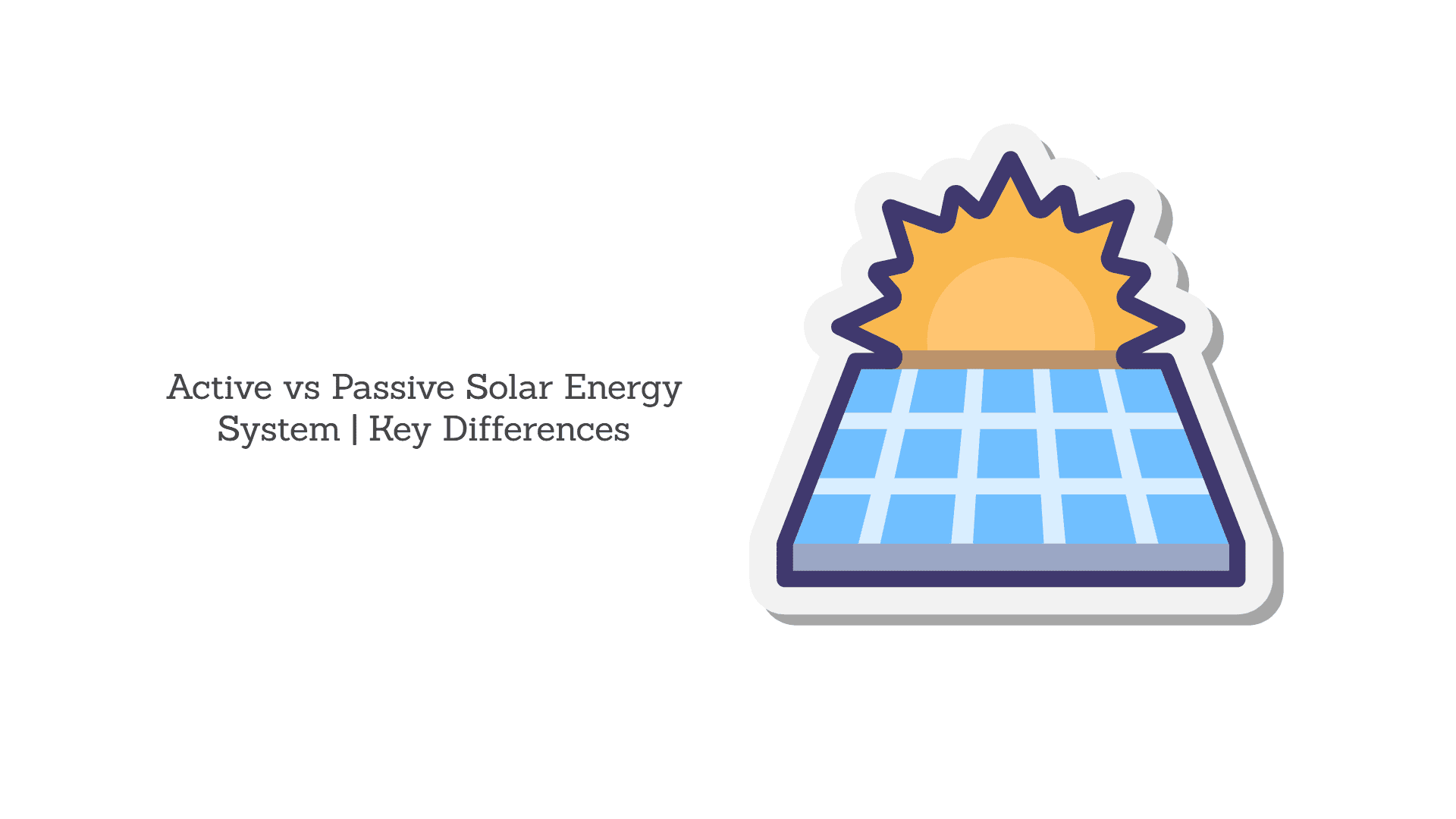

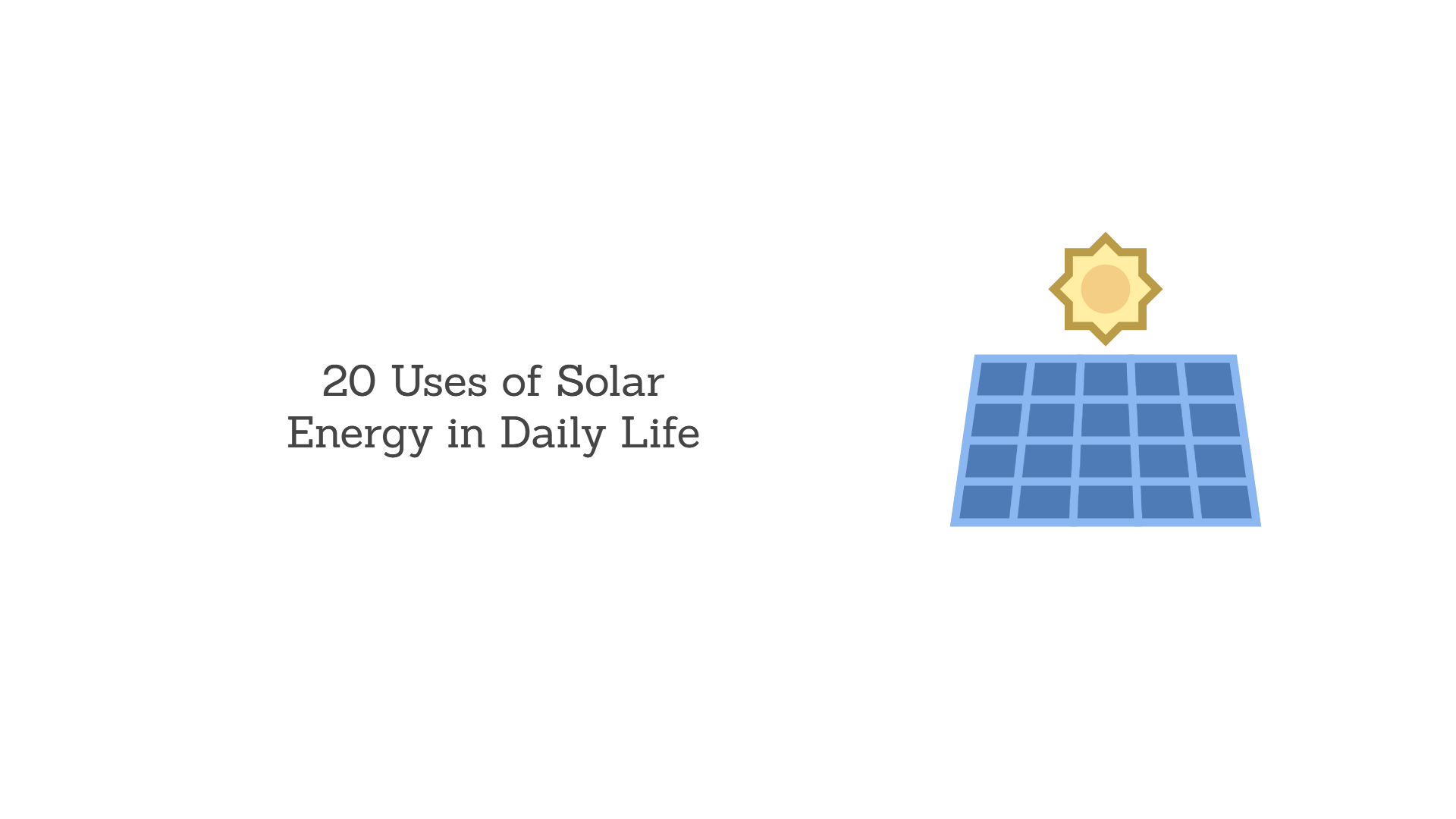




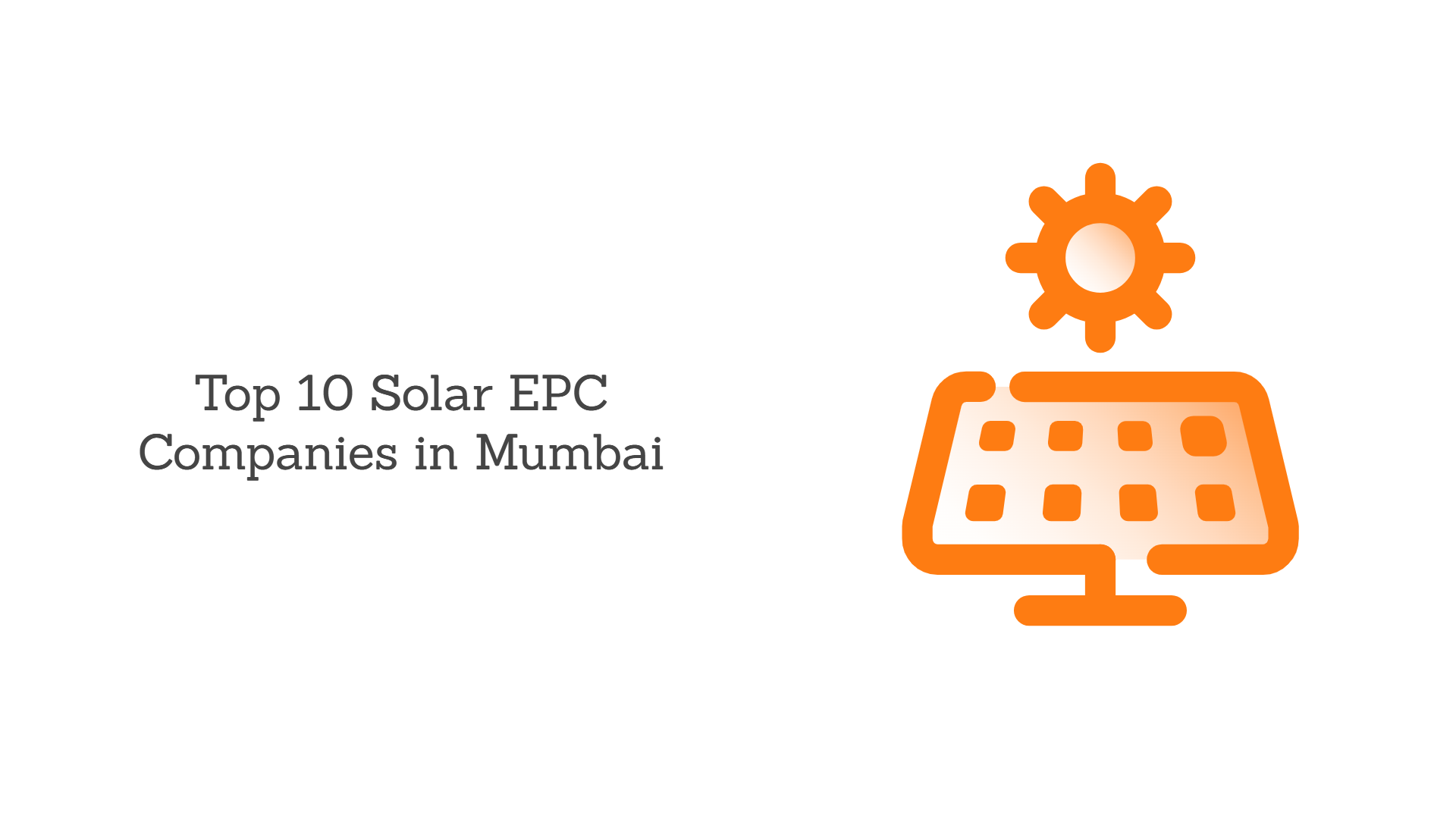
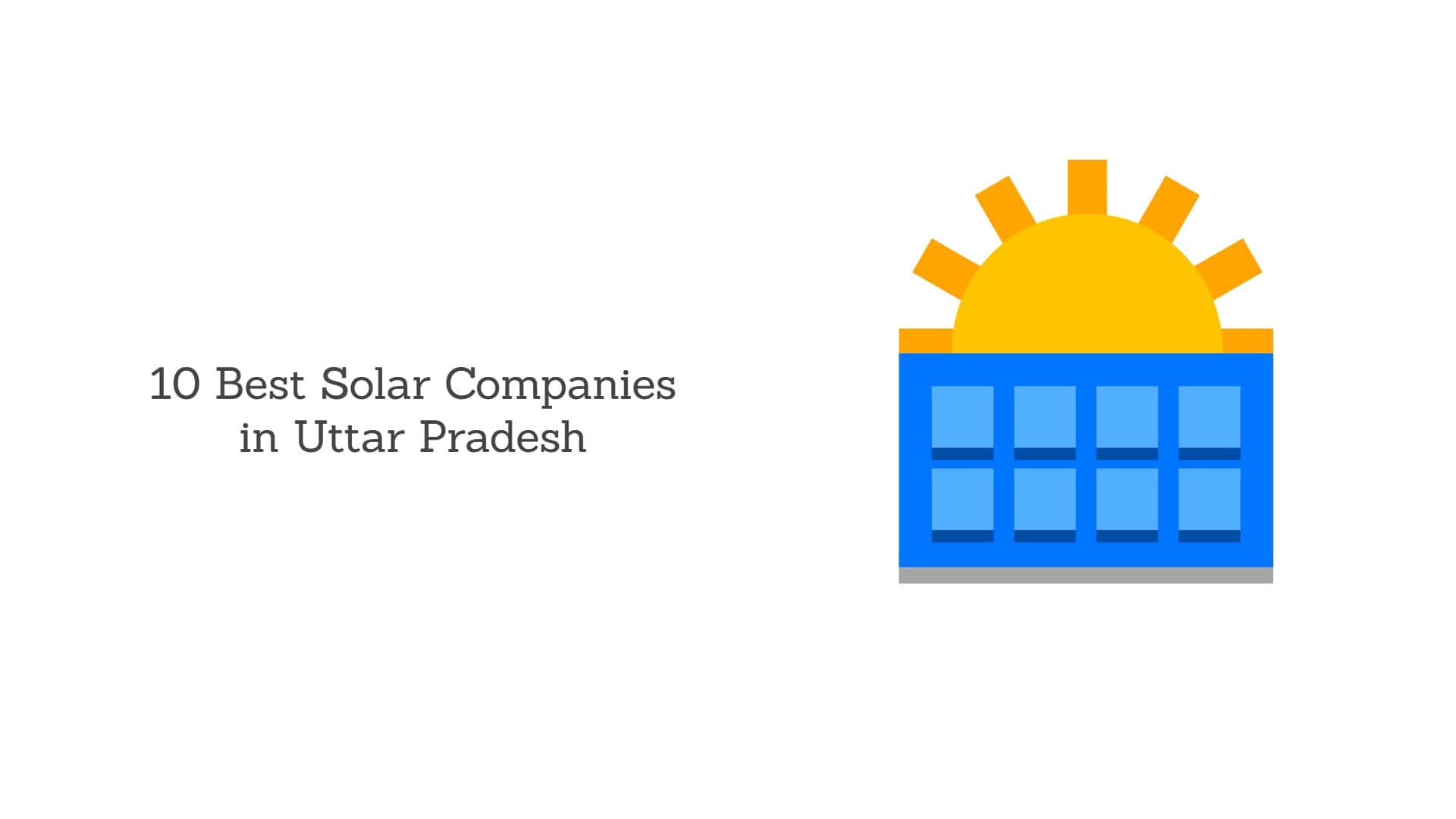


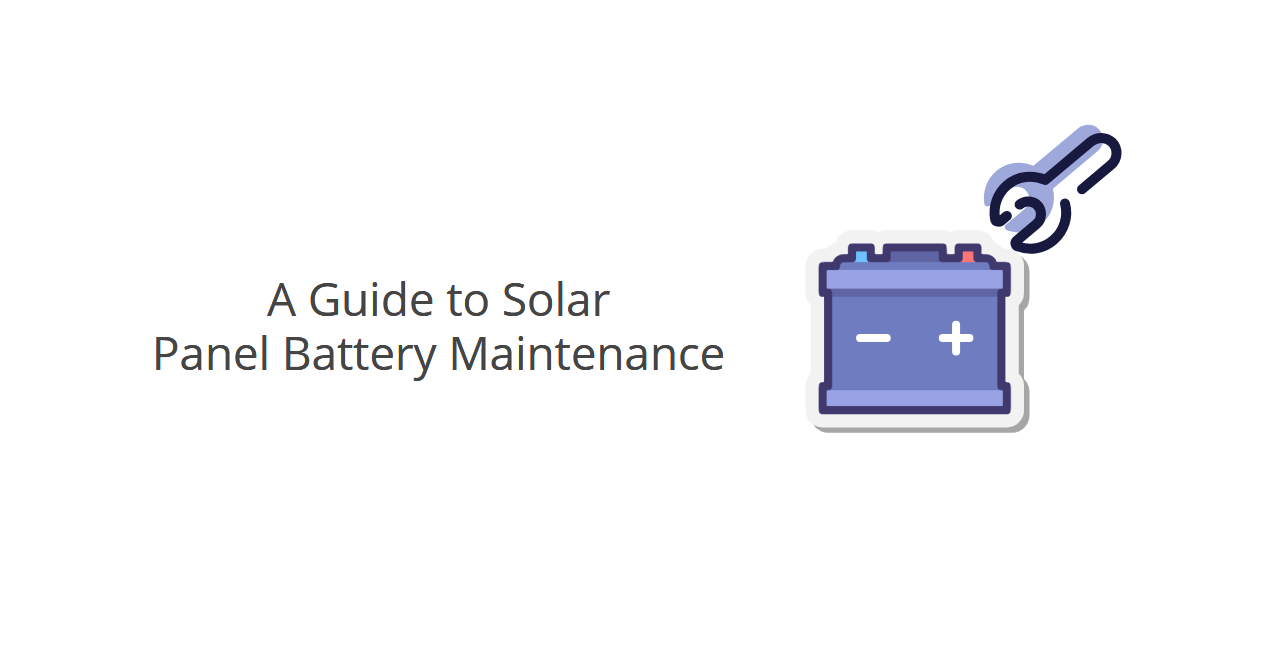
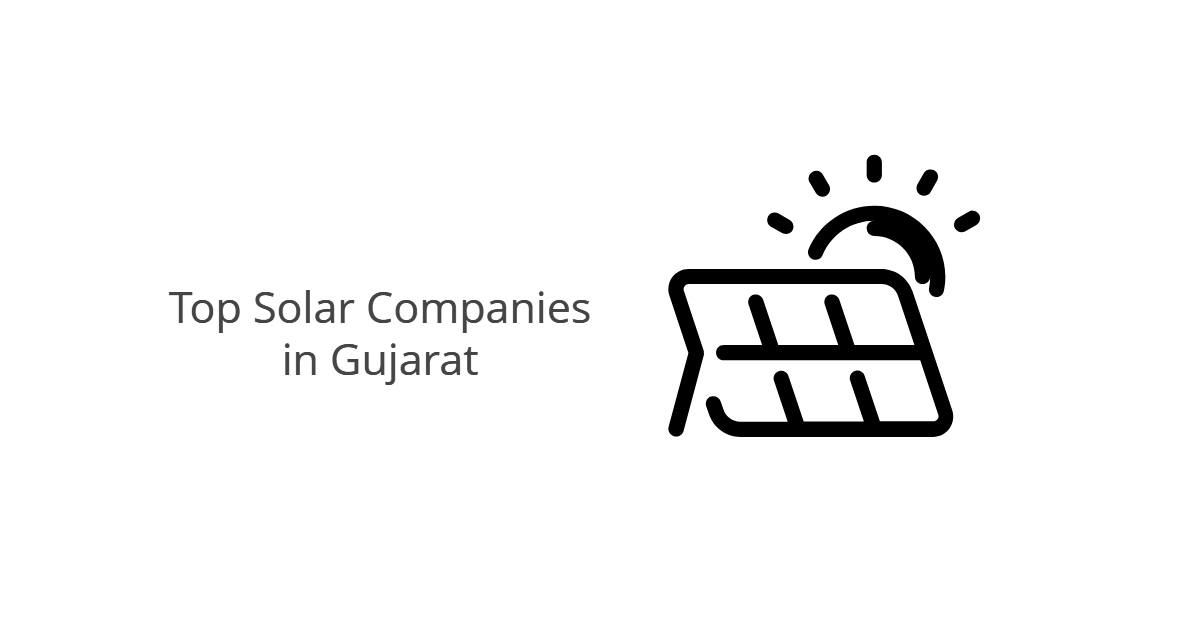


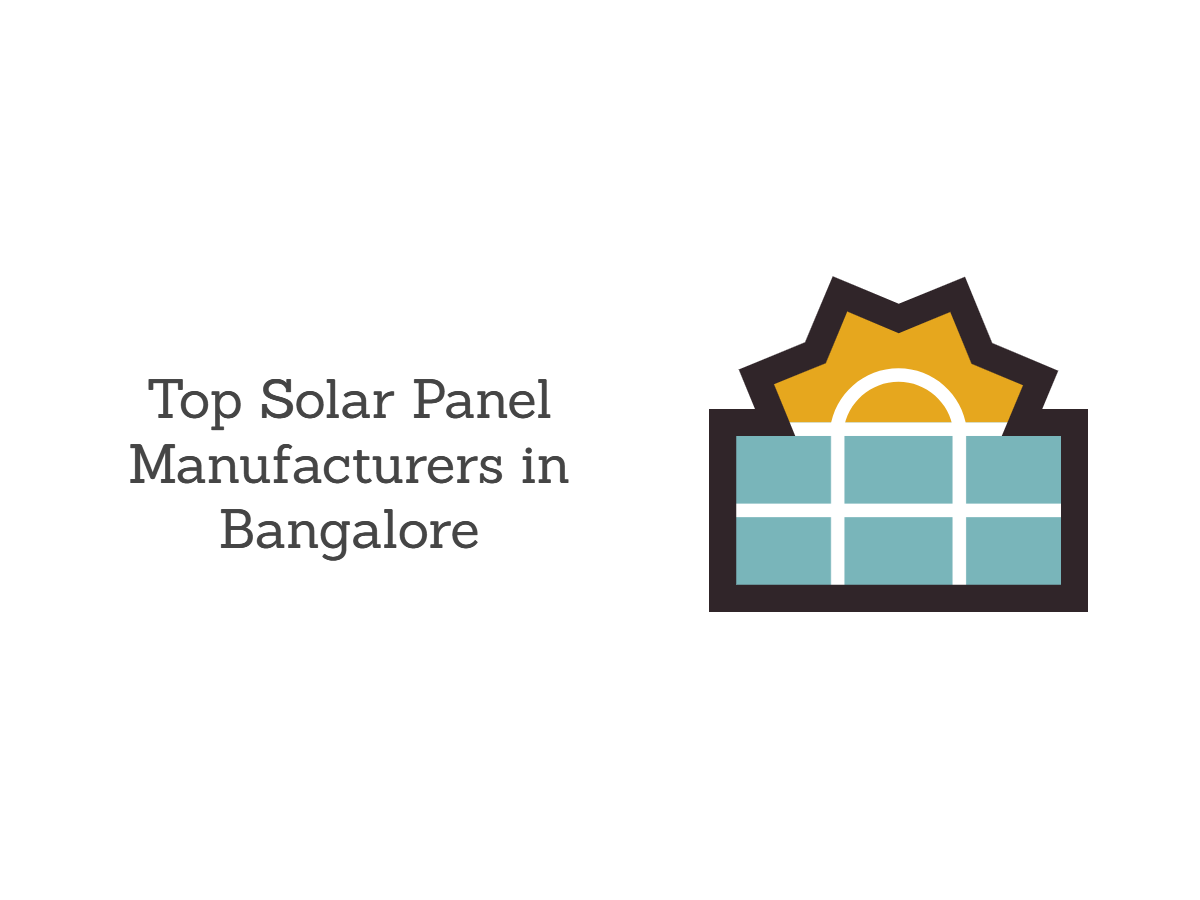

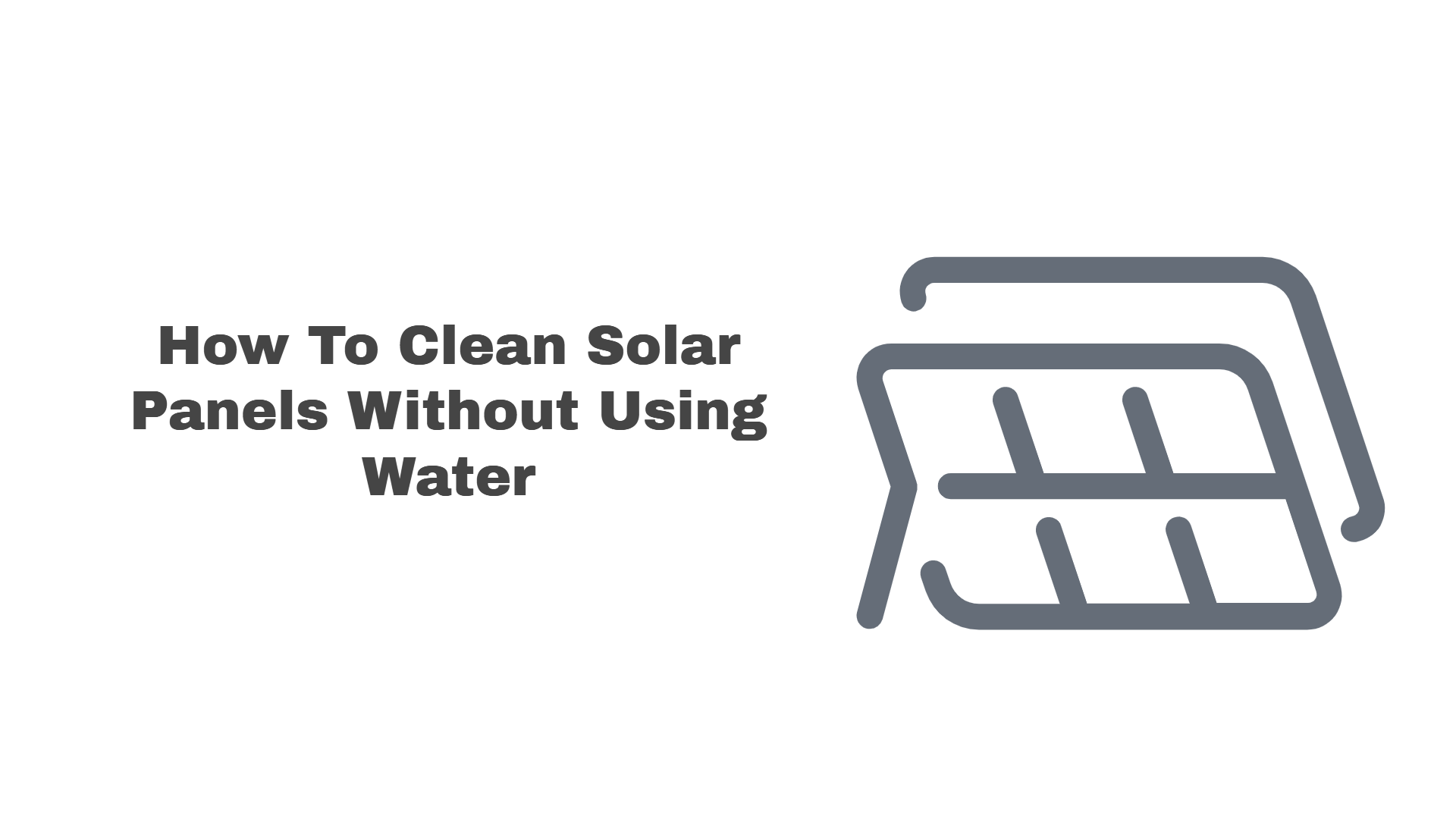
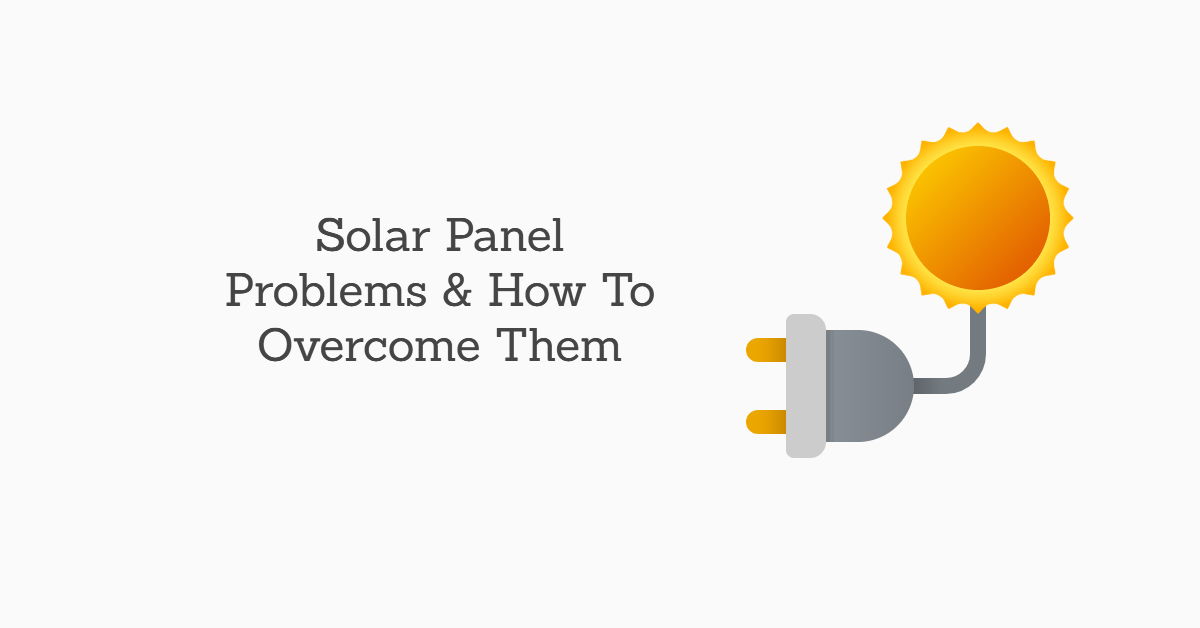

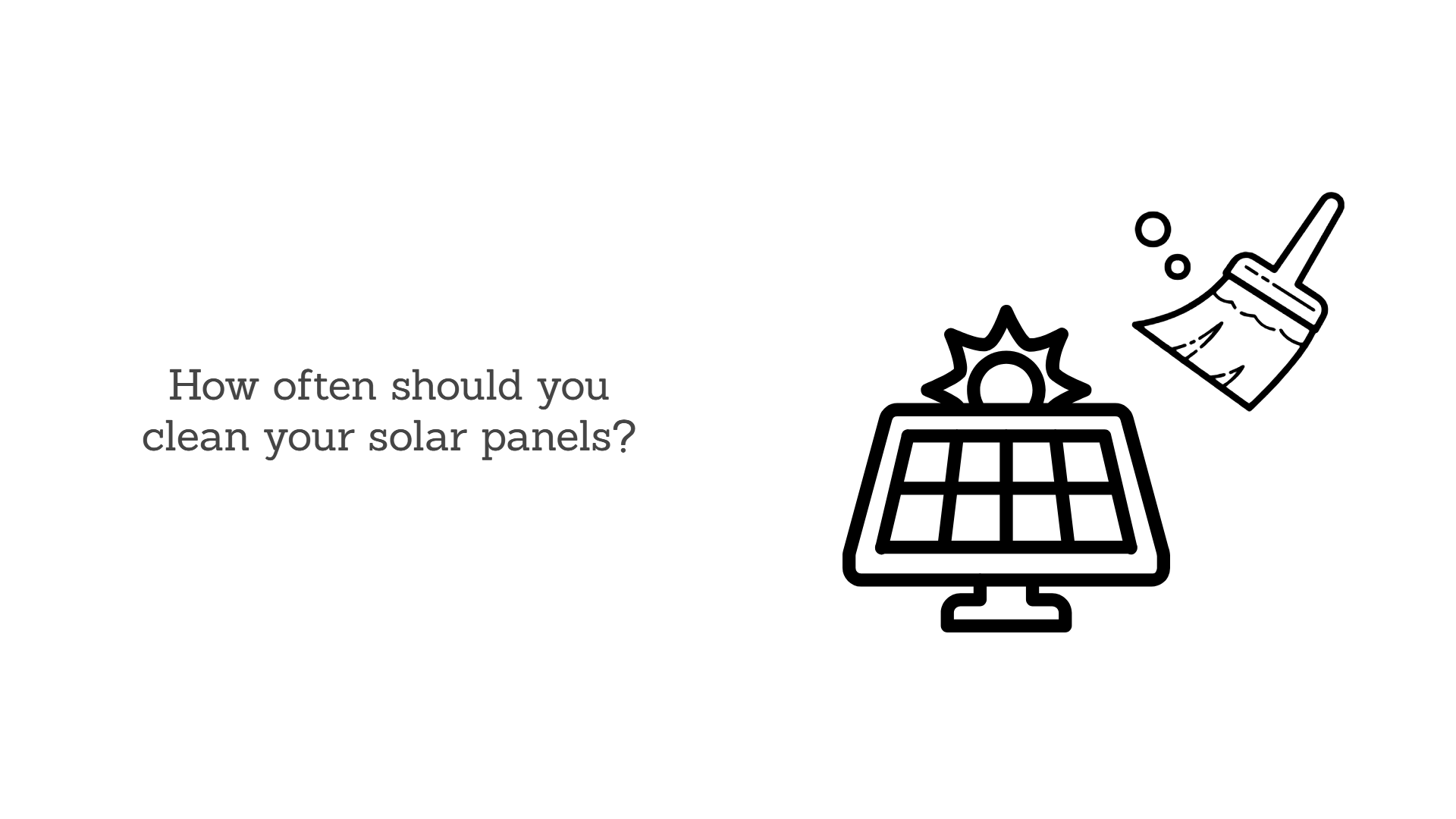
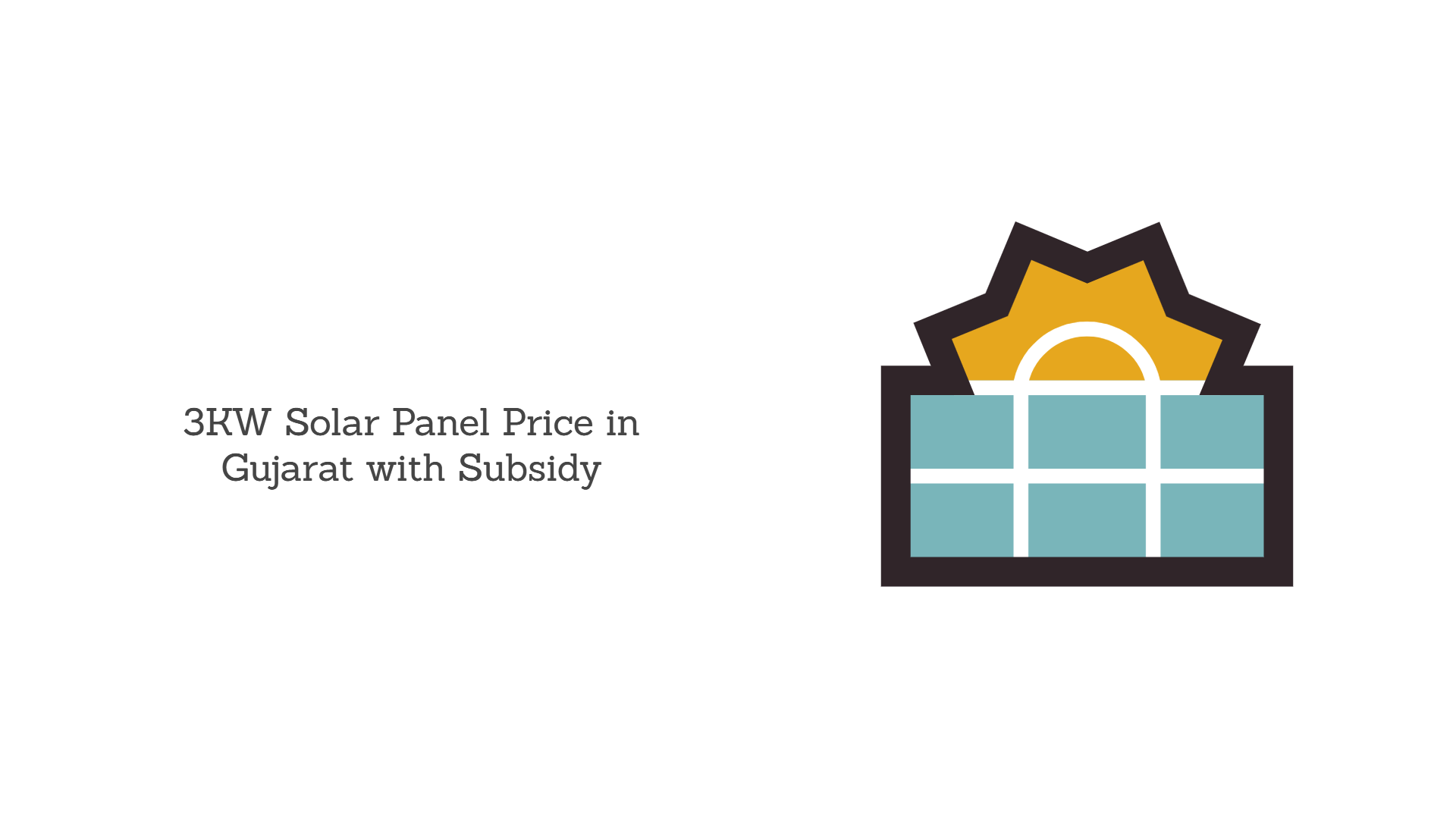


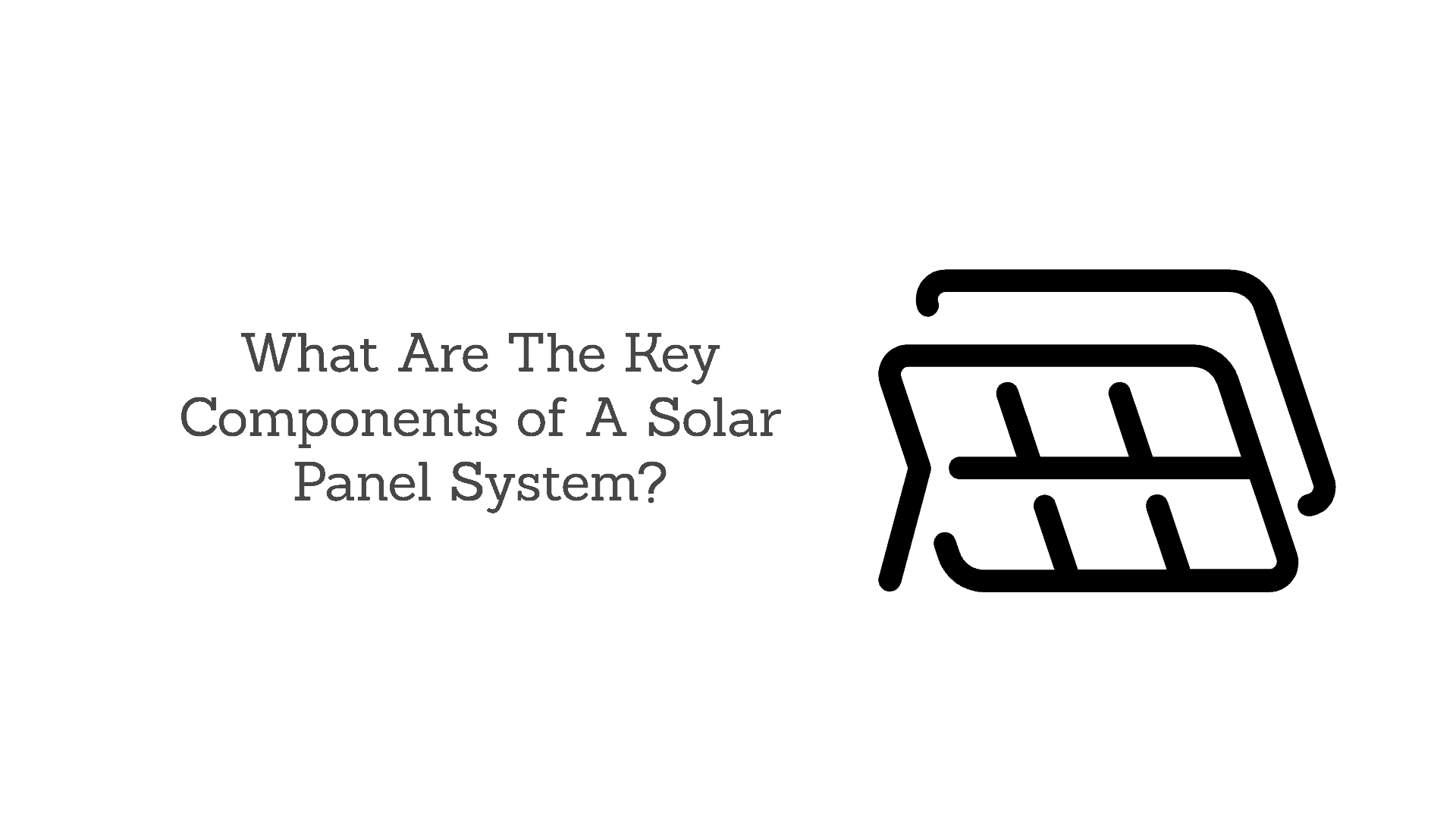






0 Comments